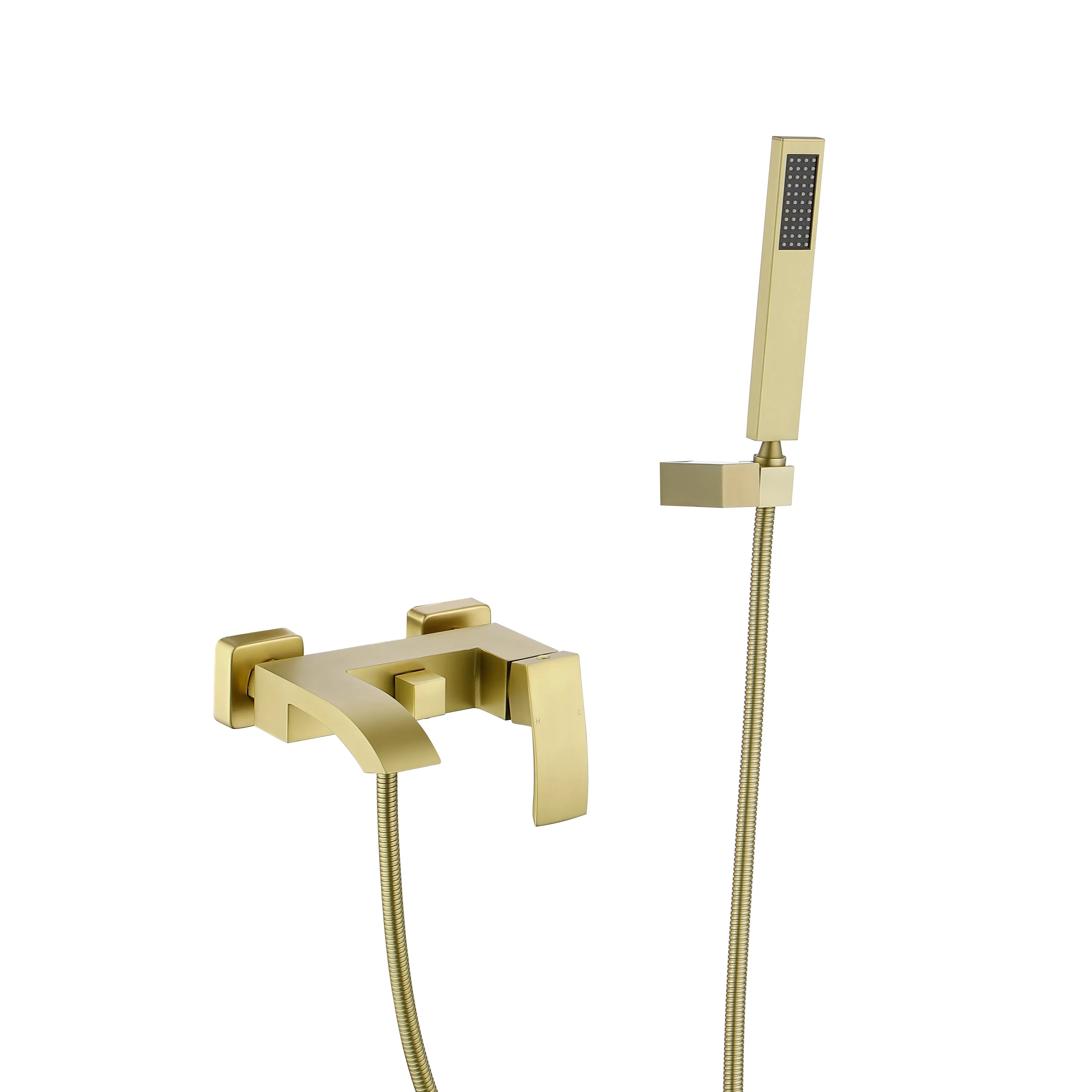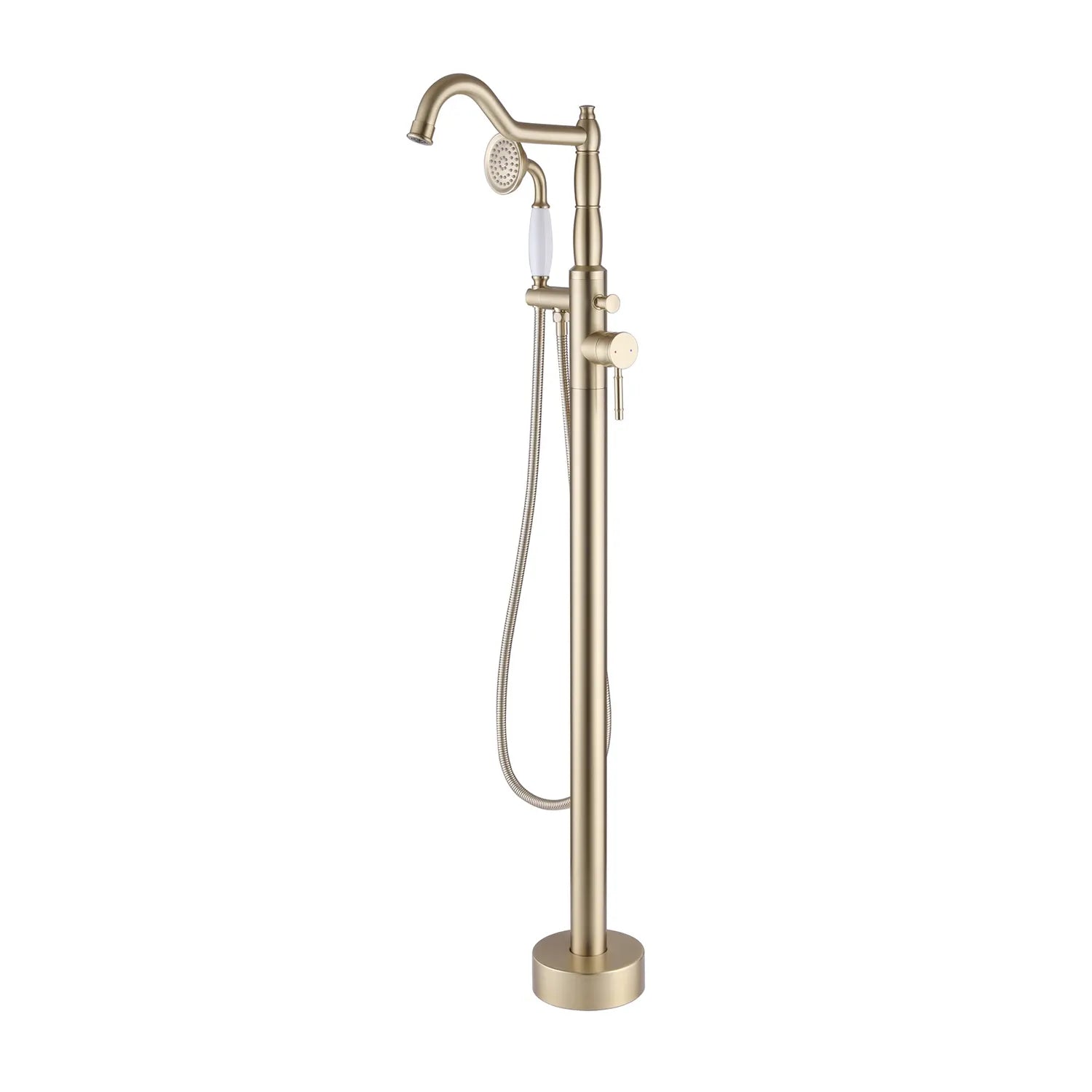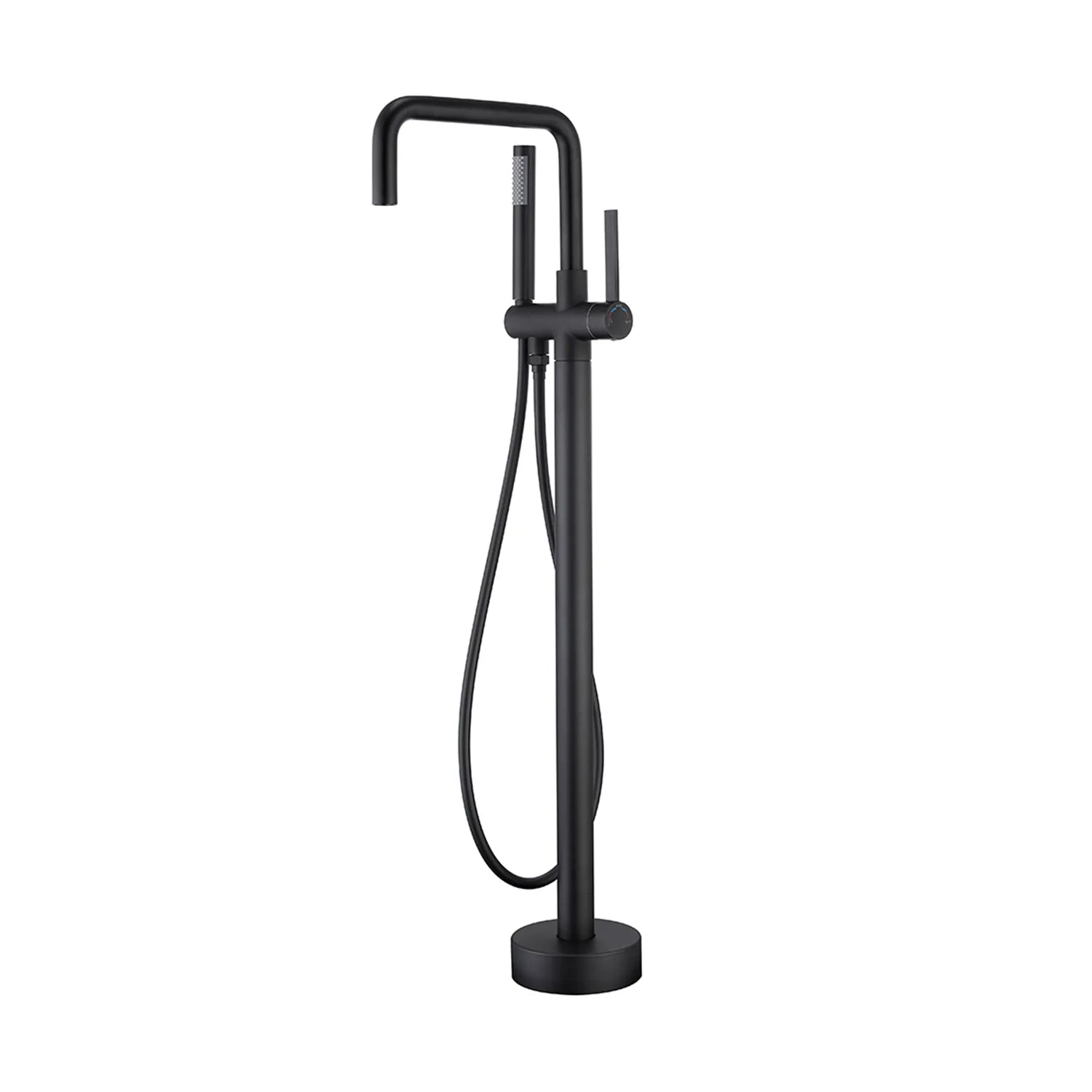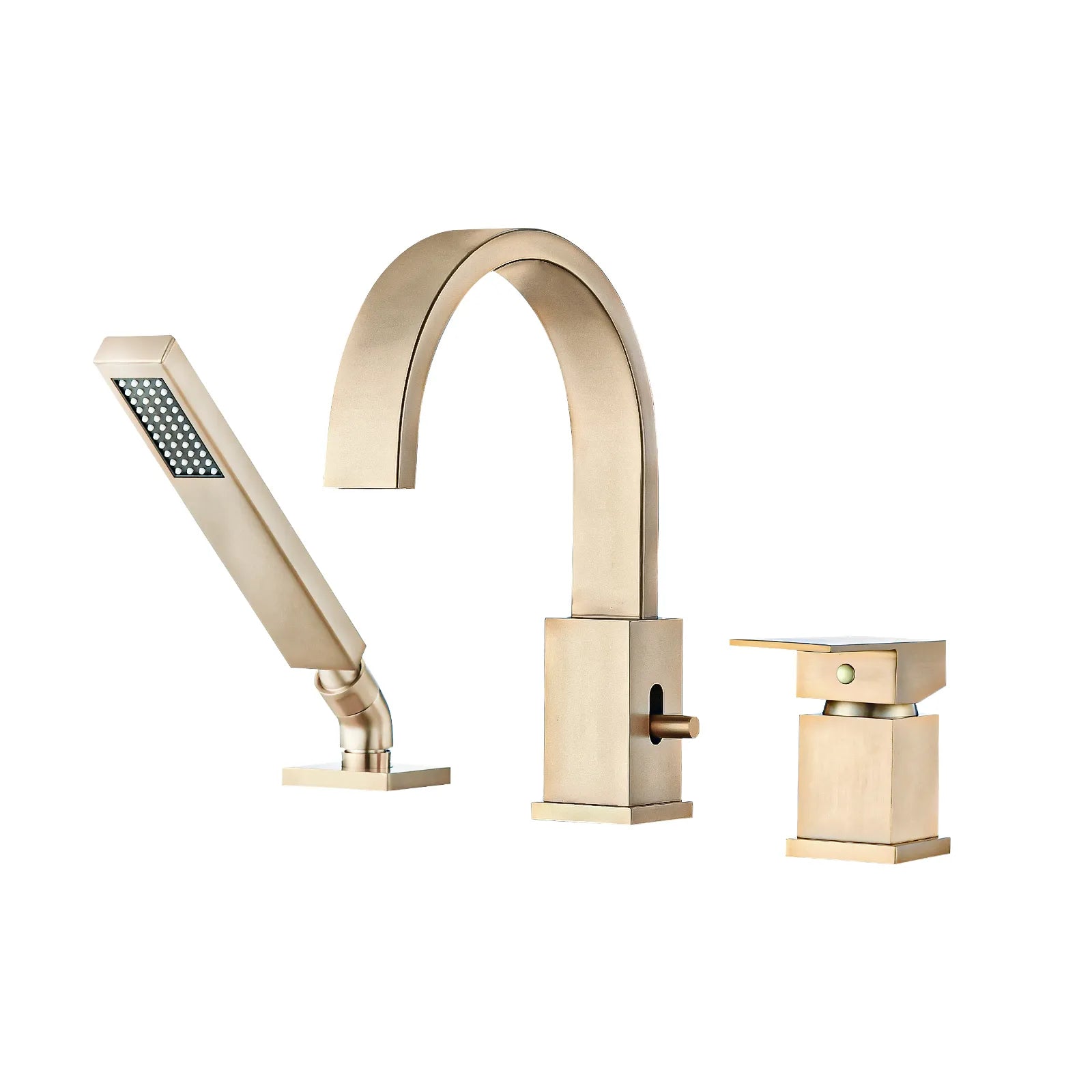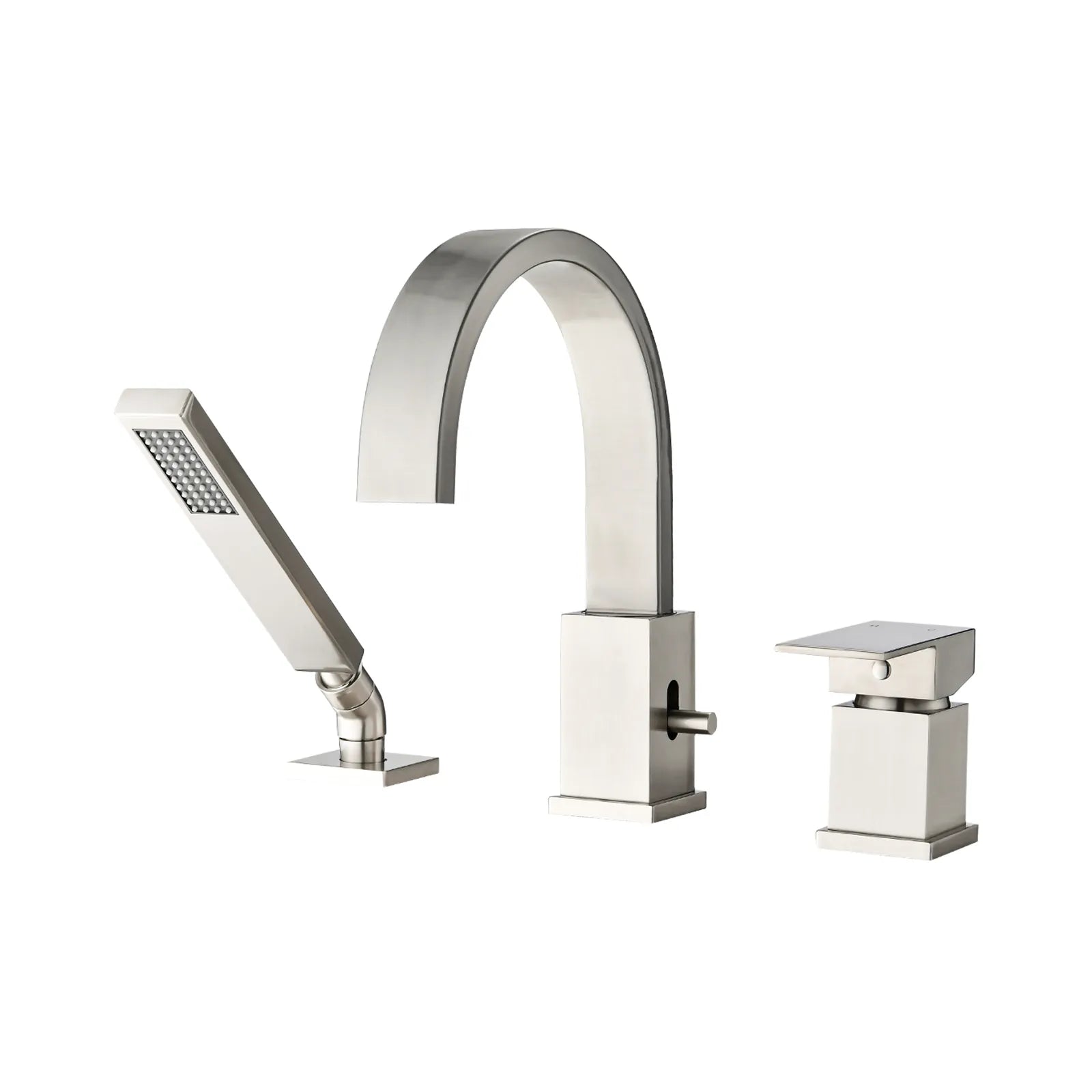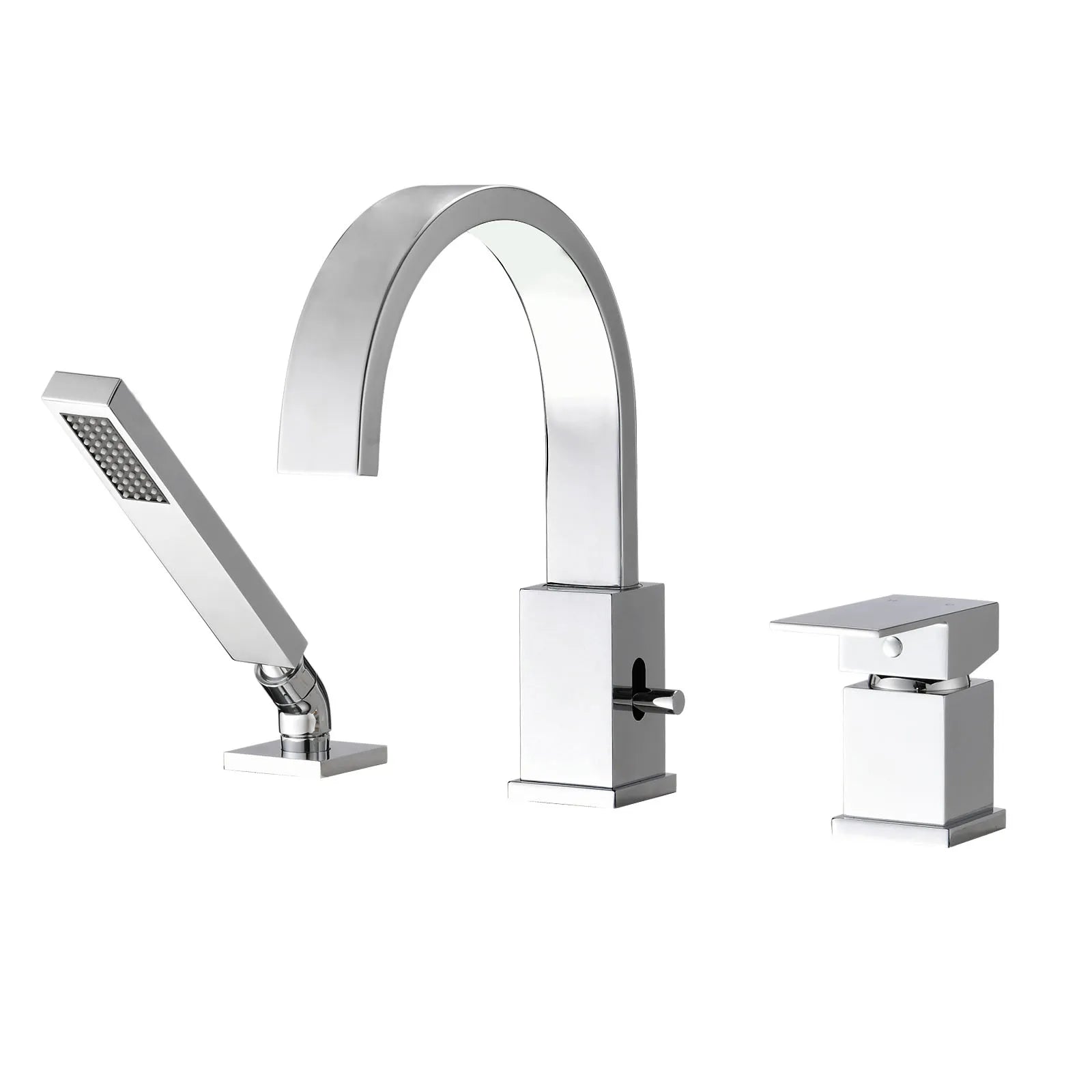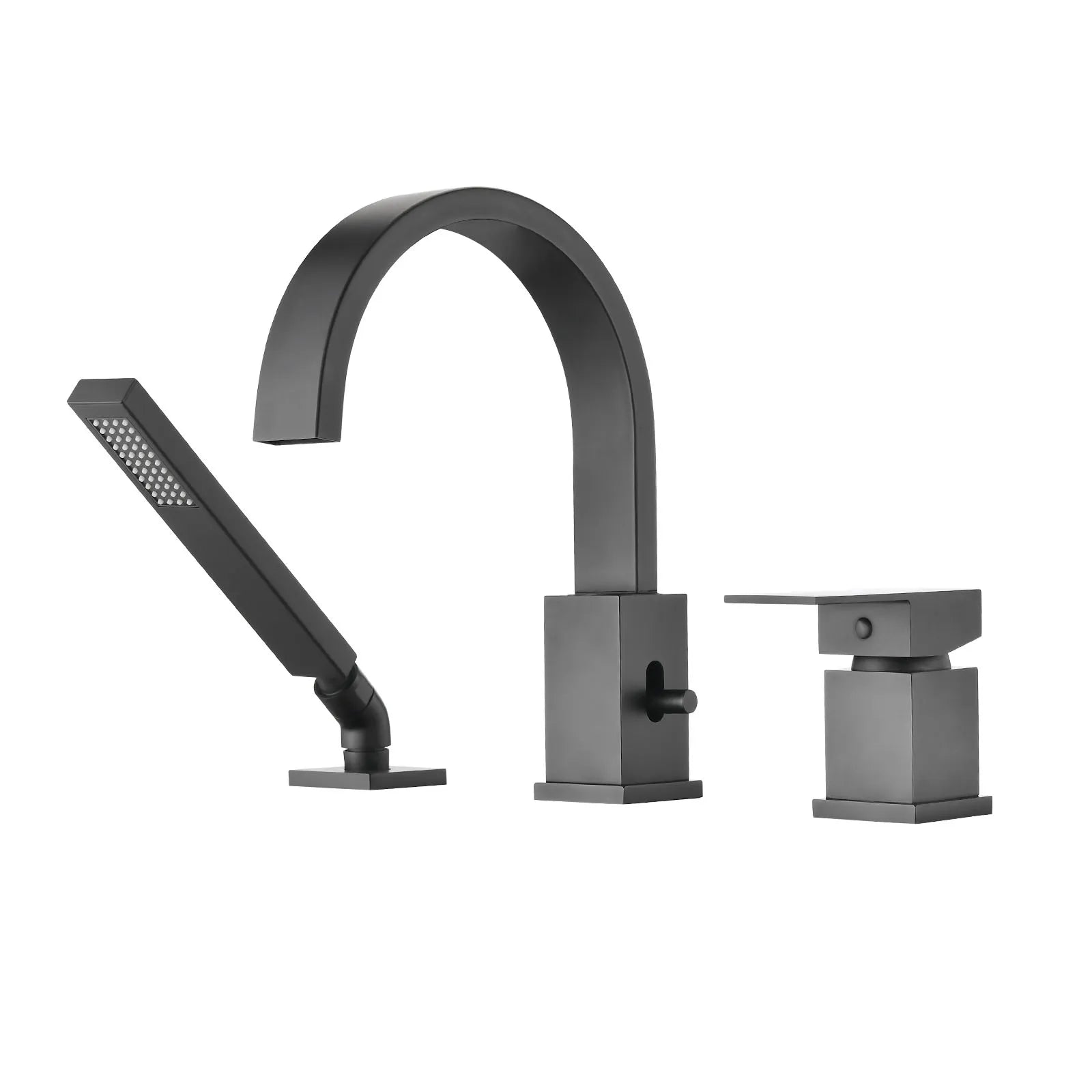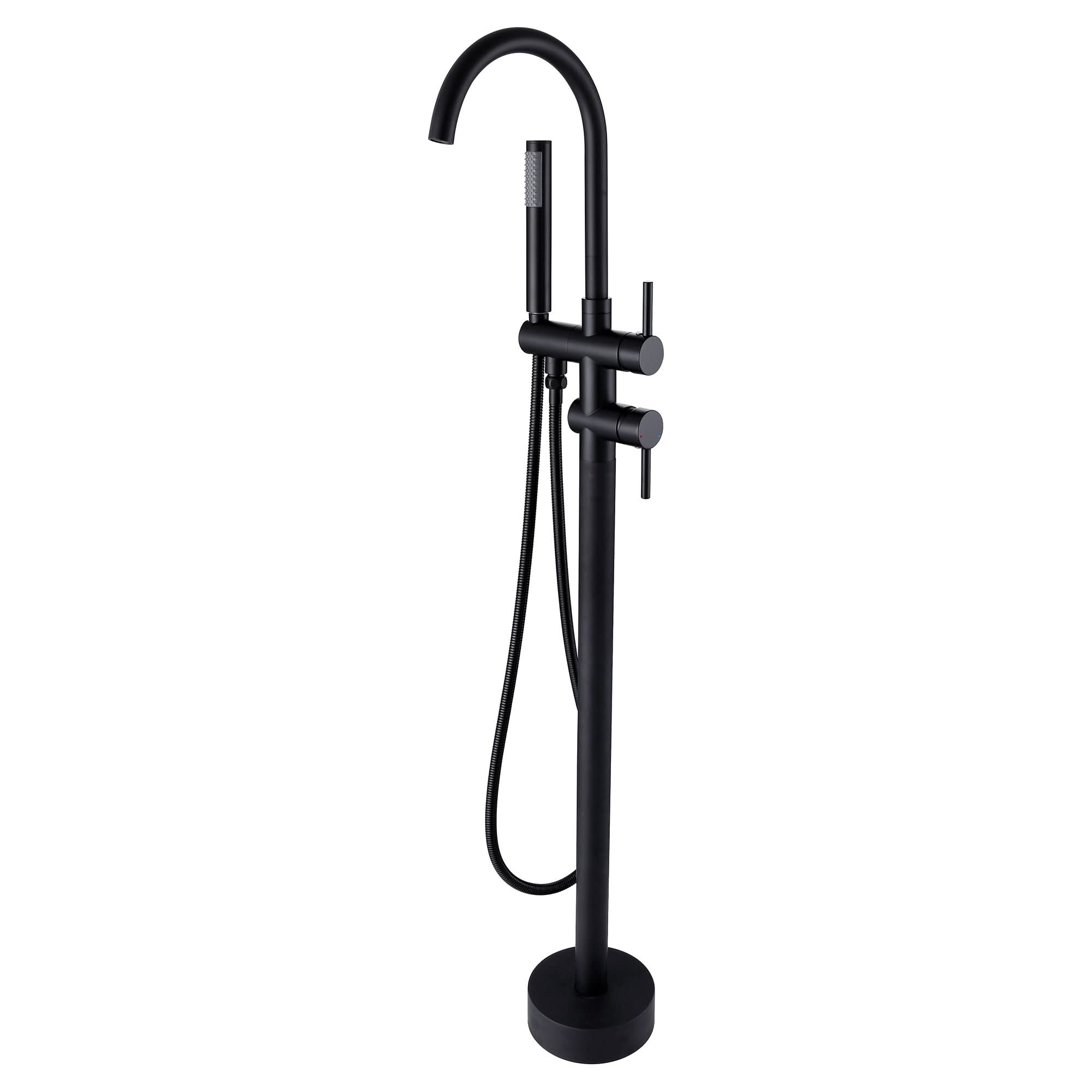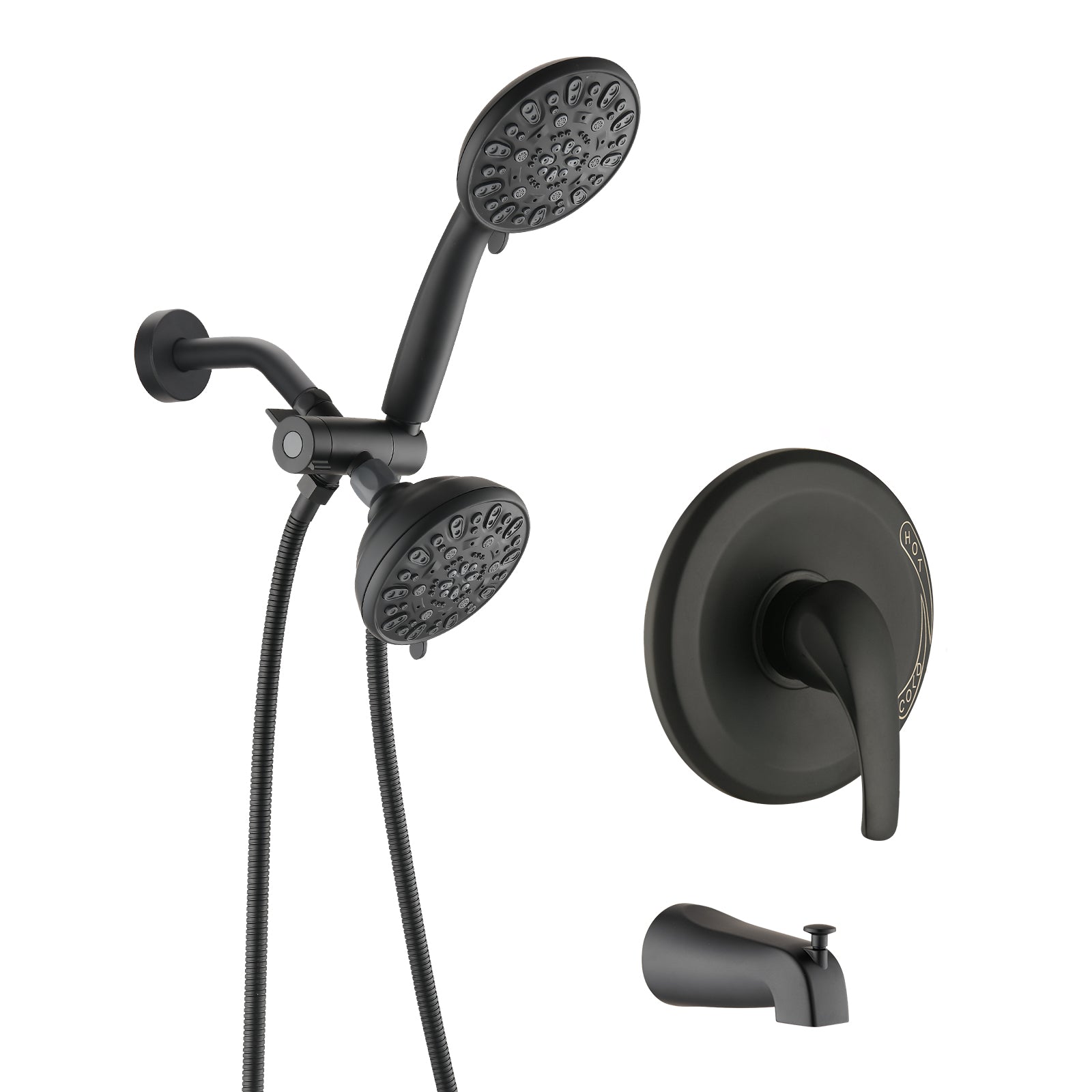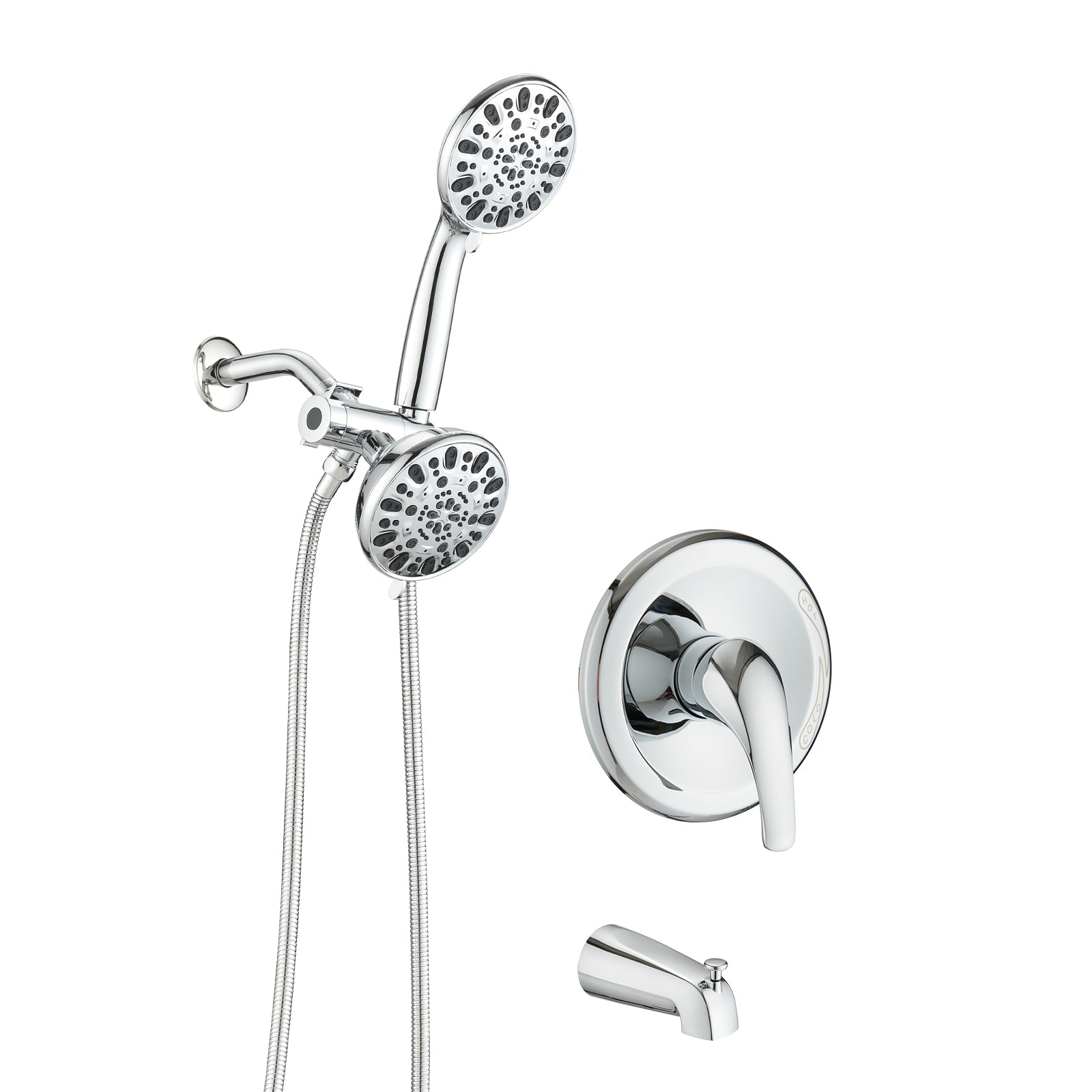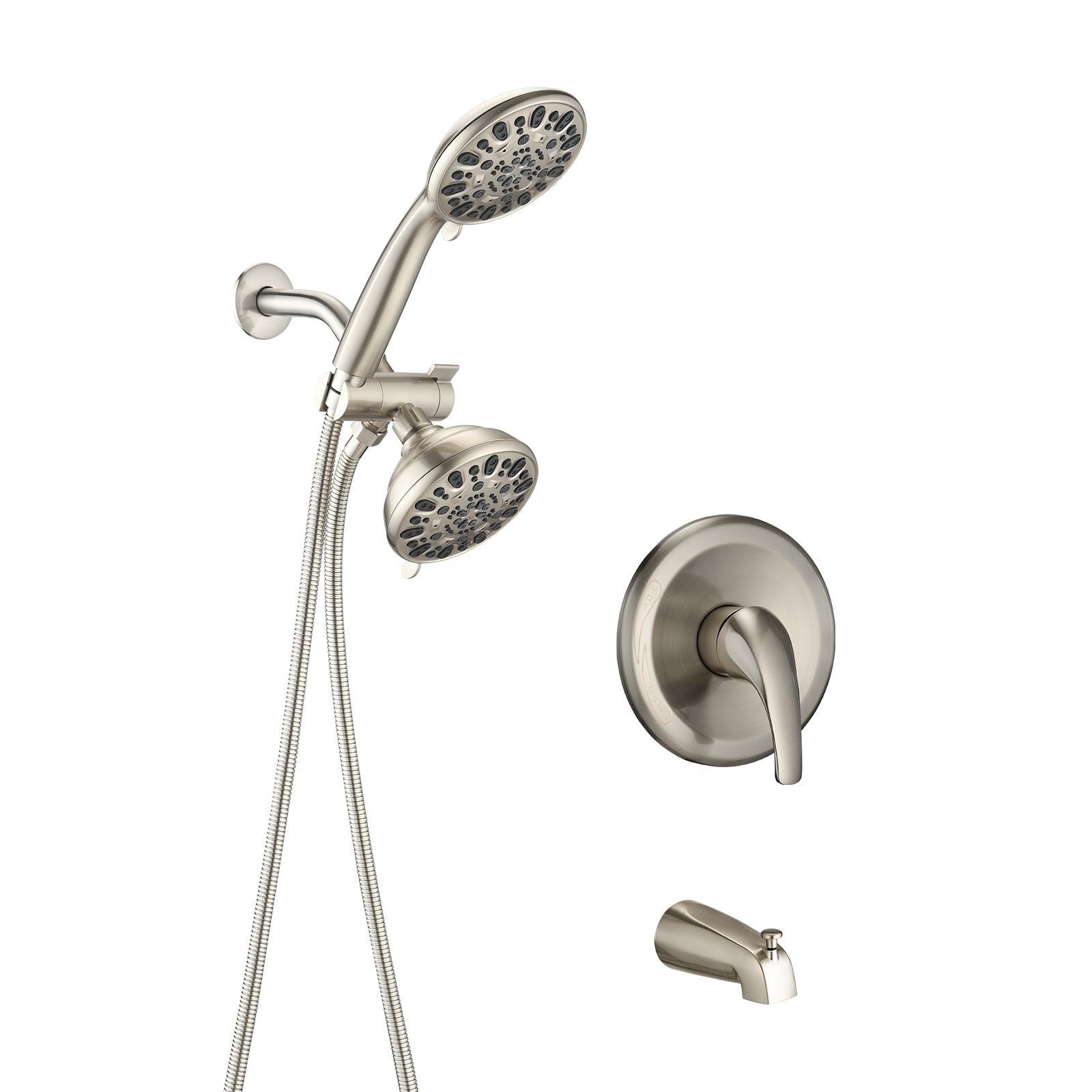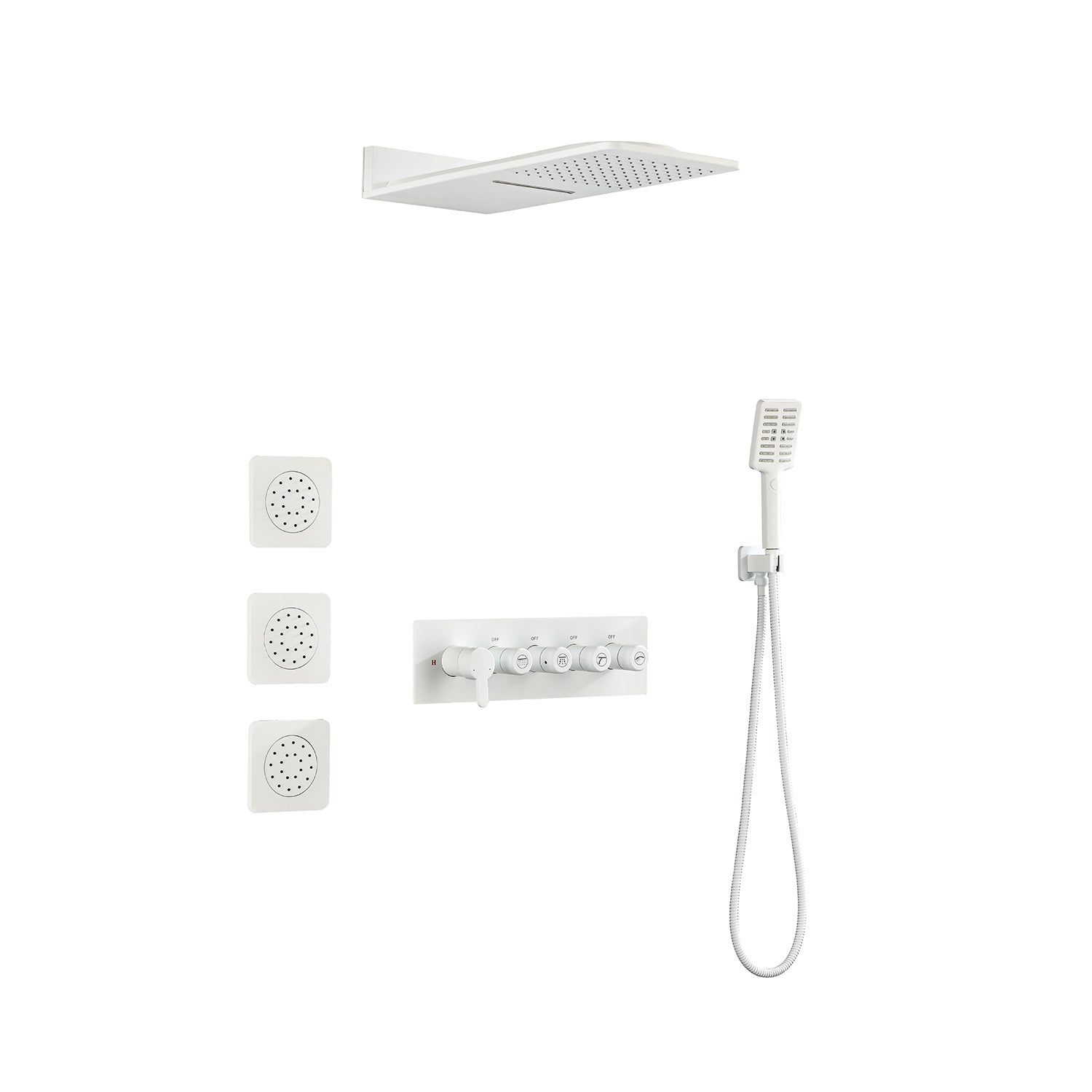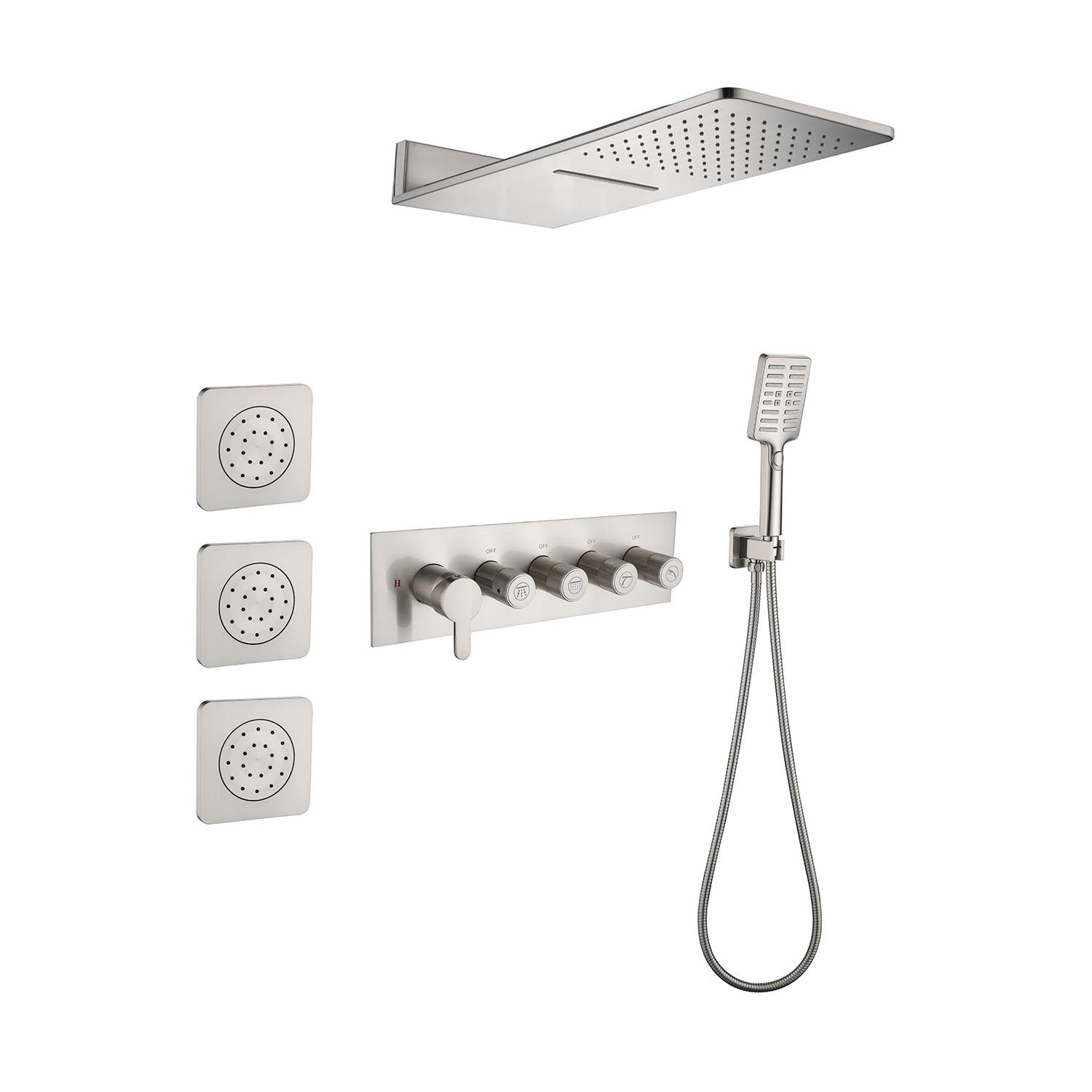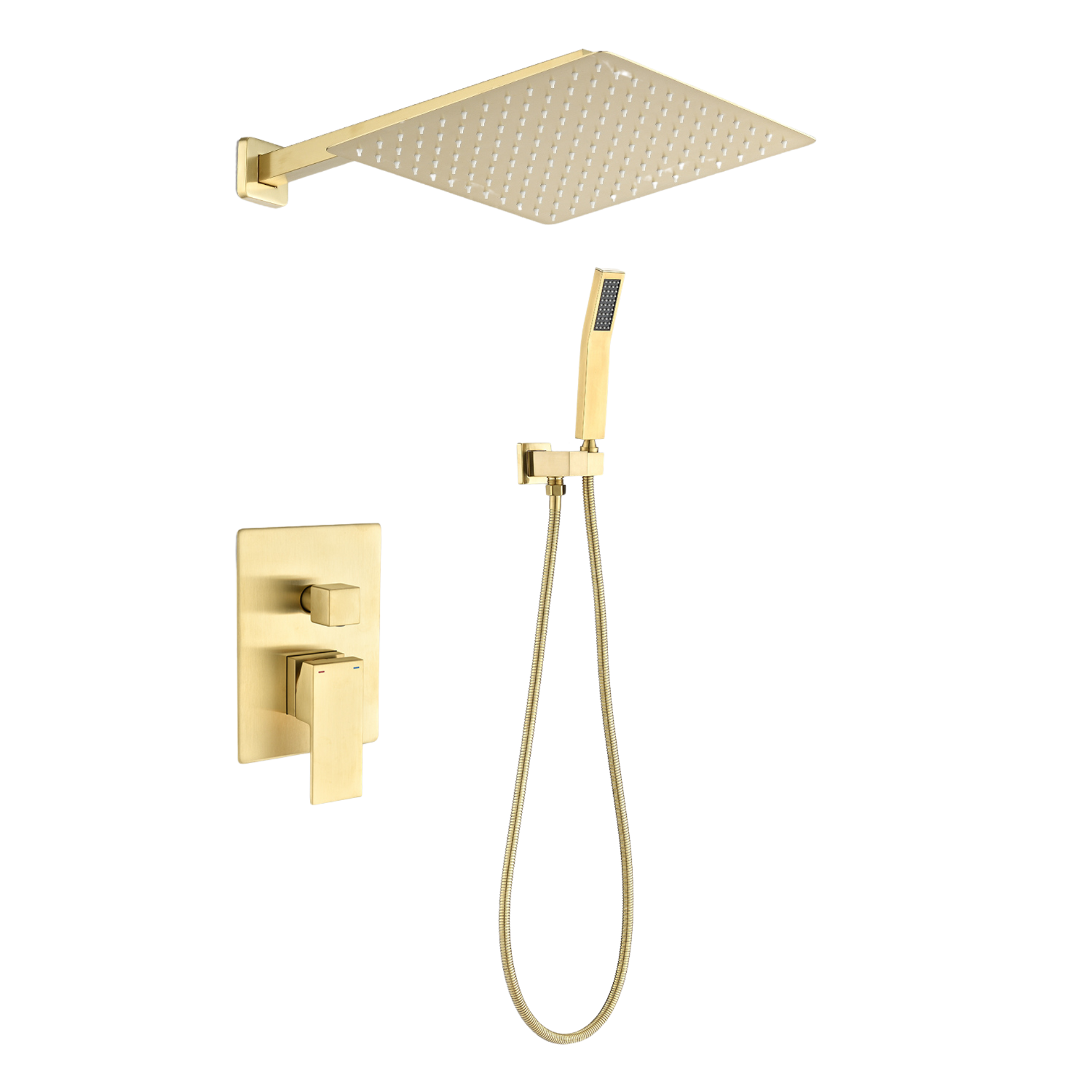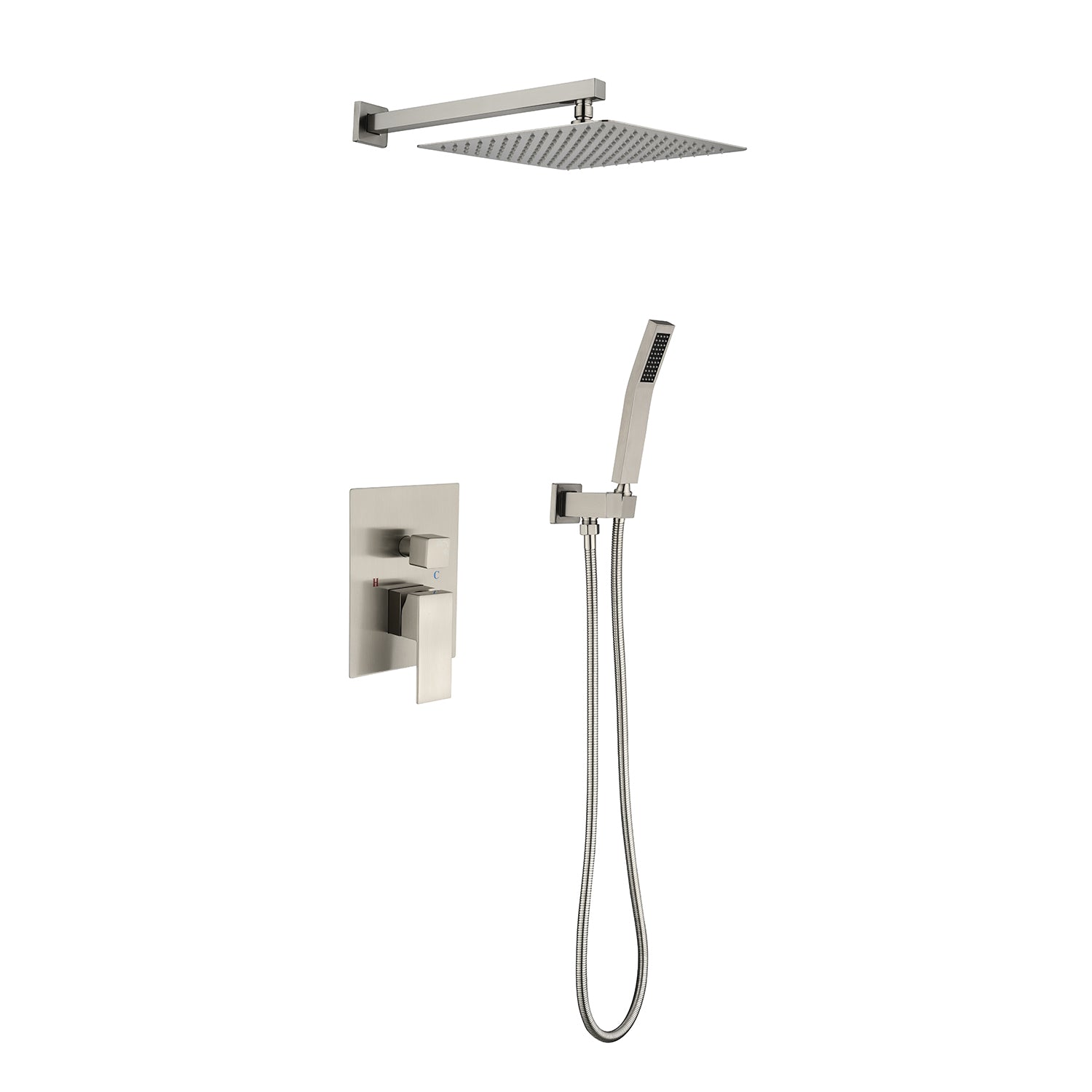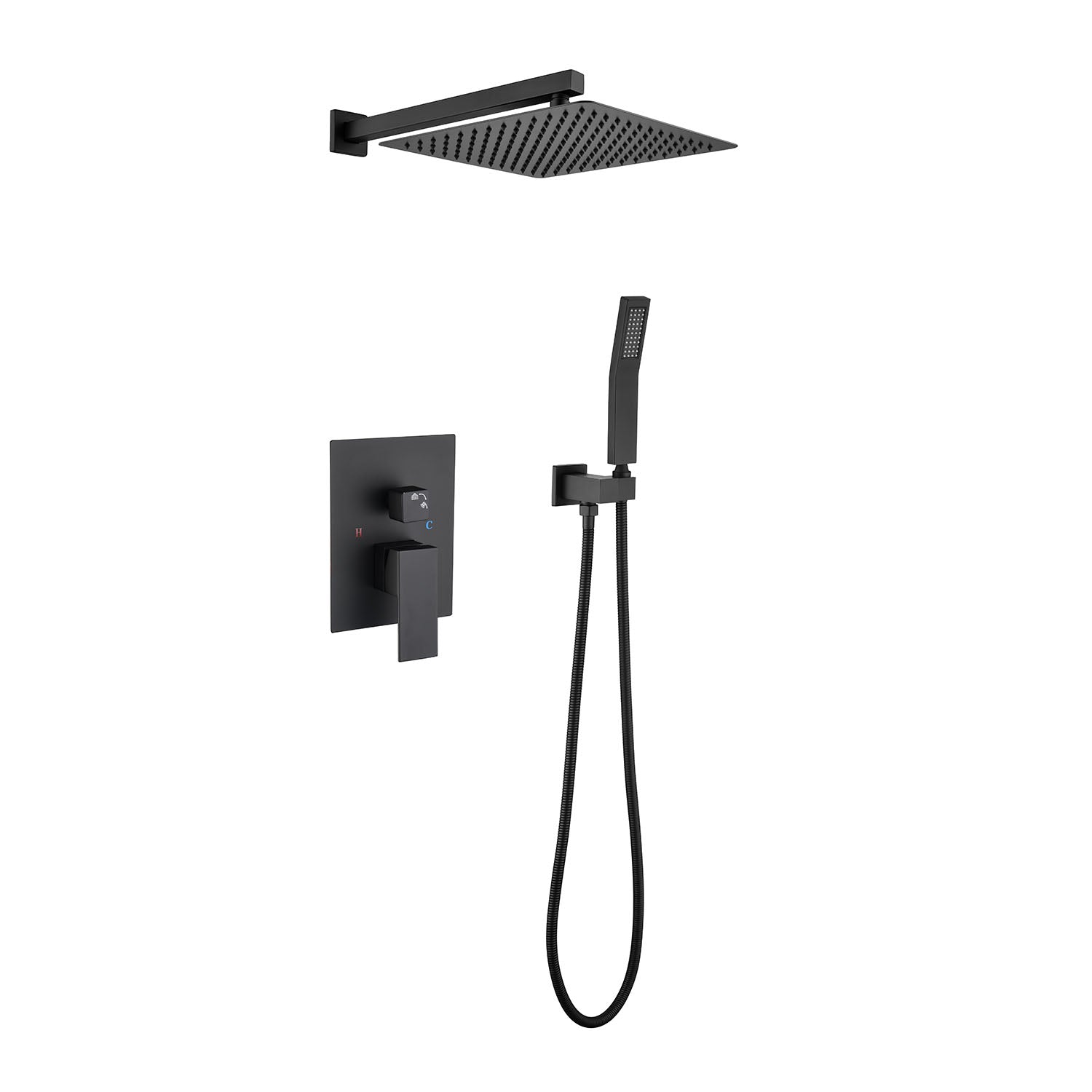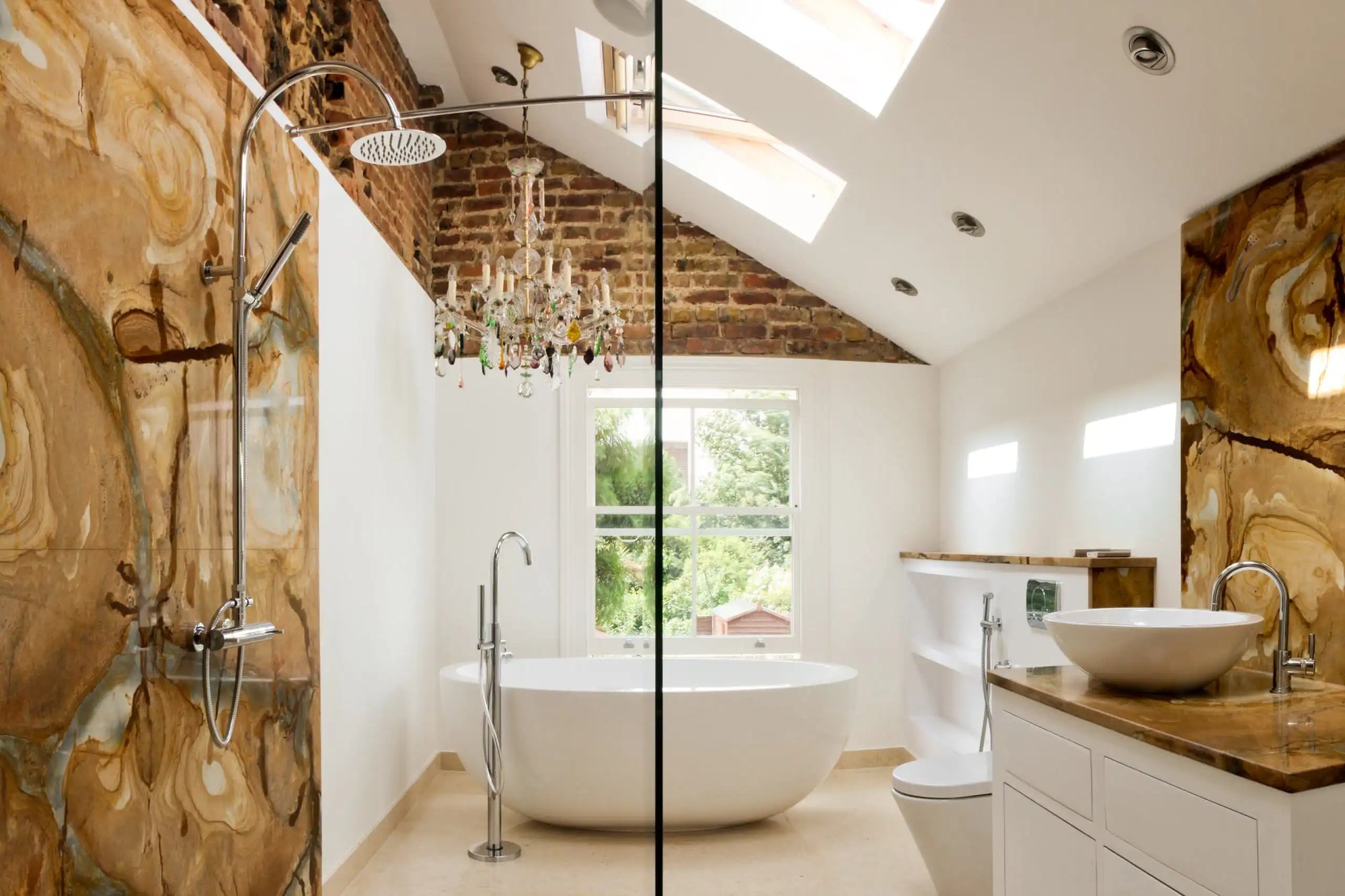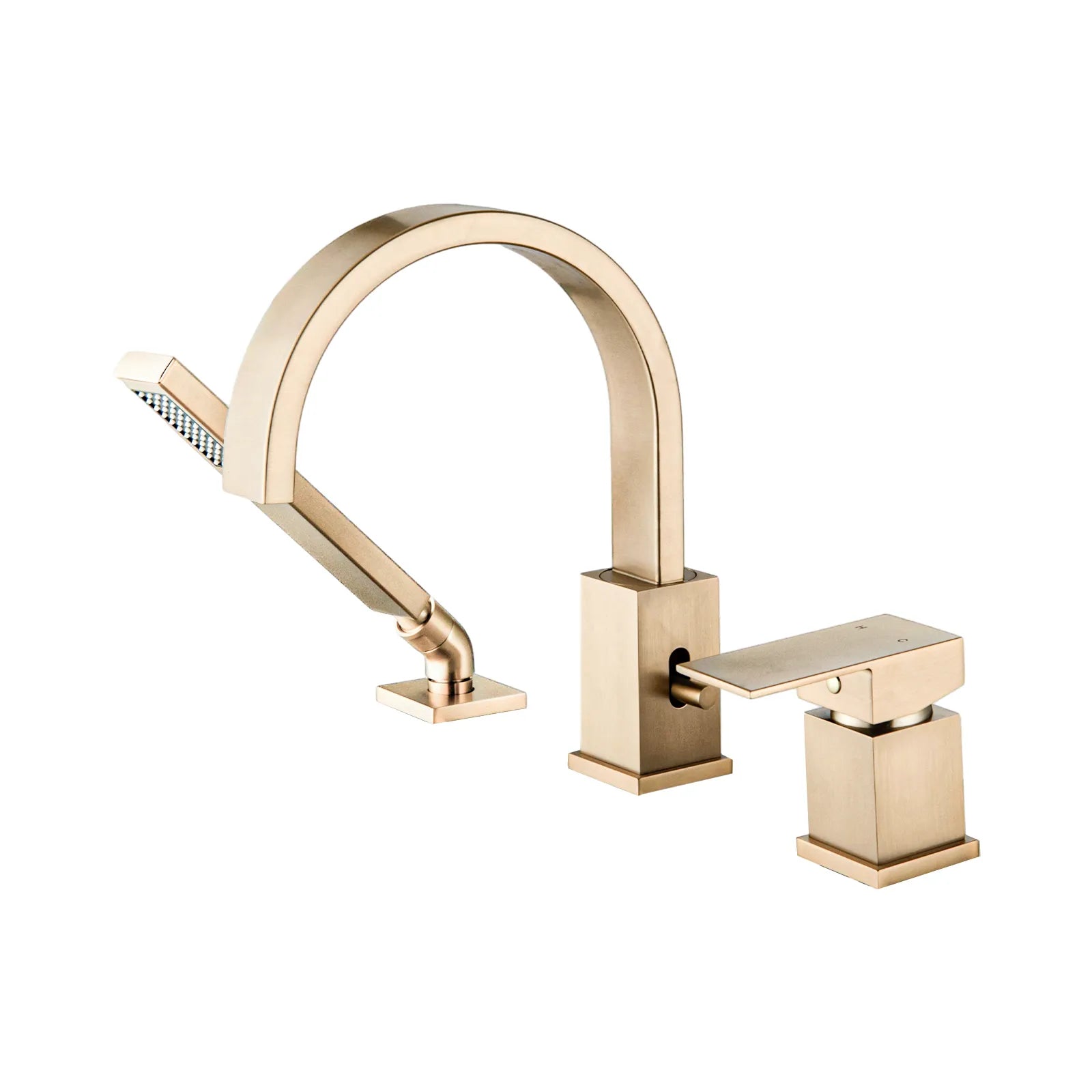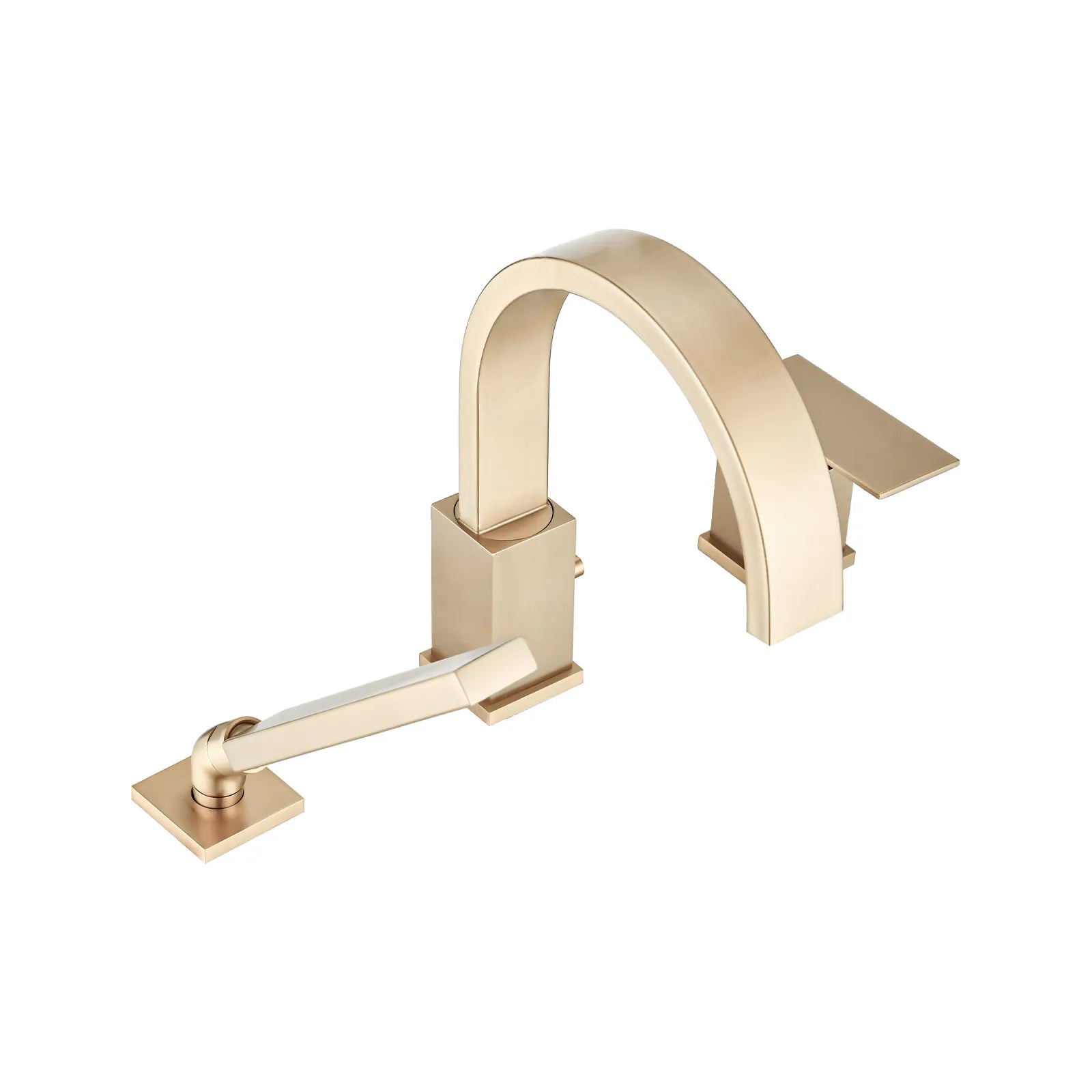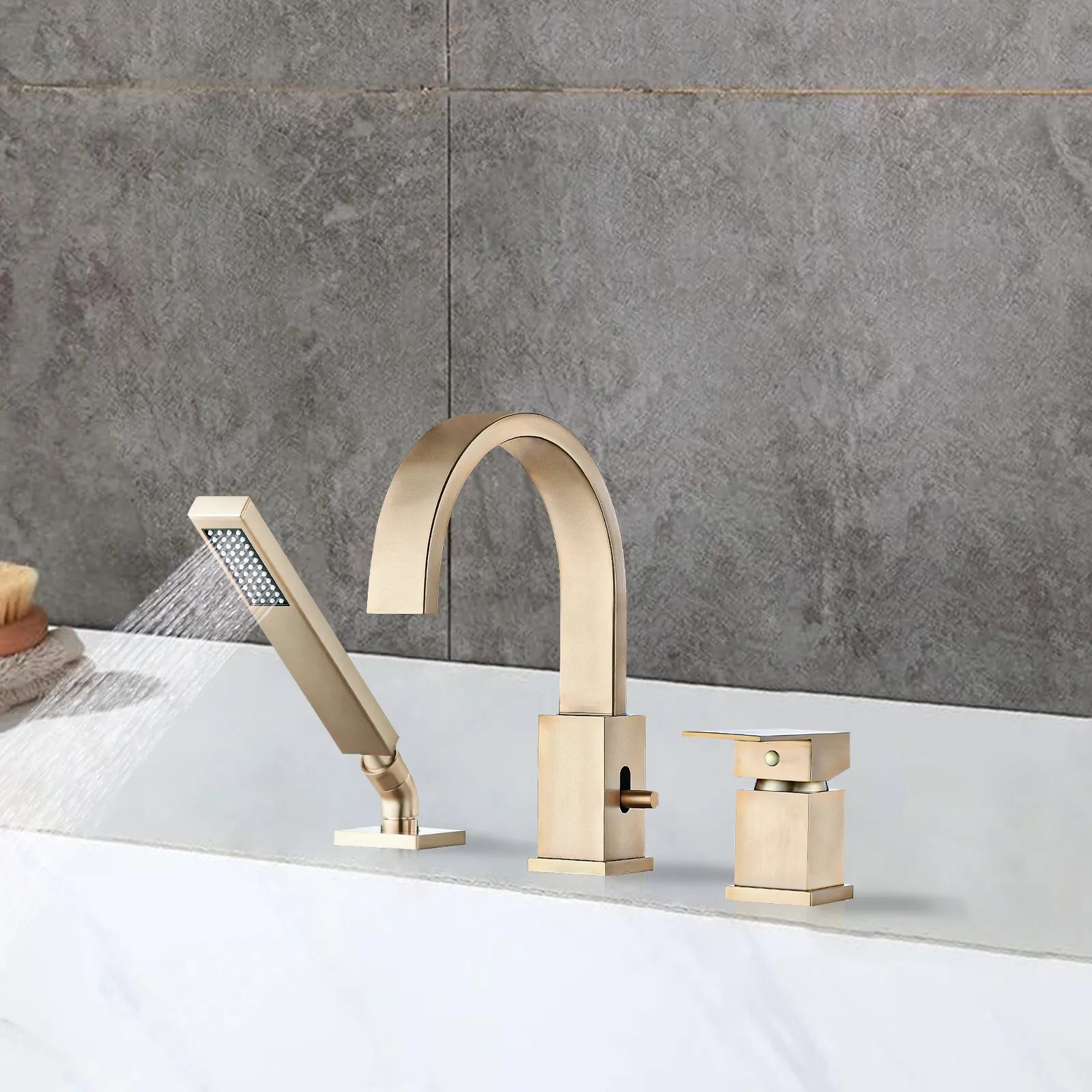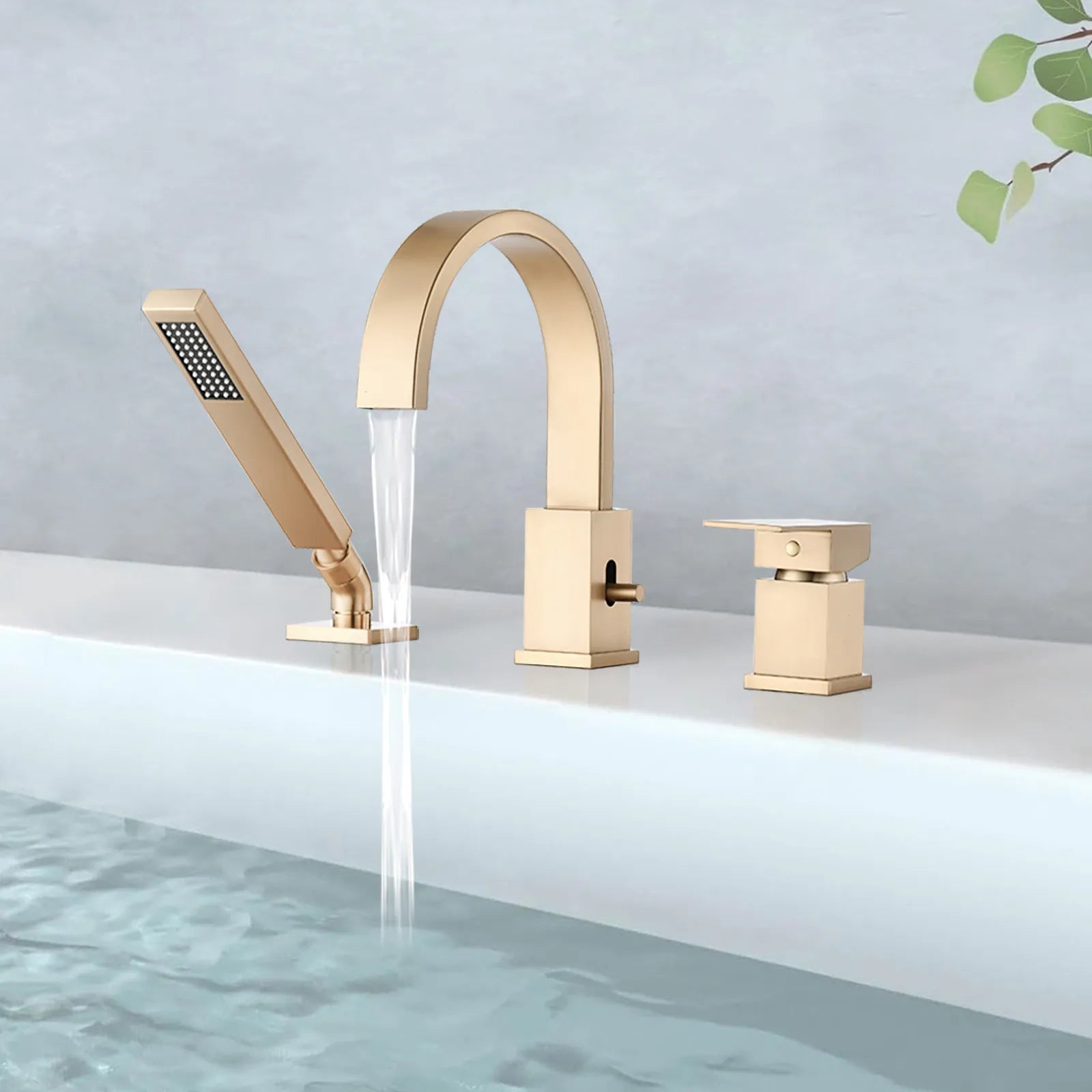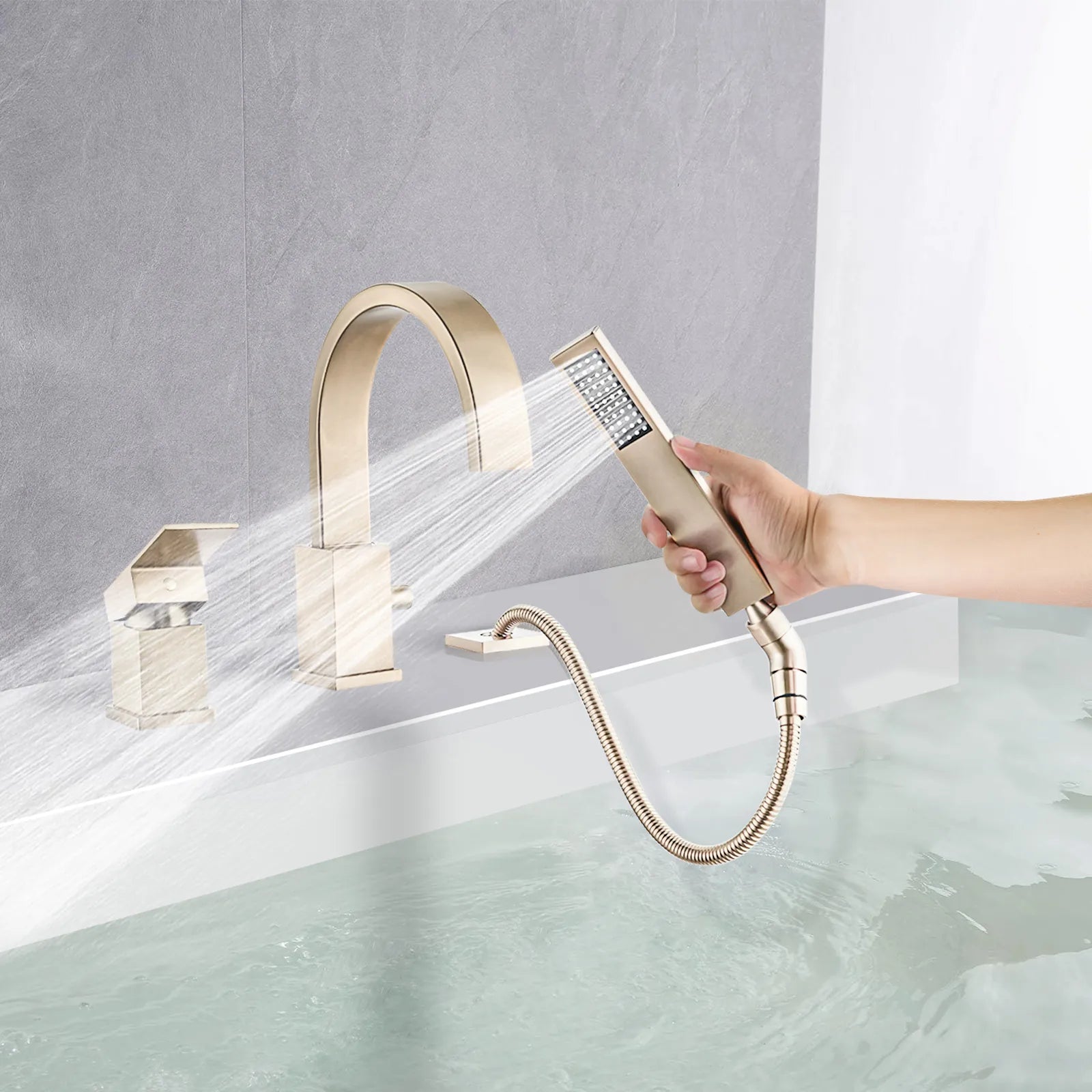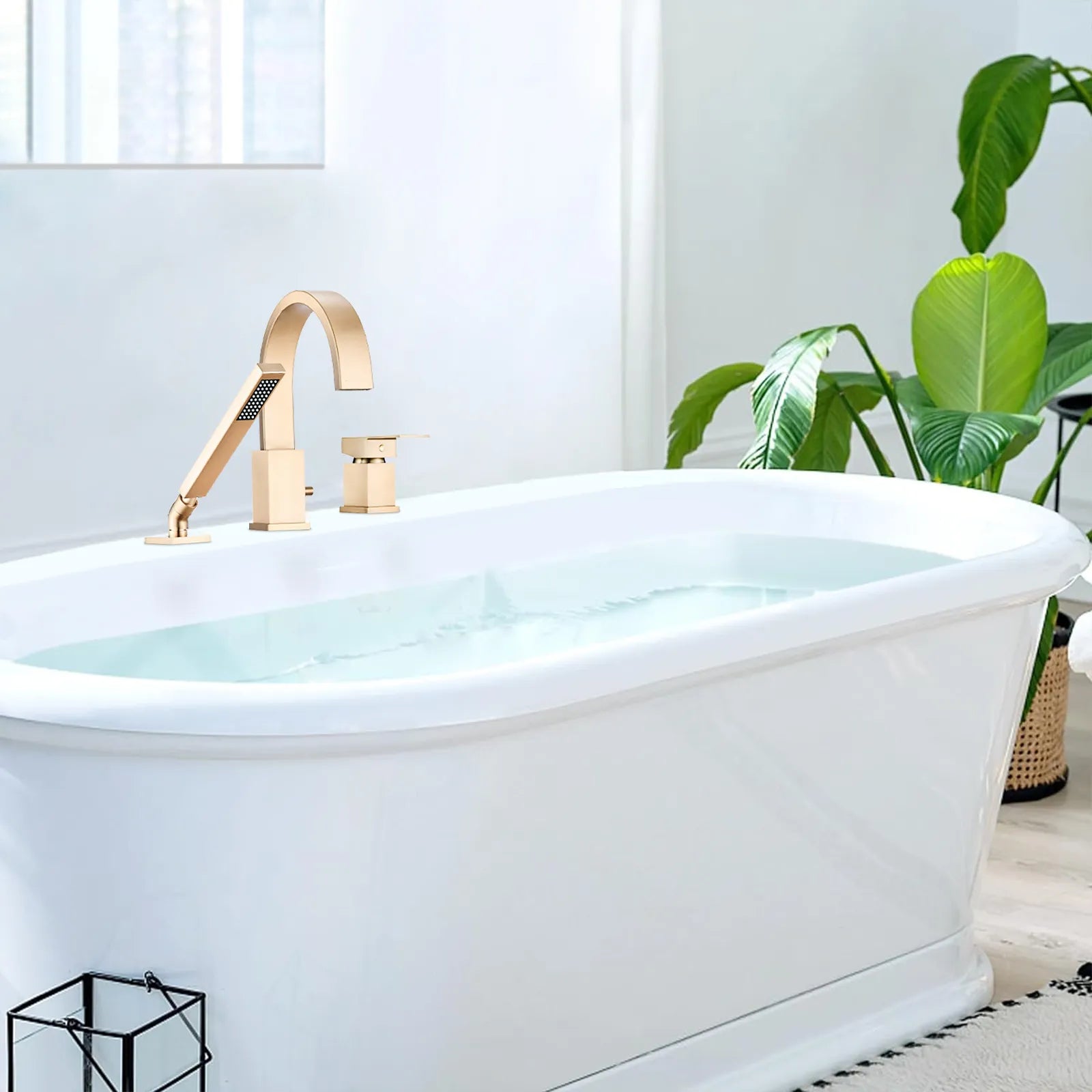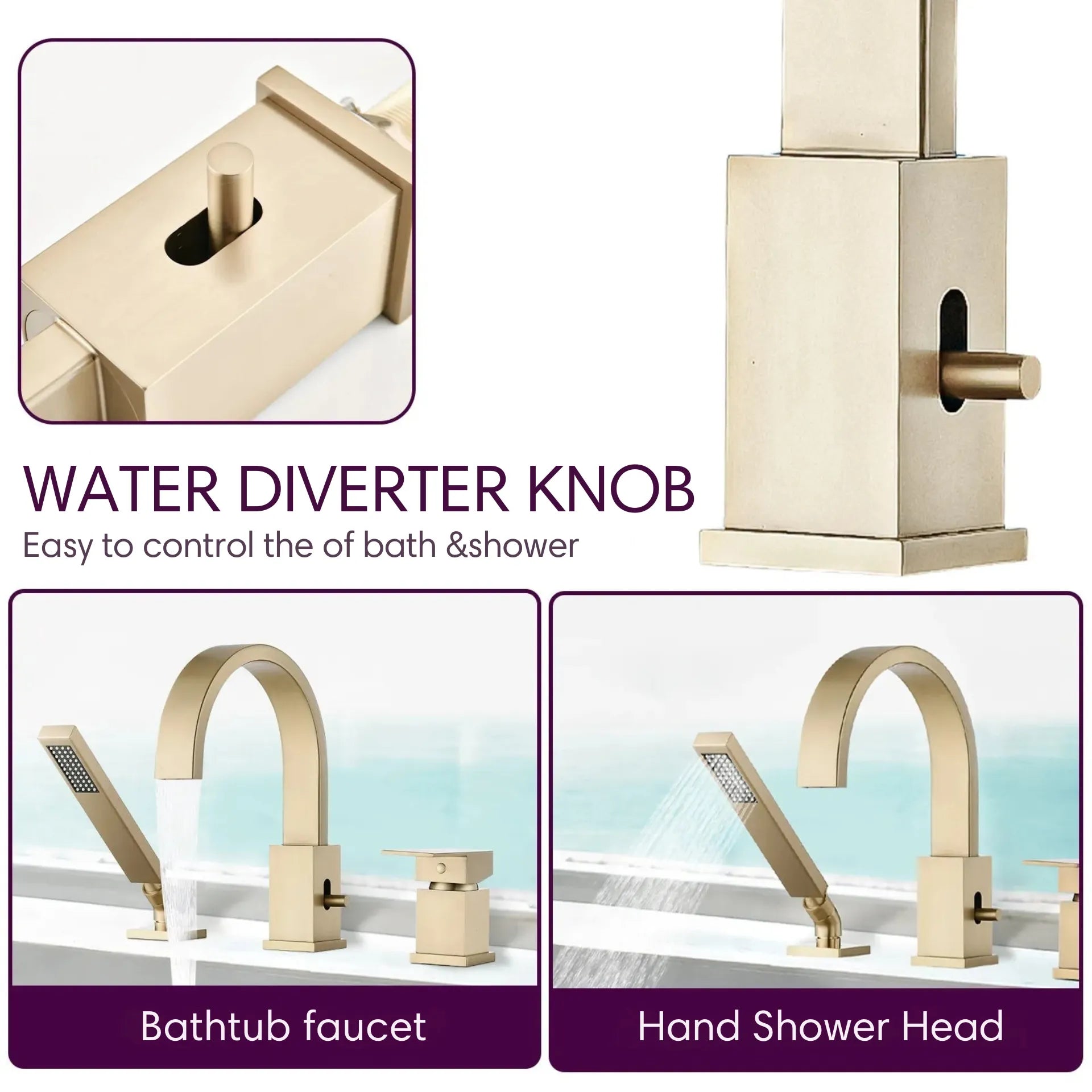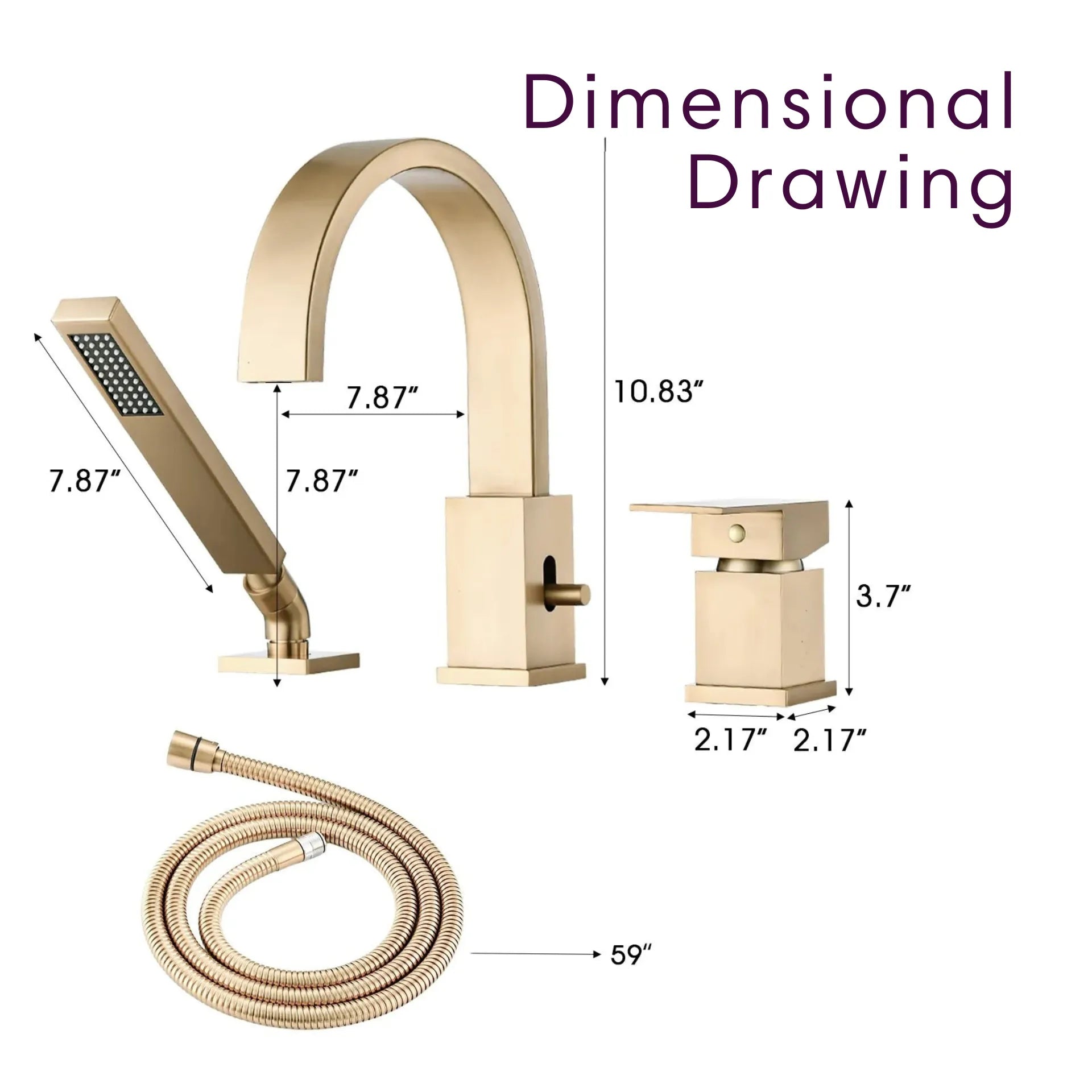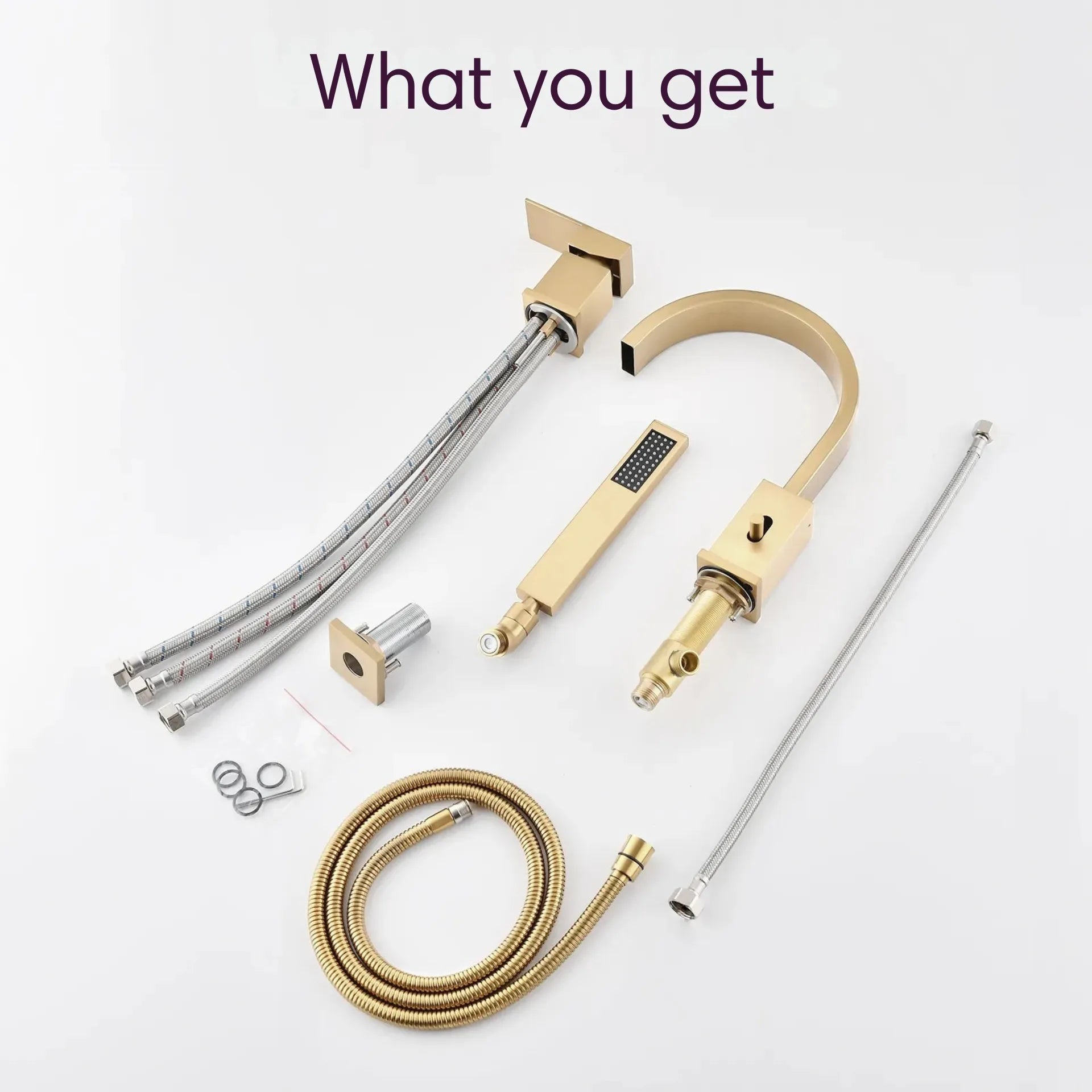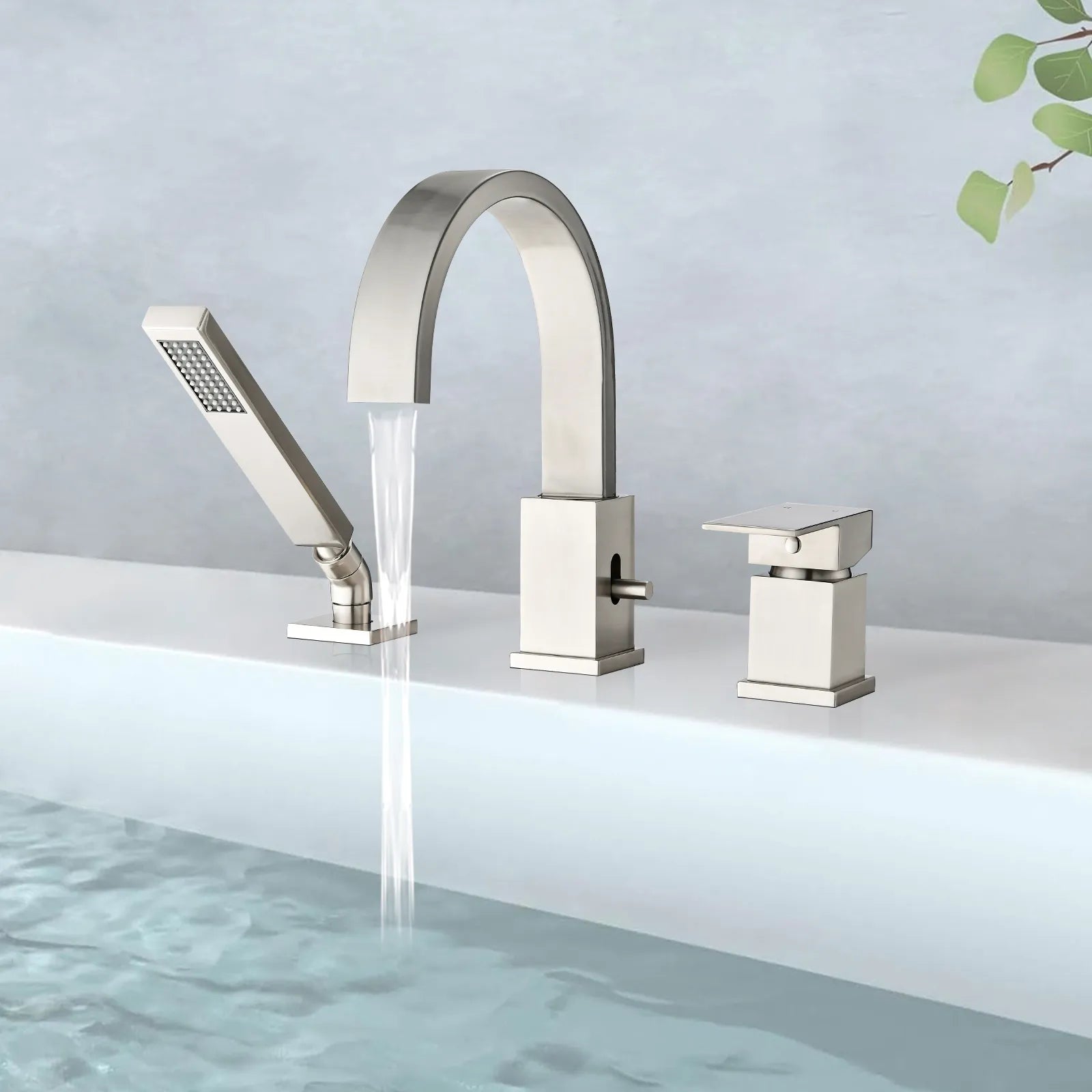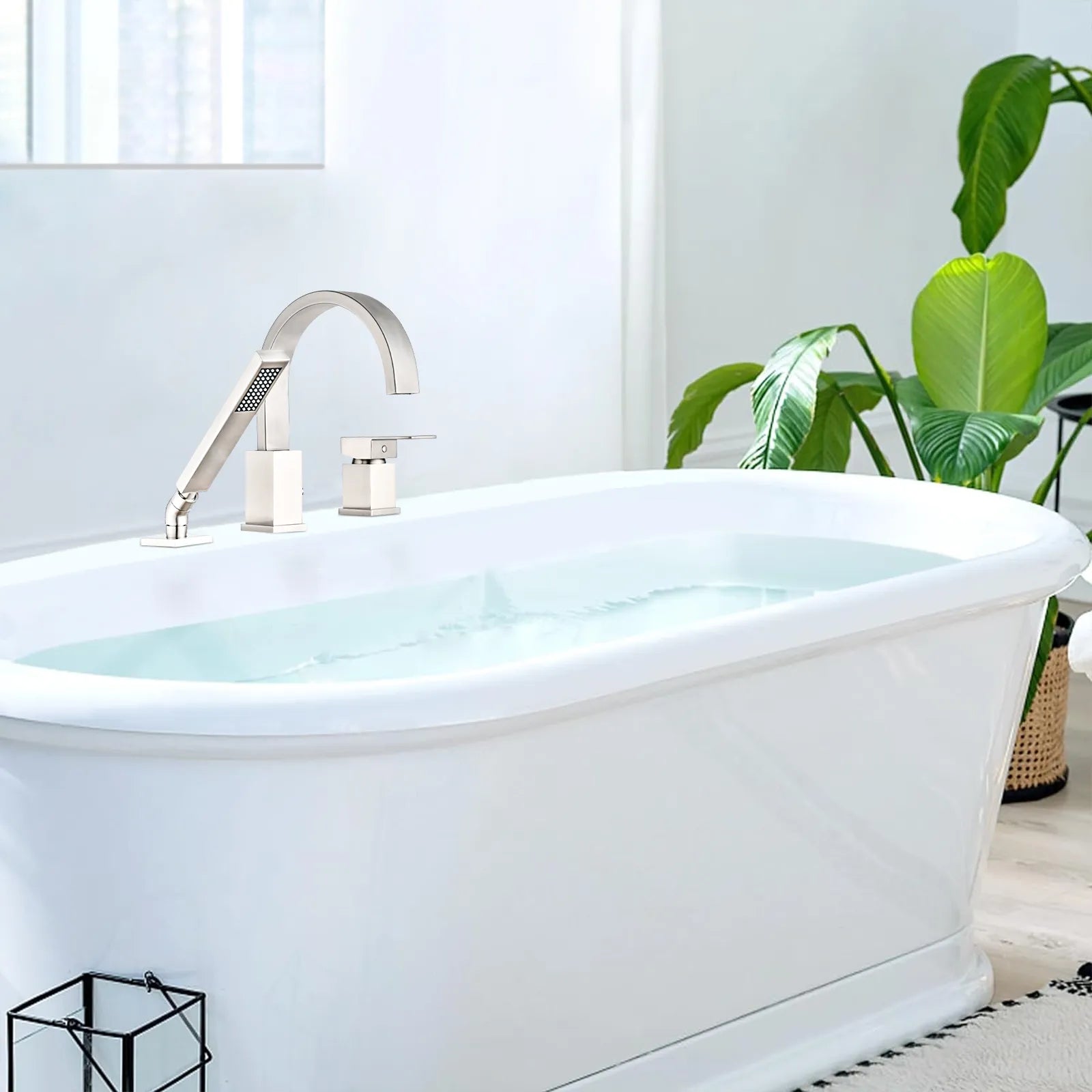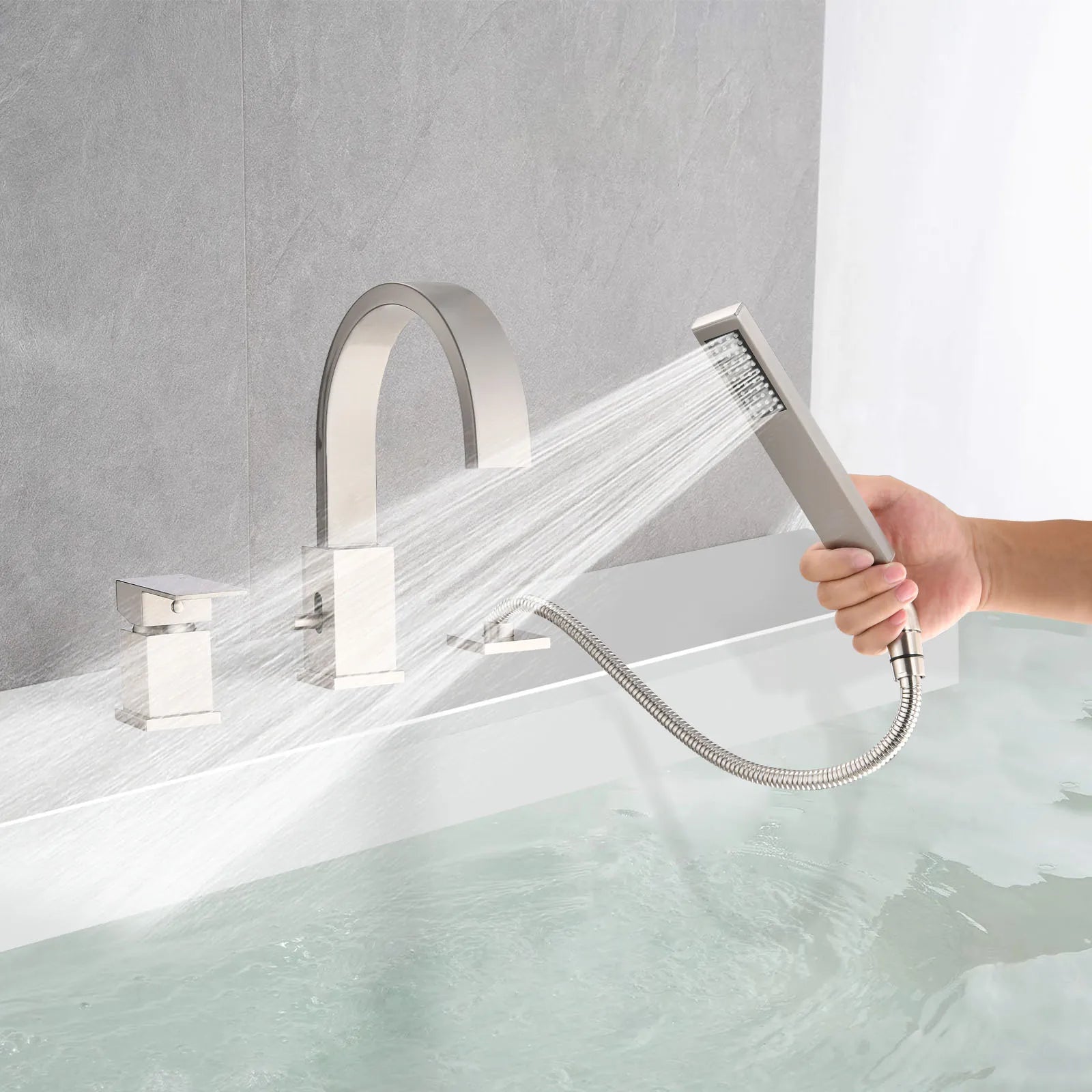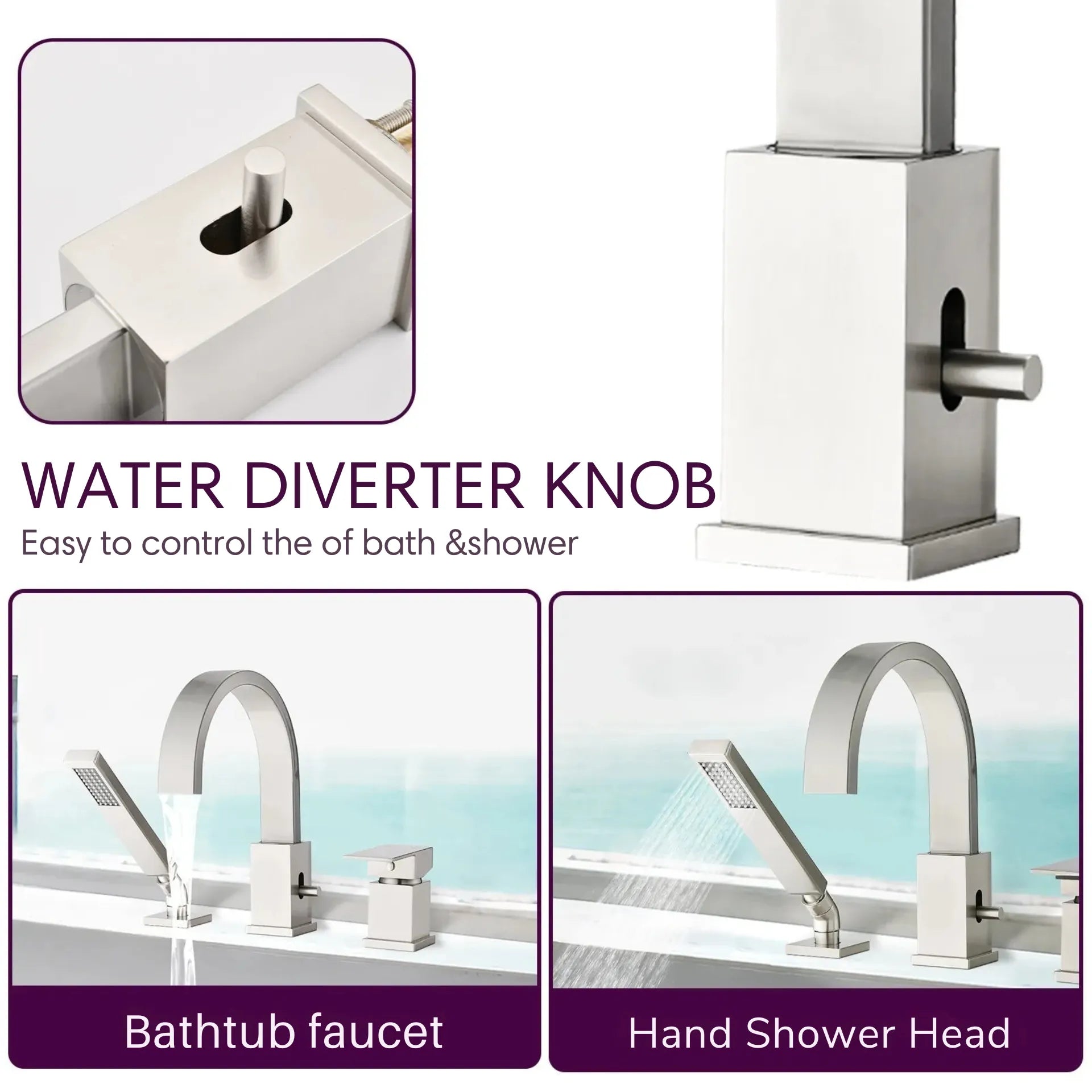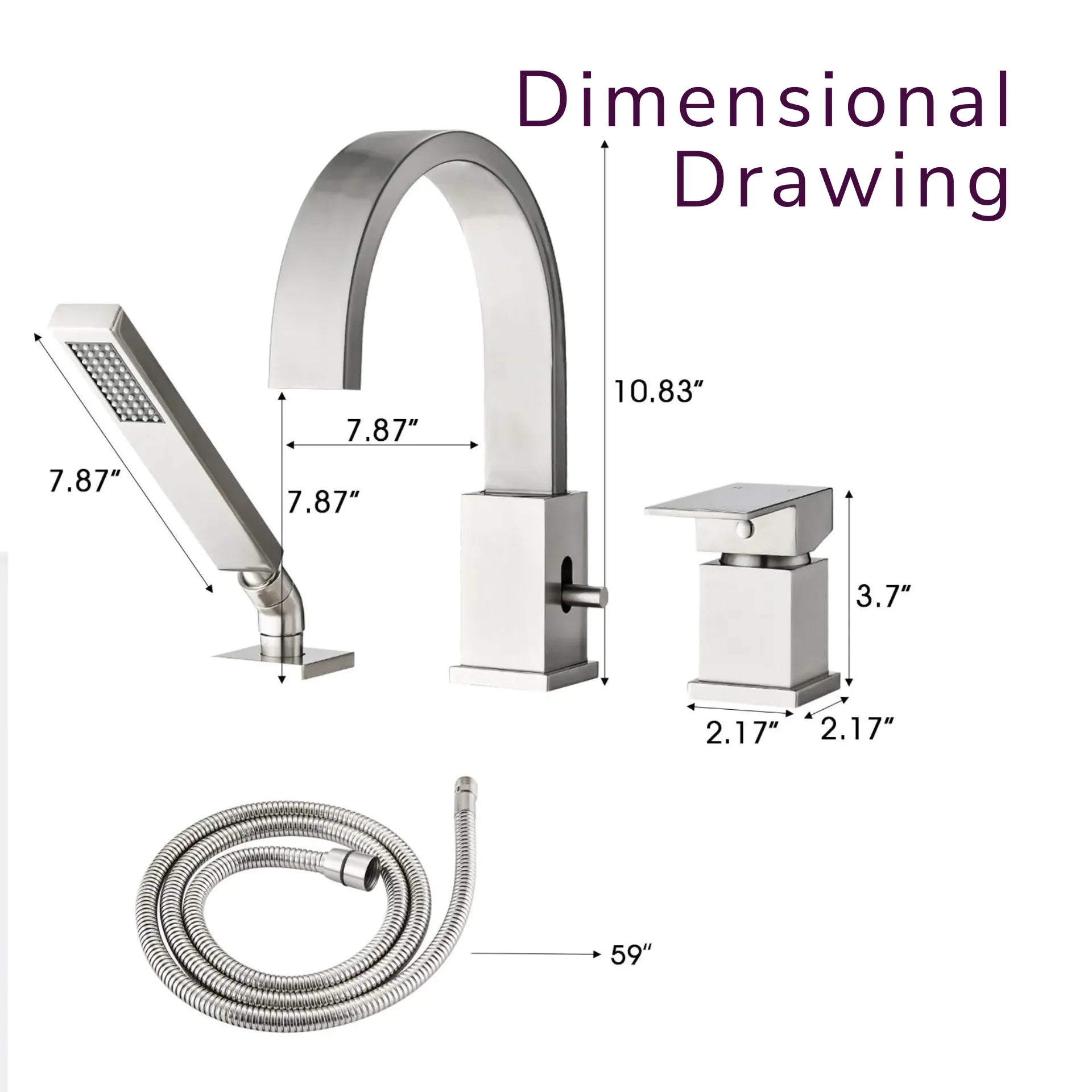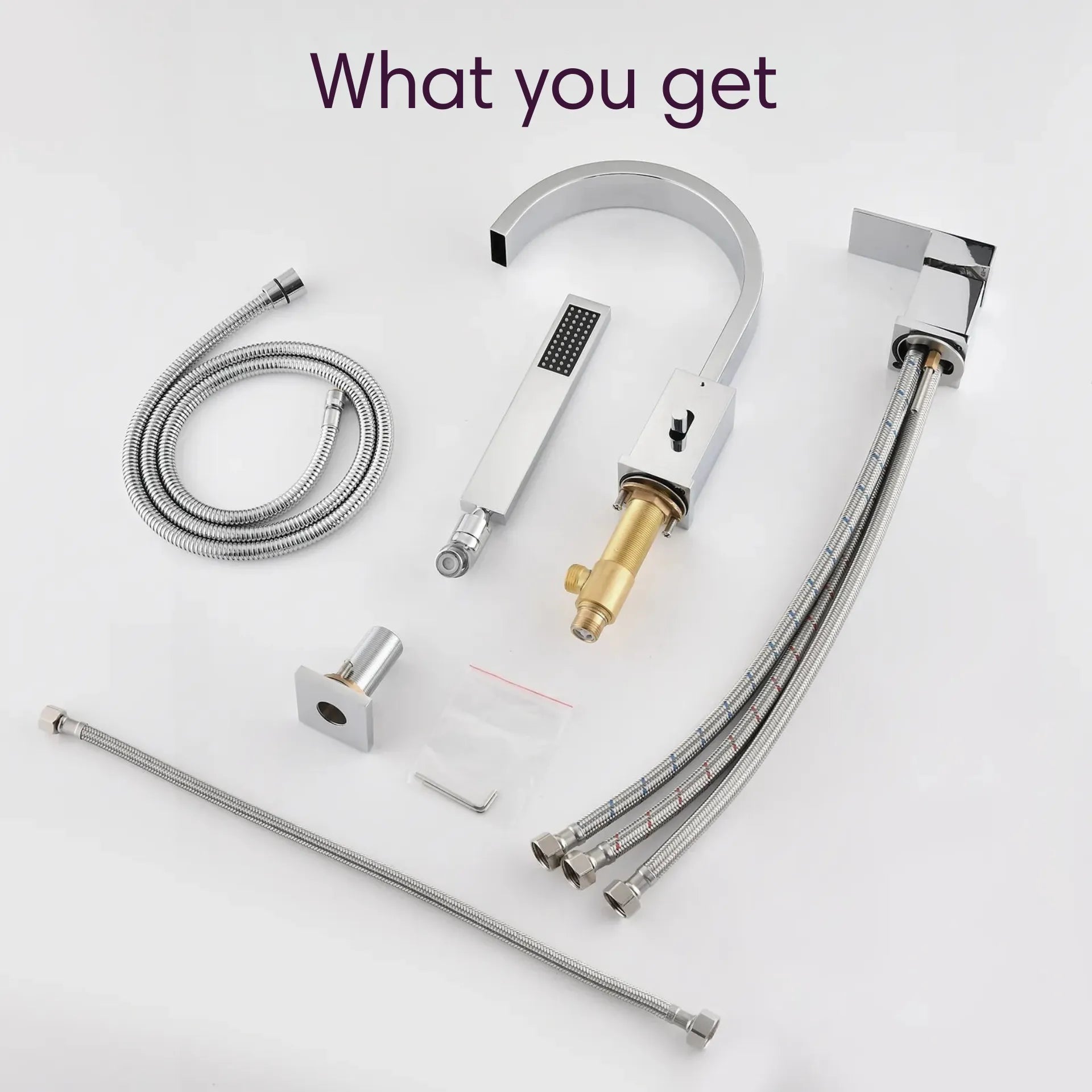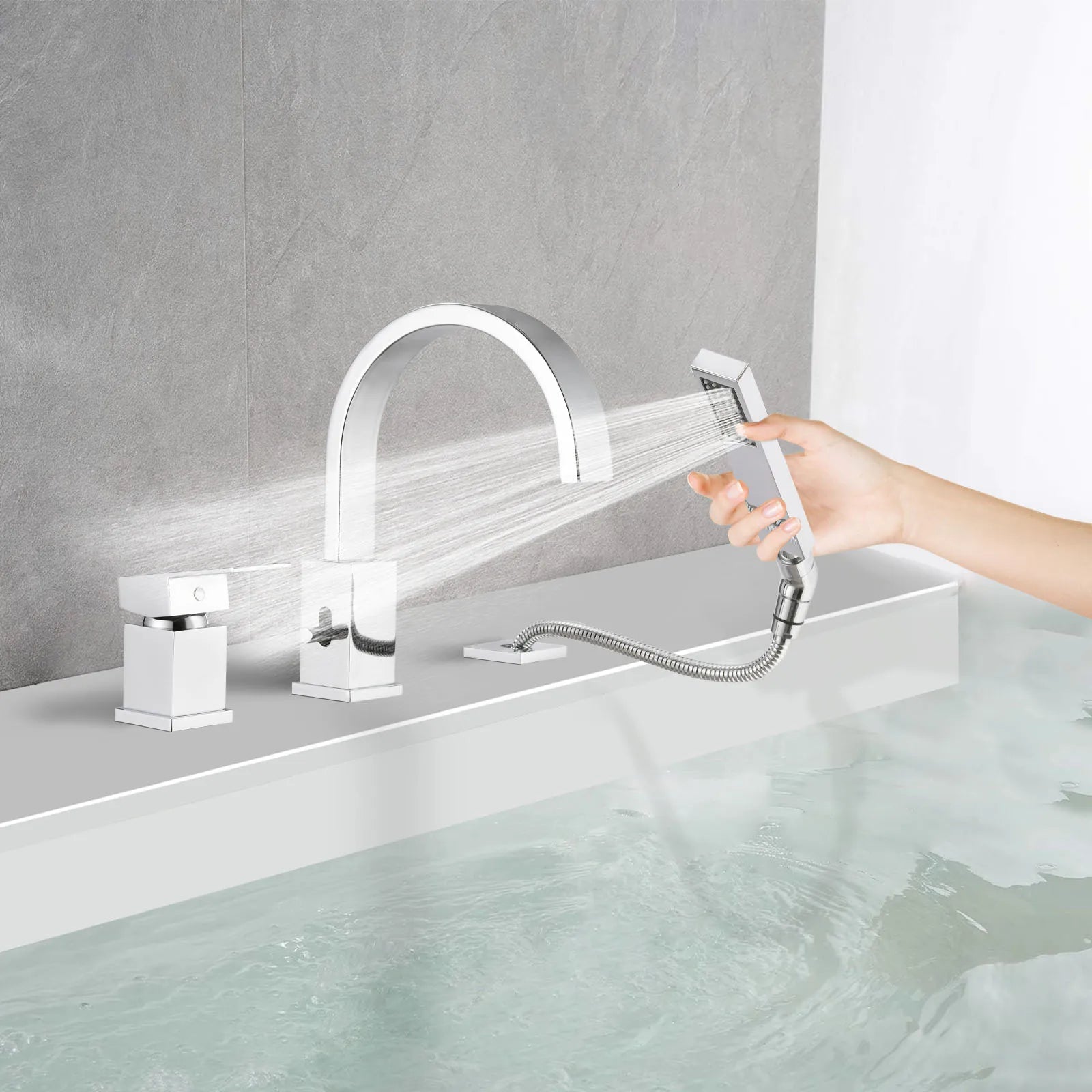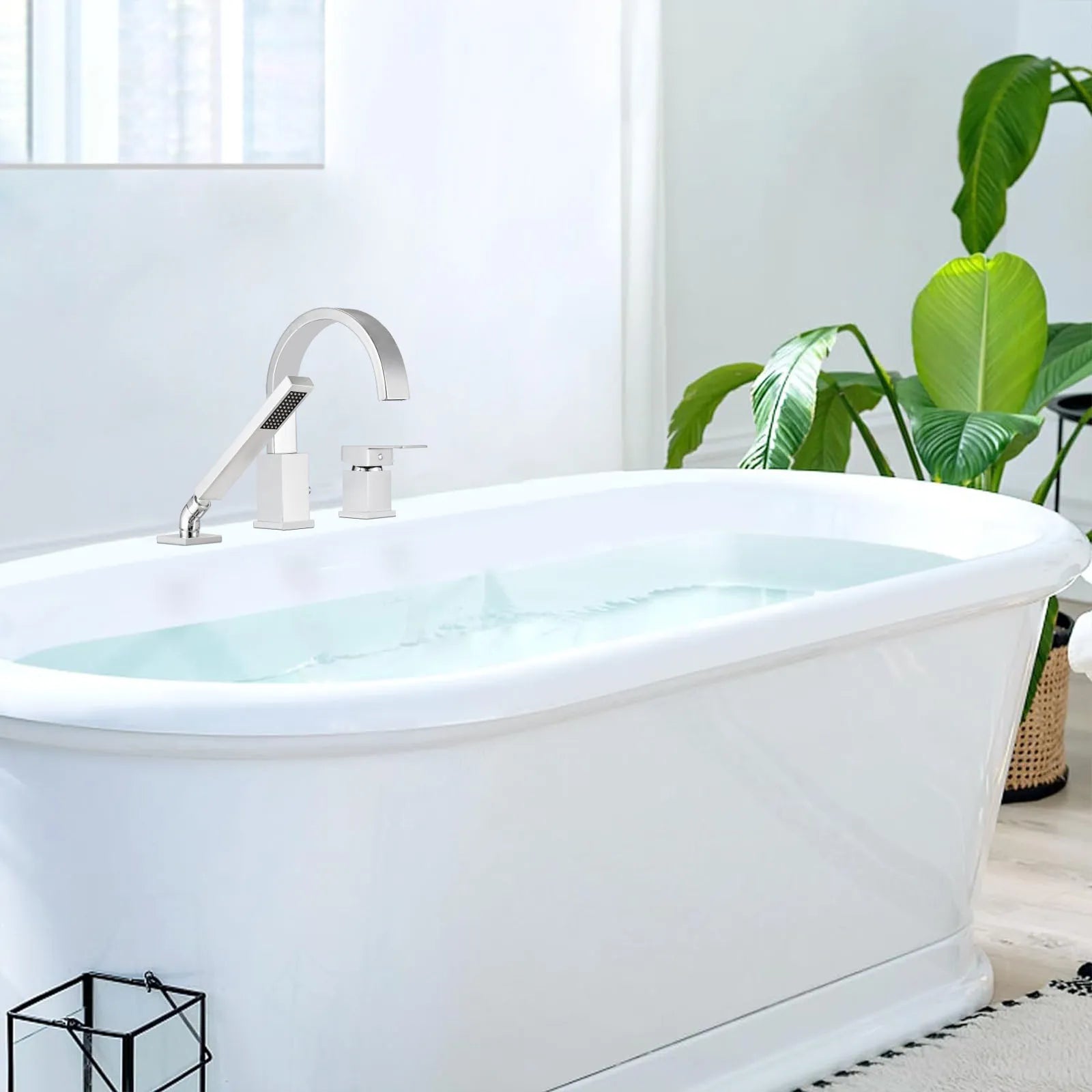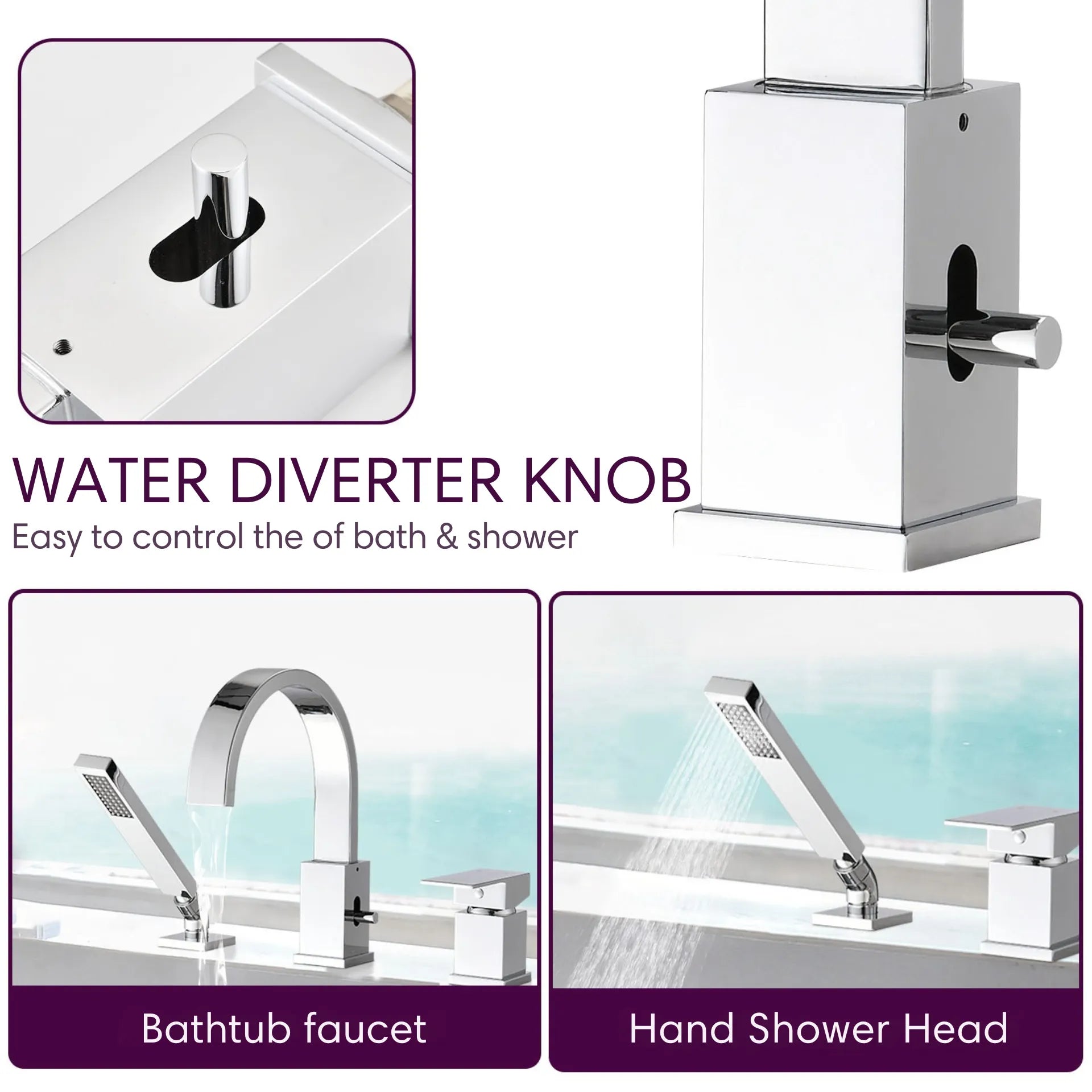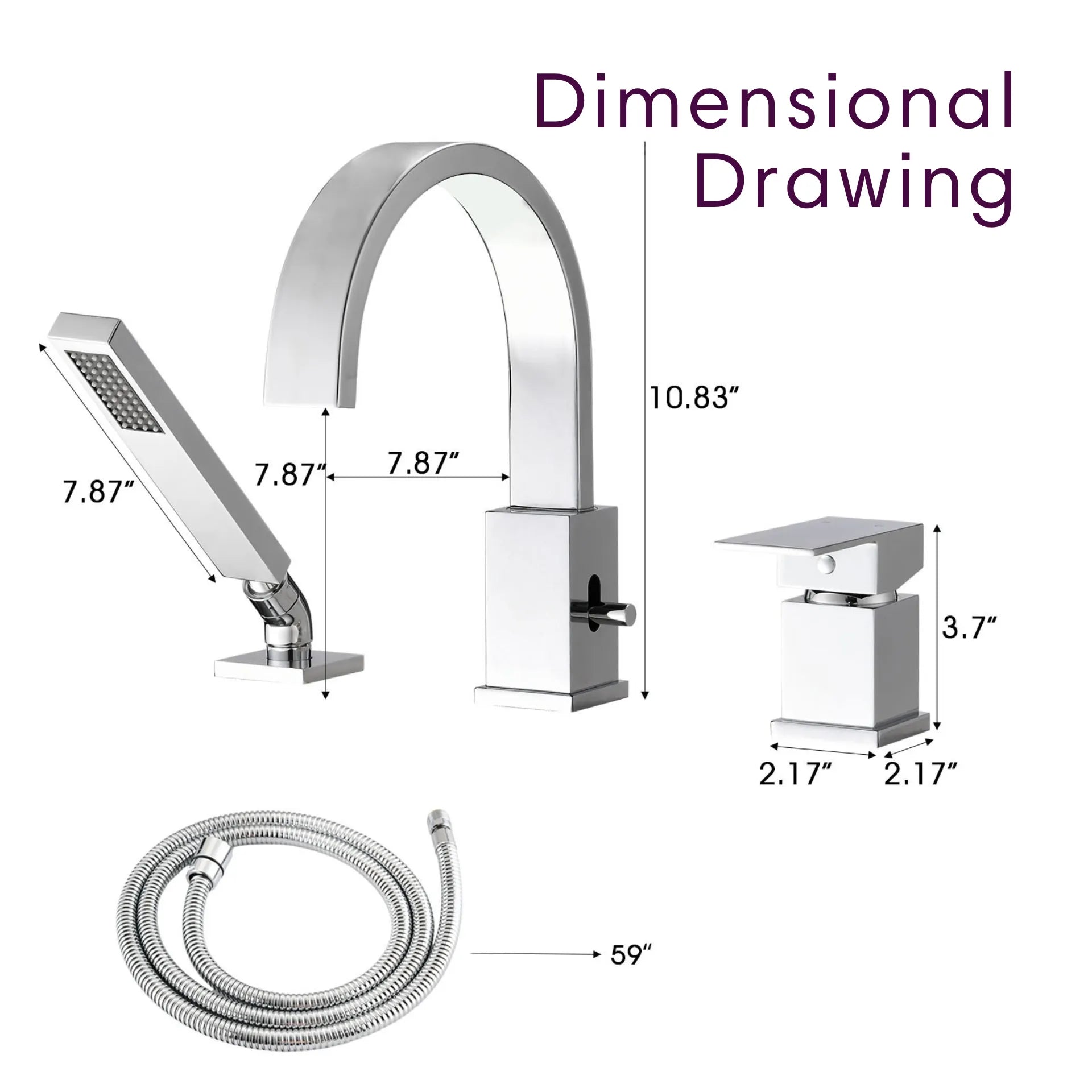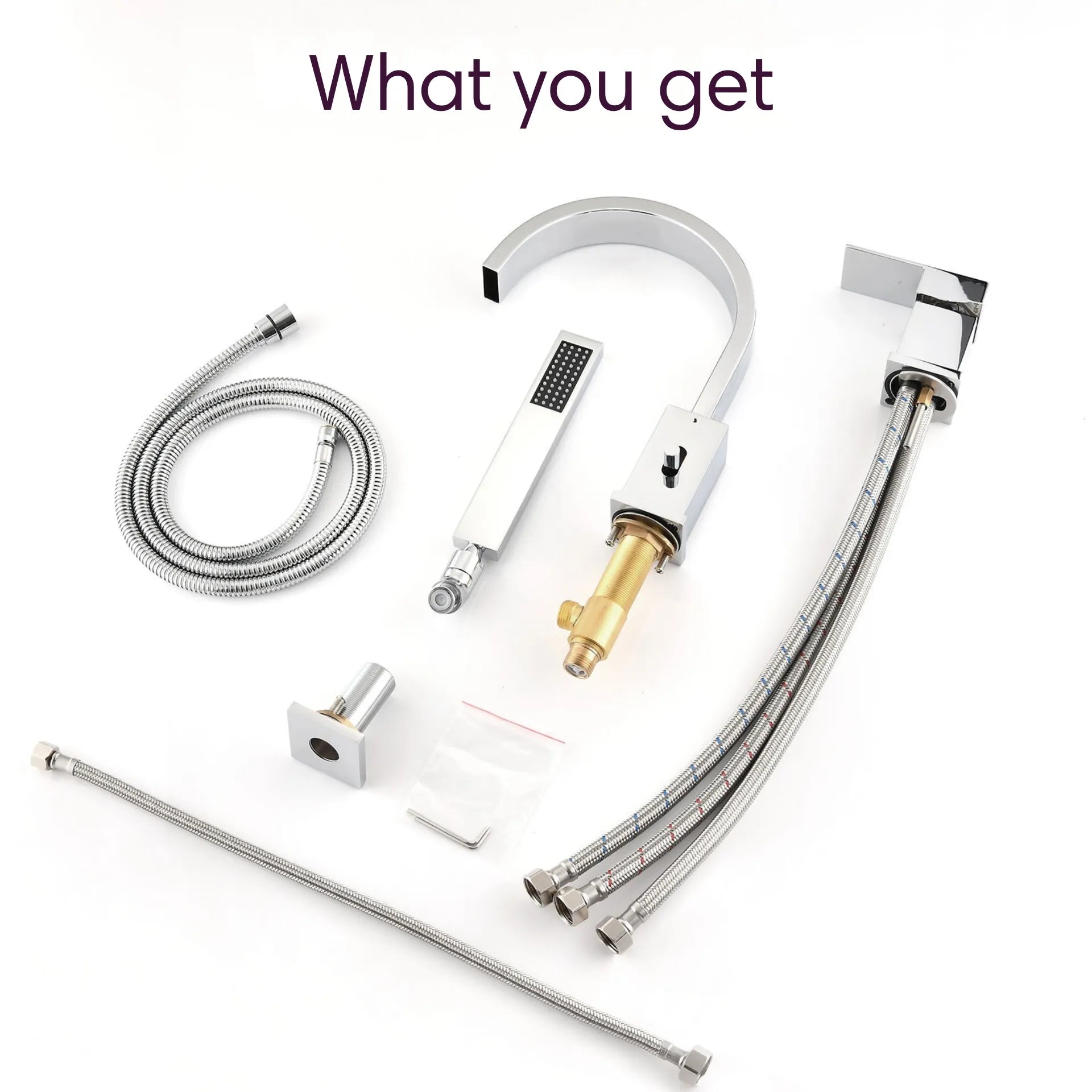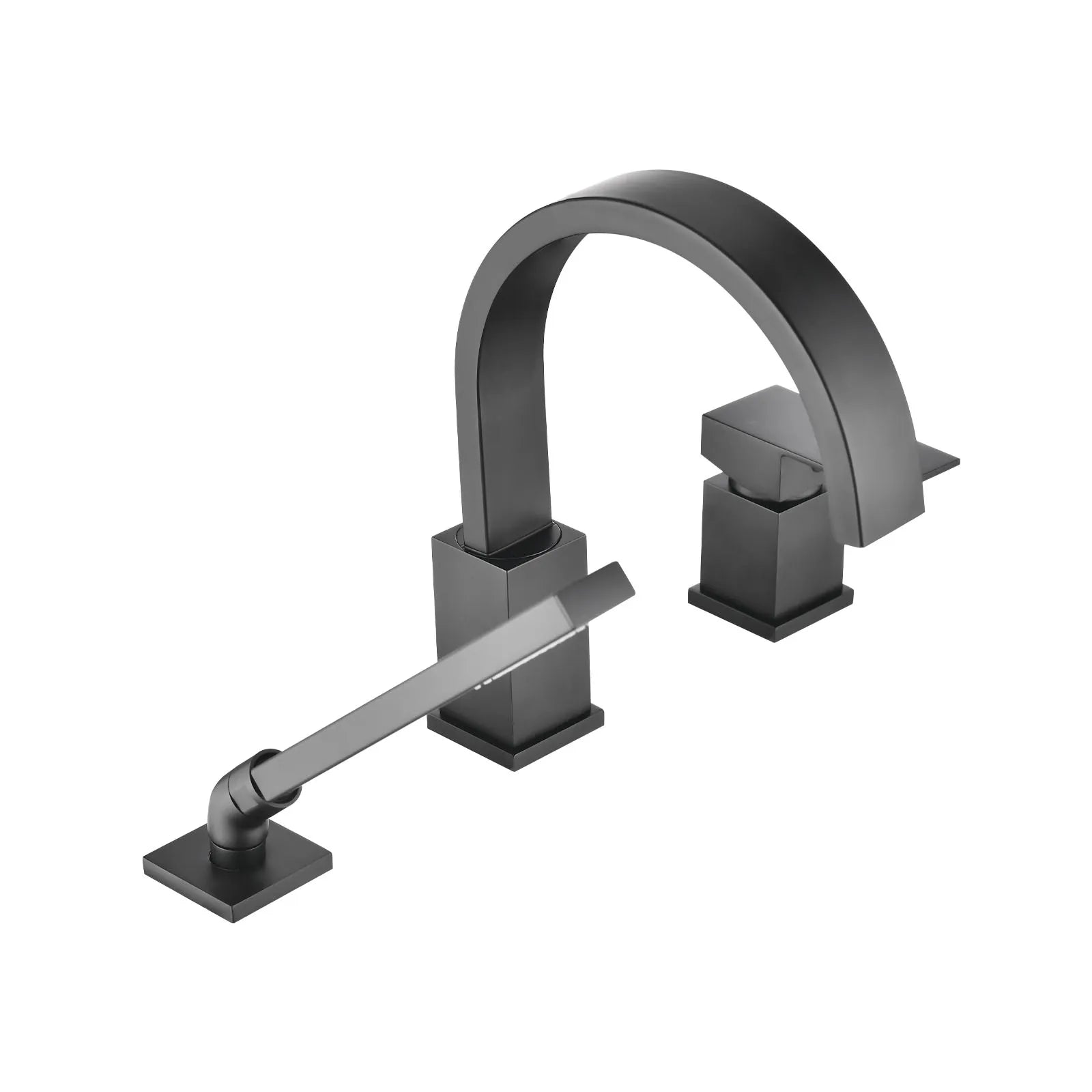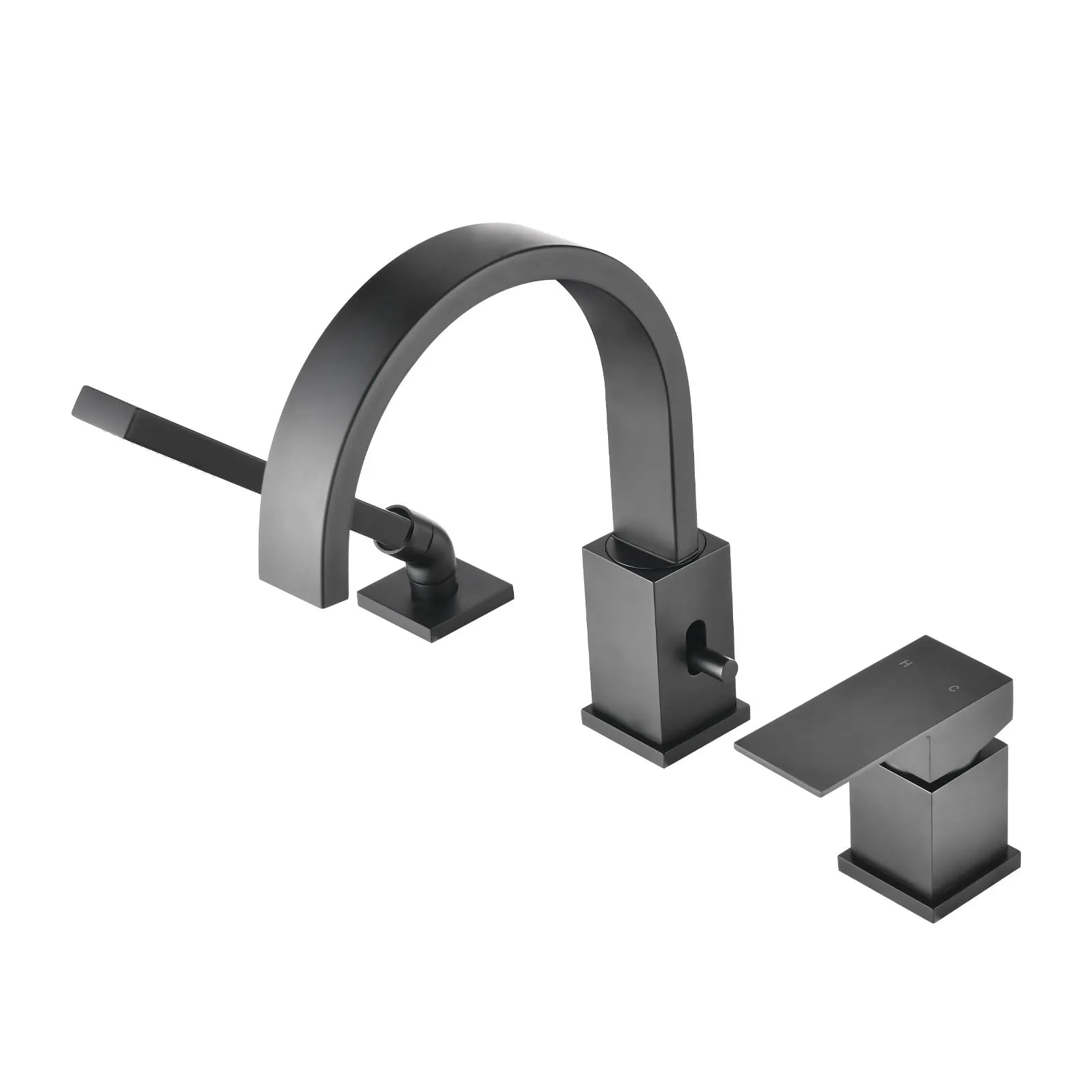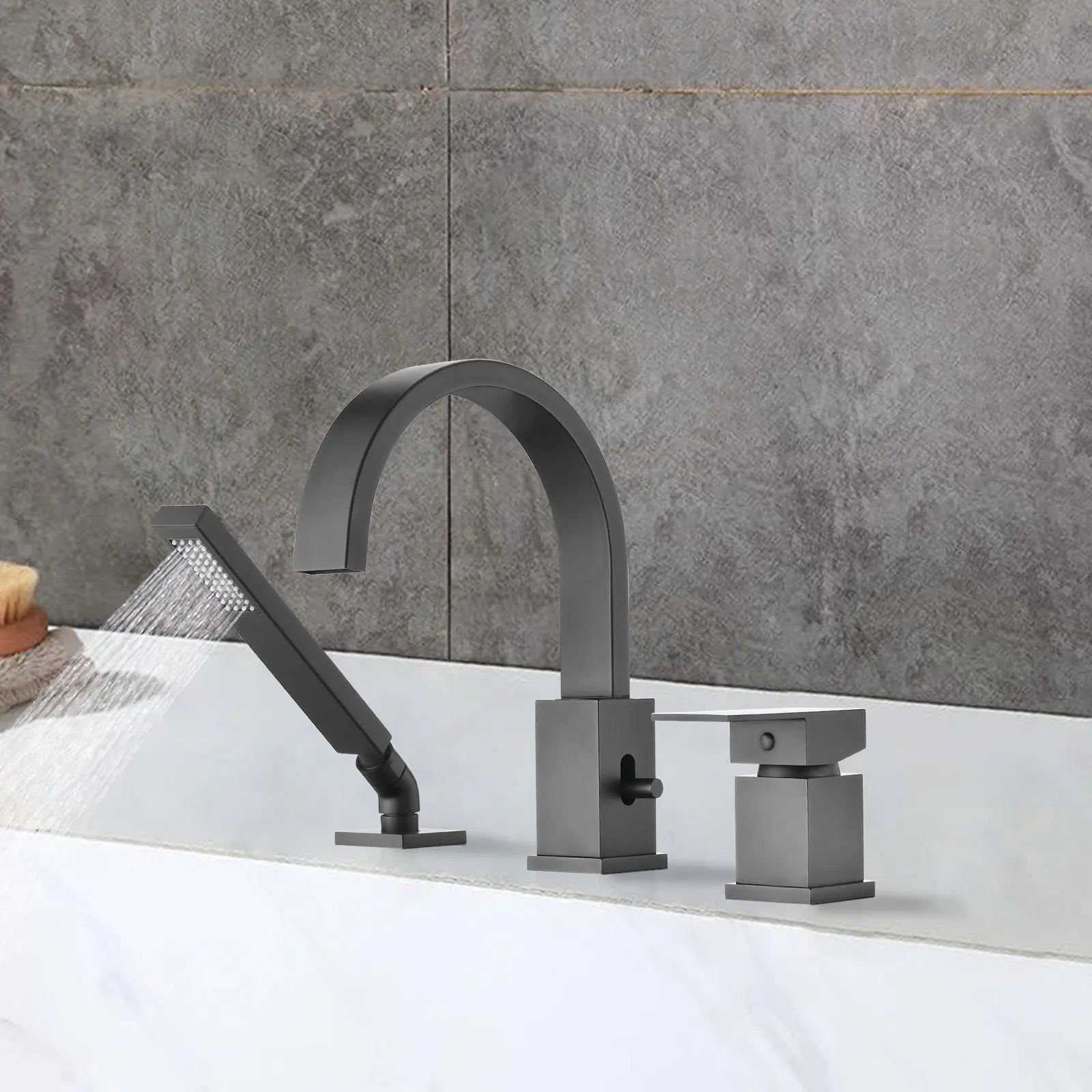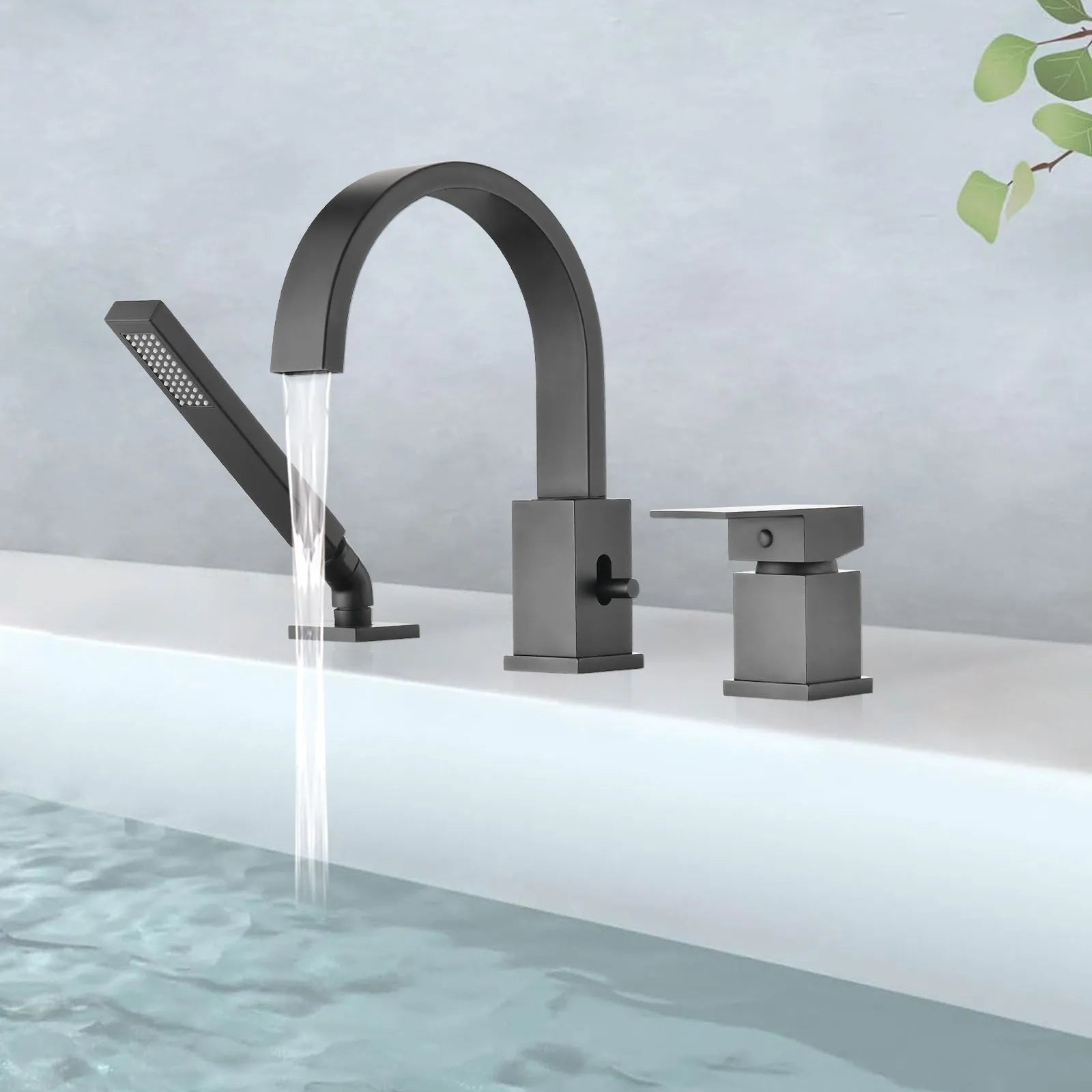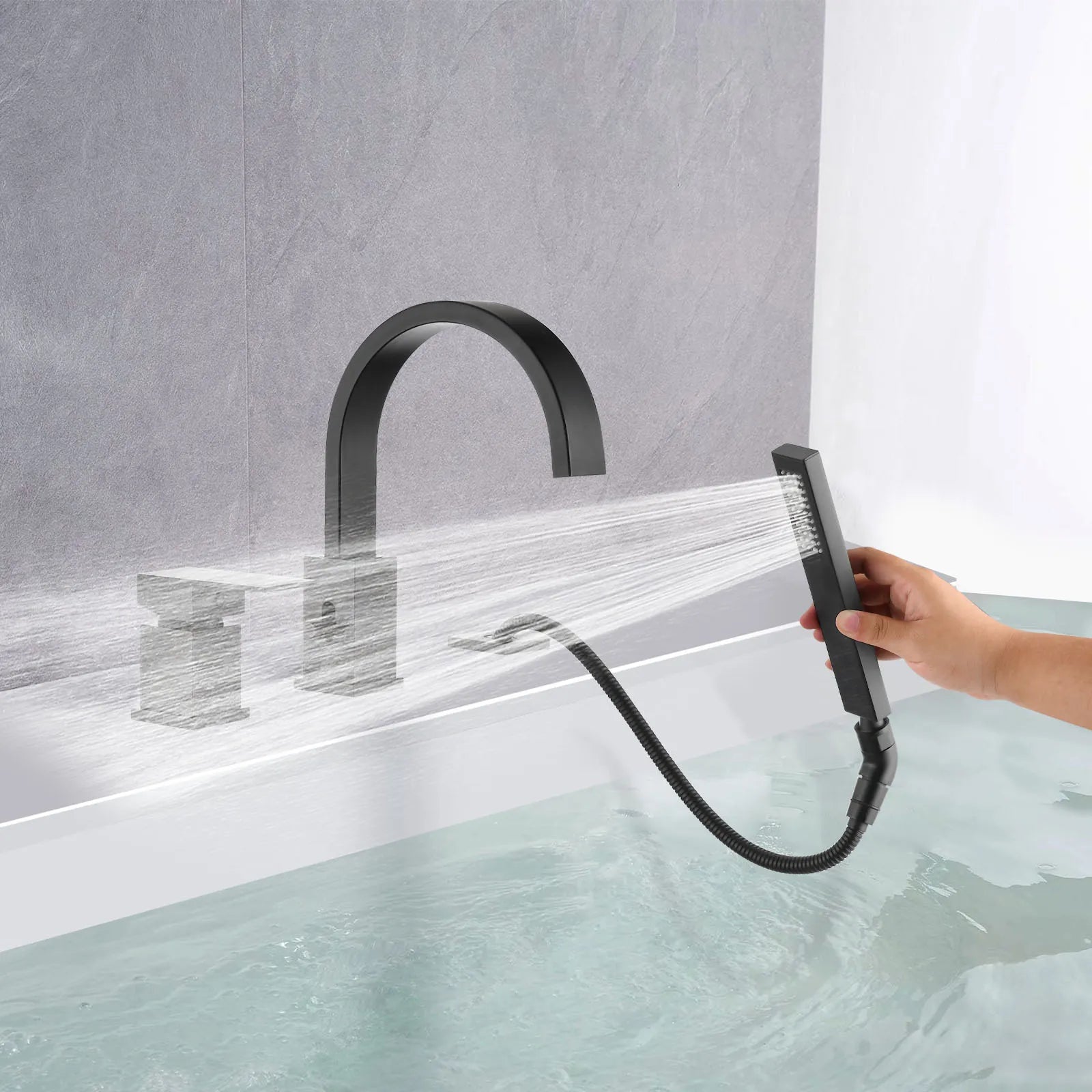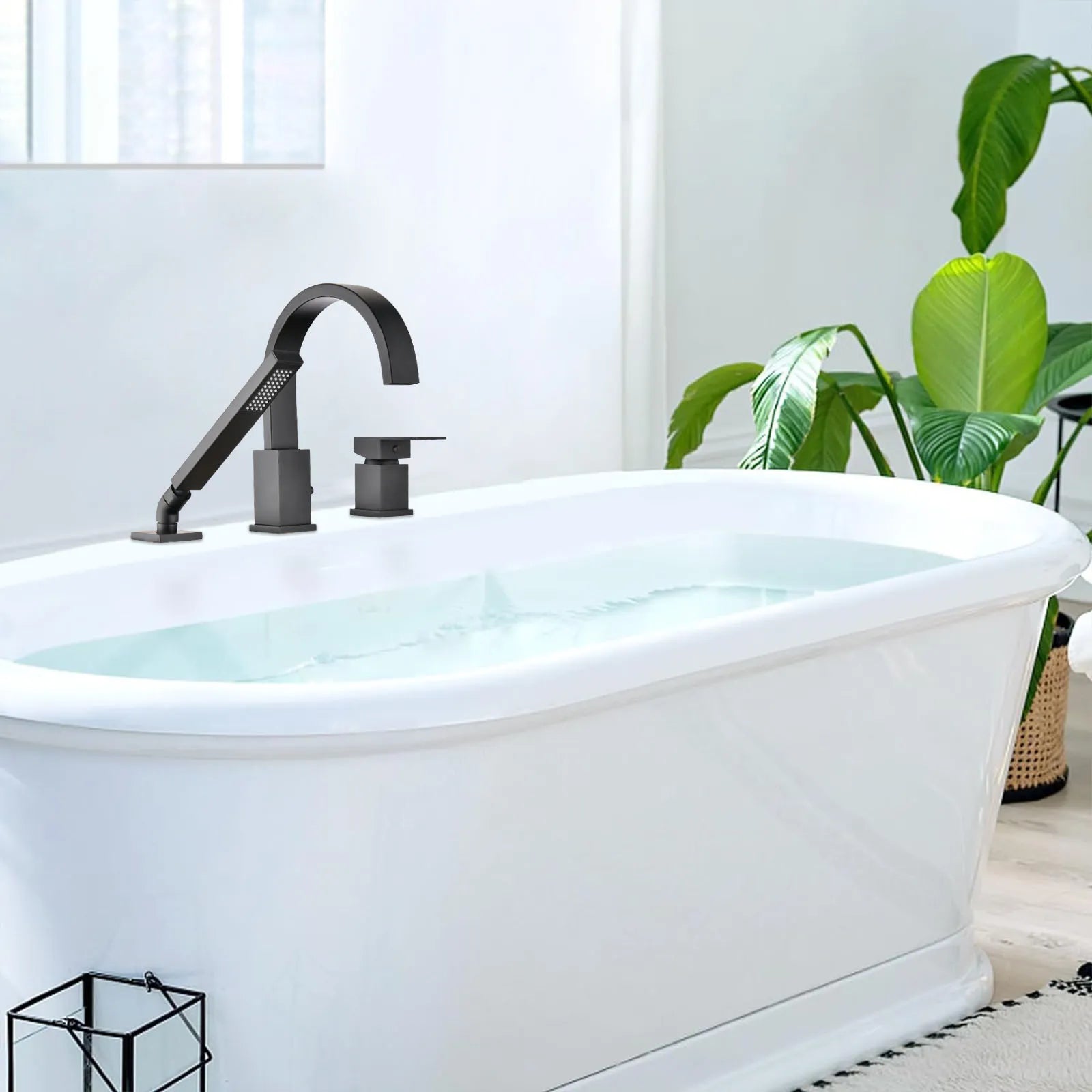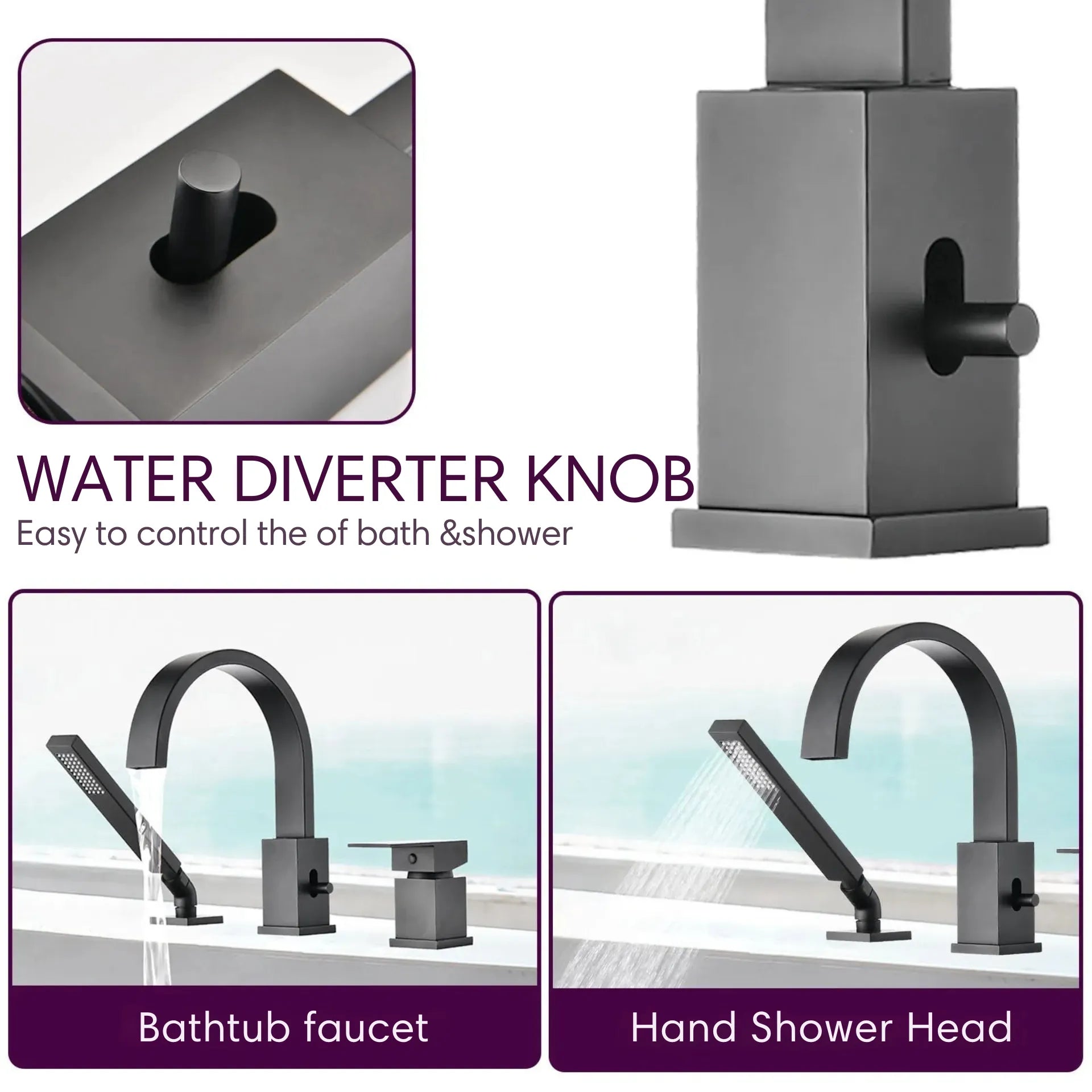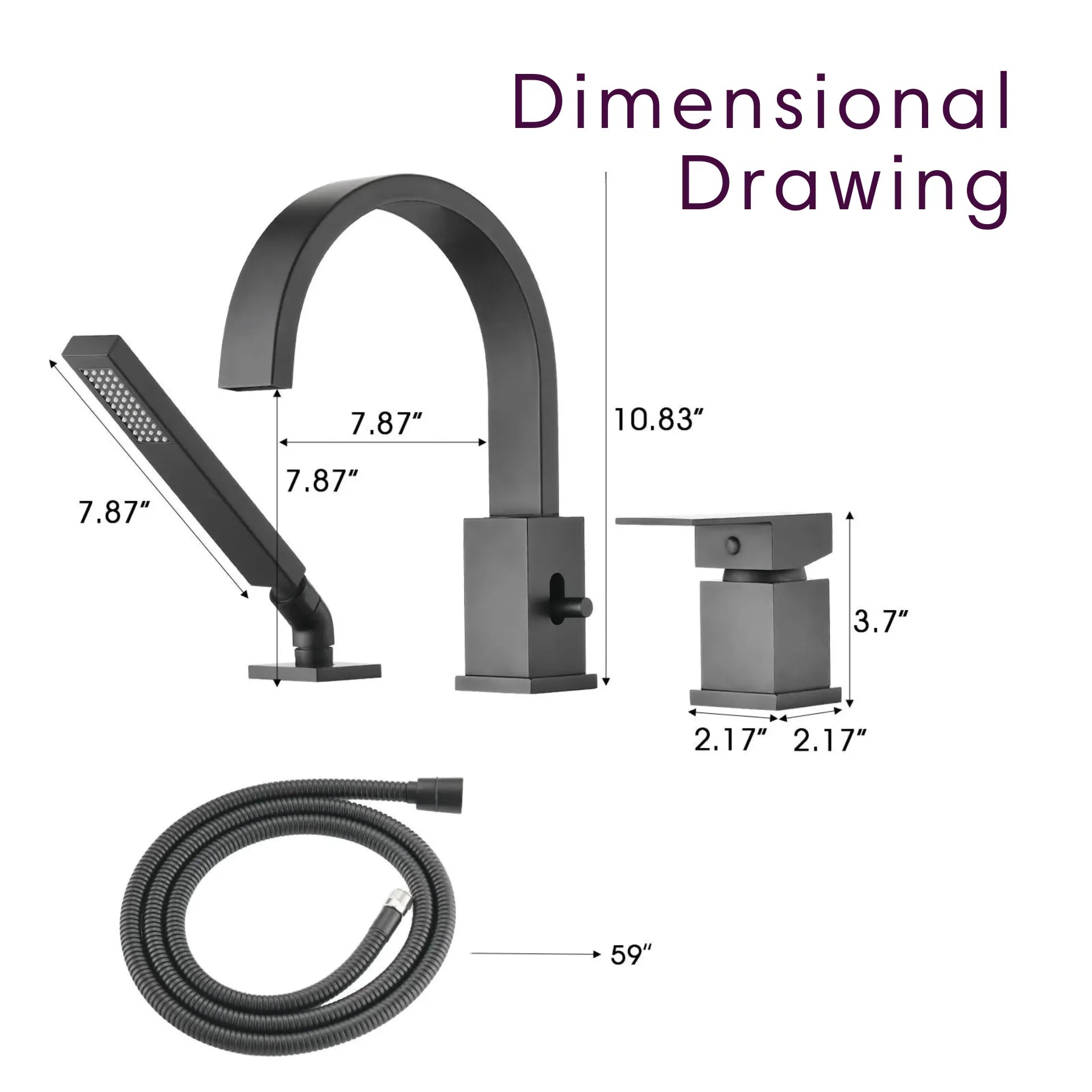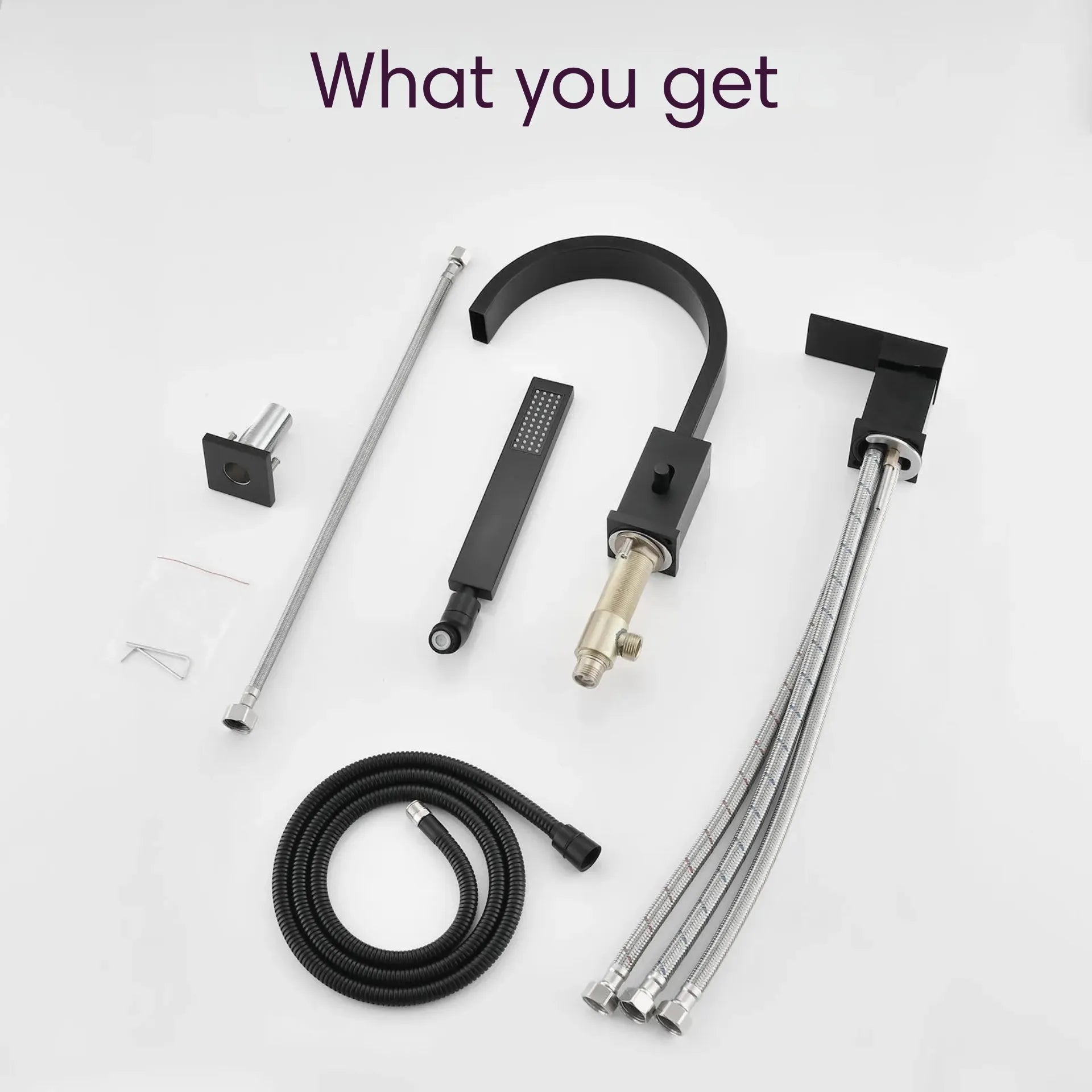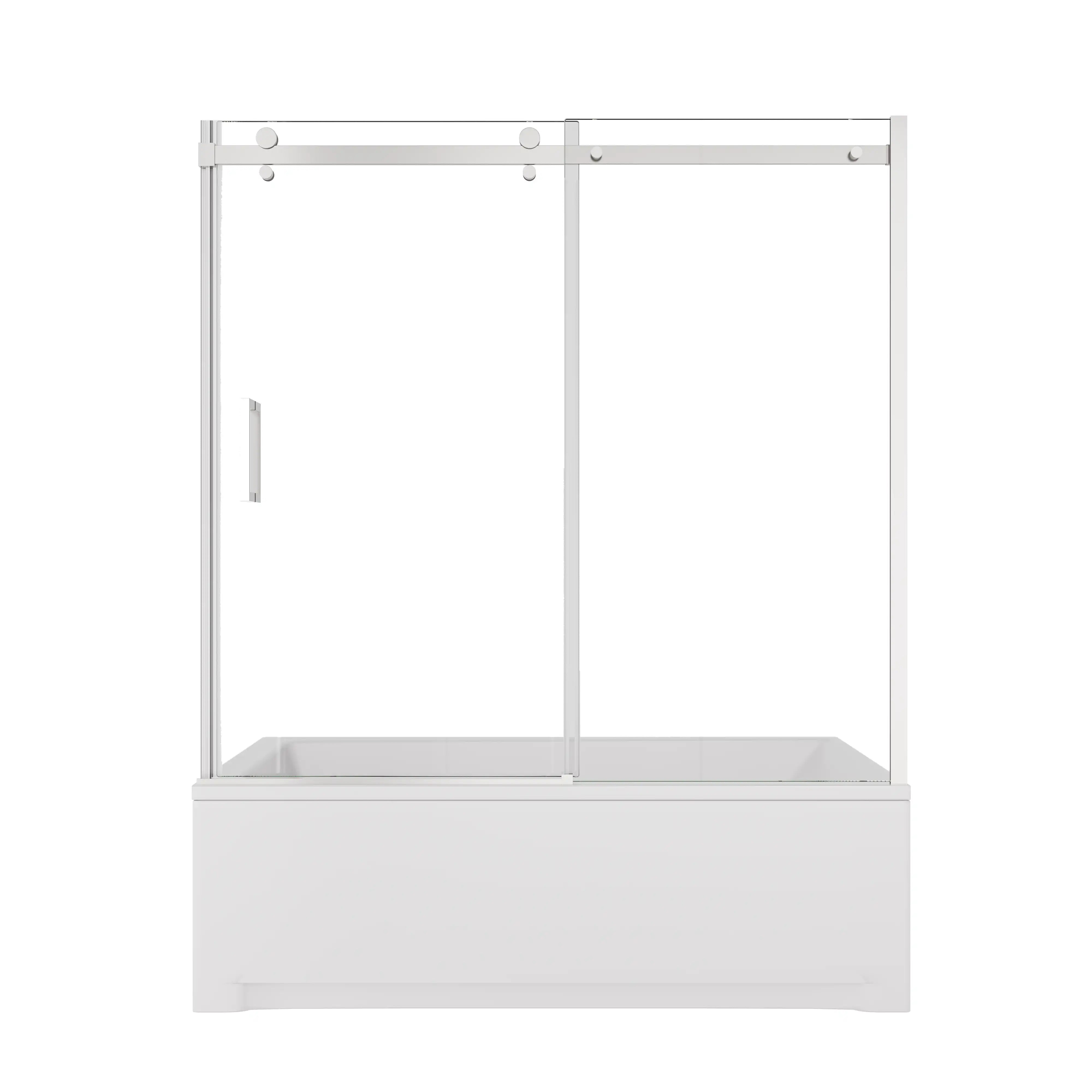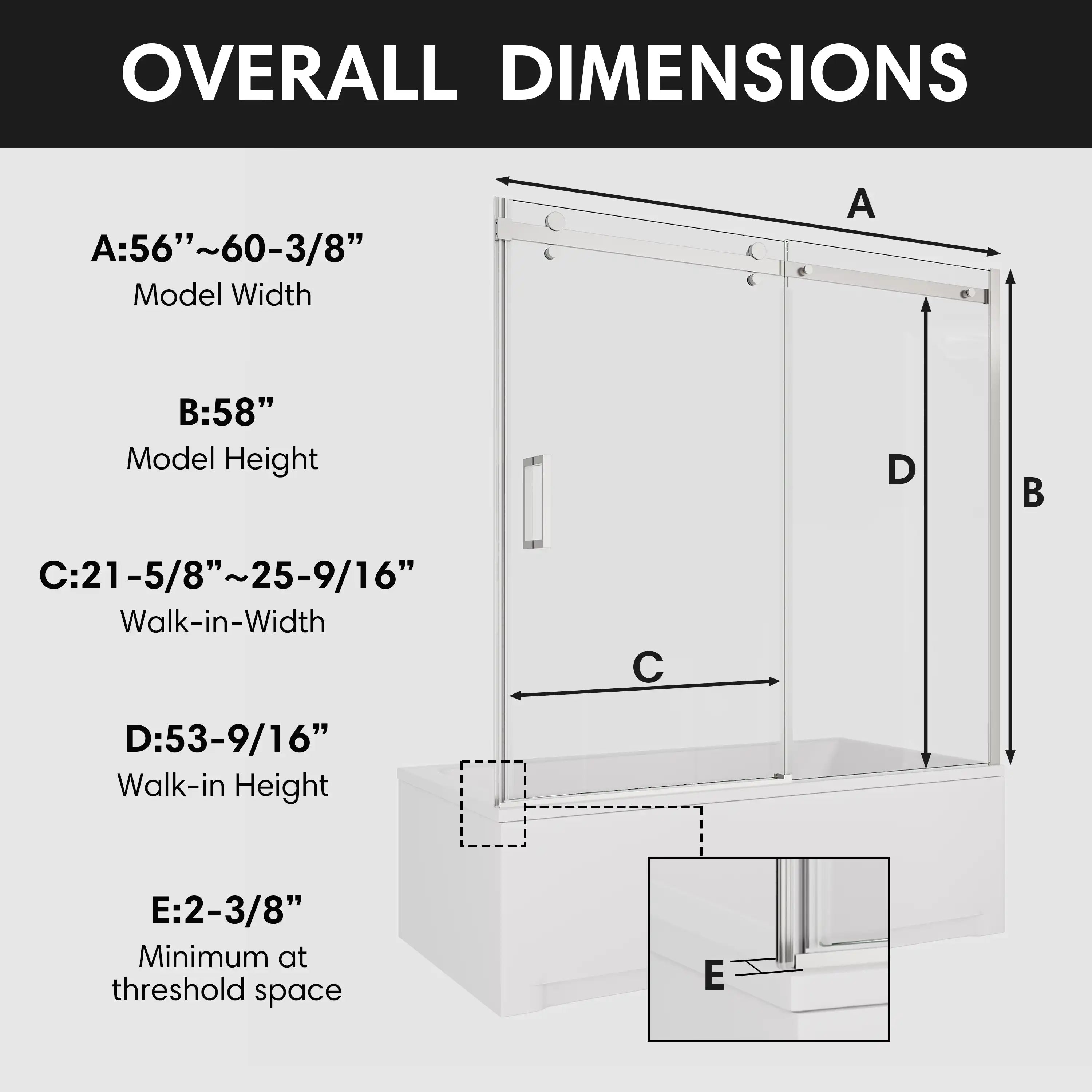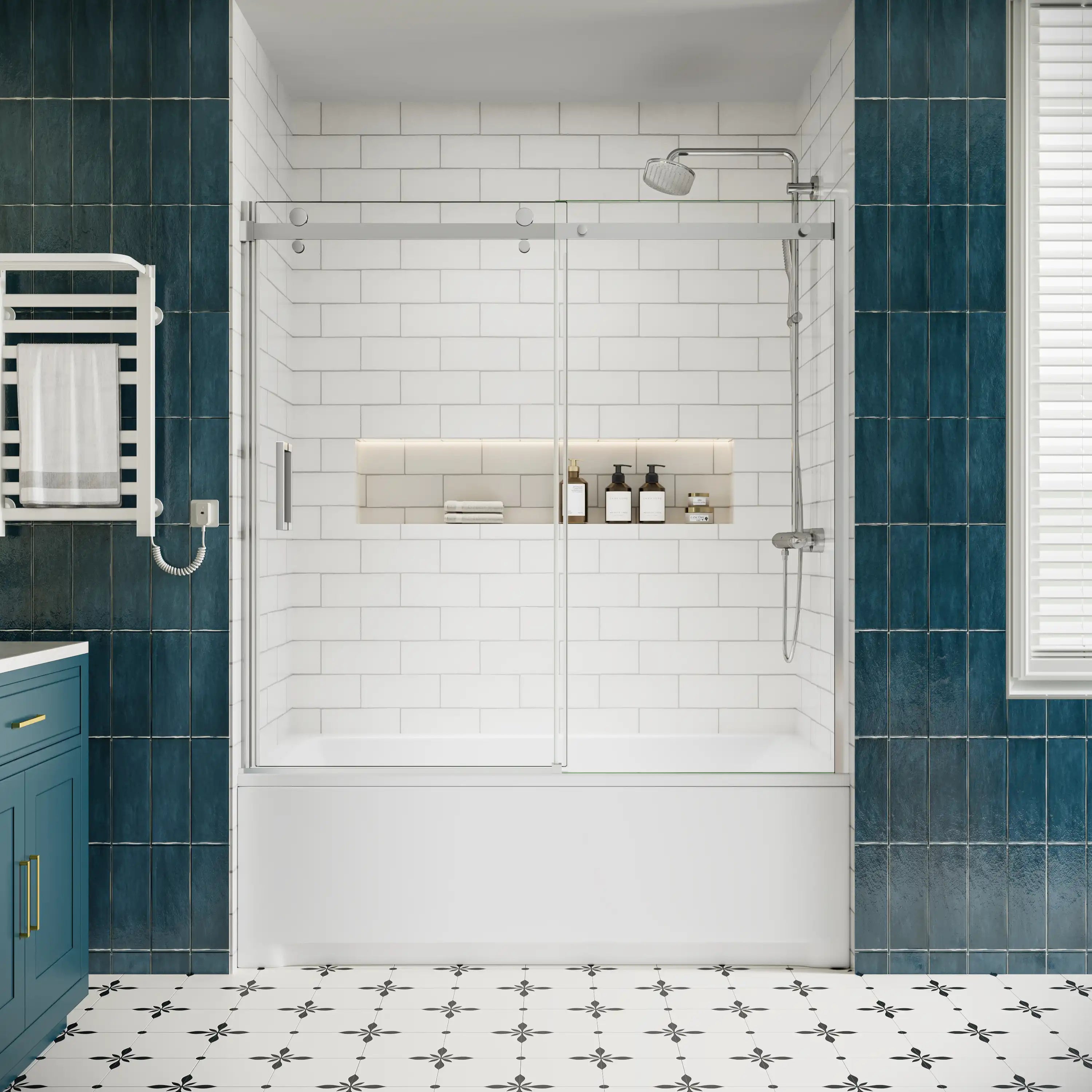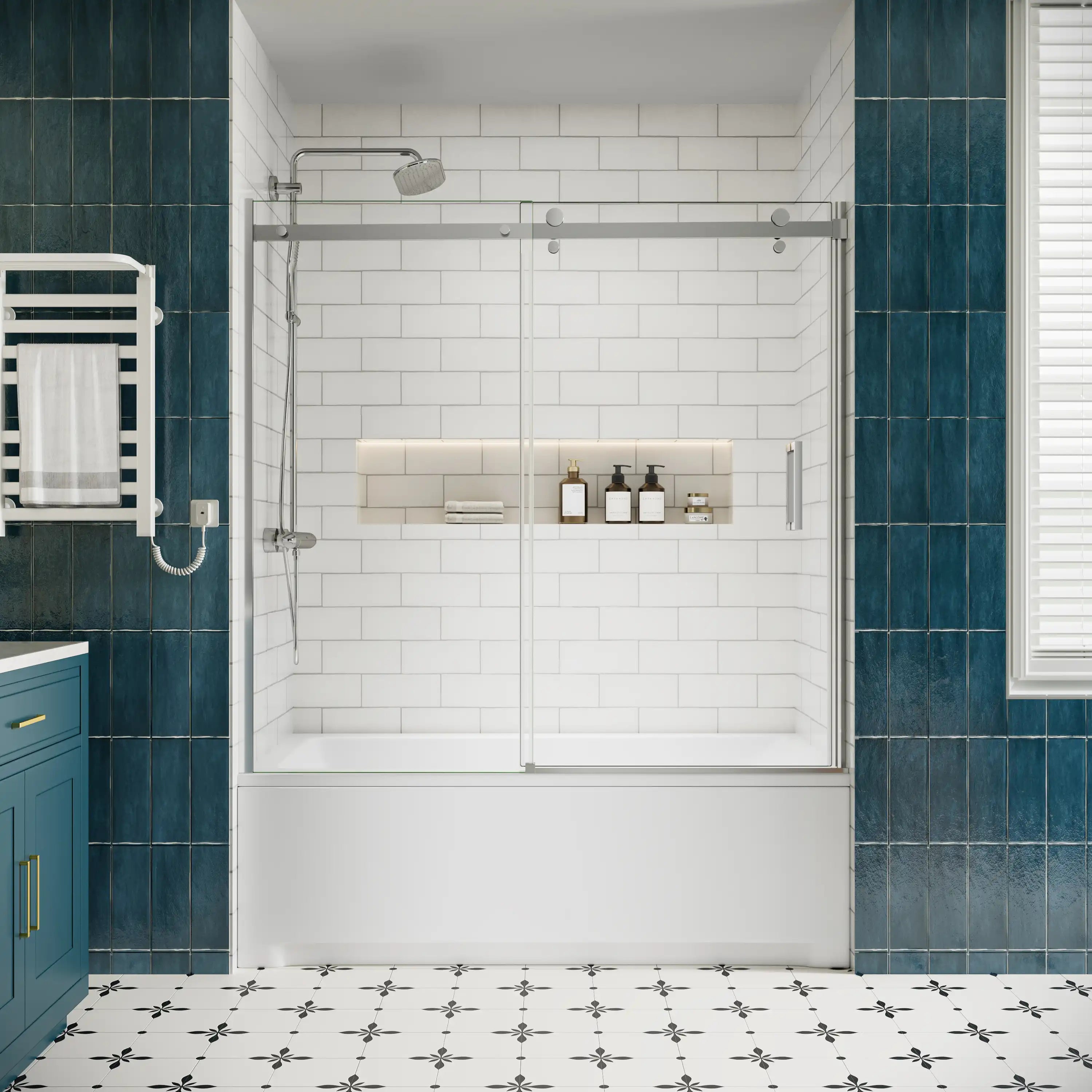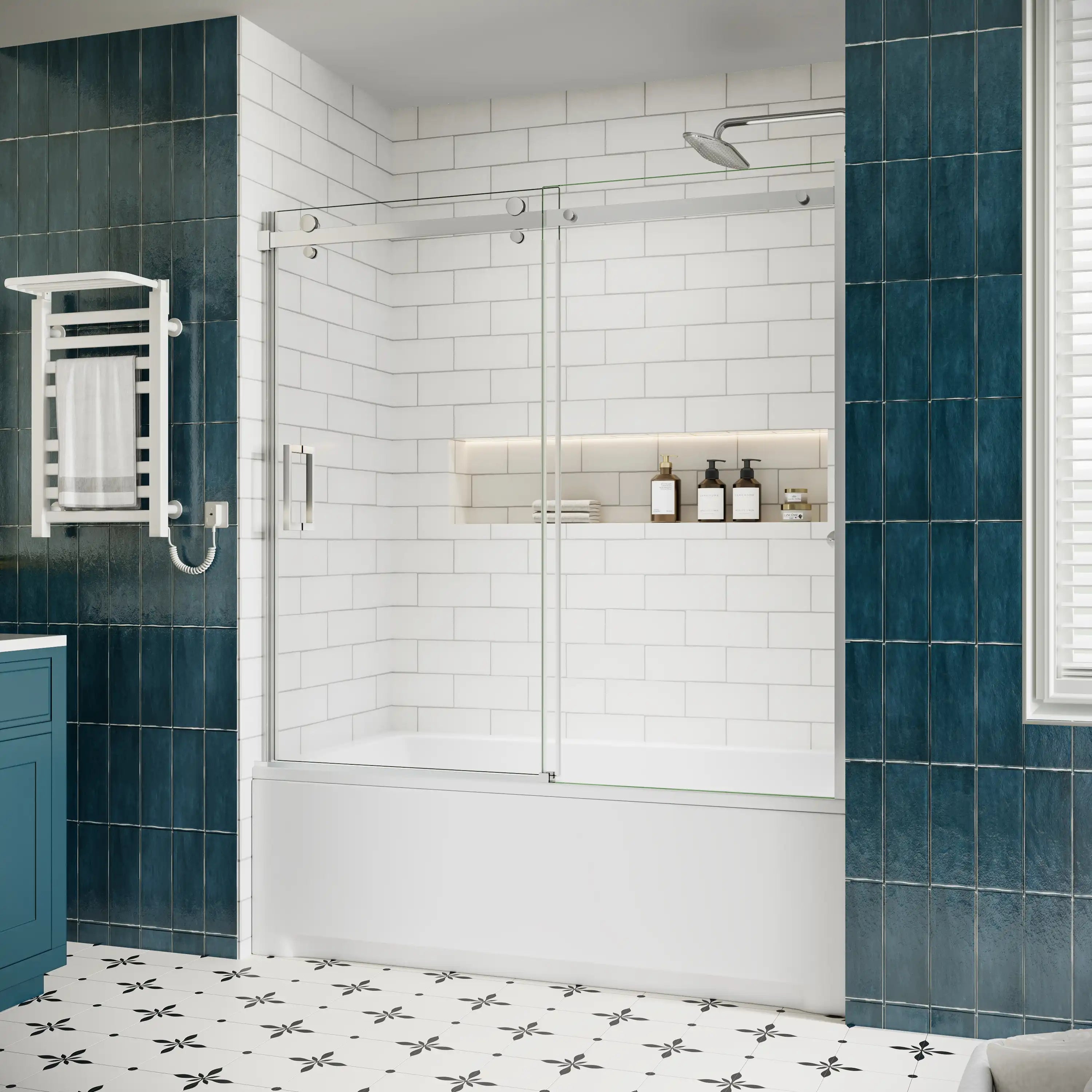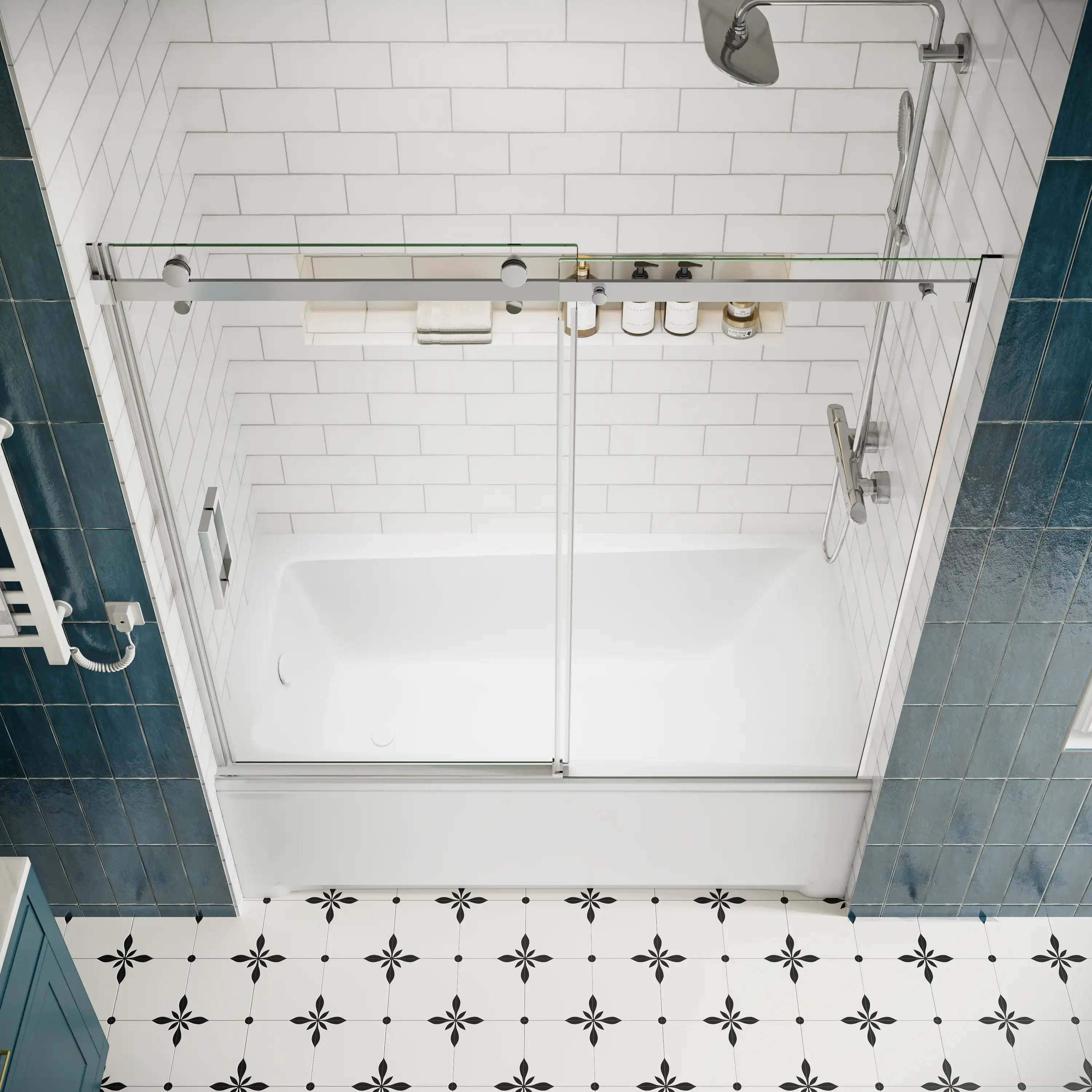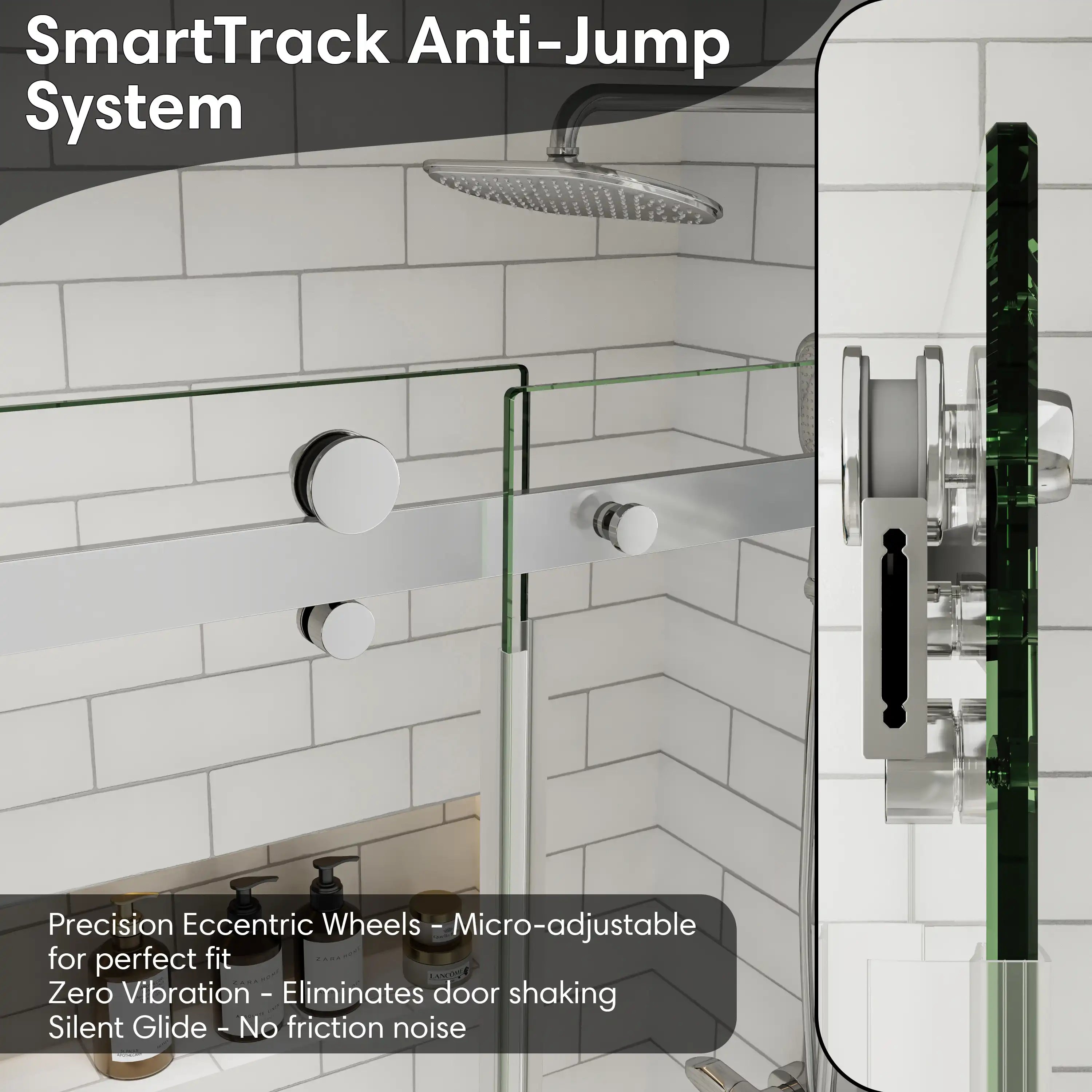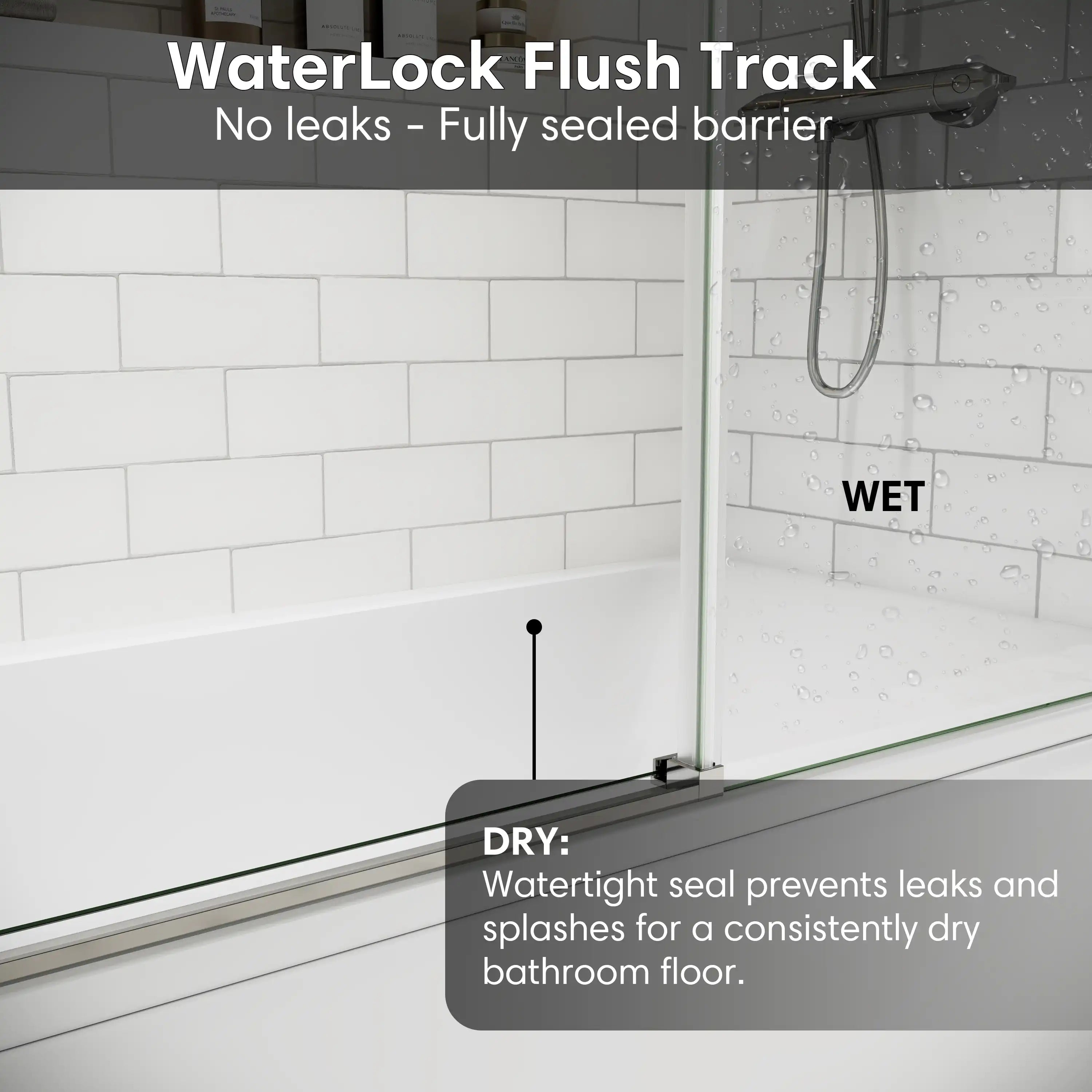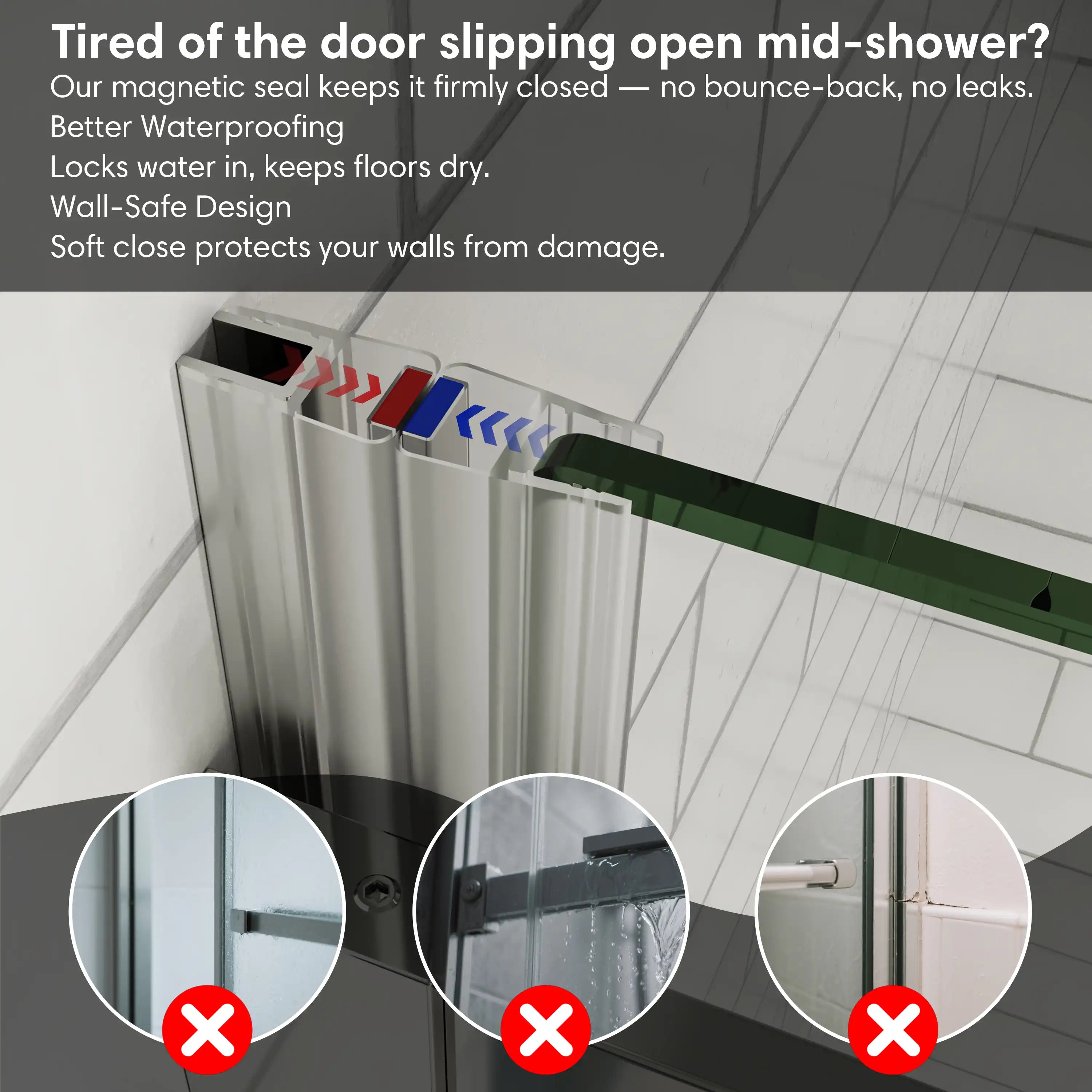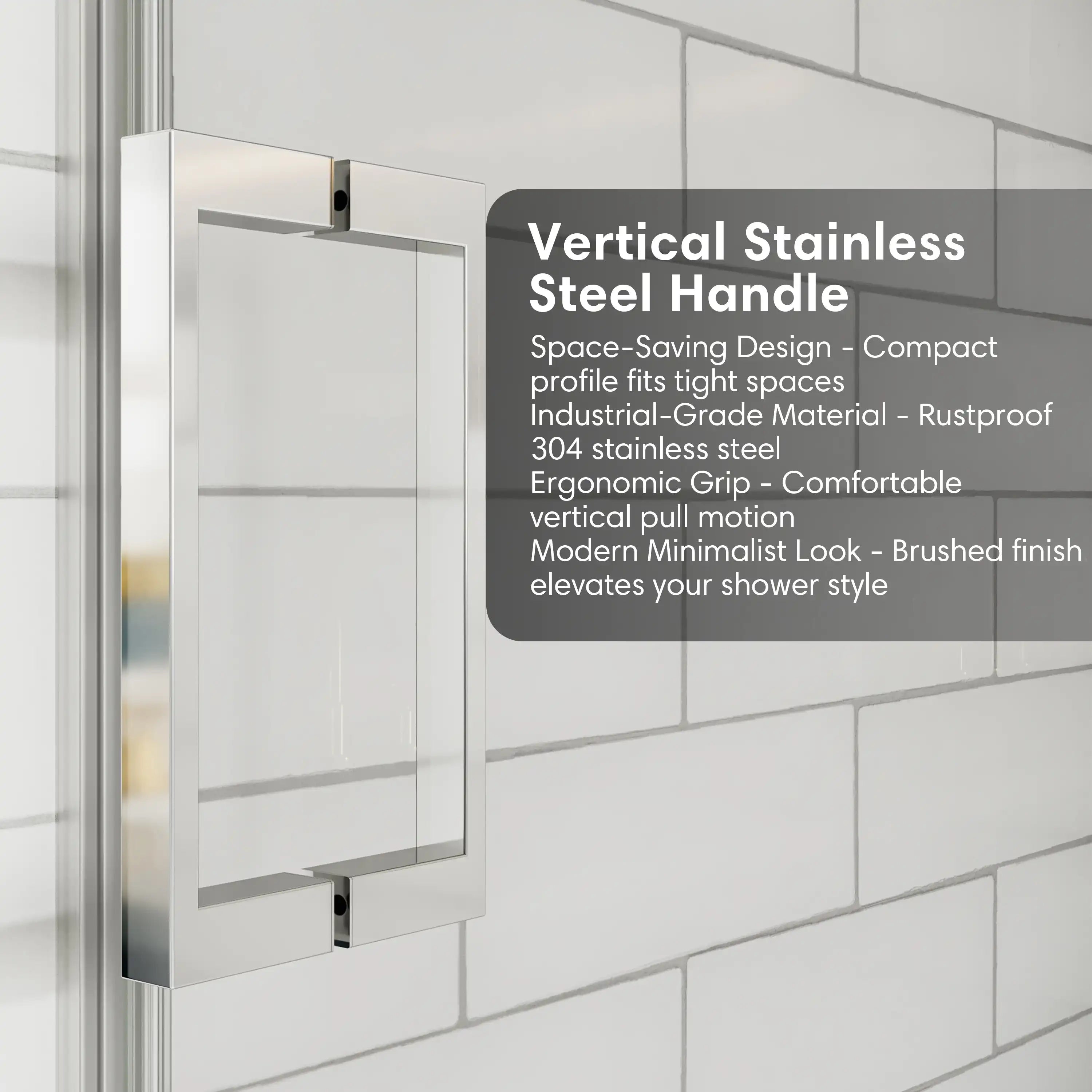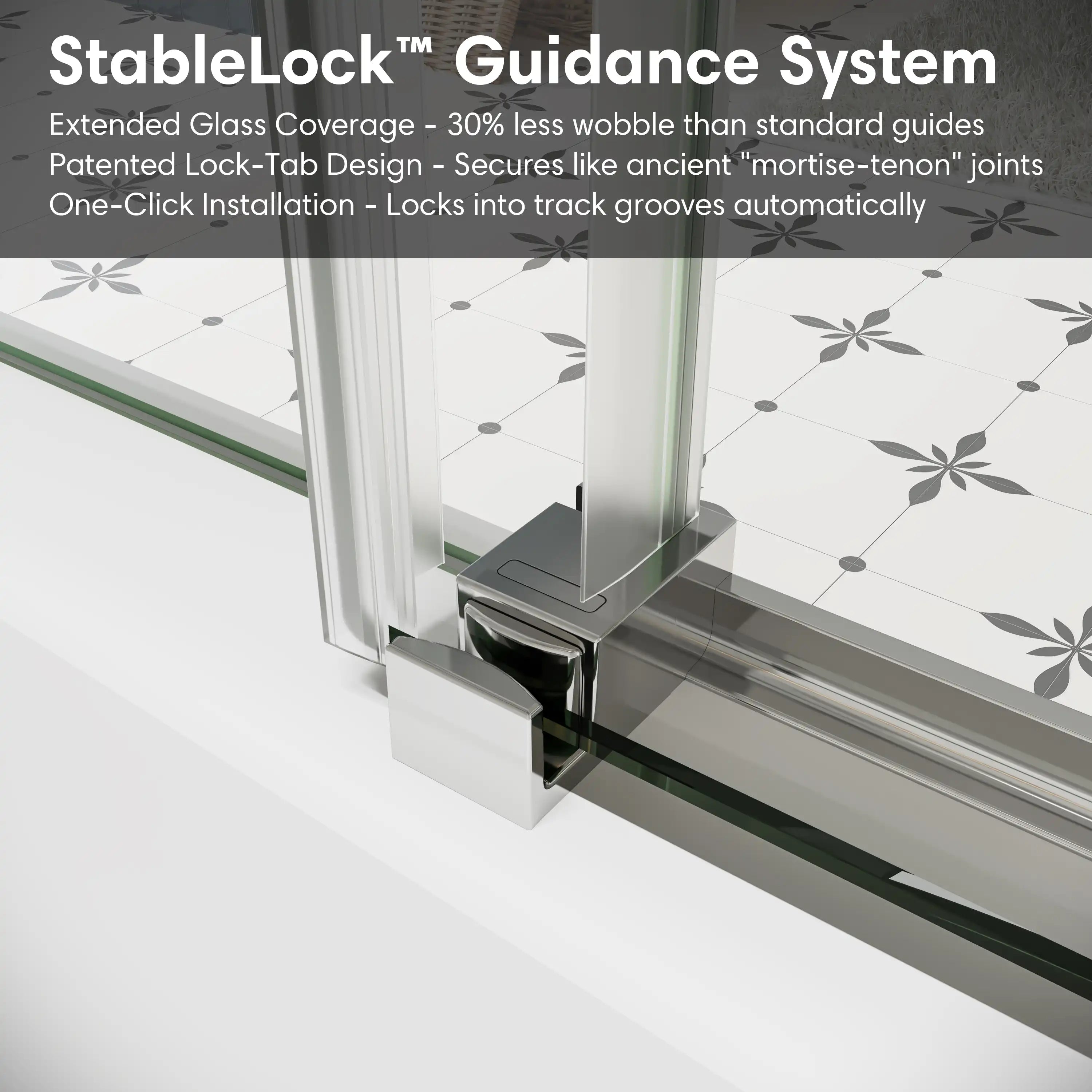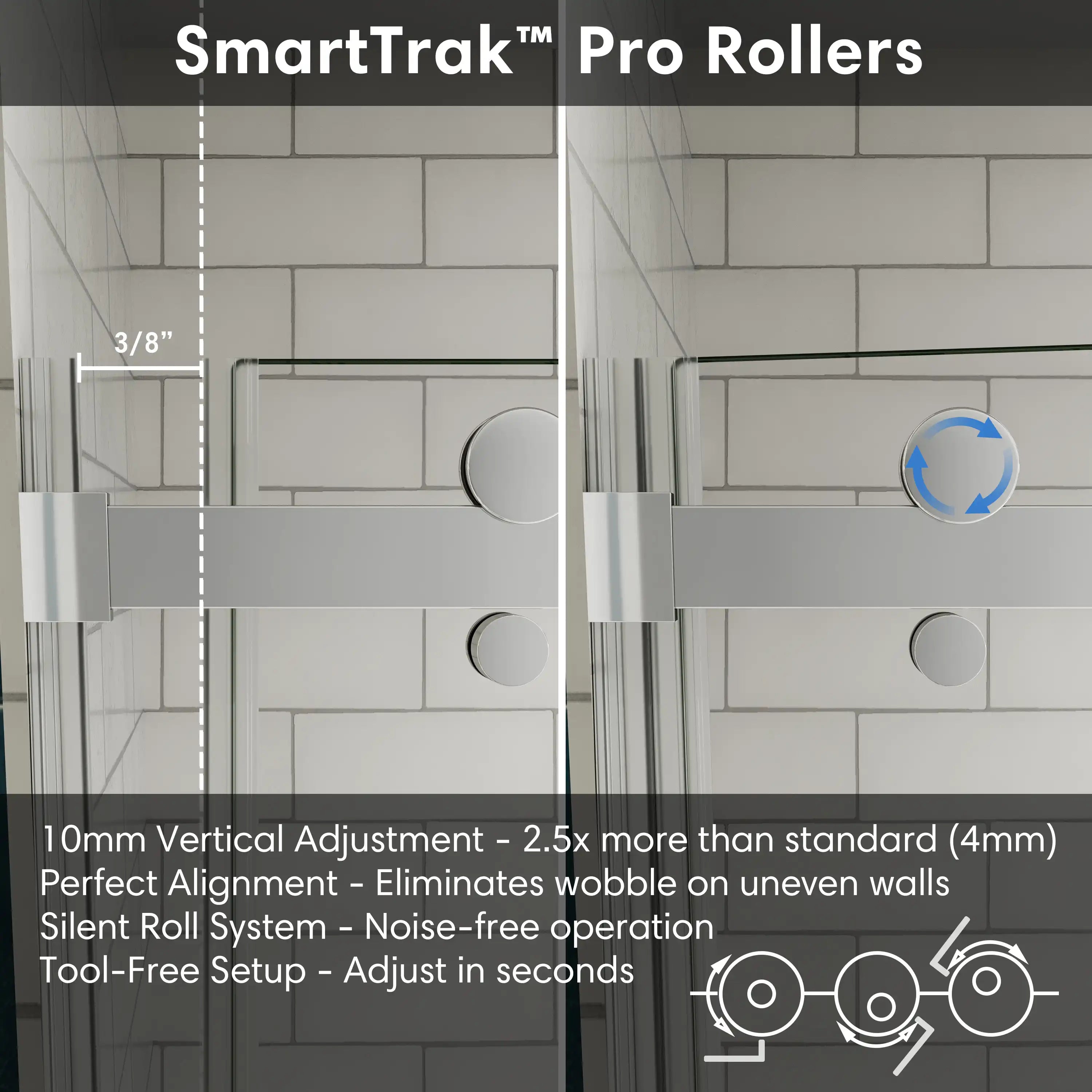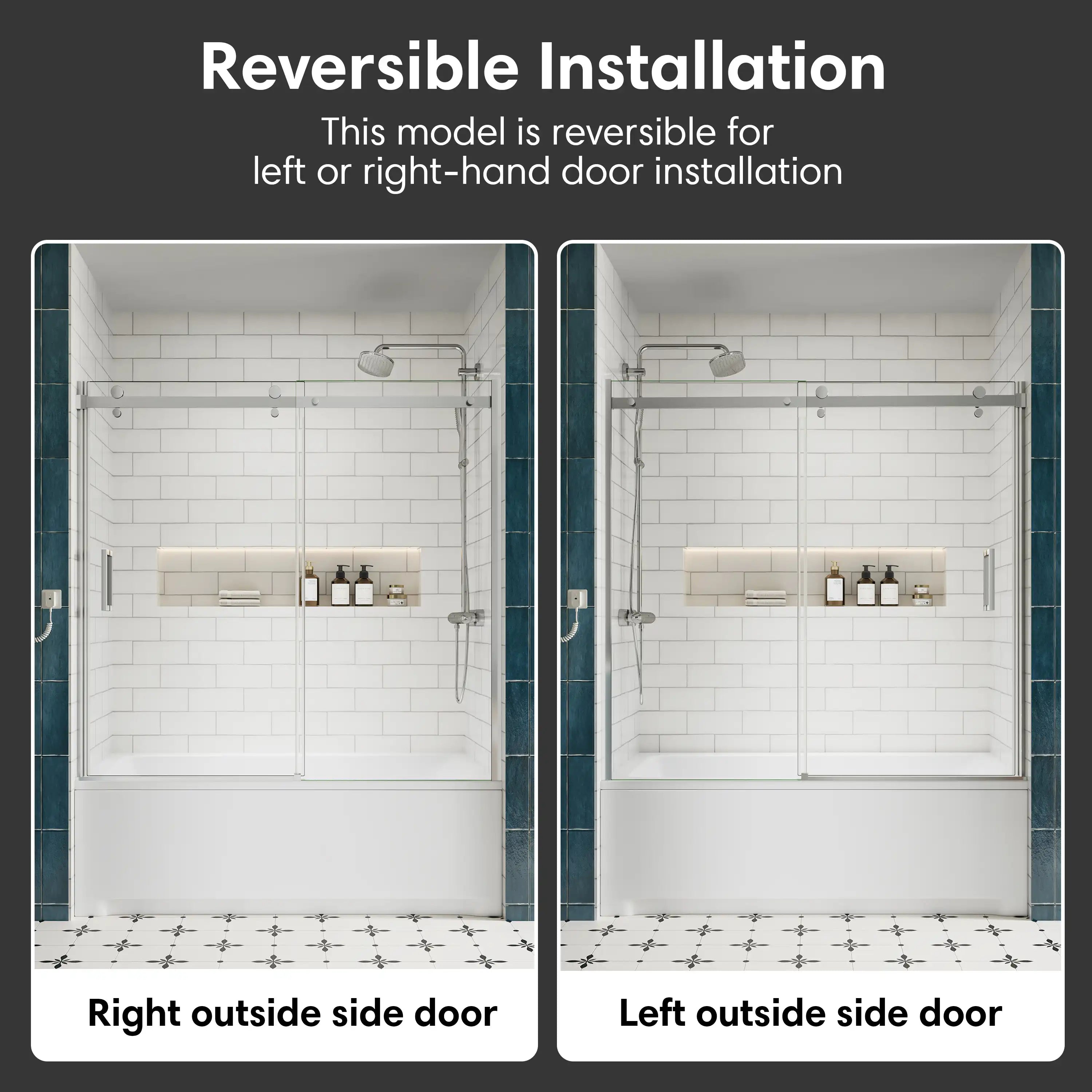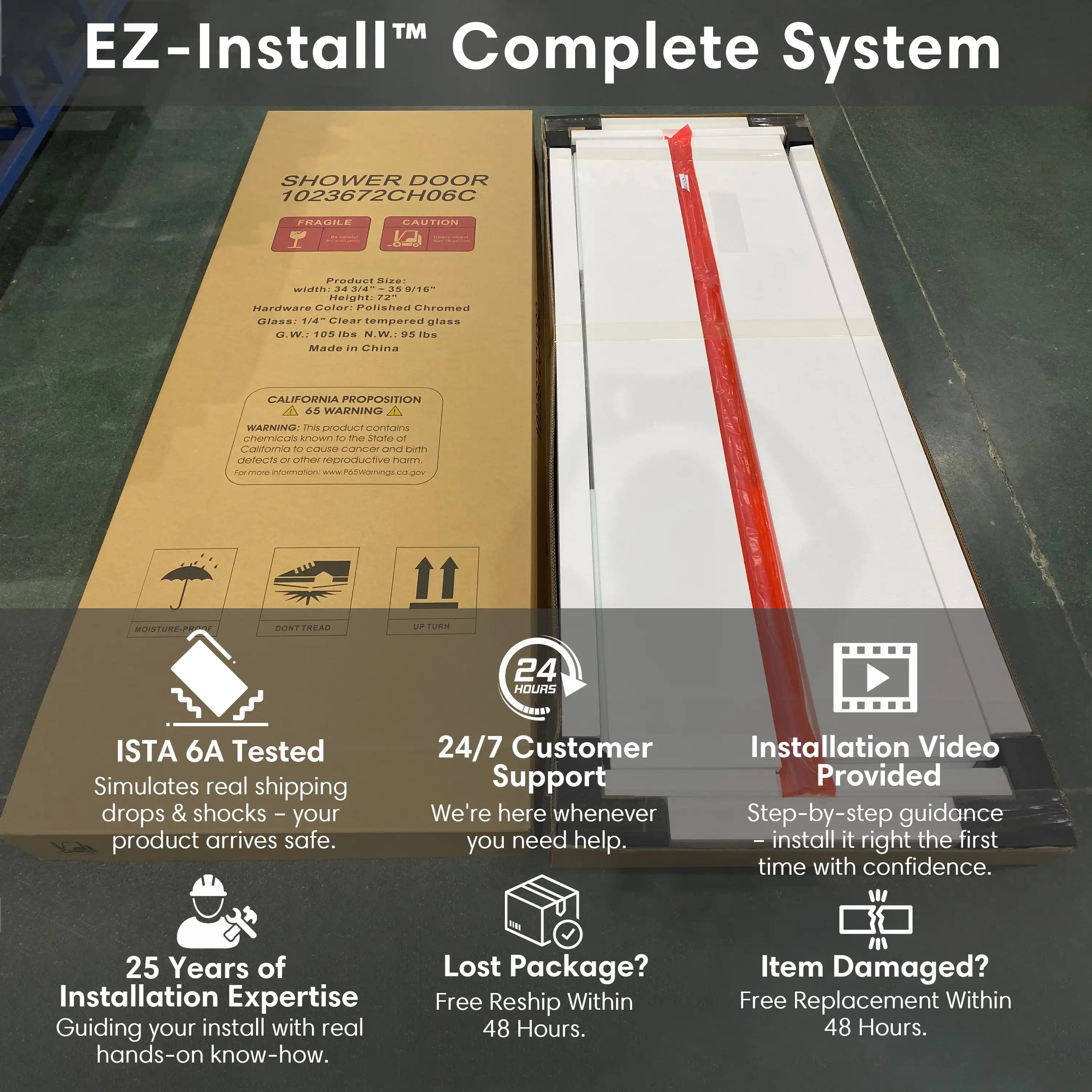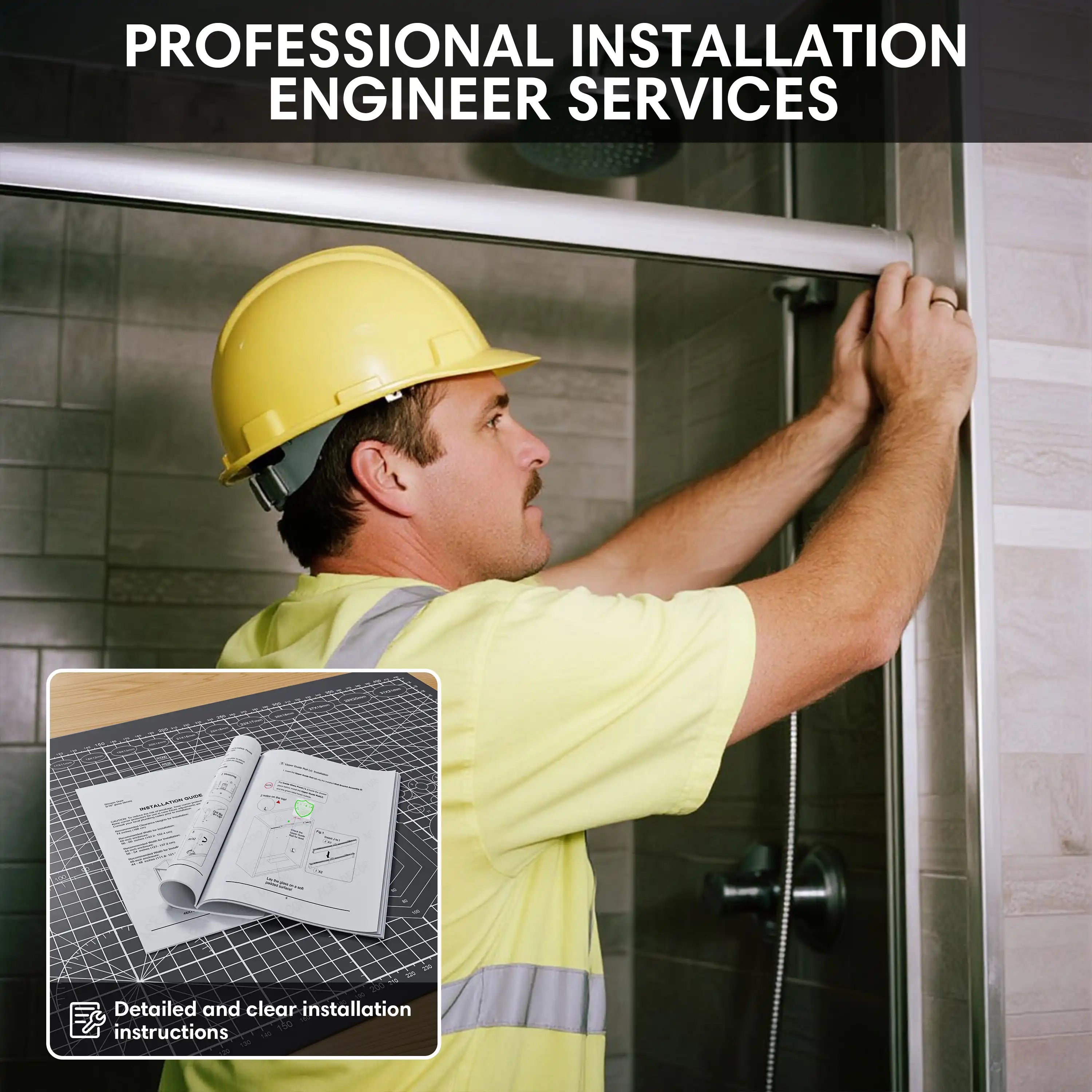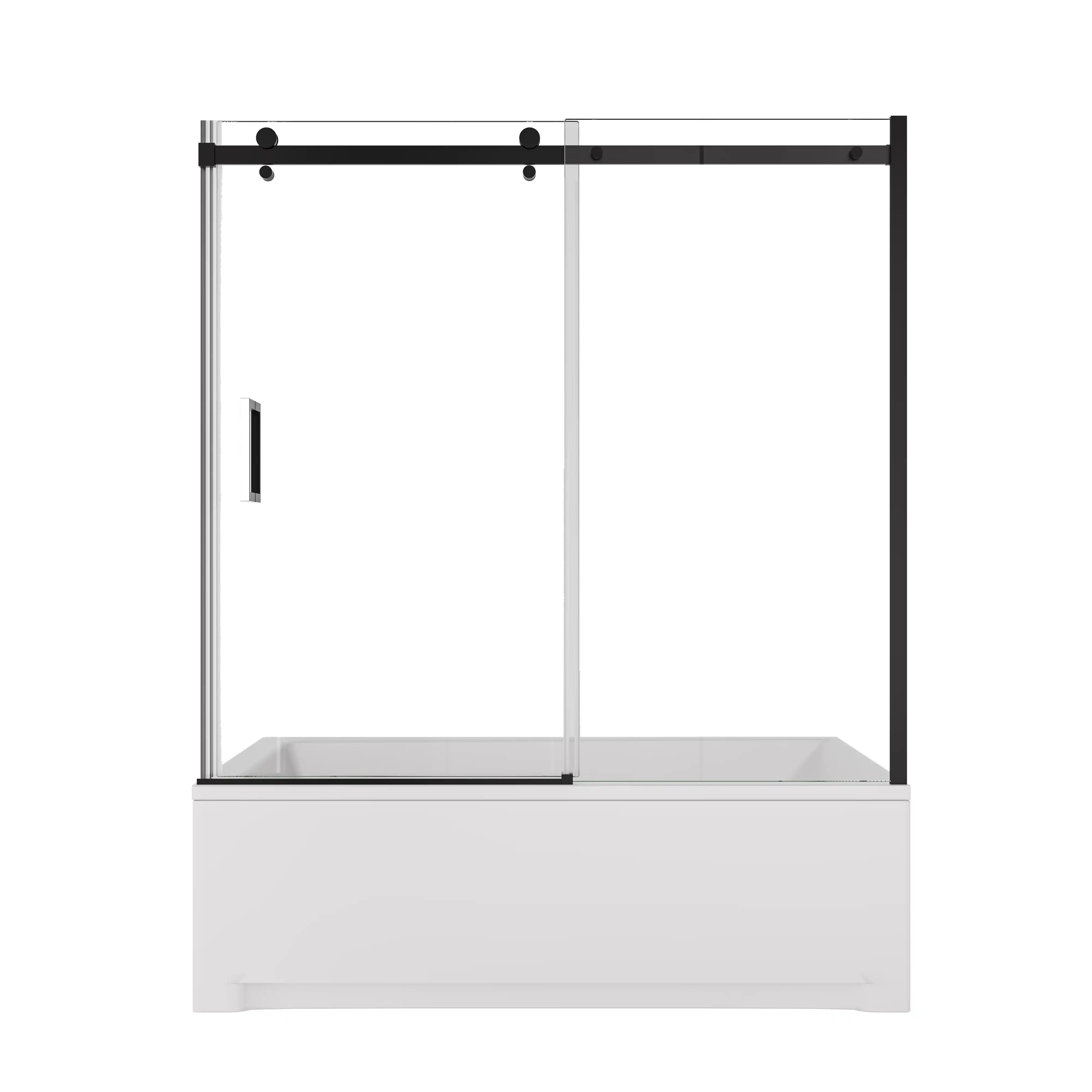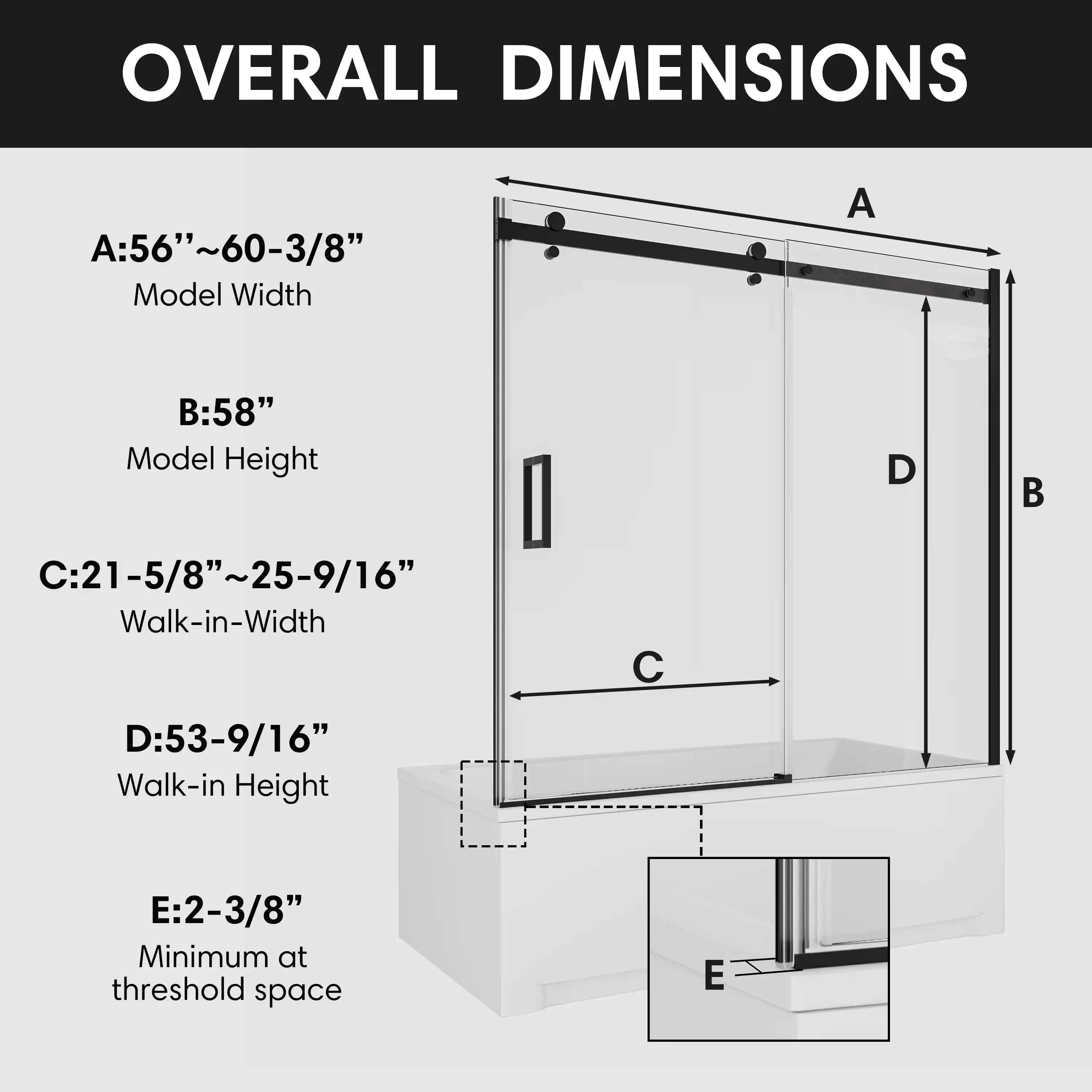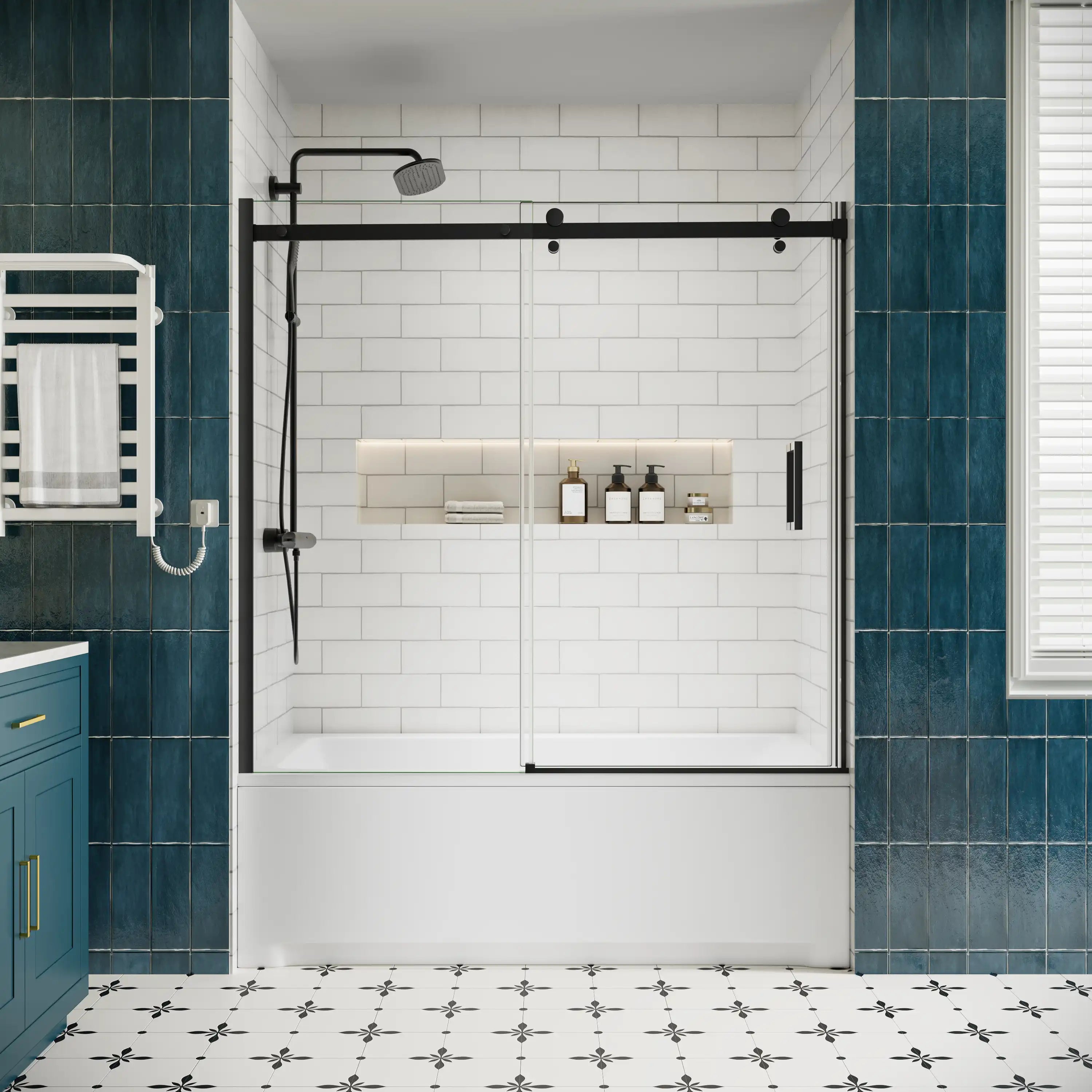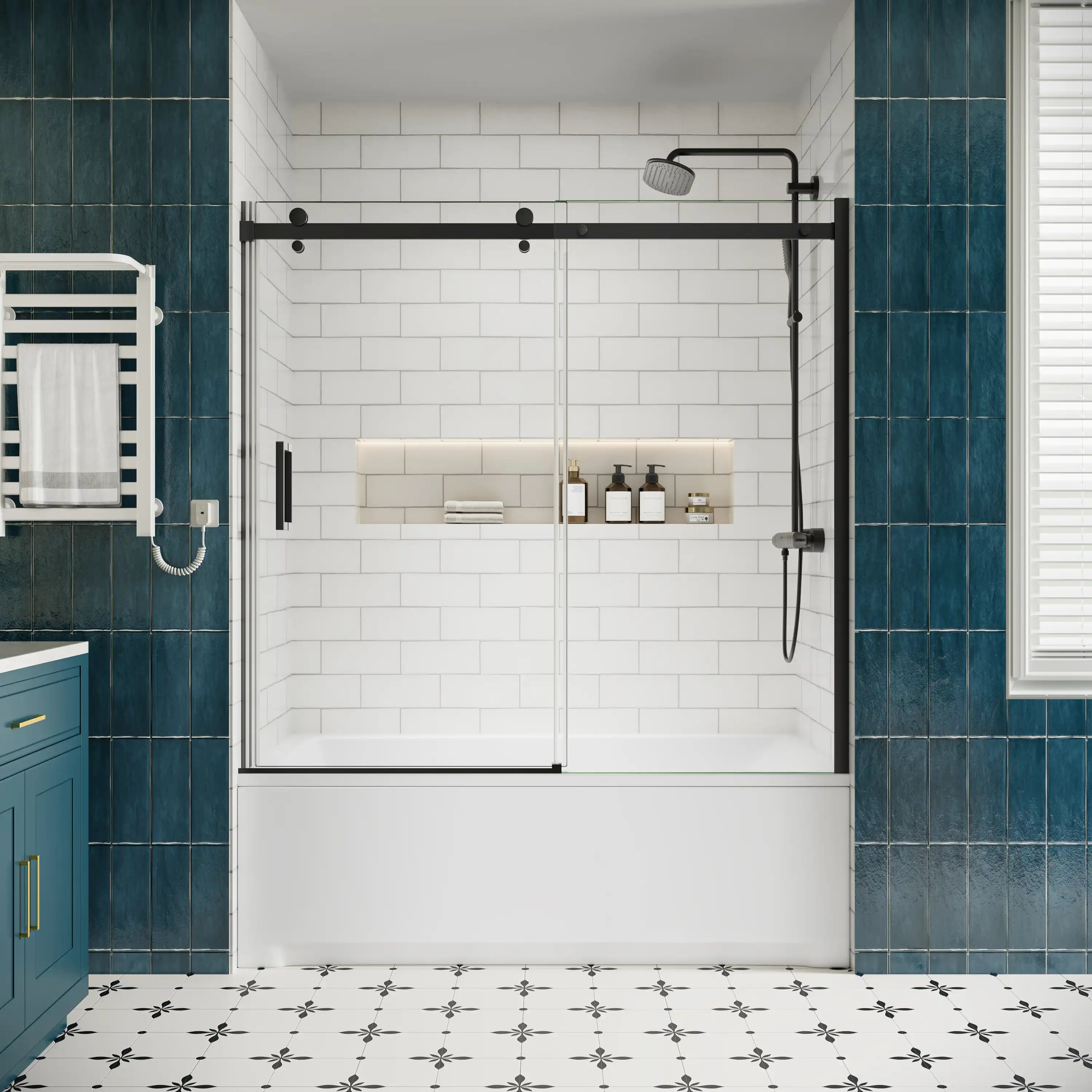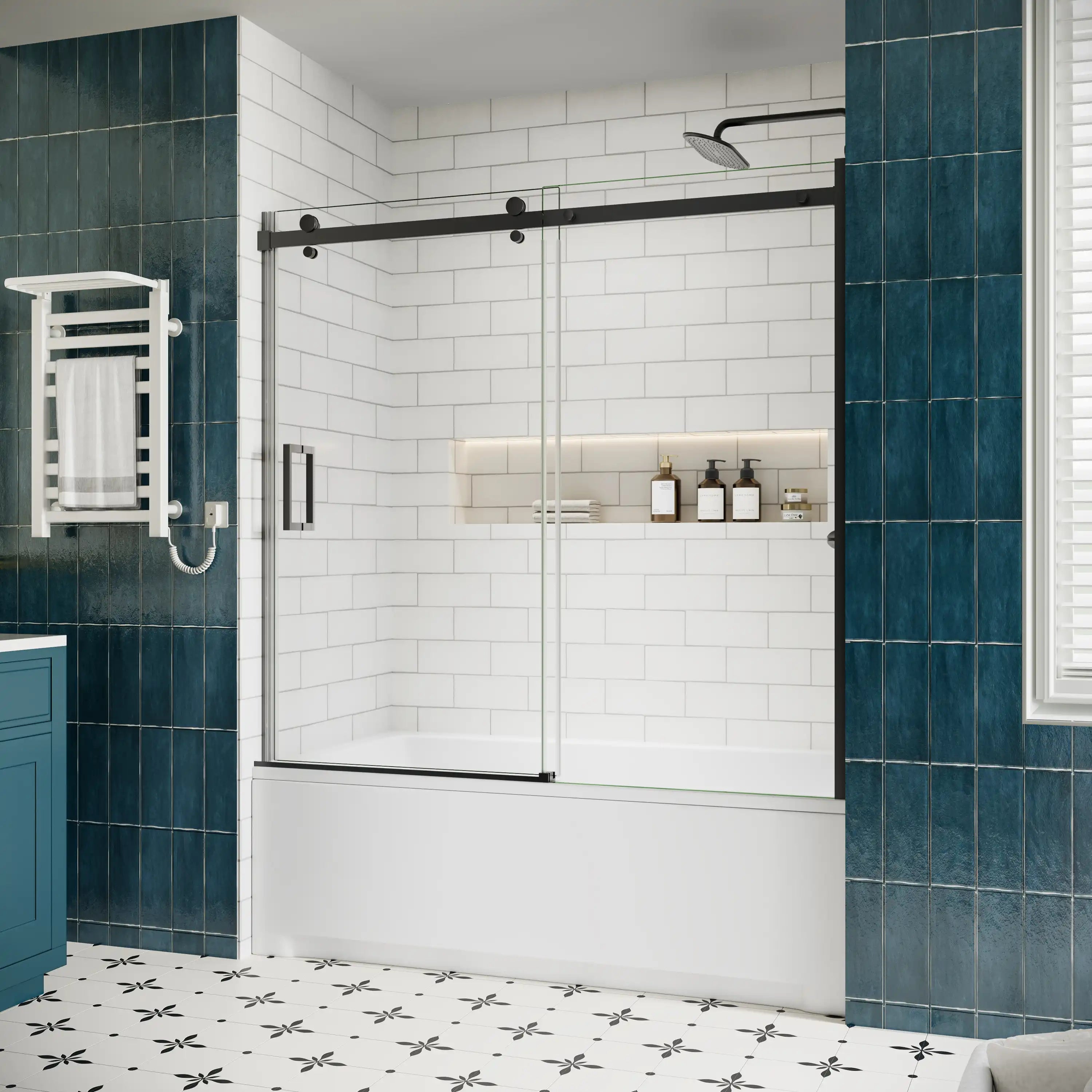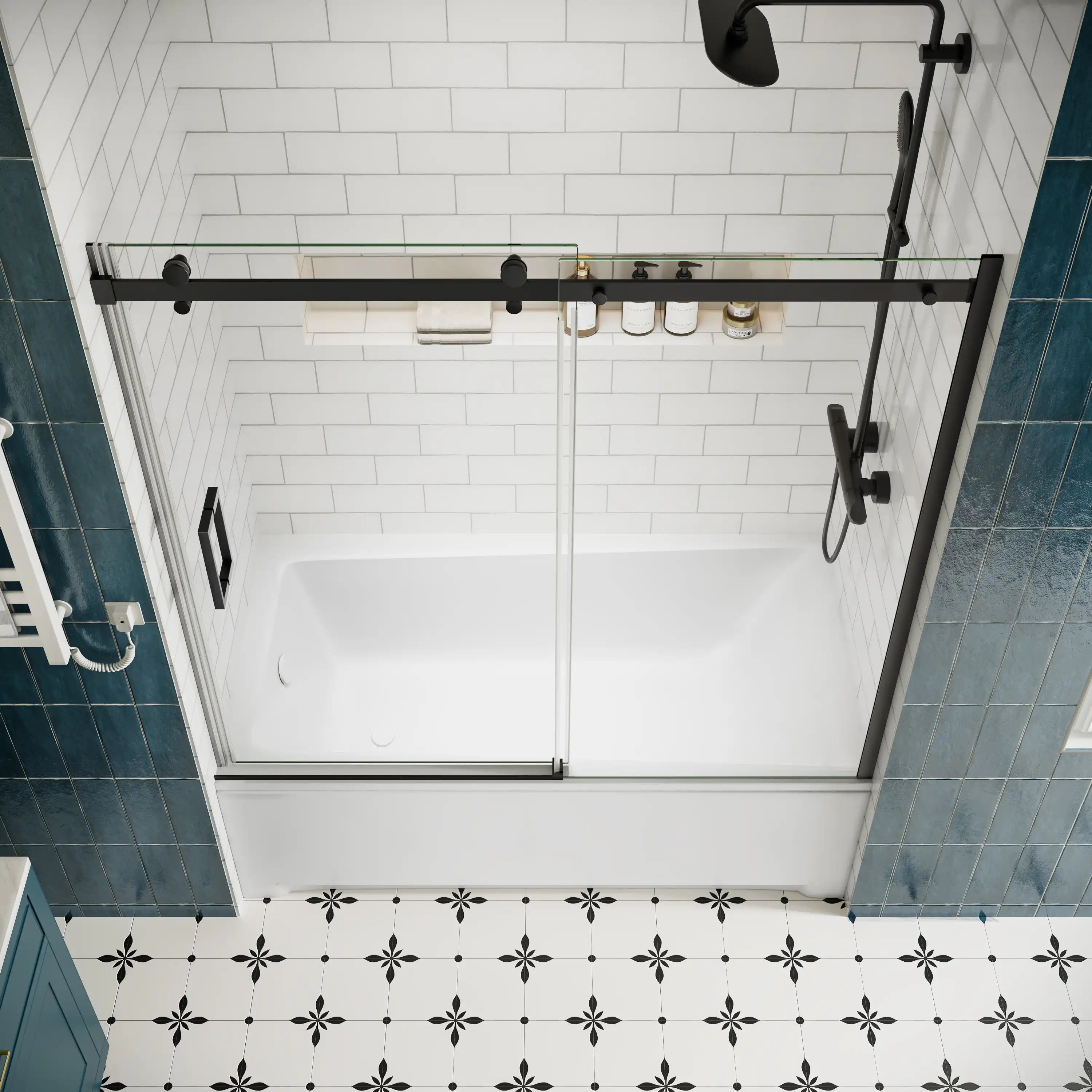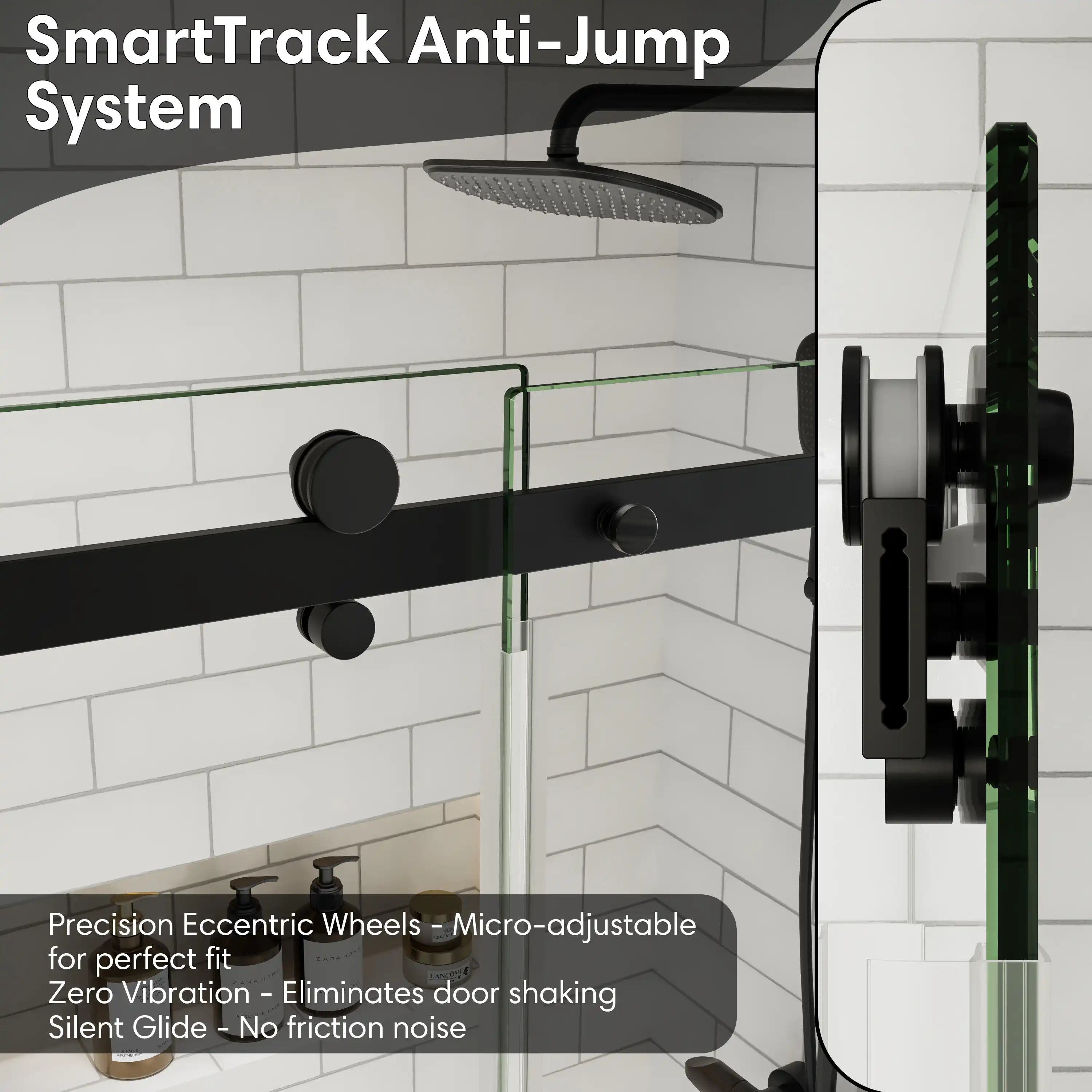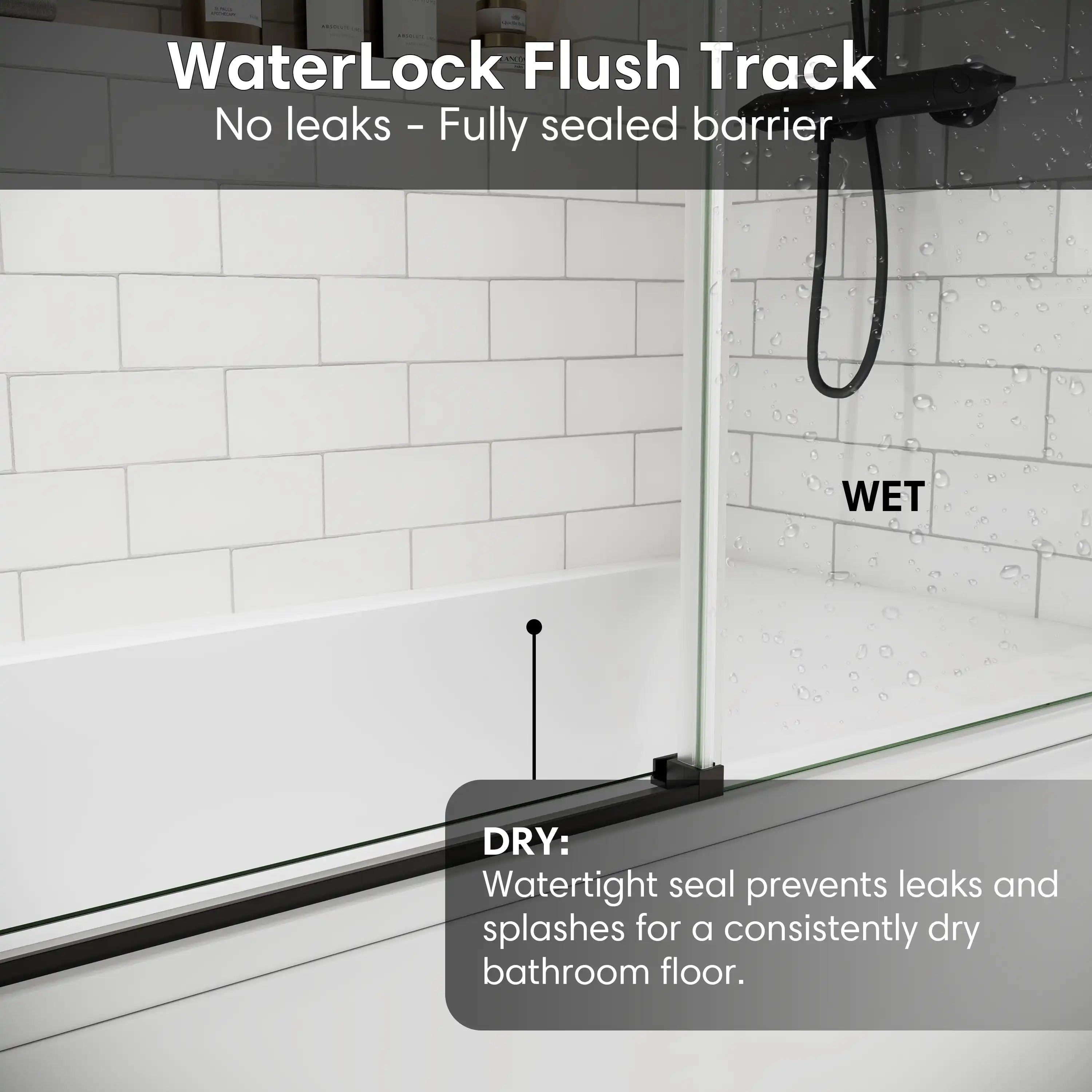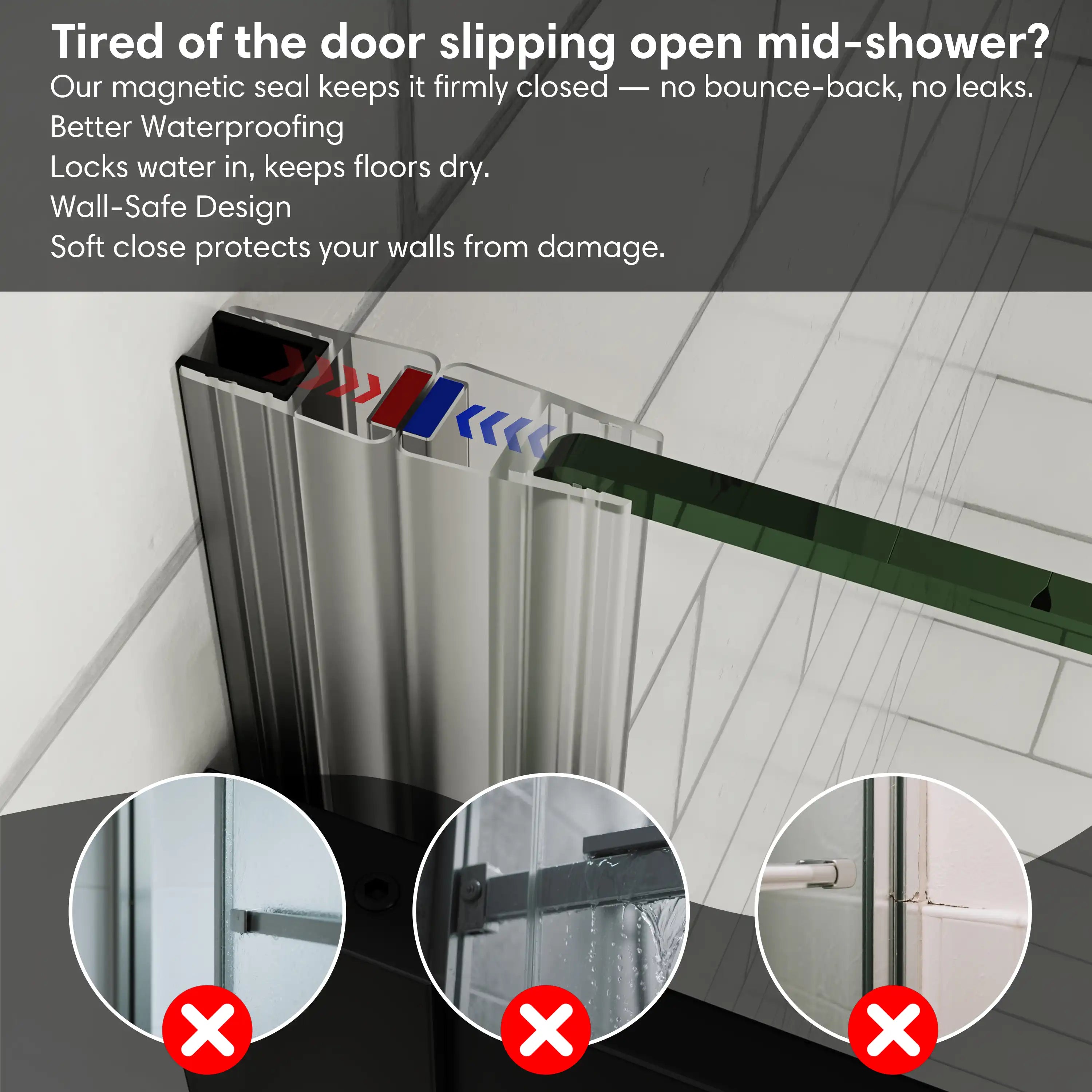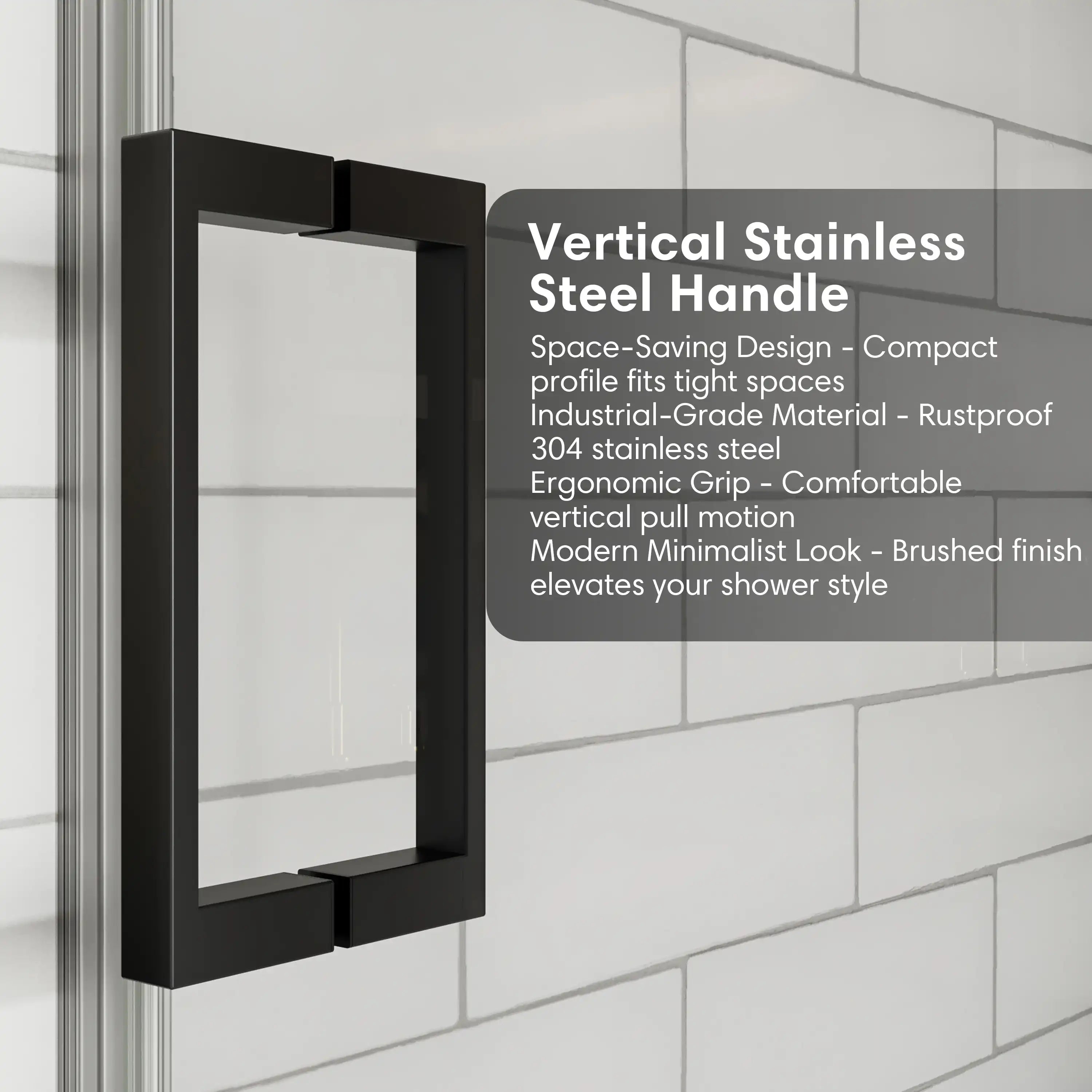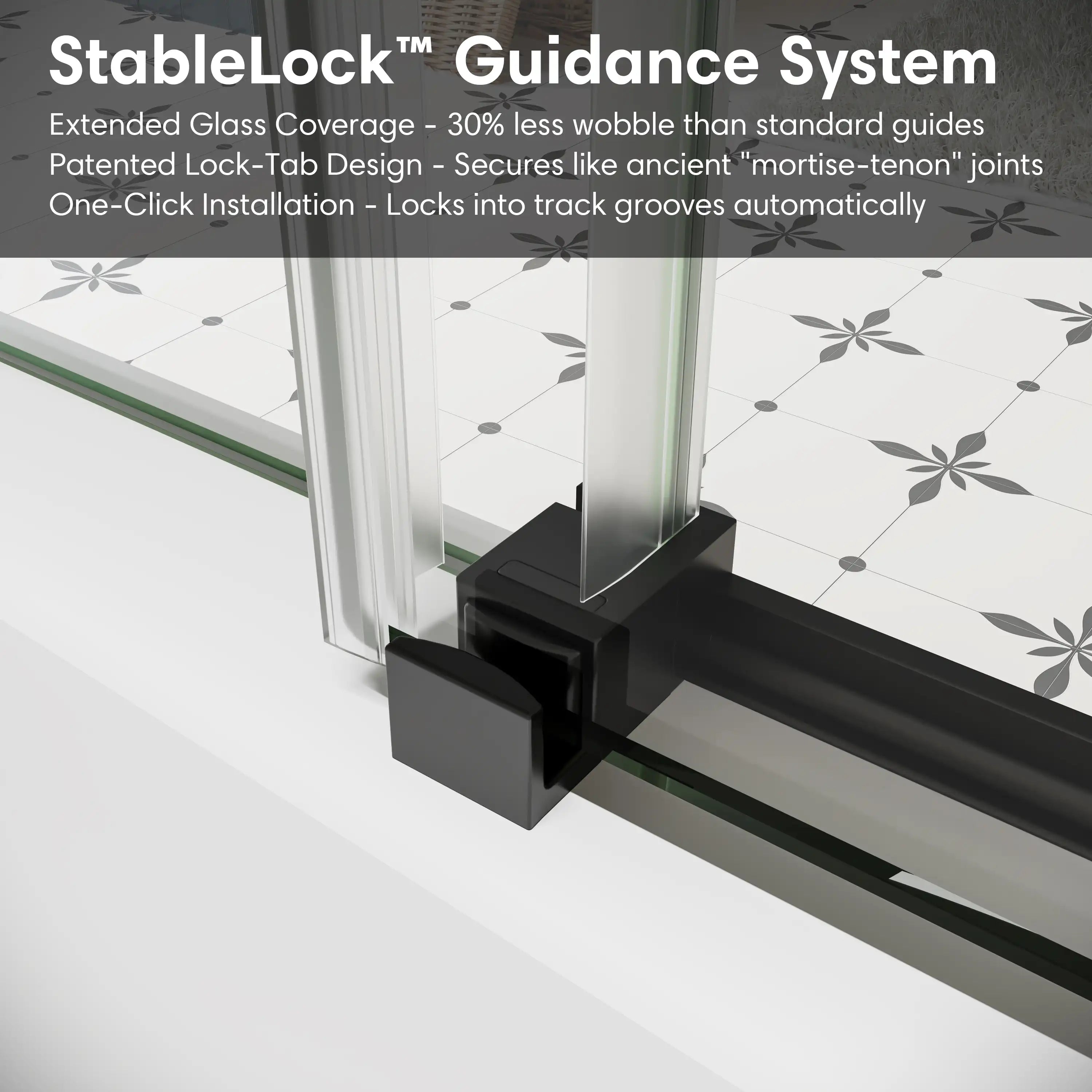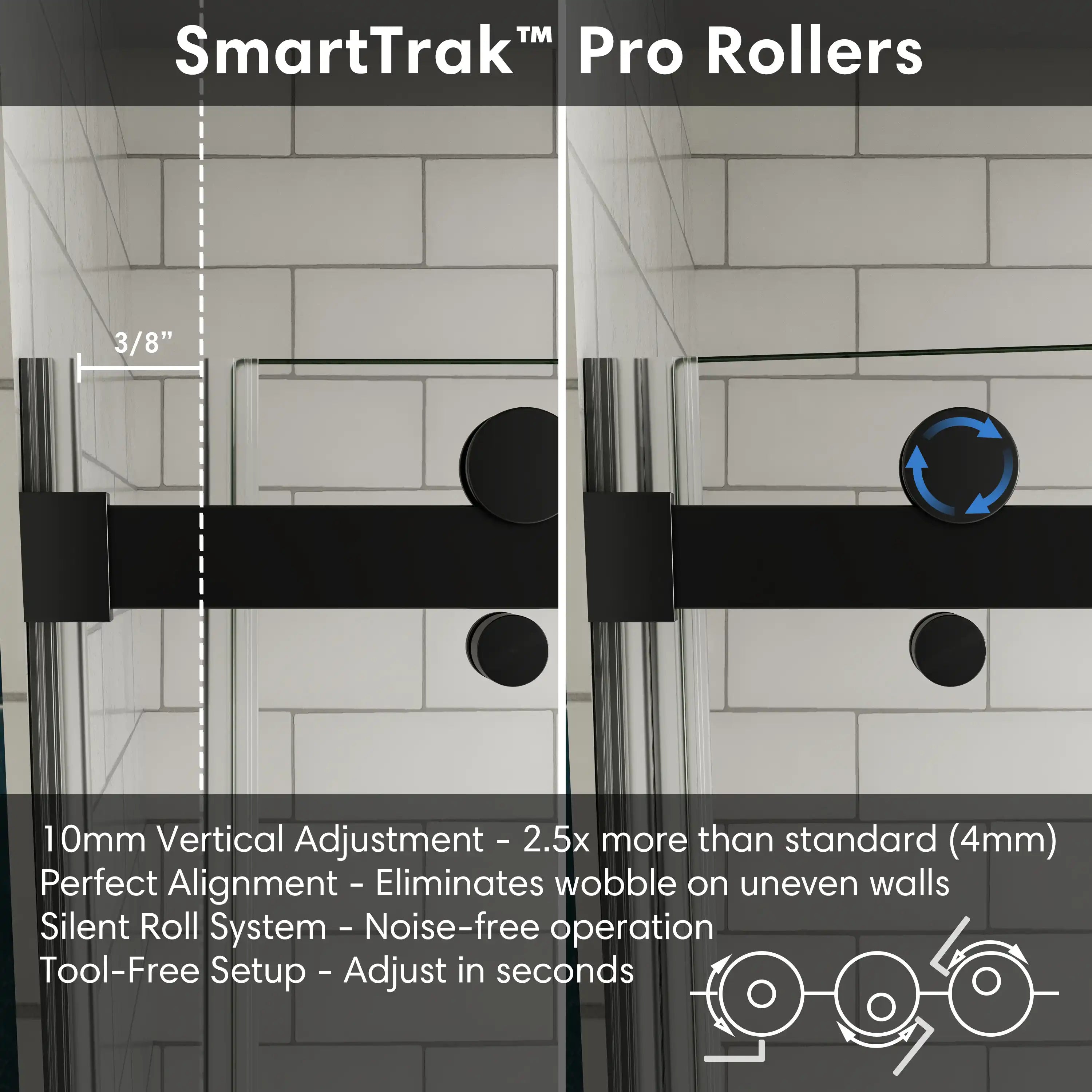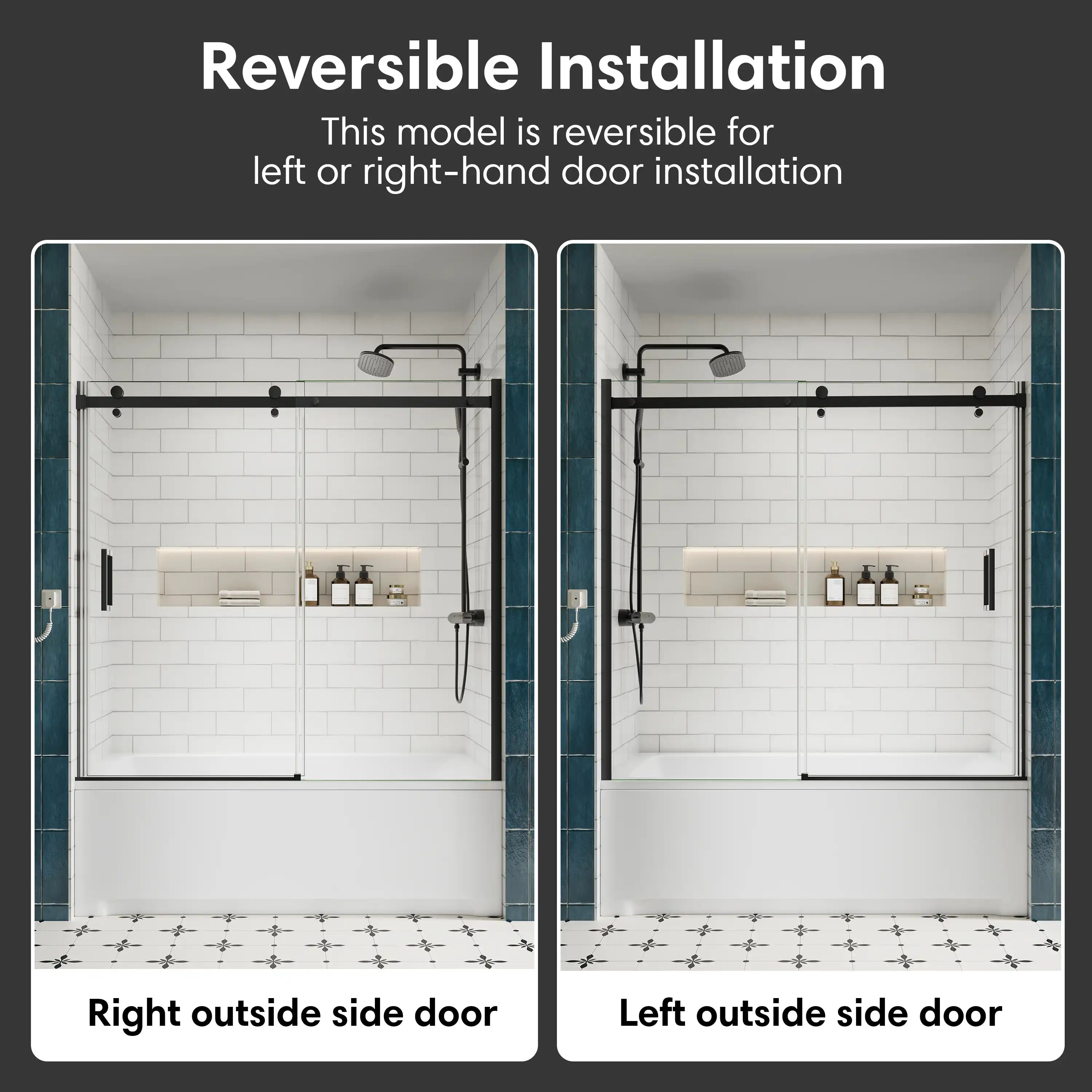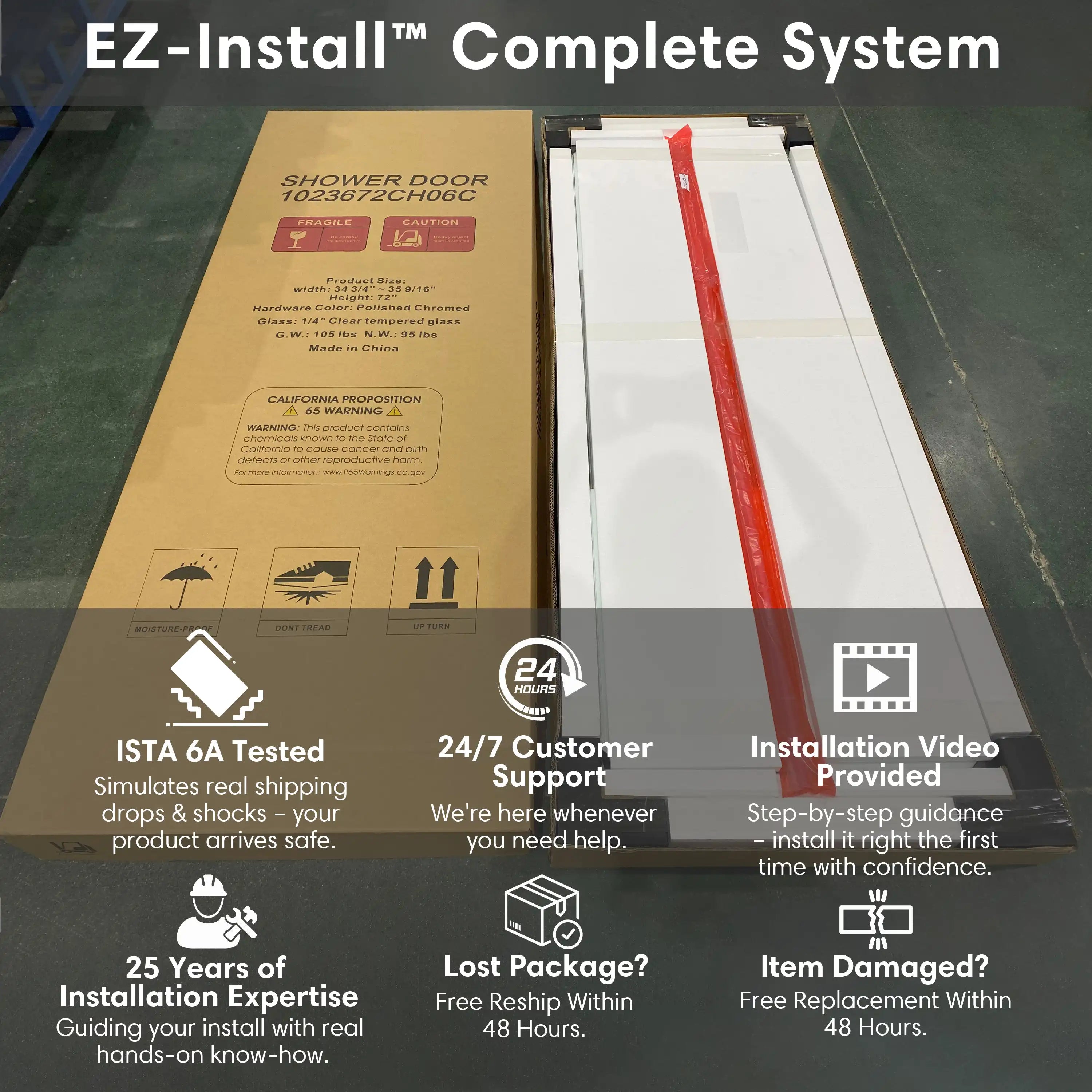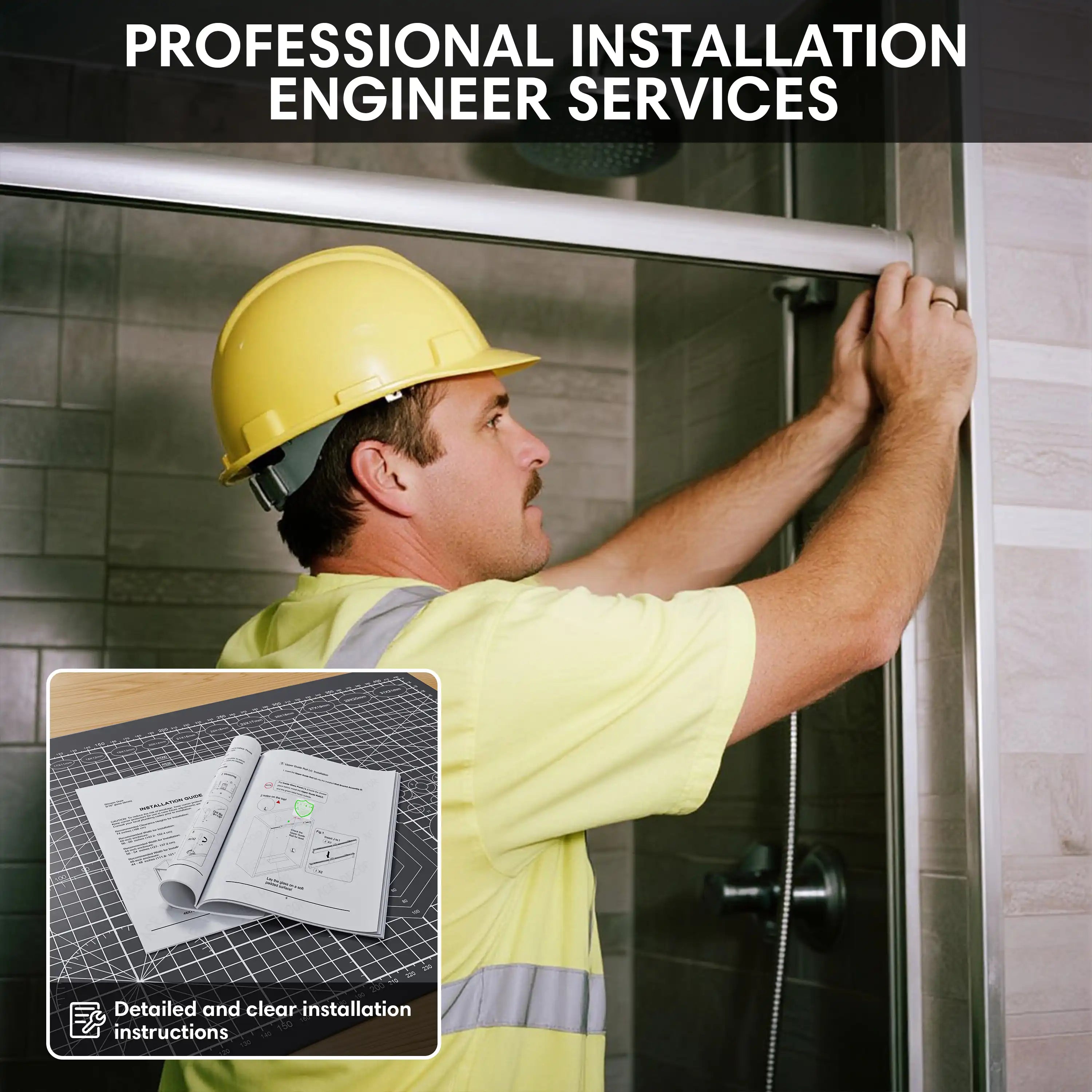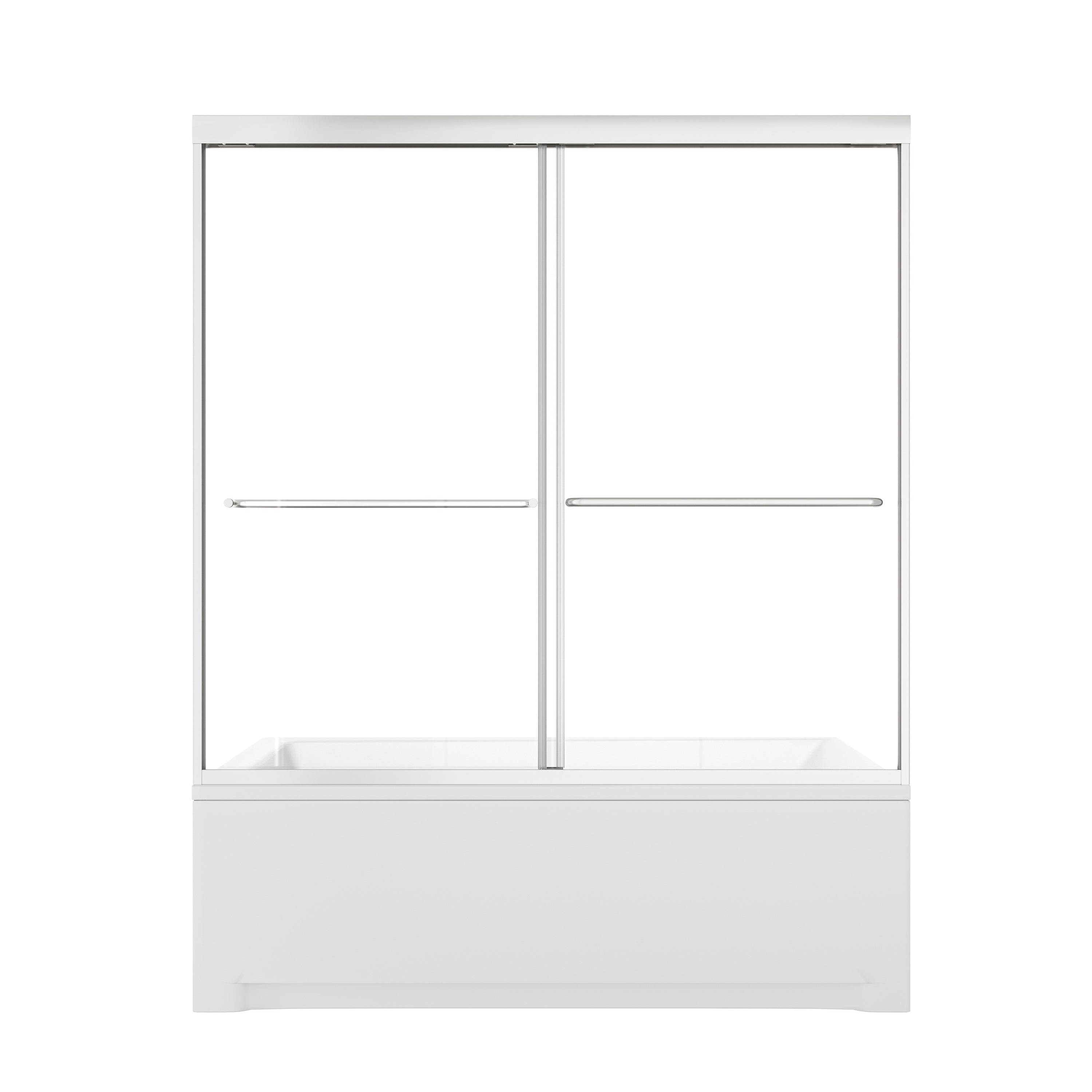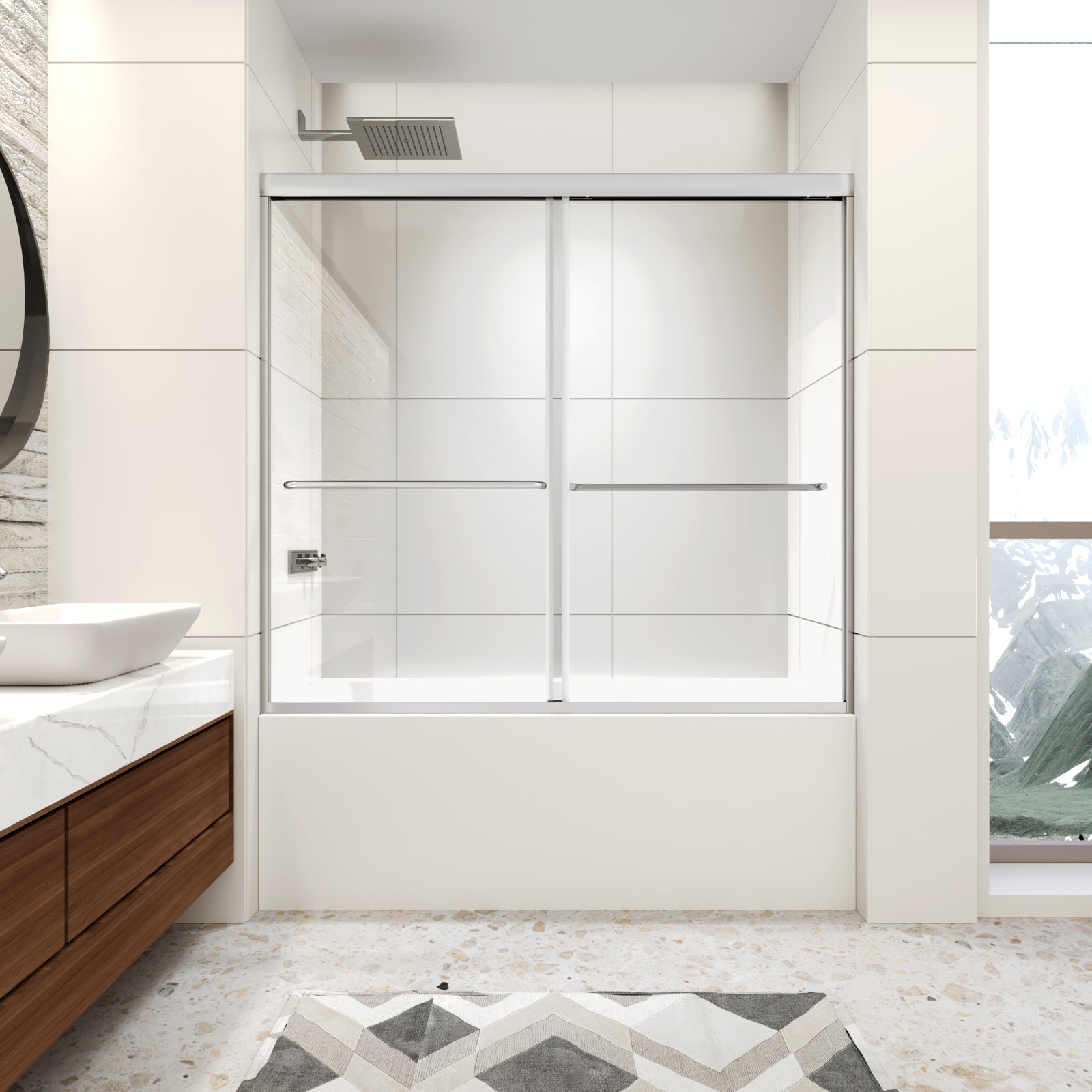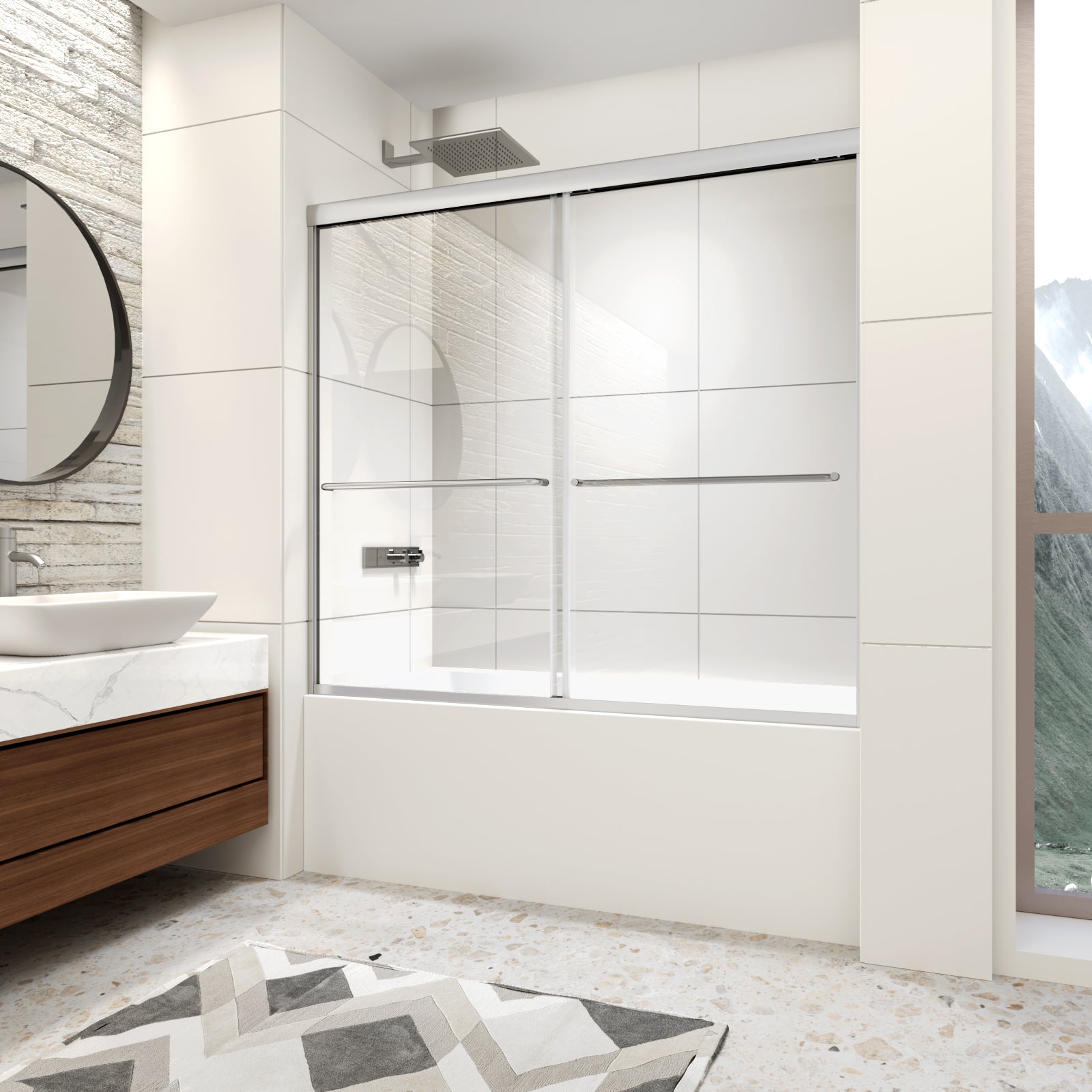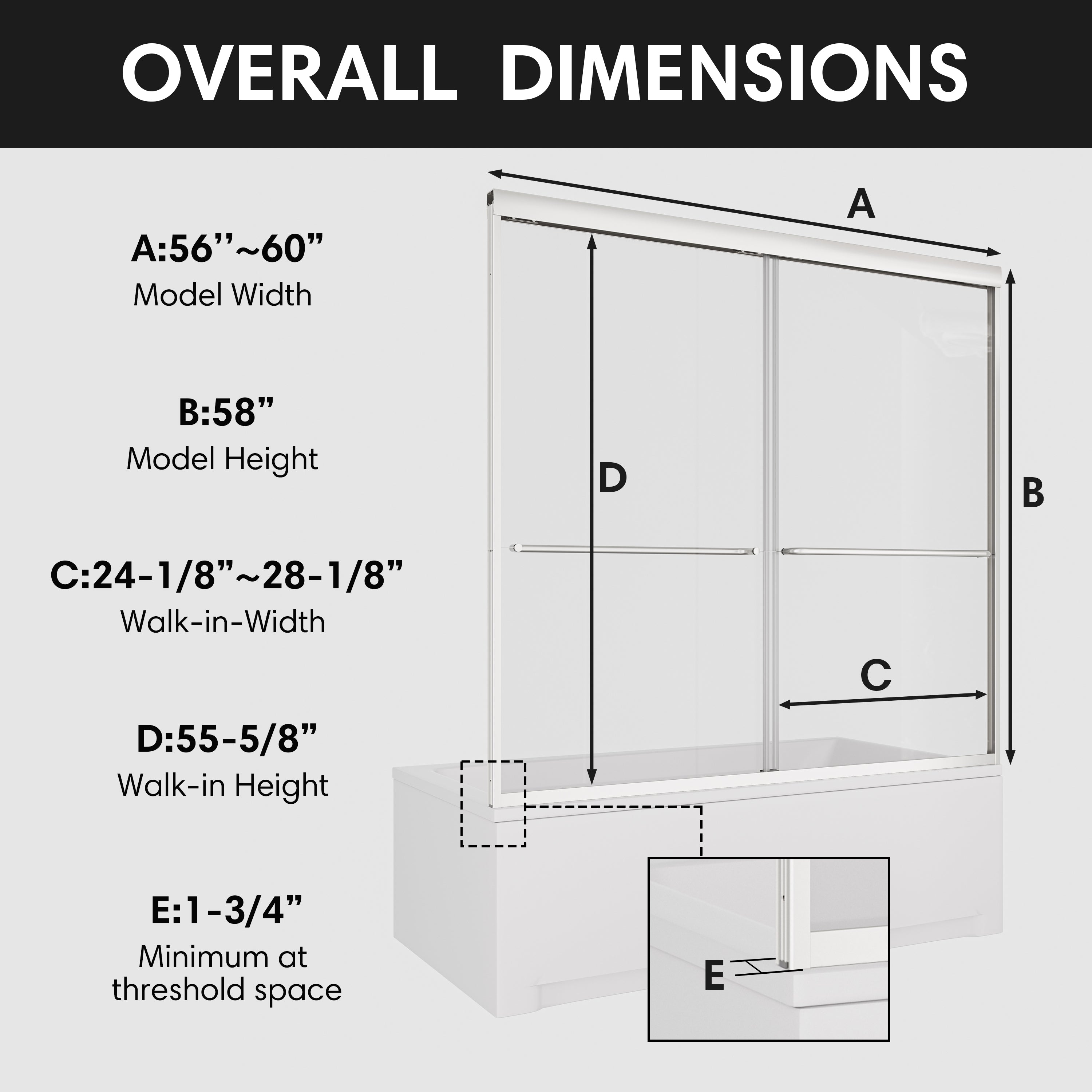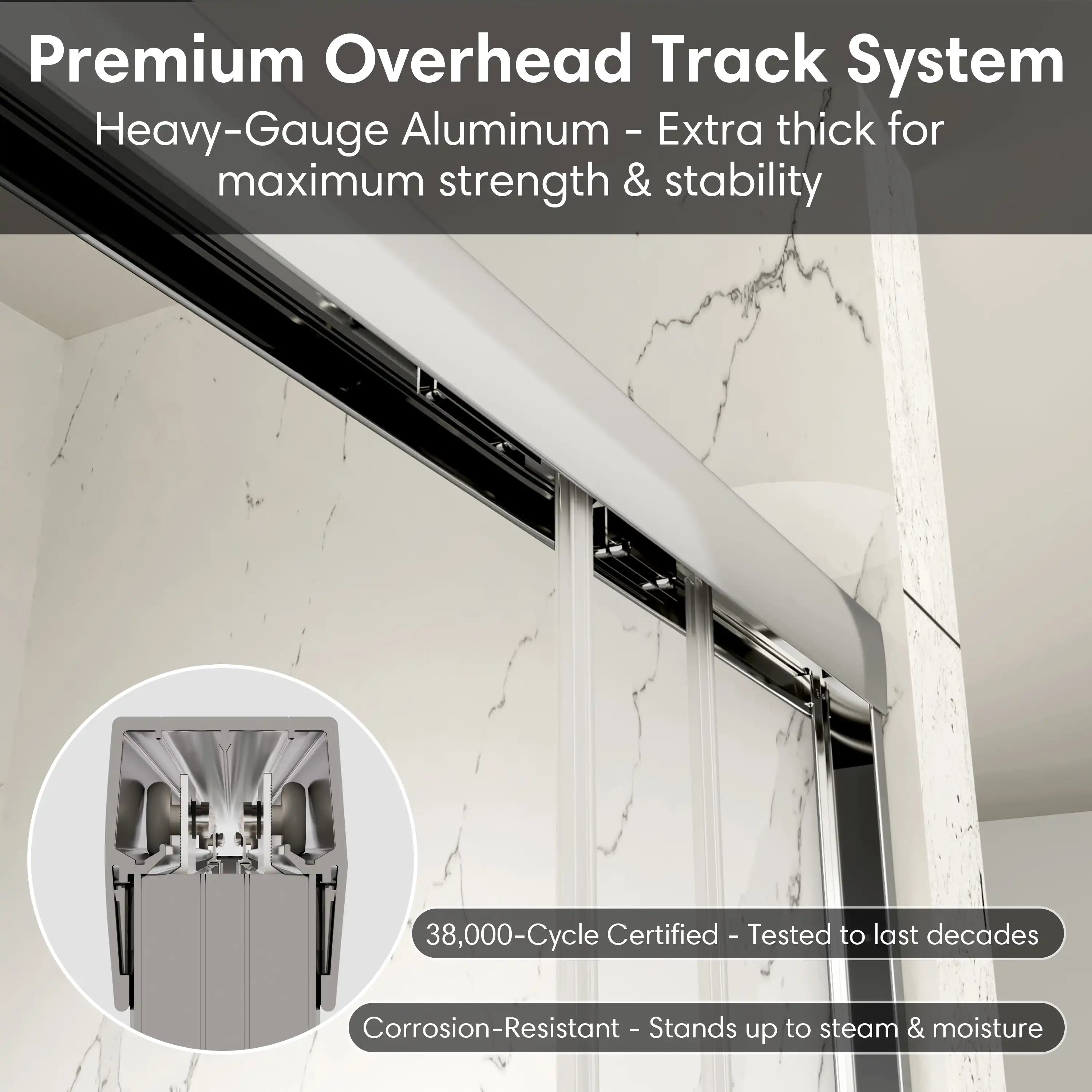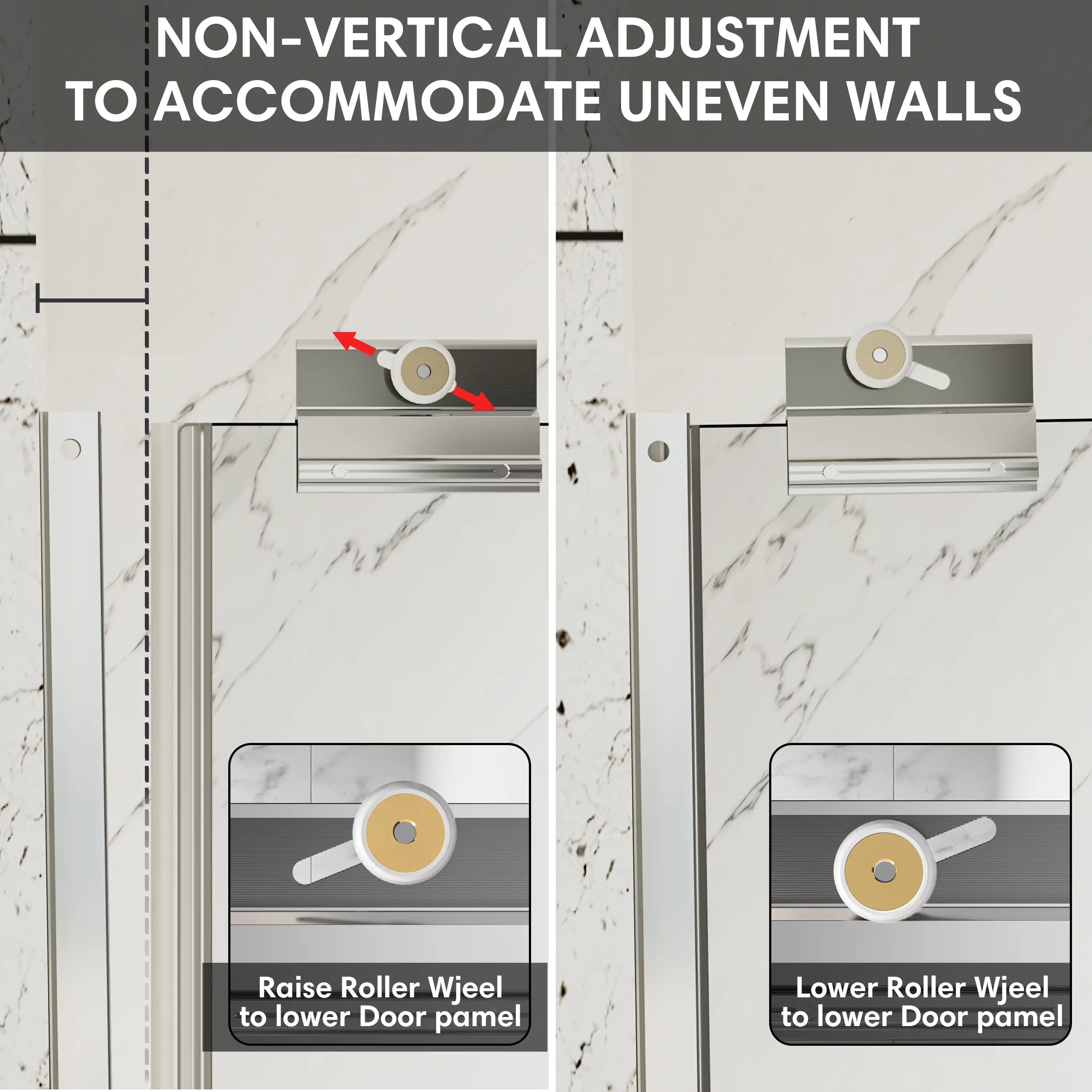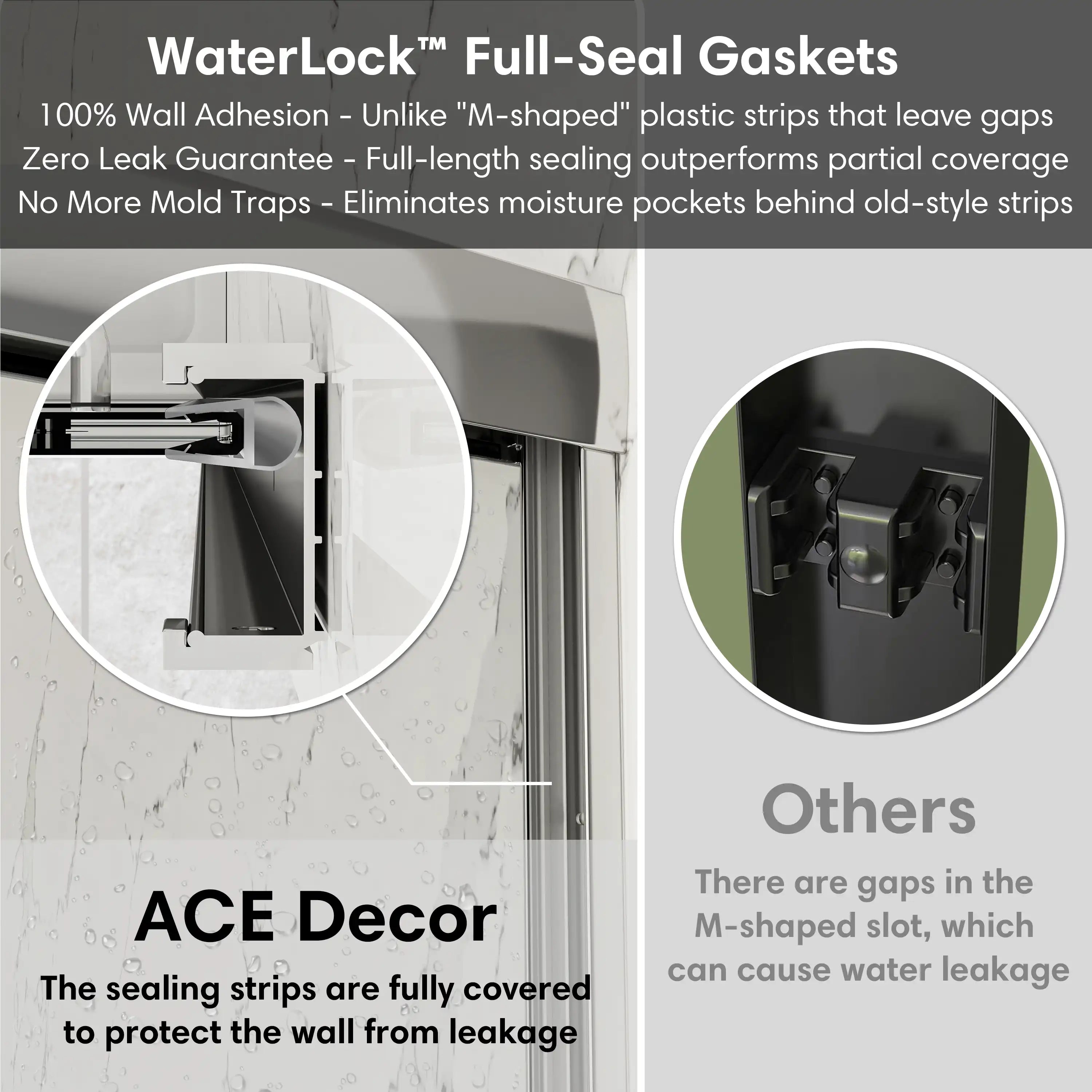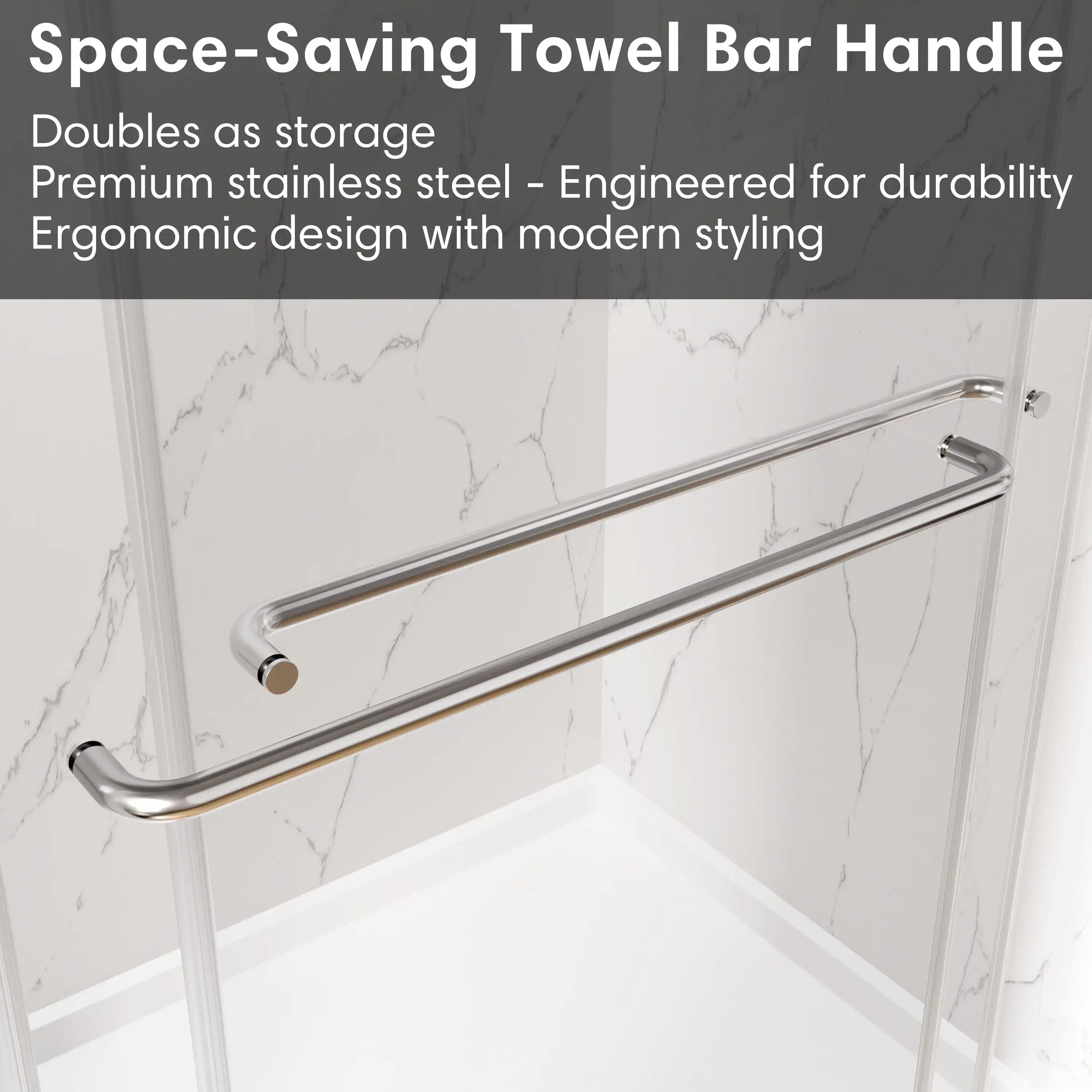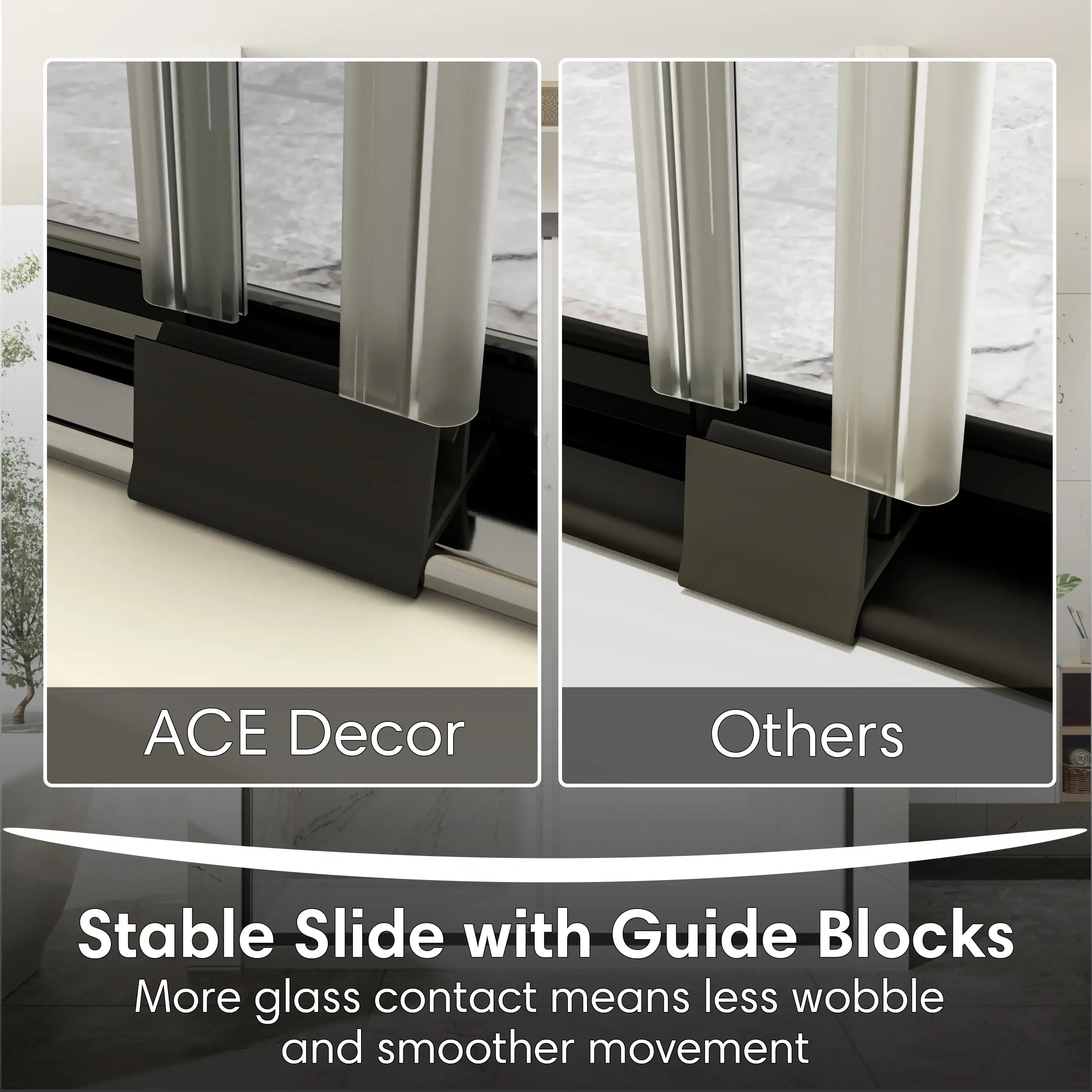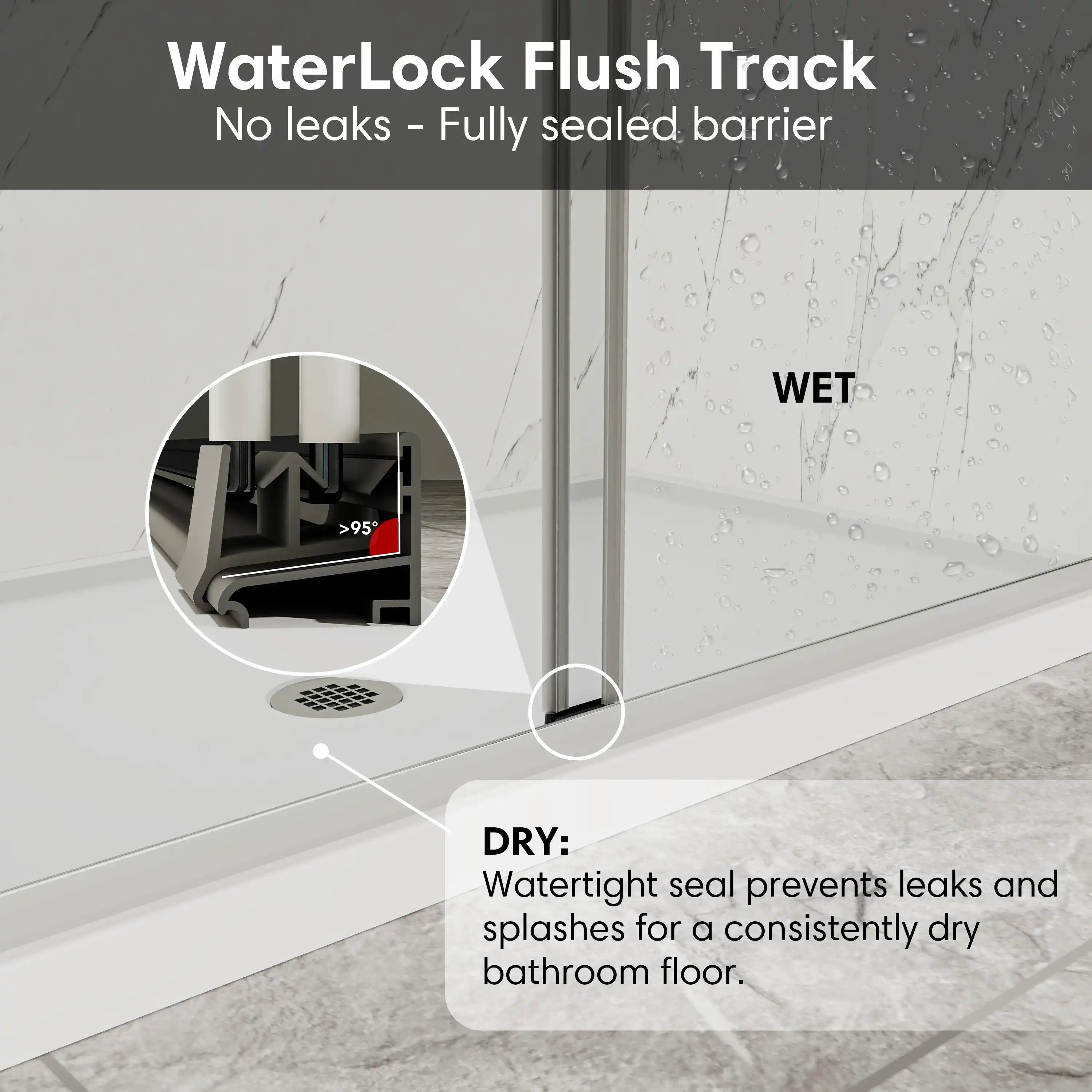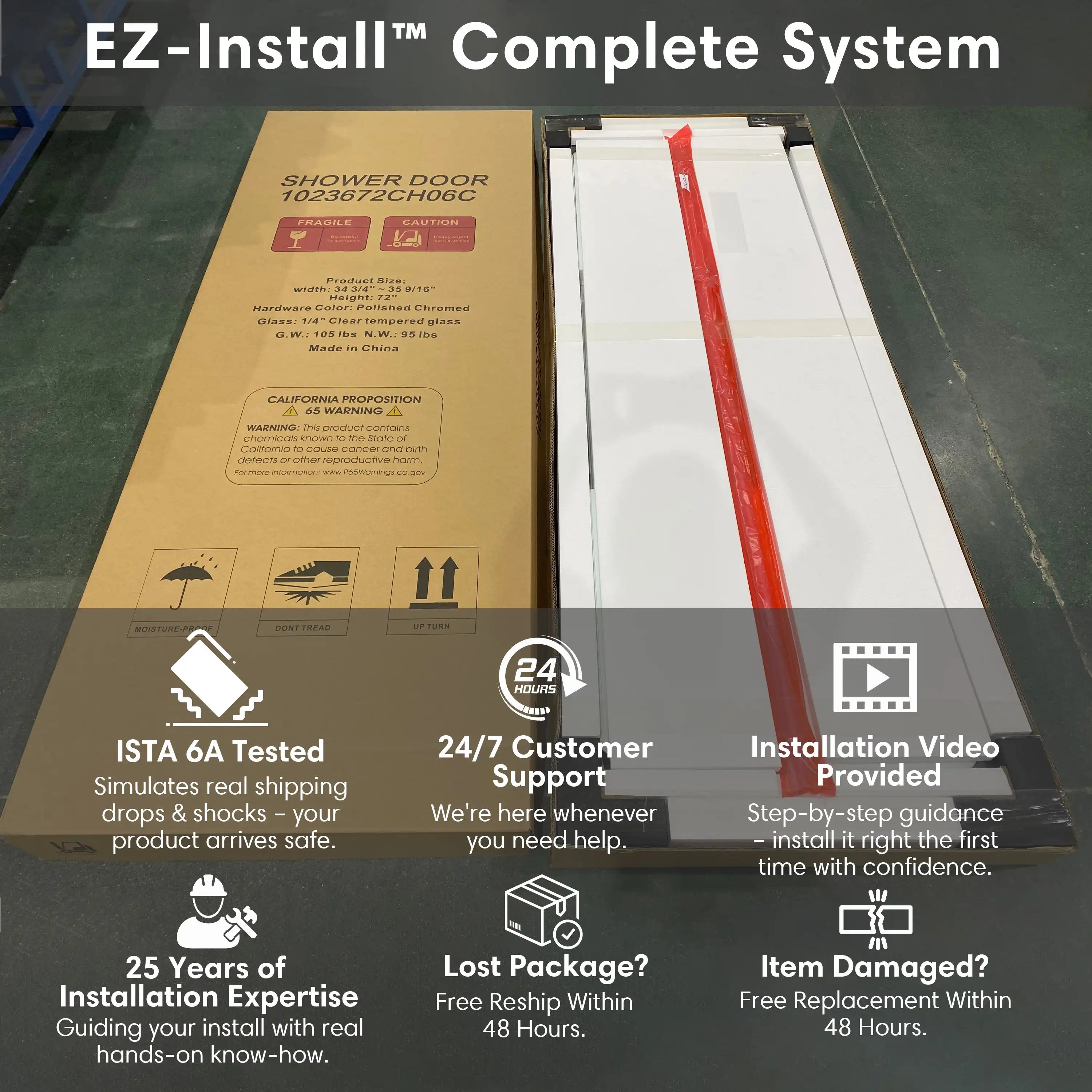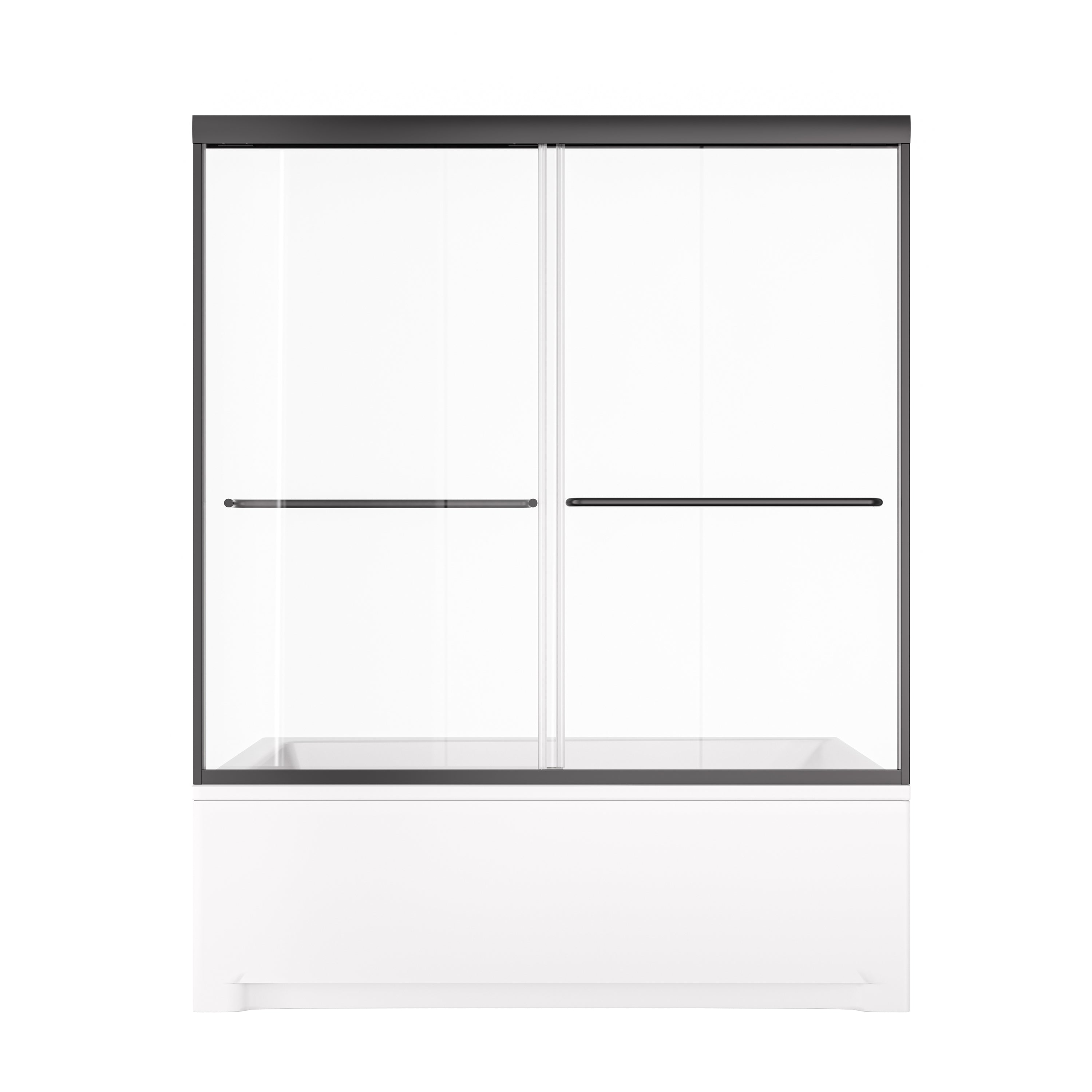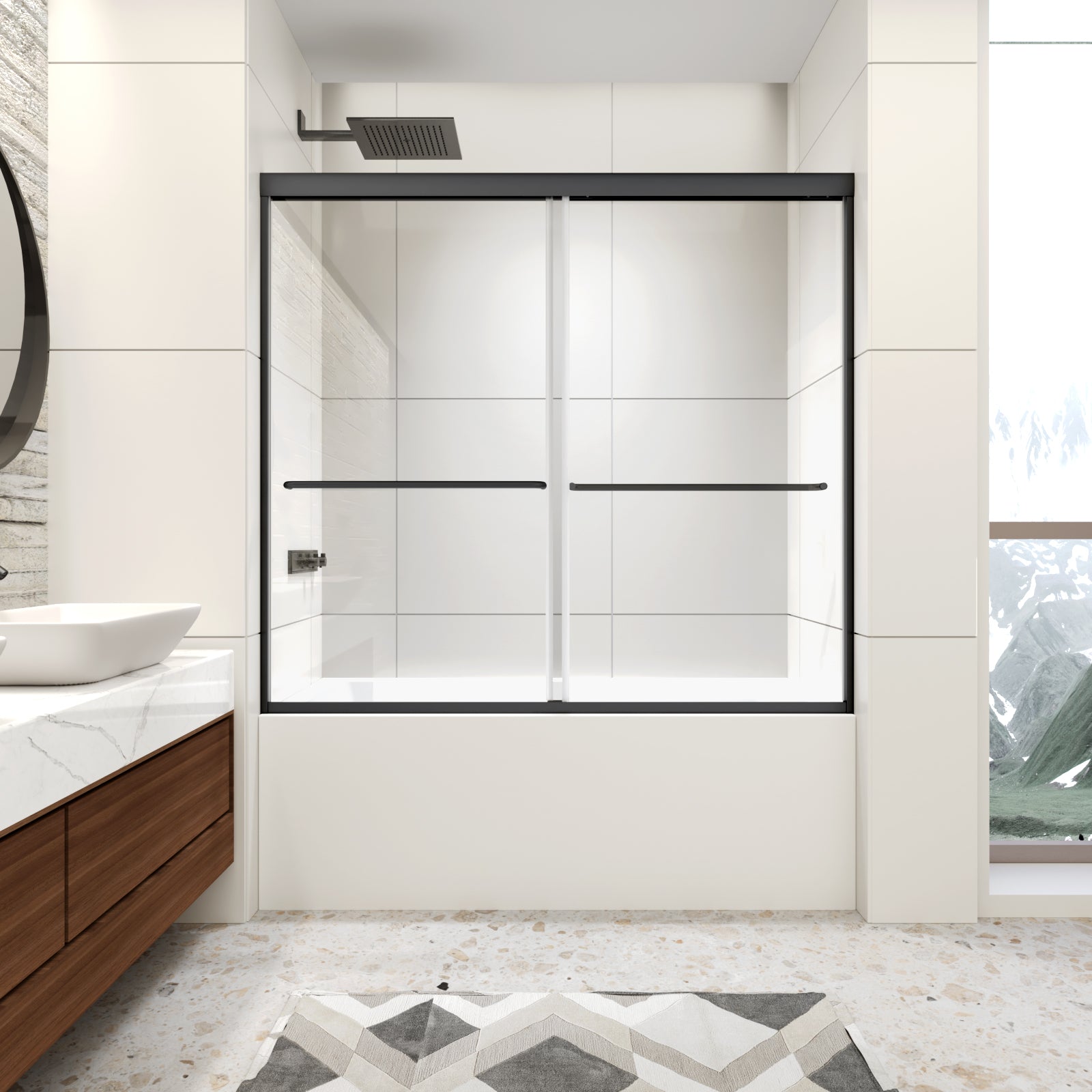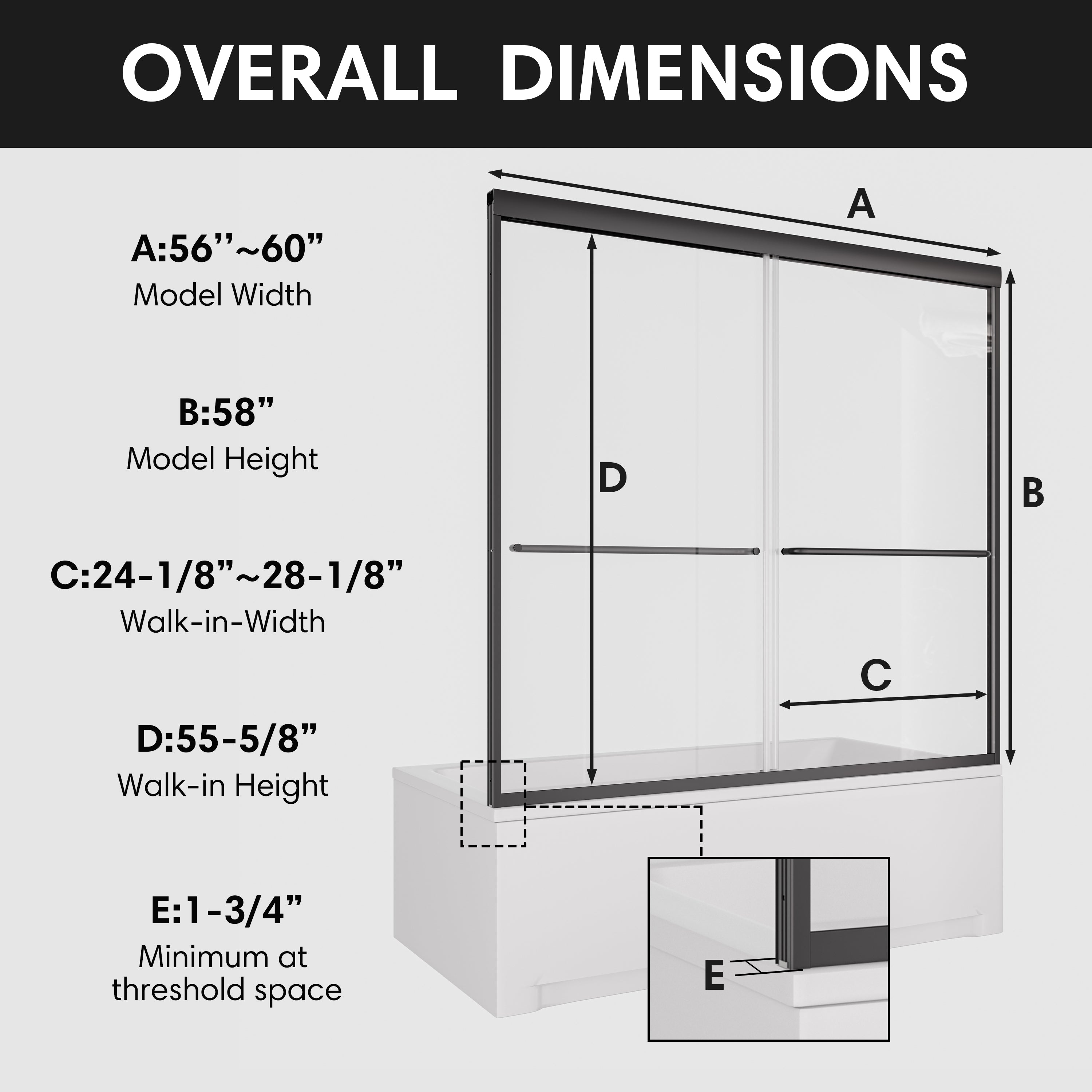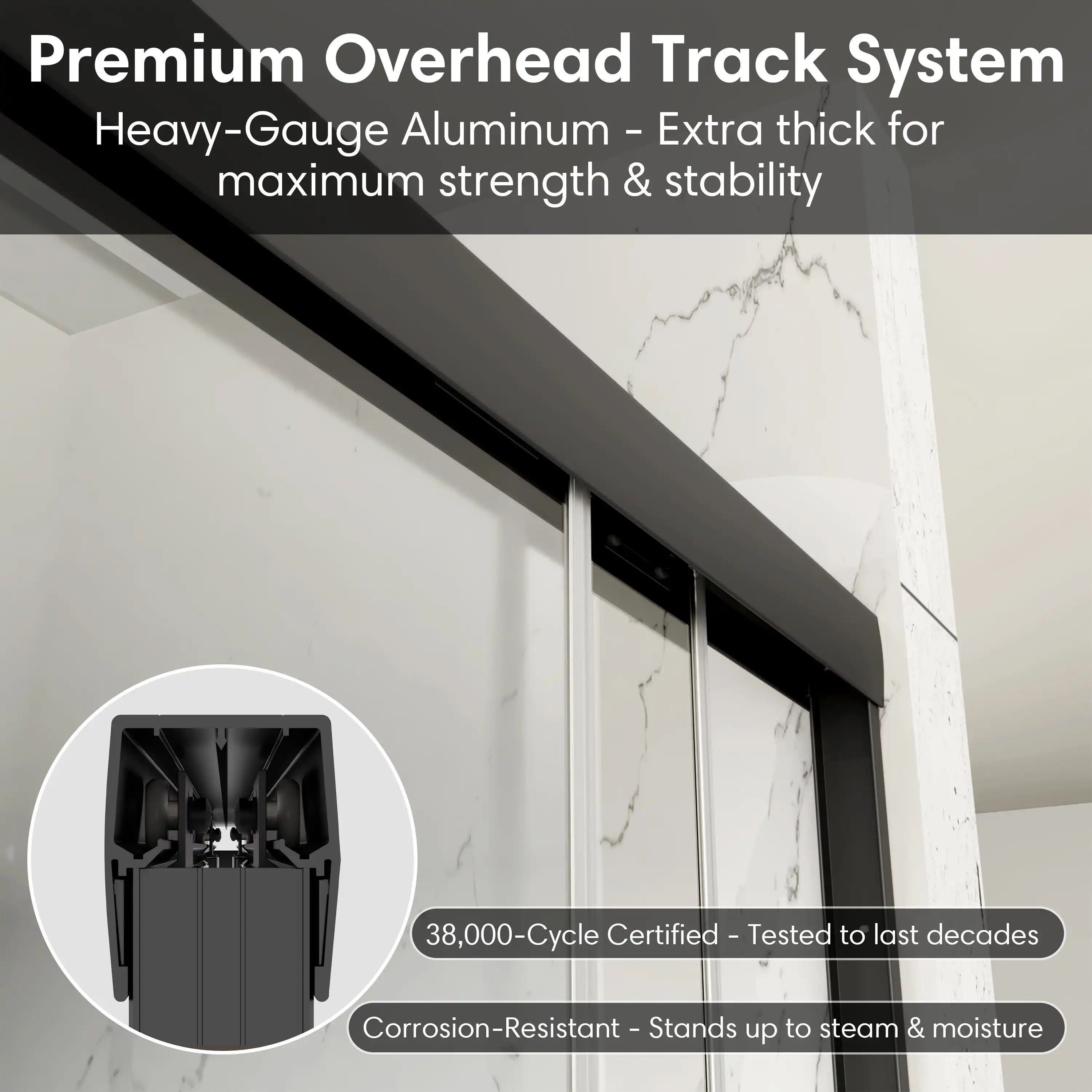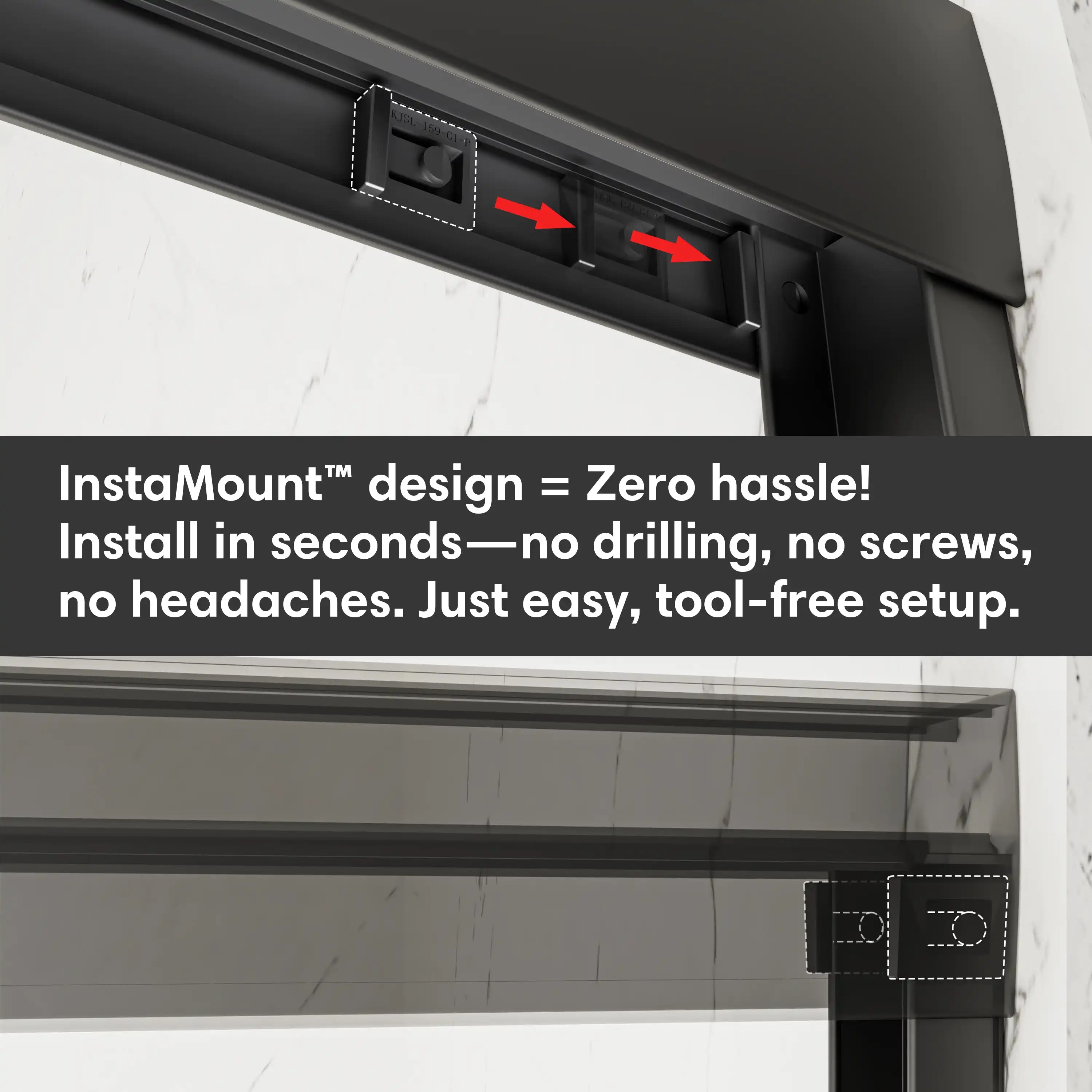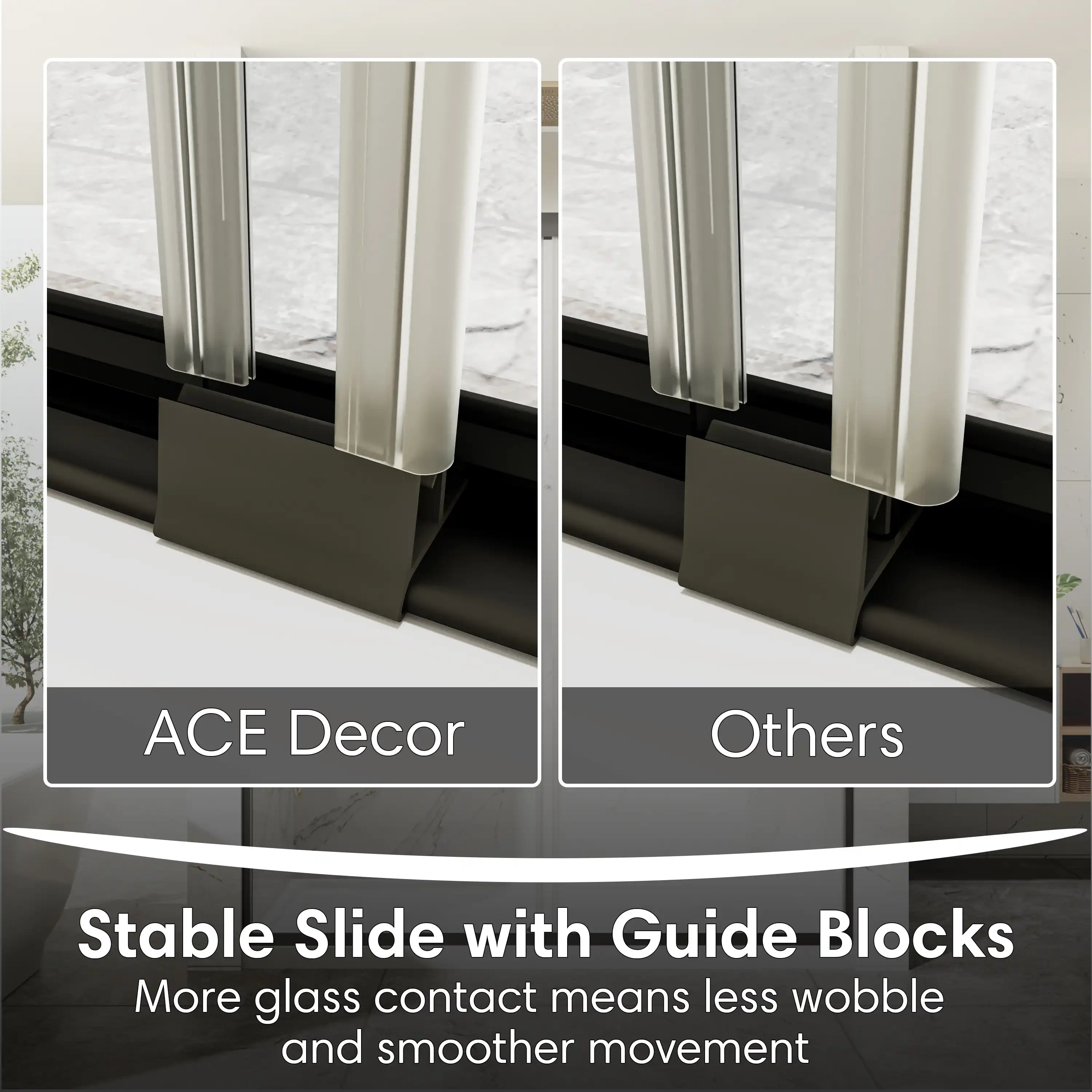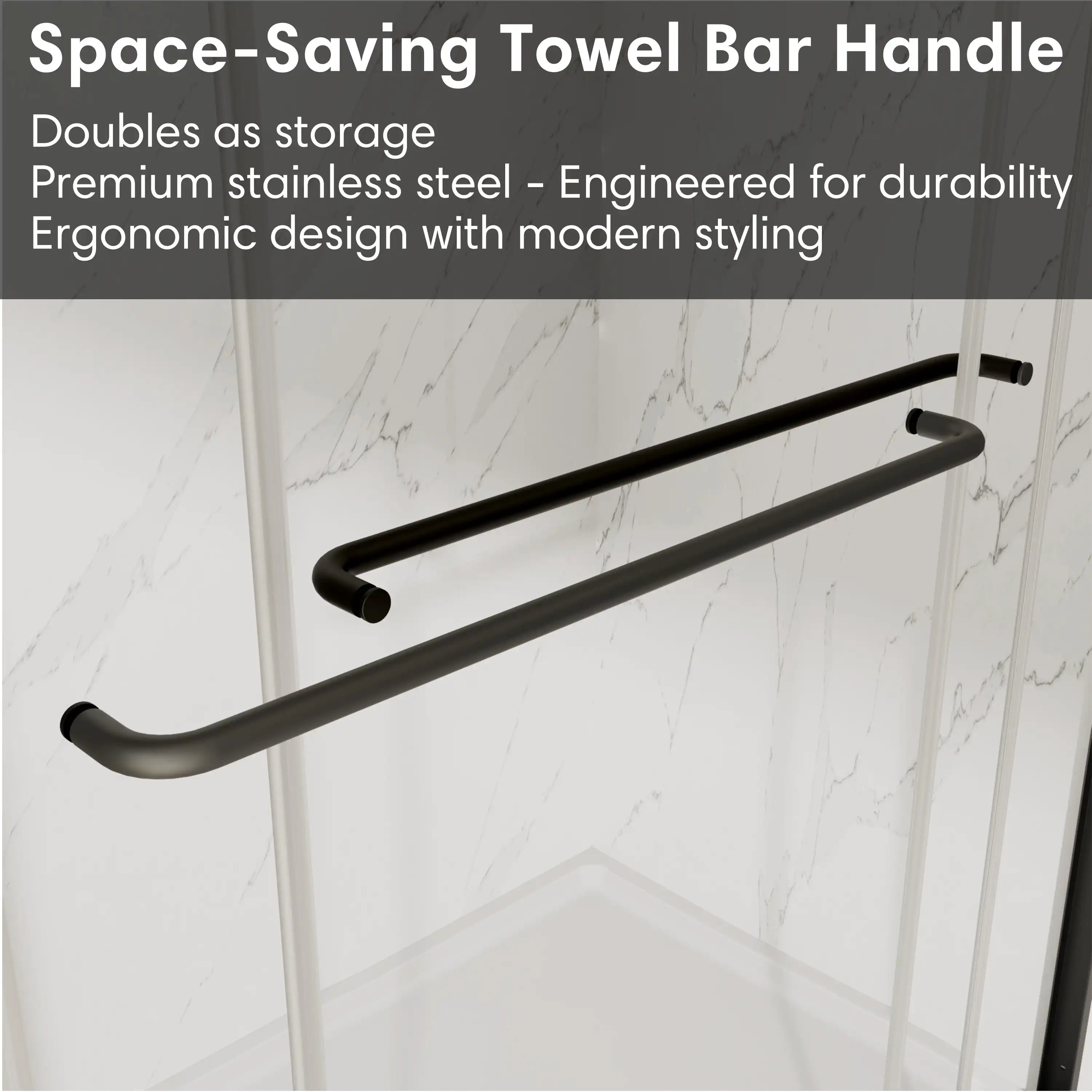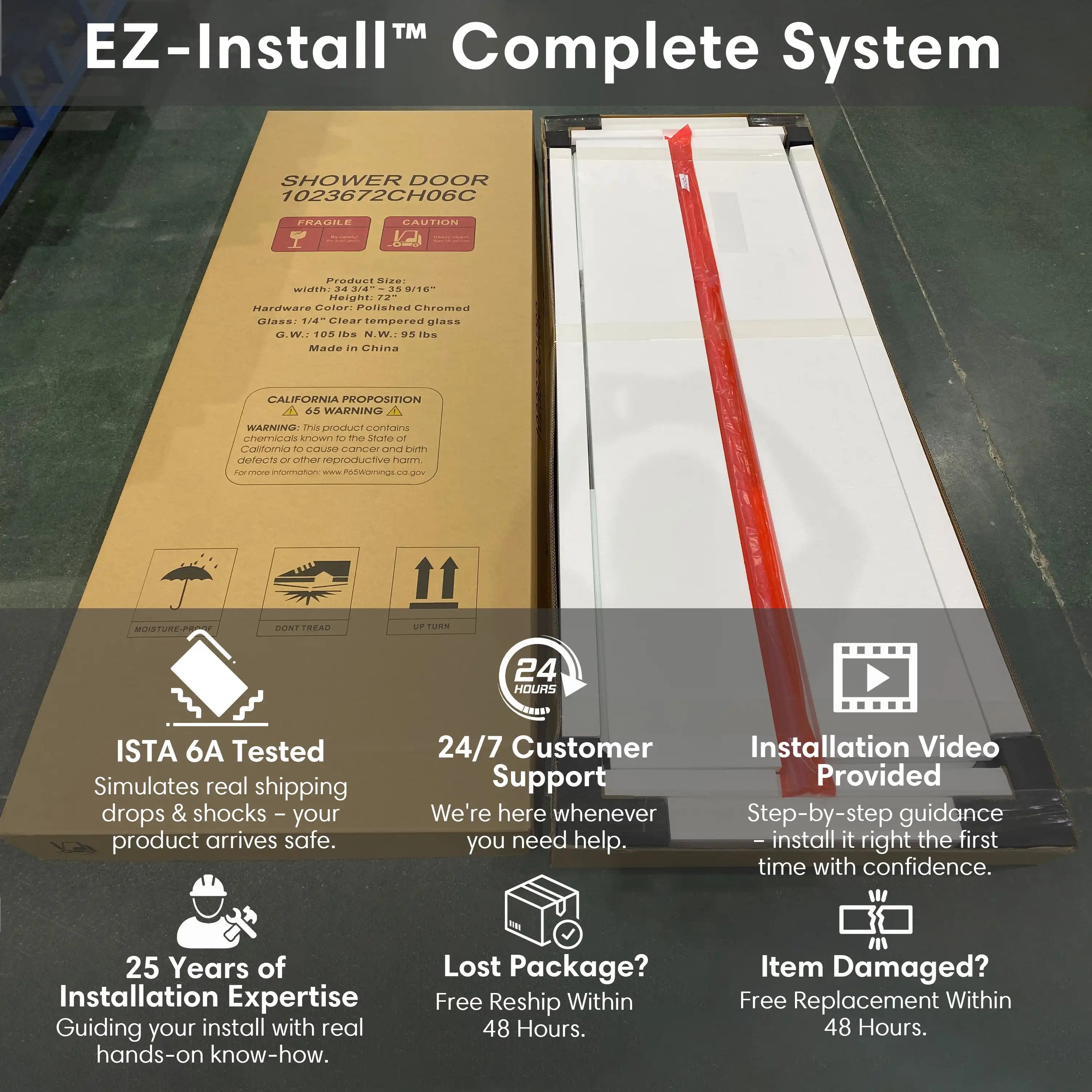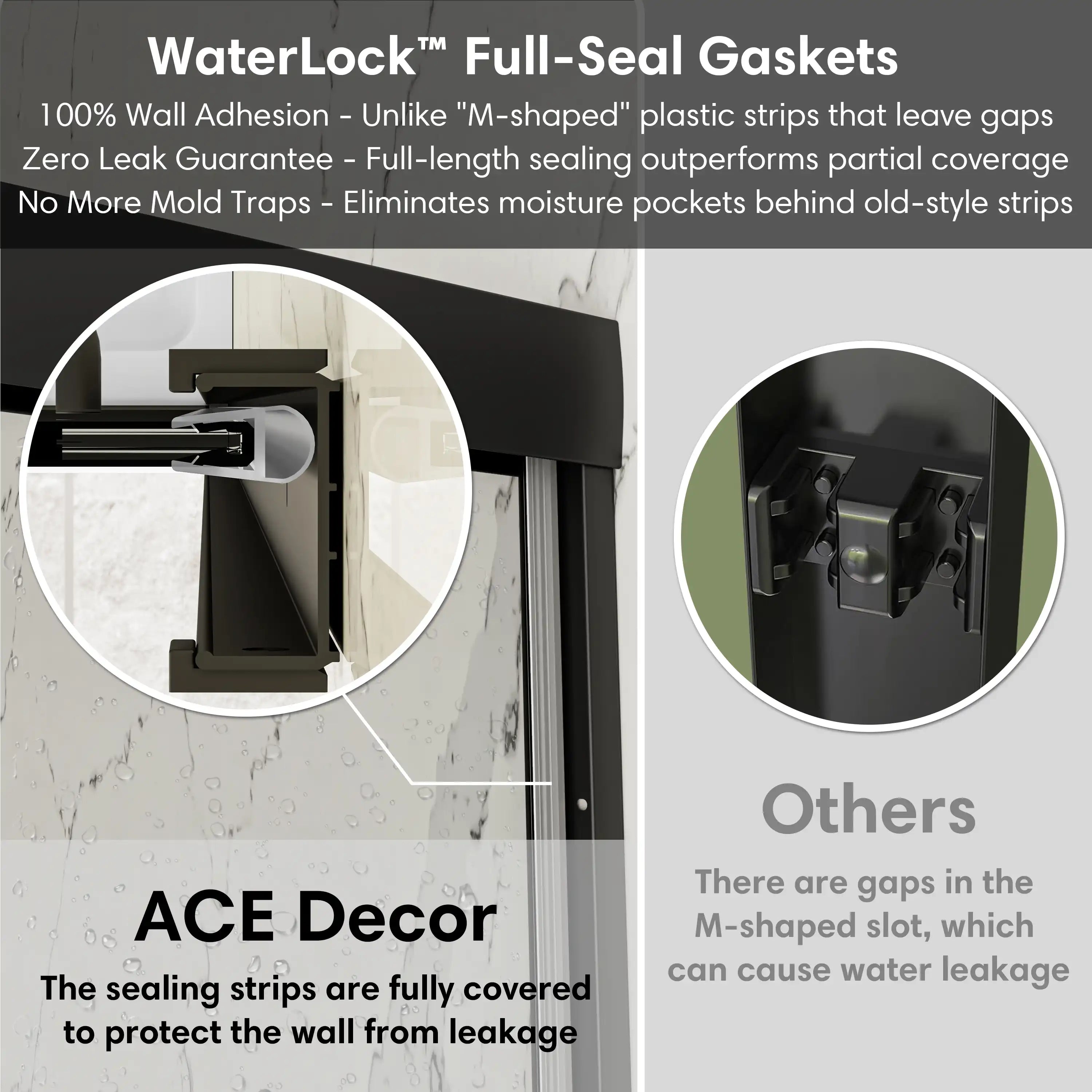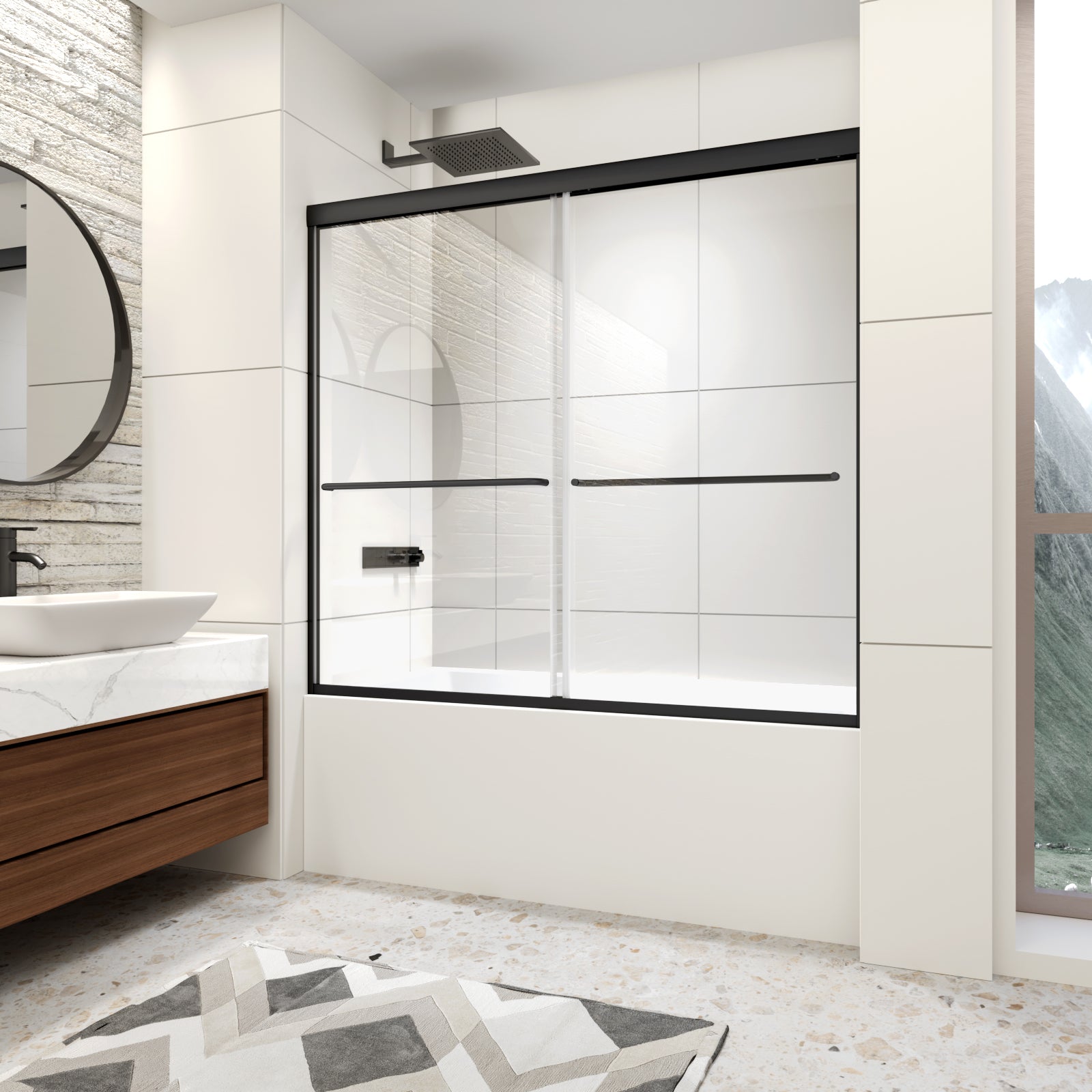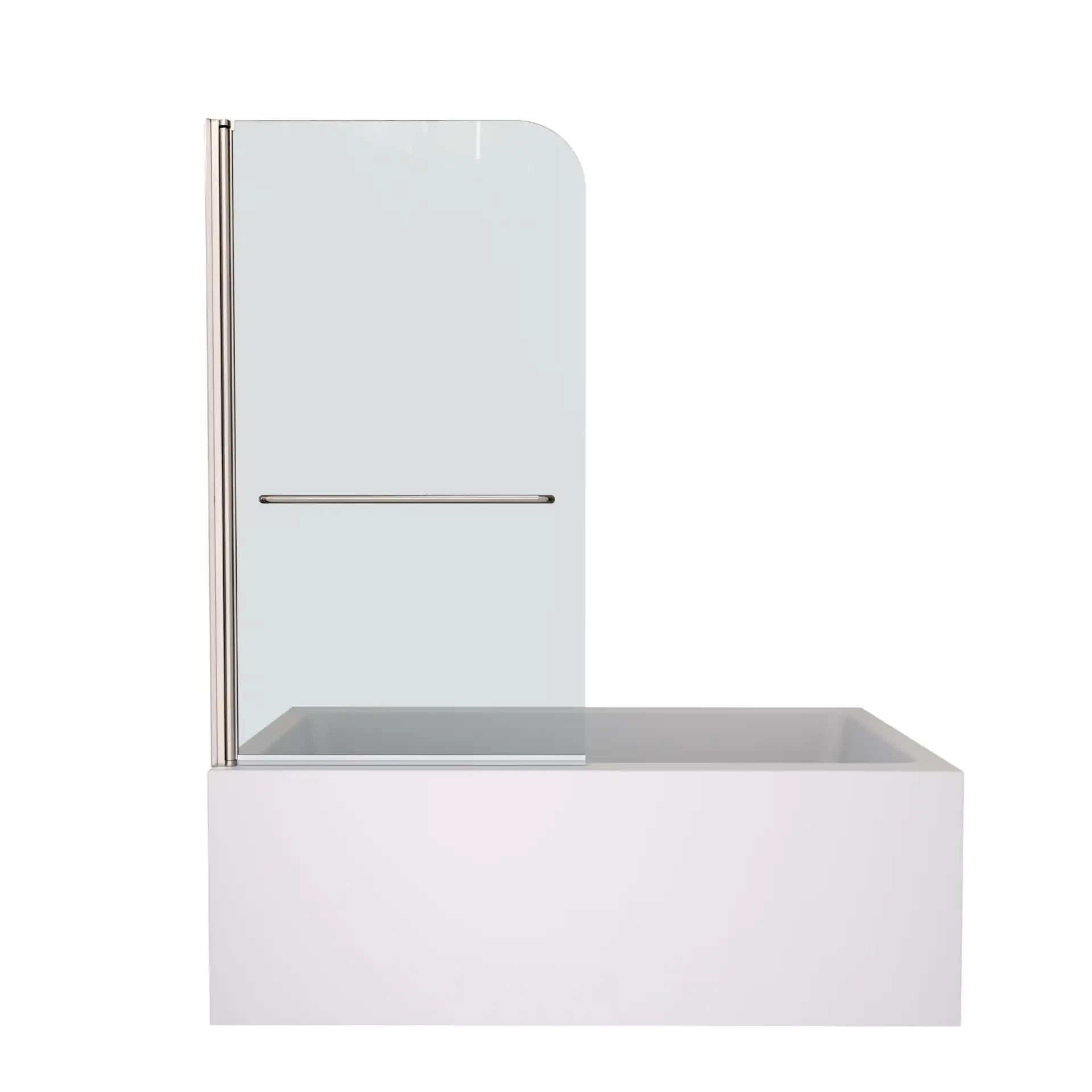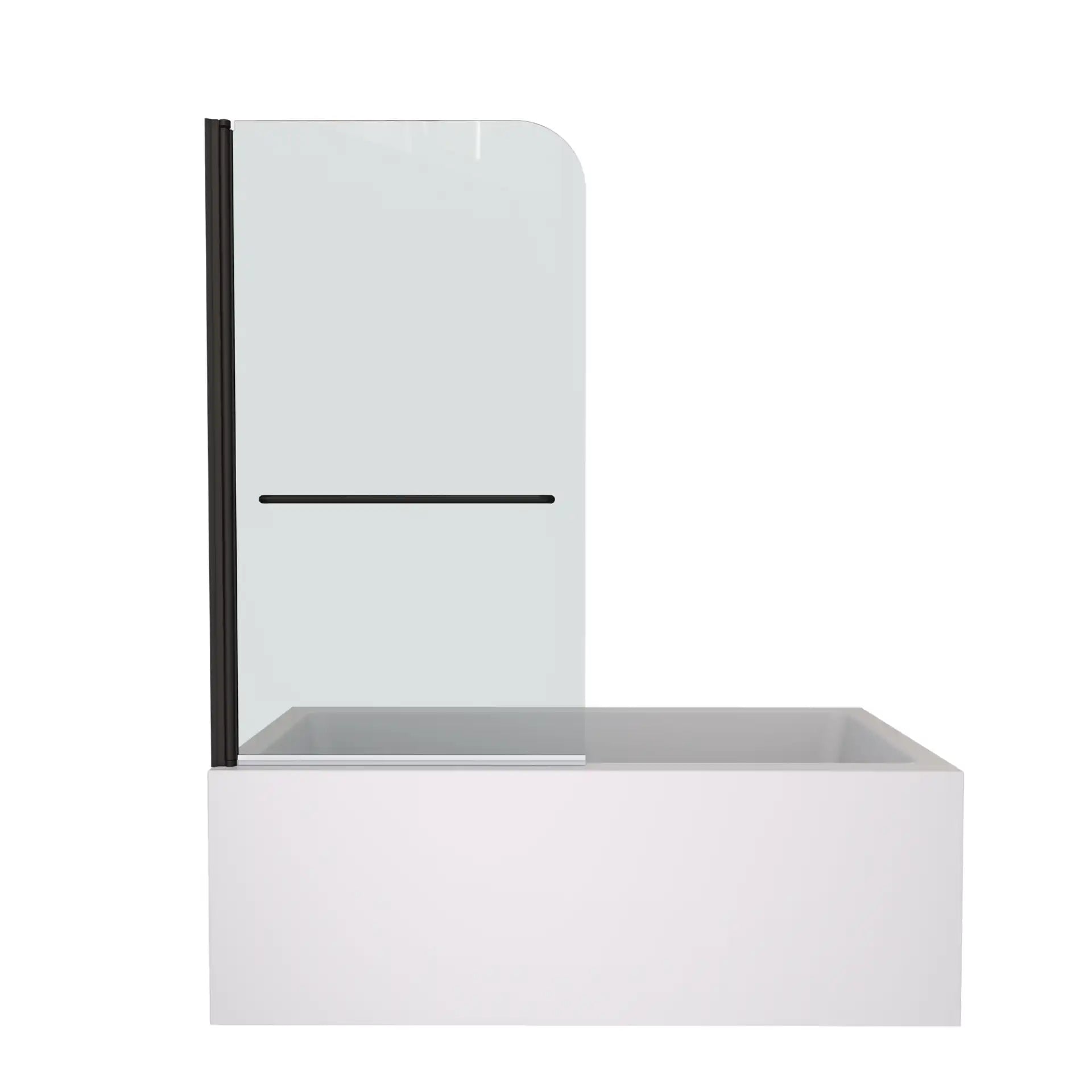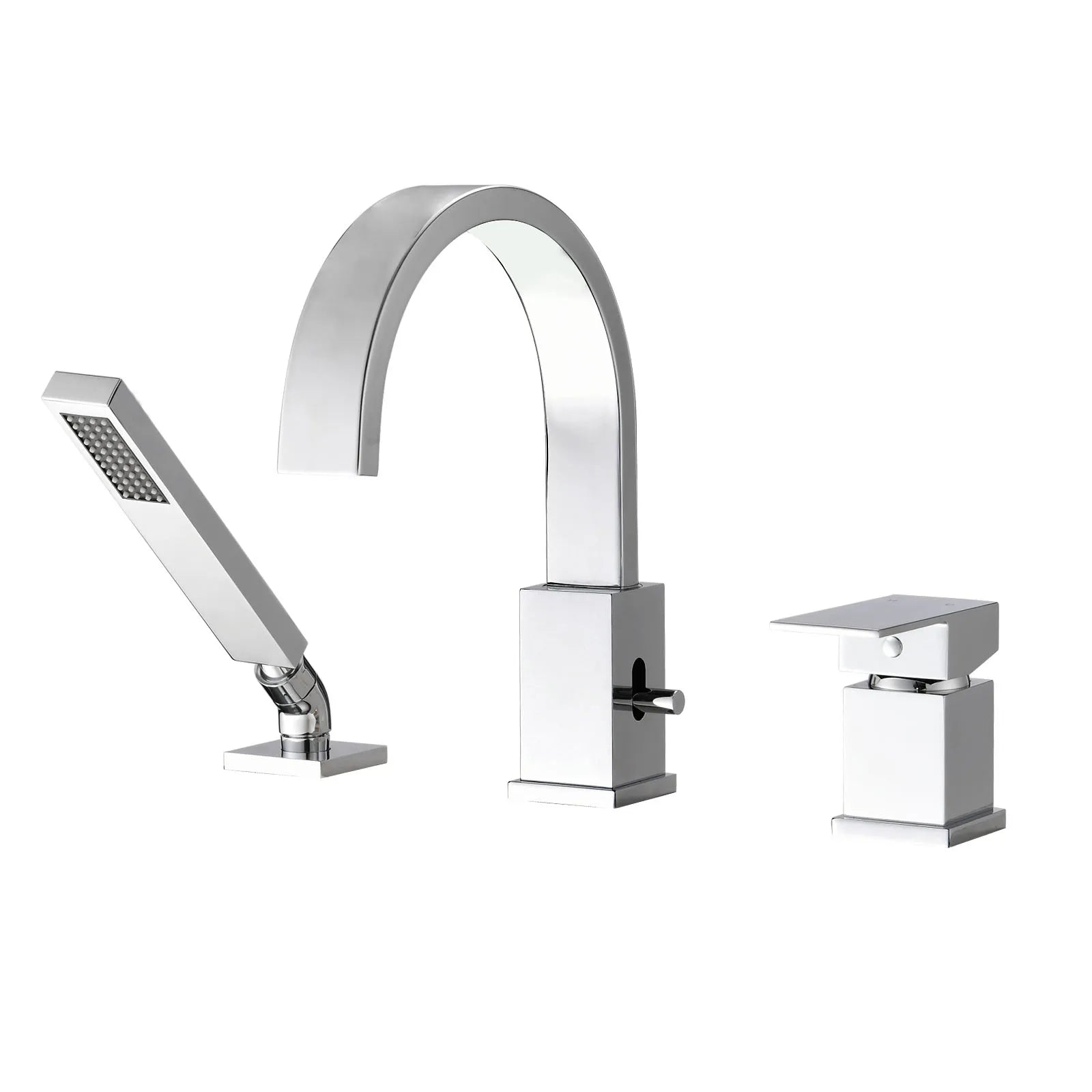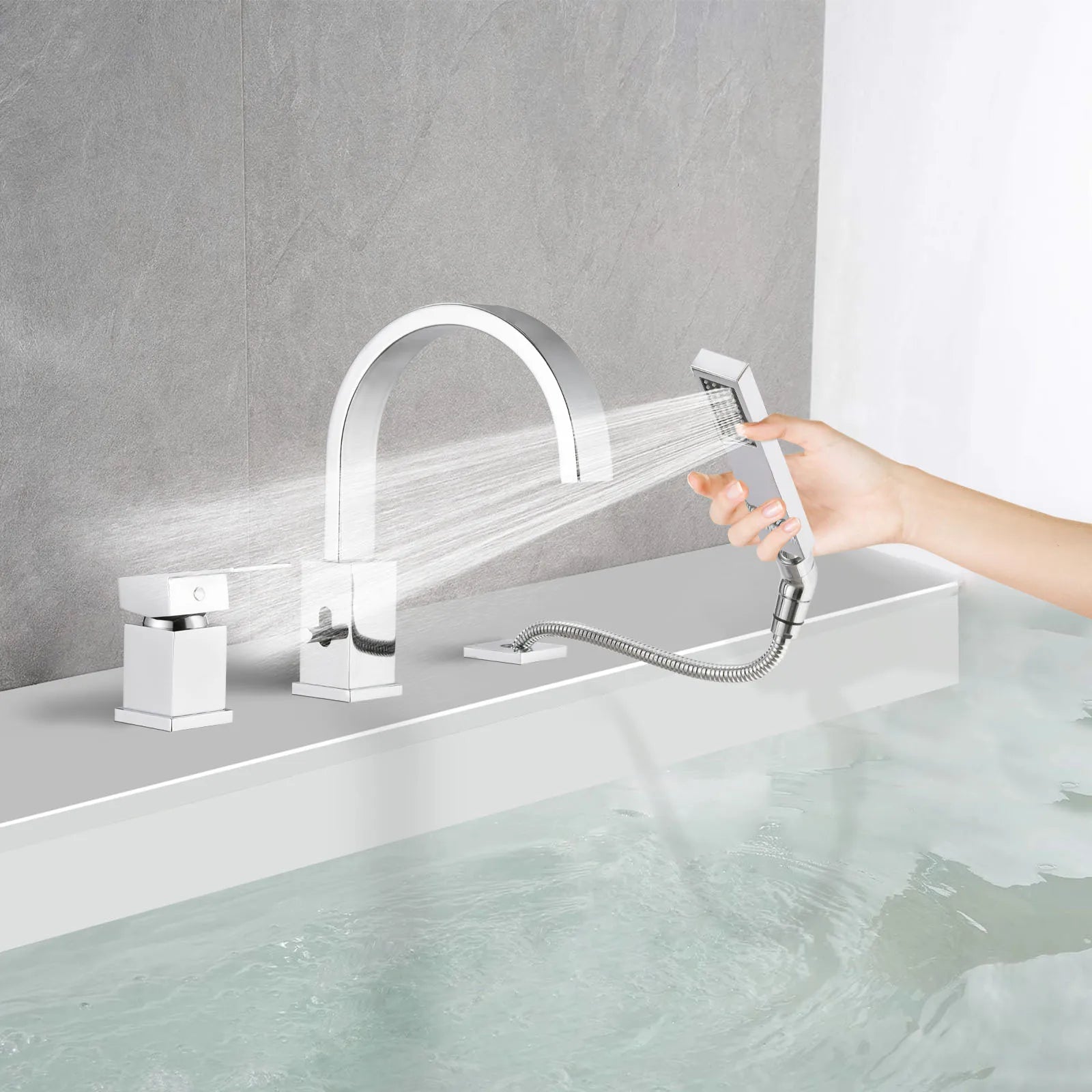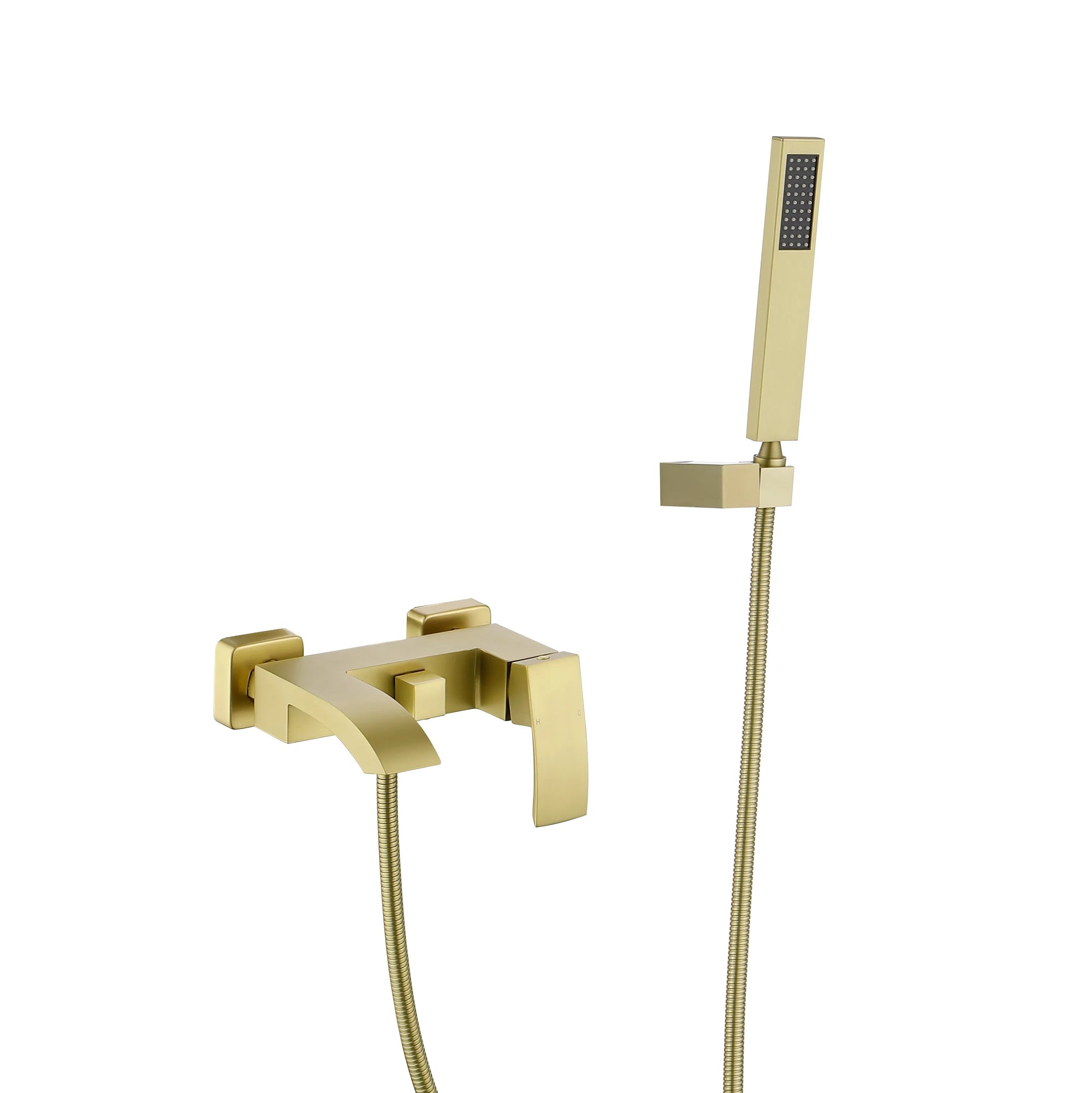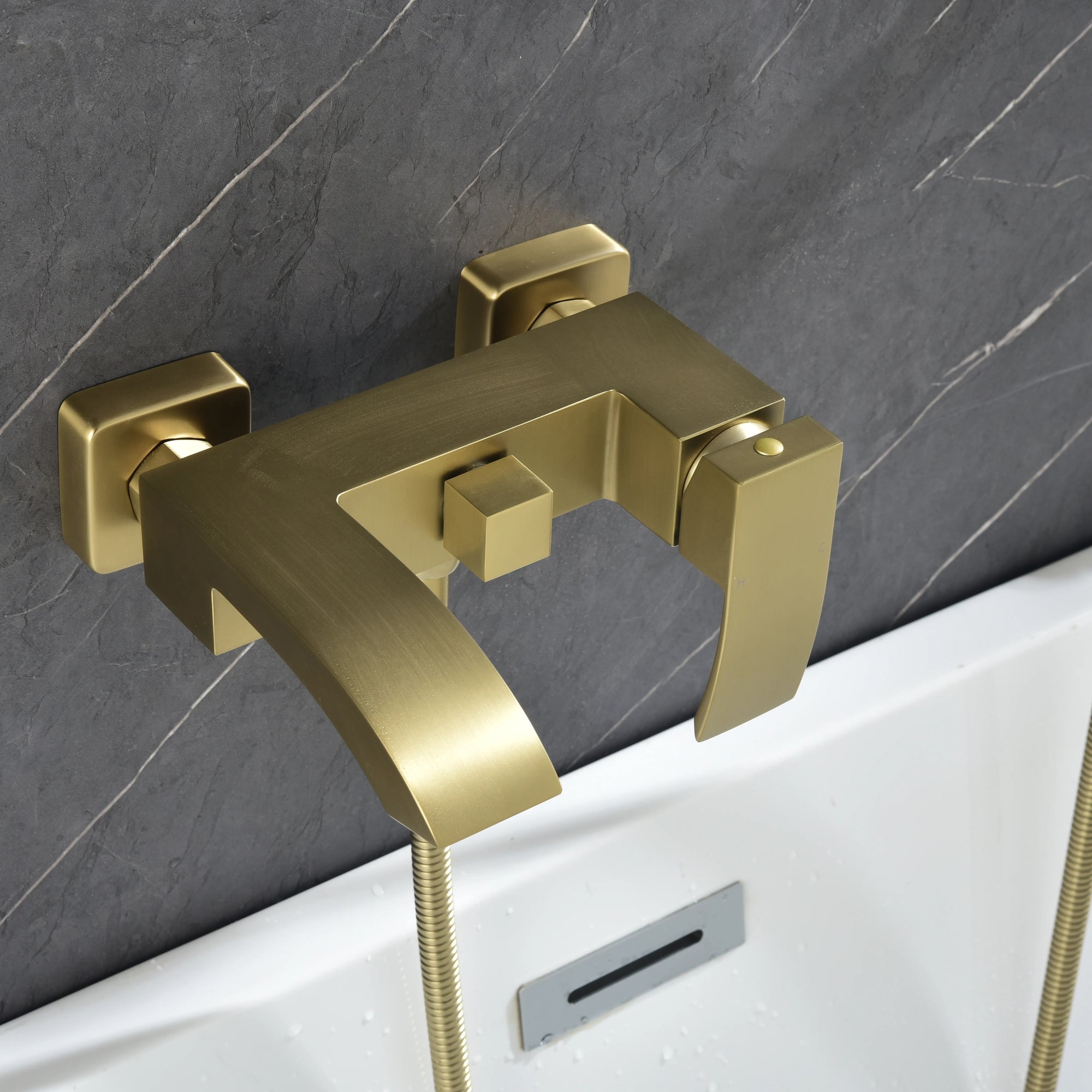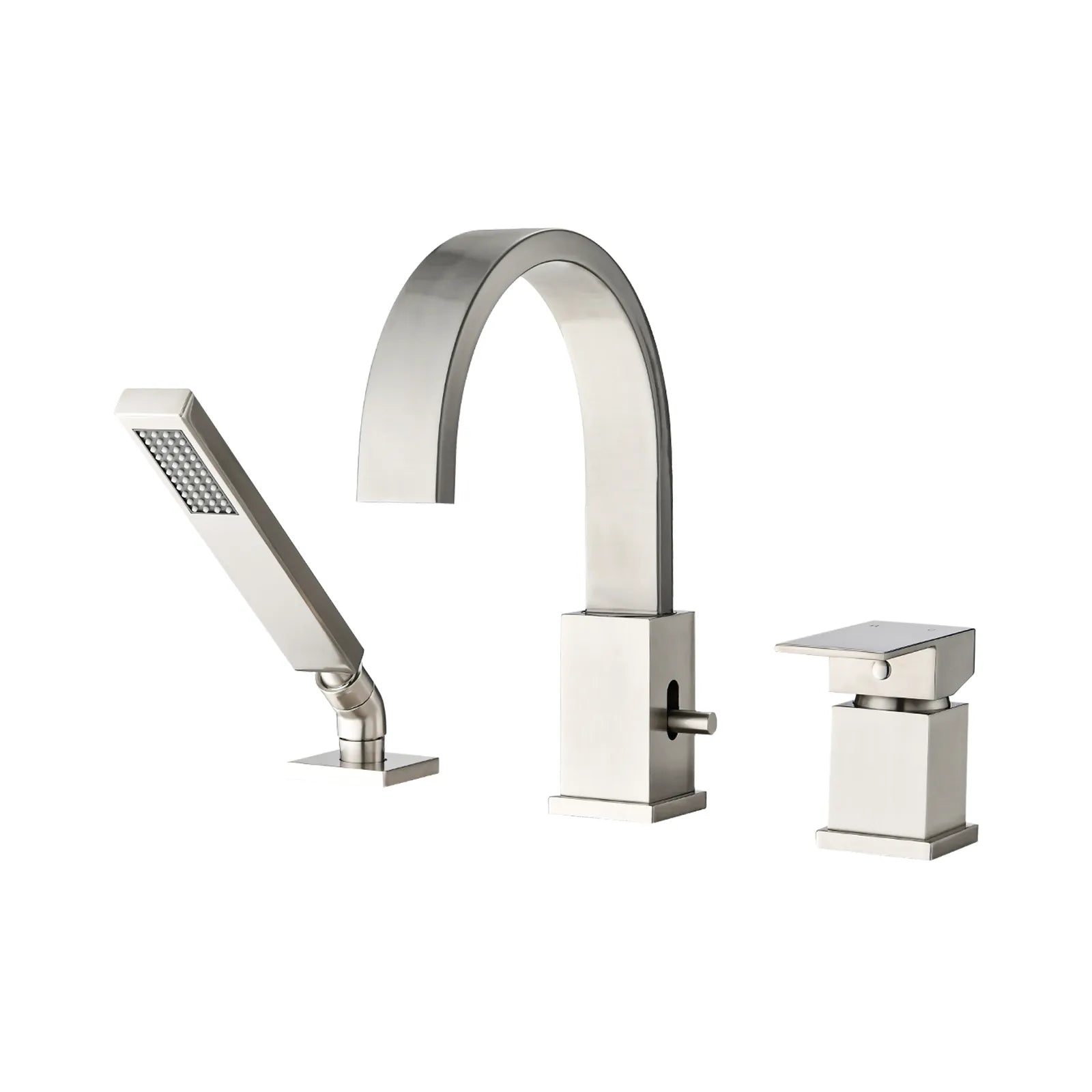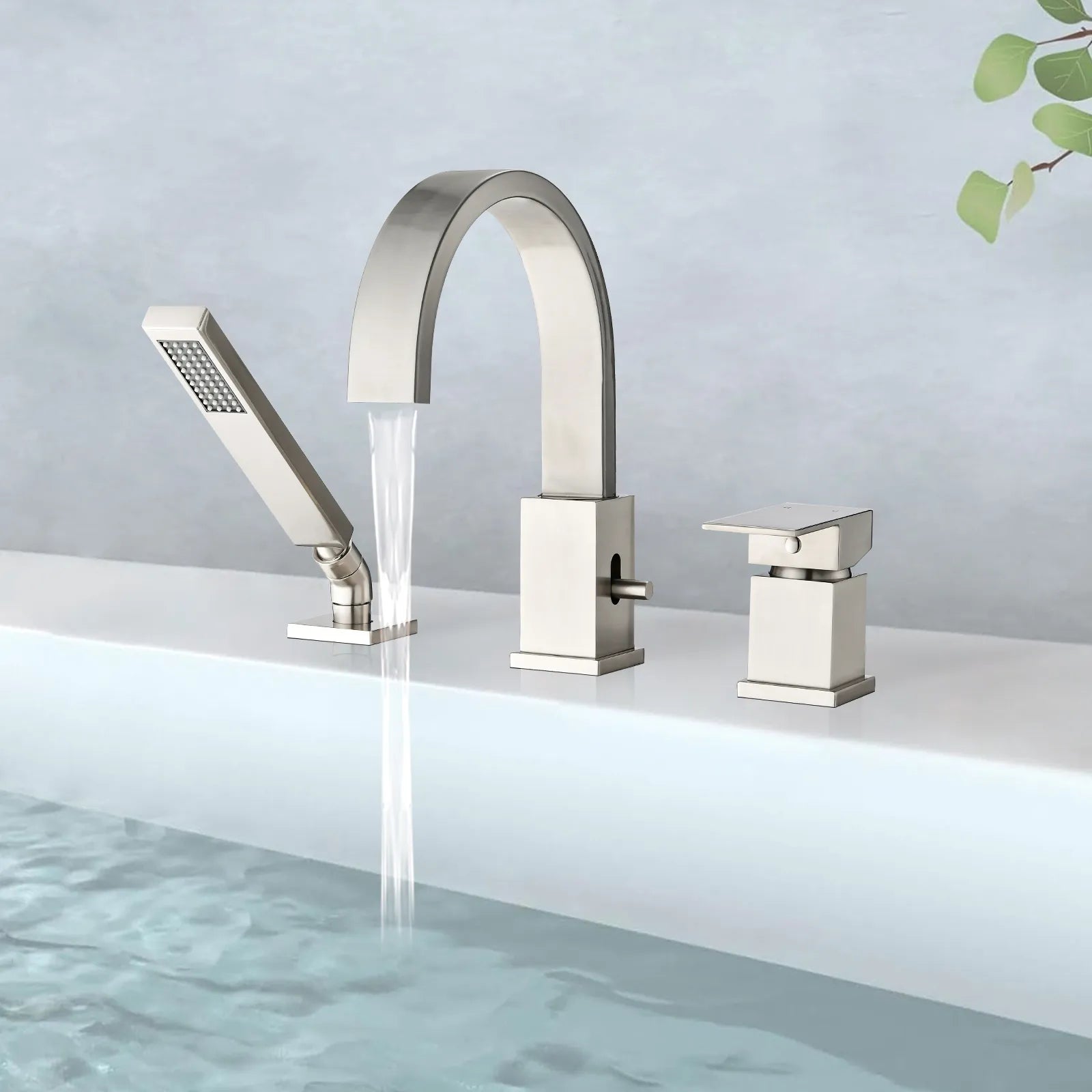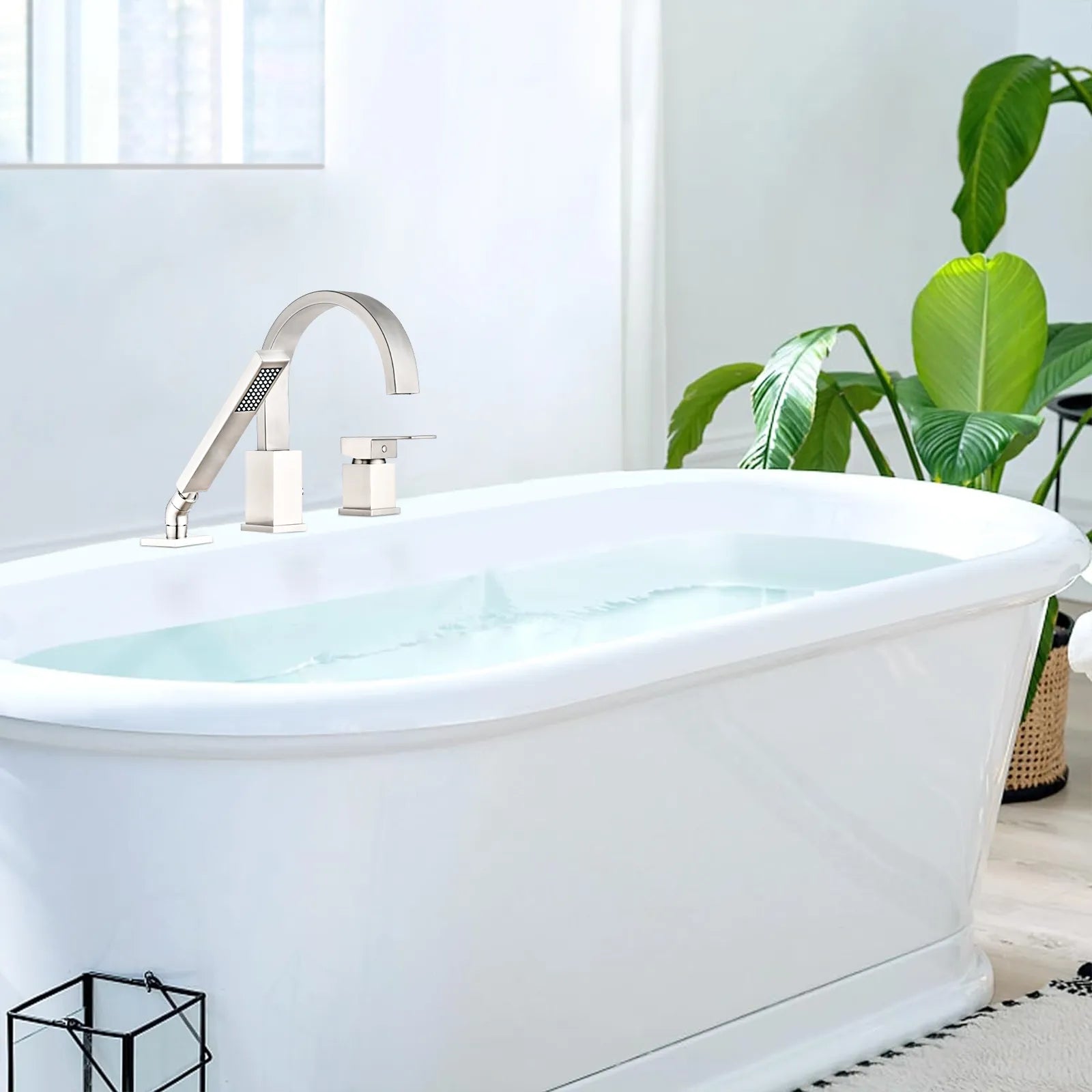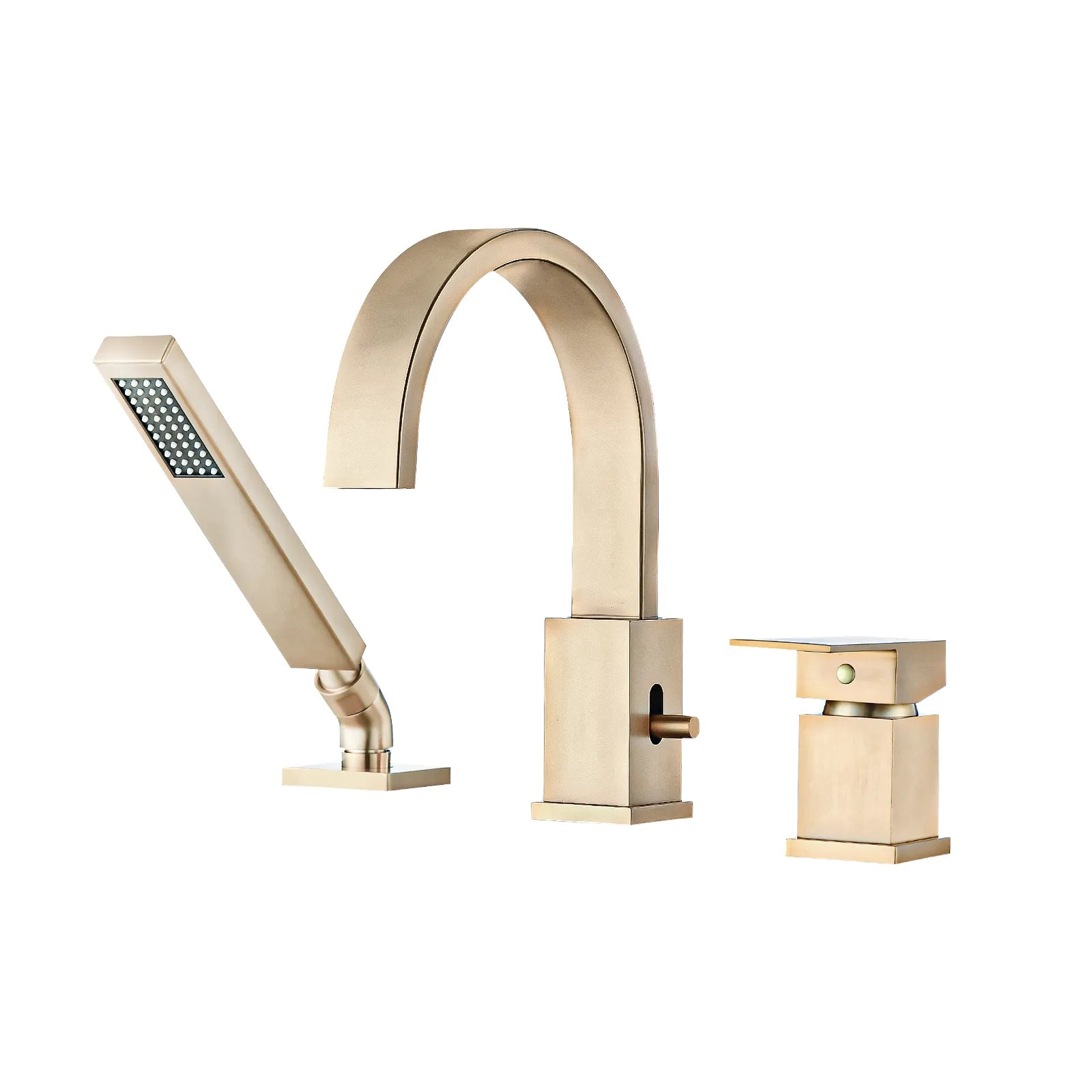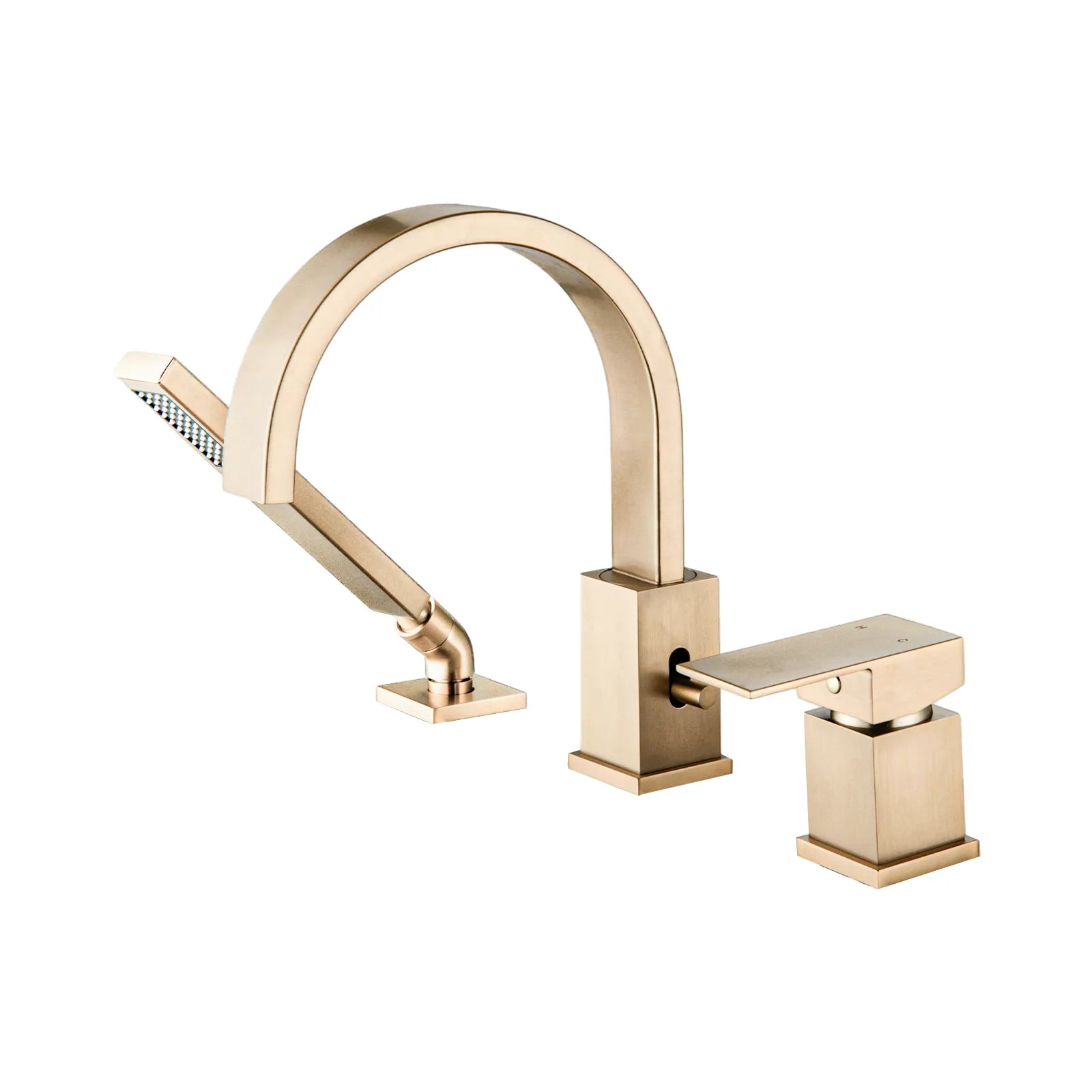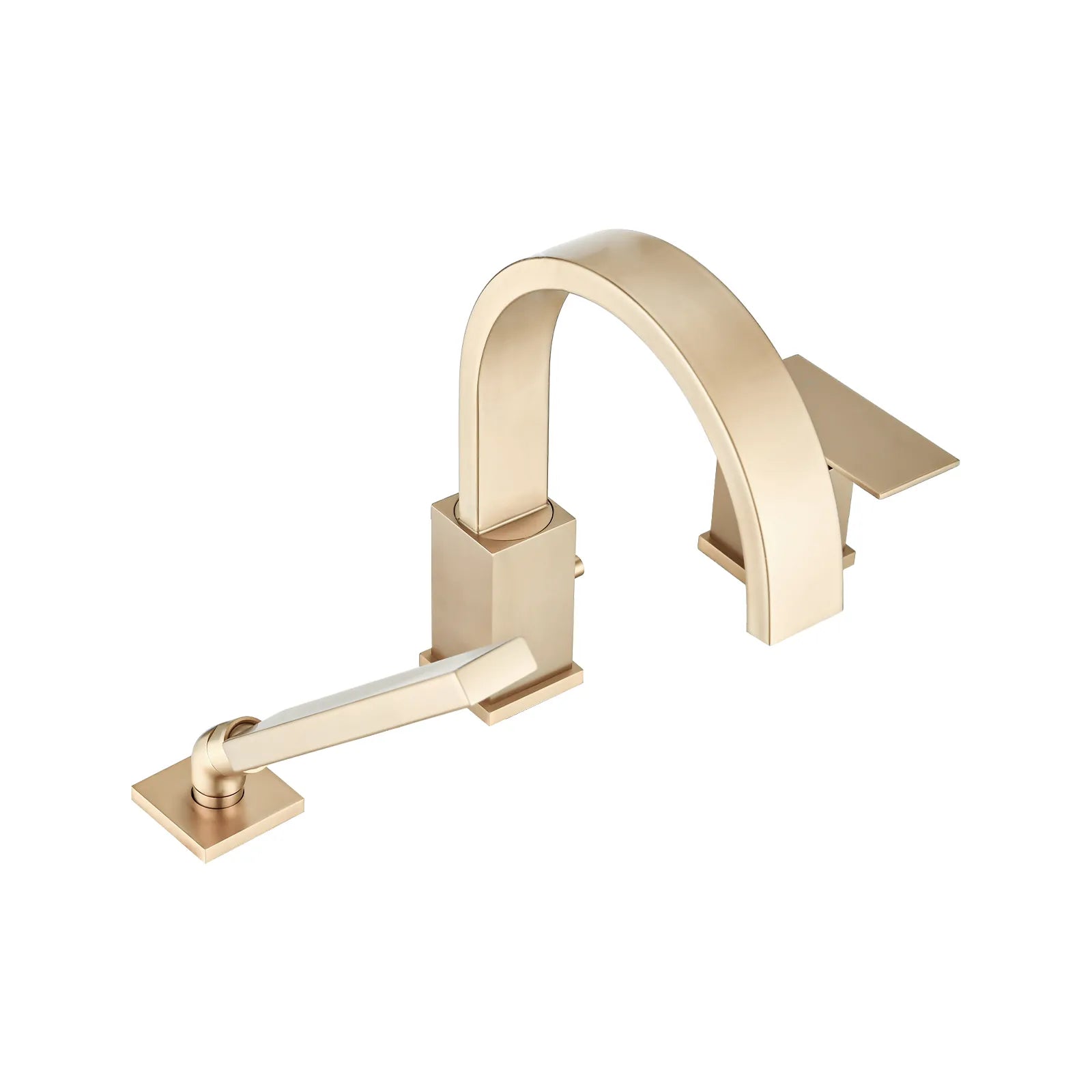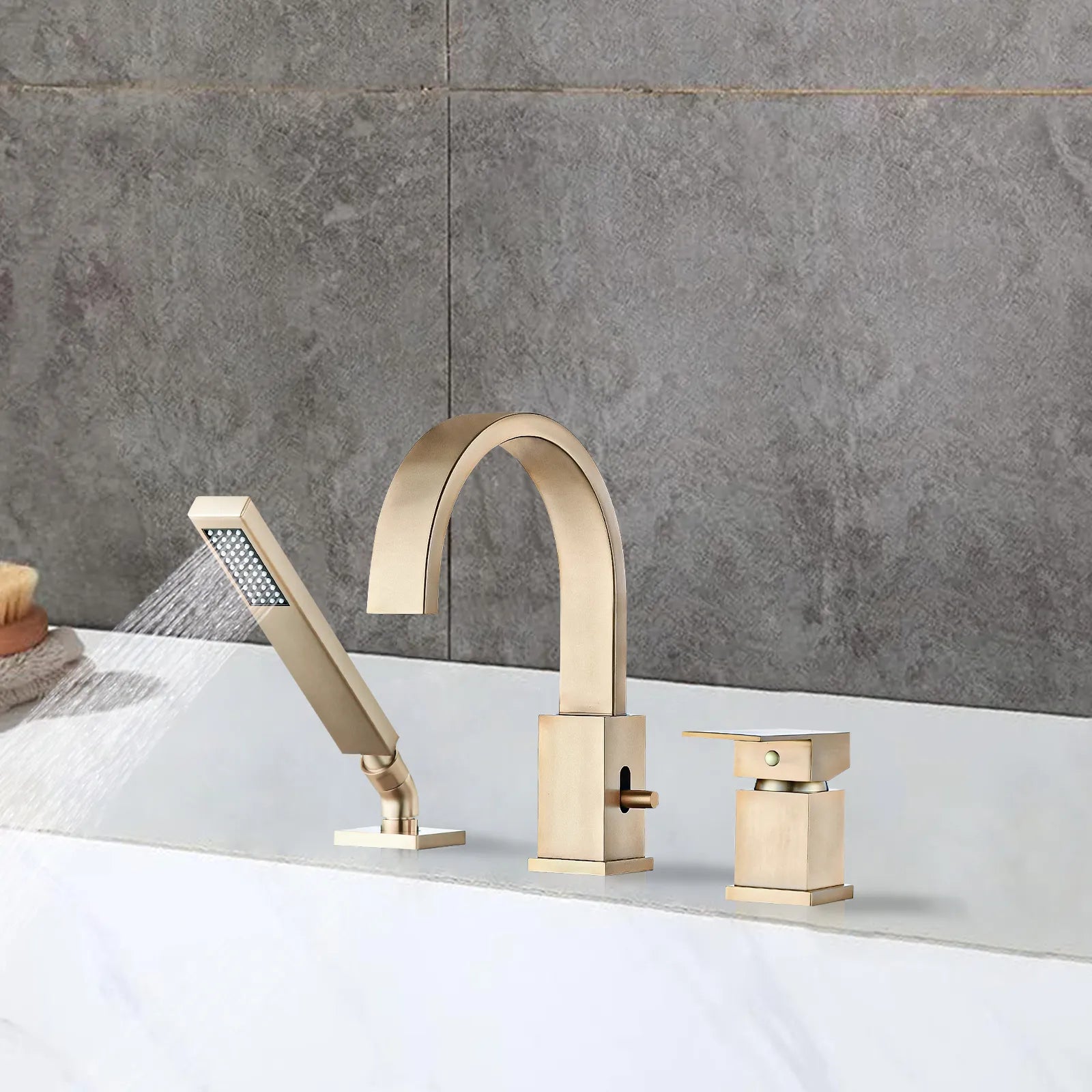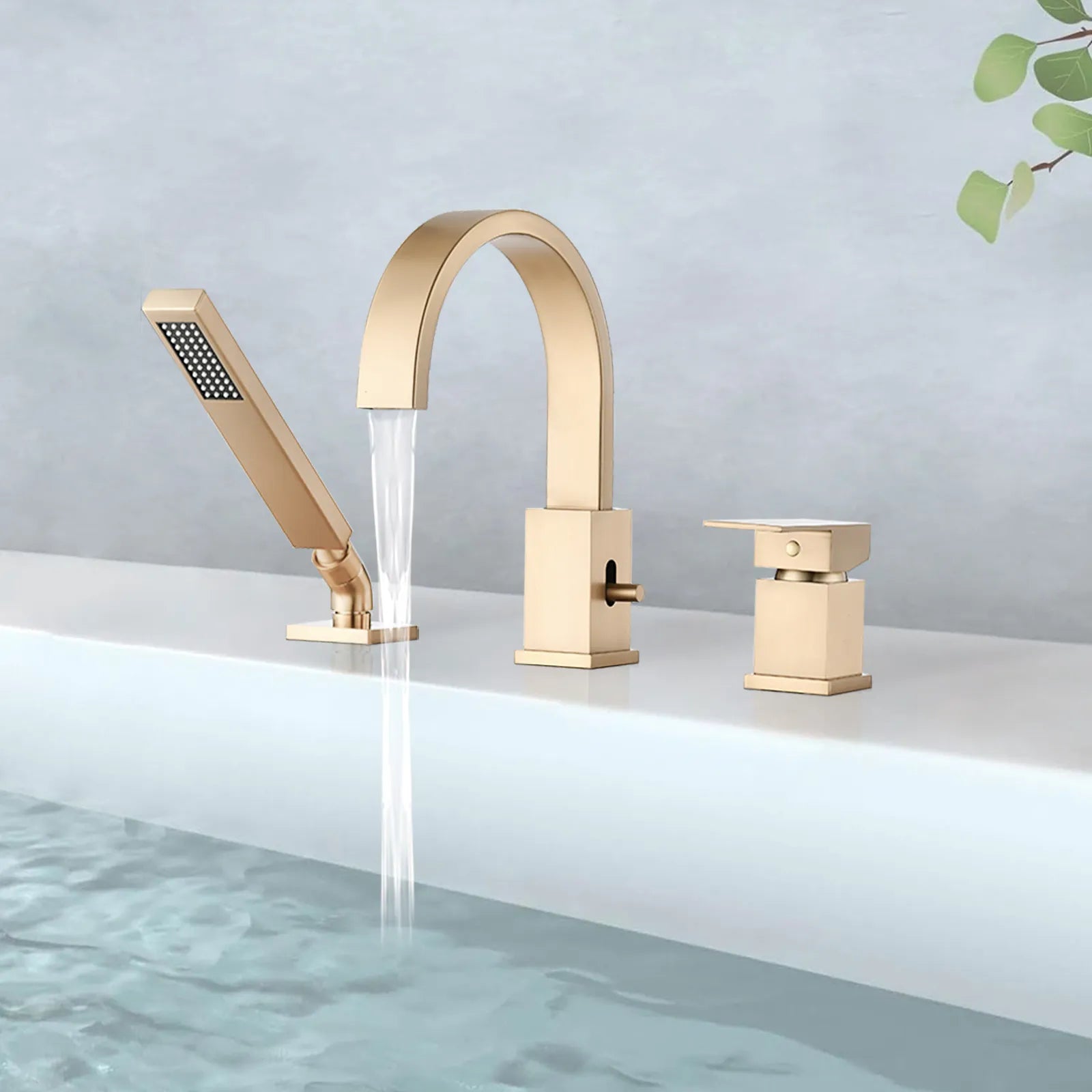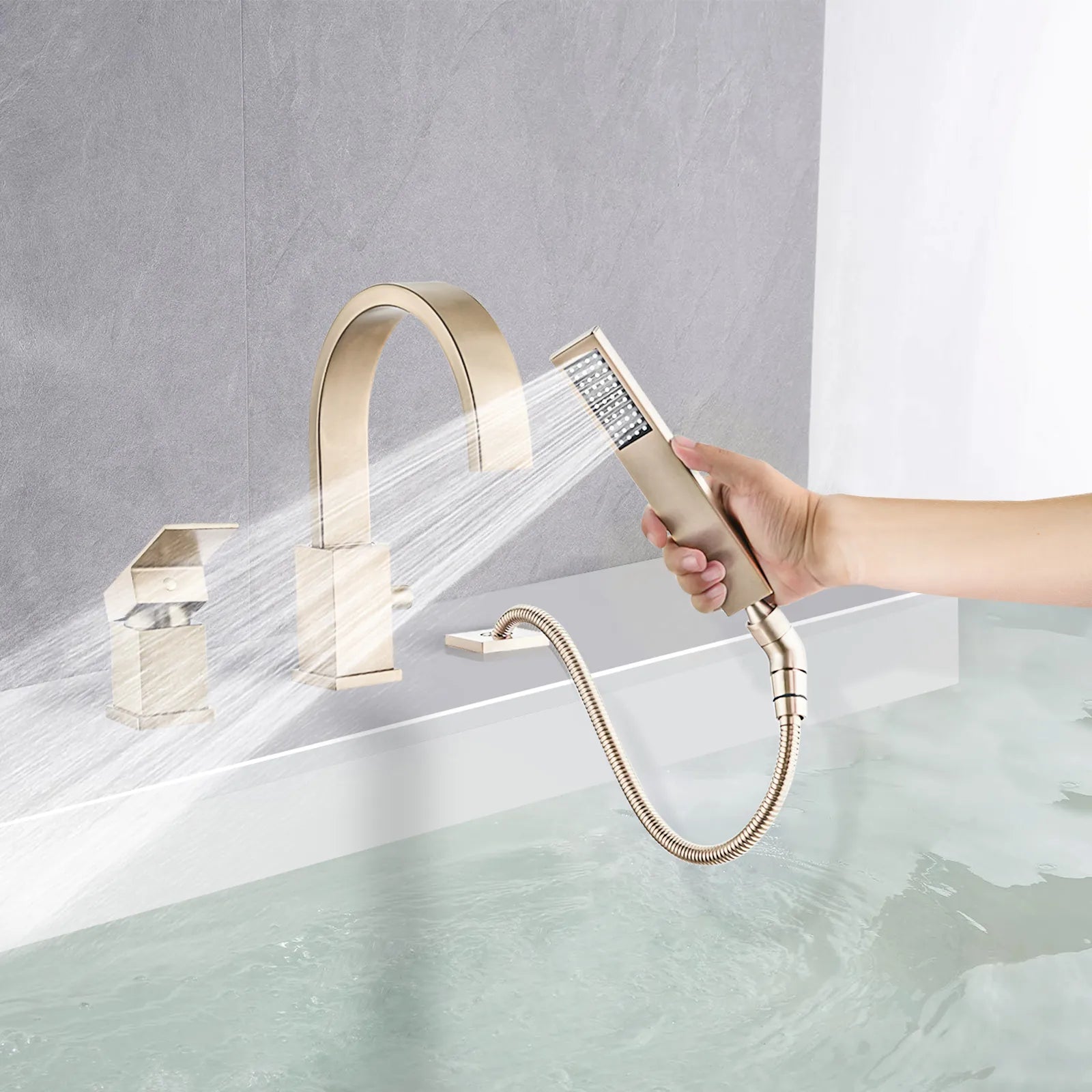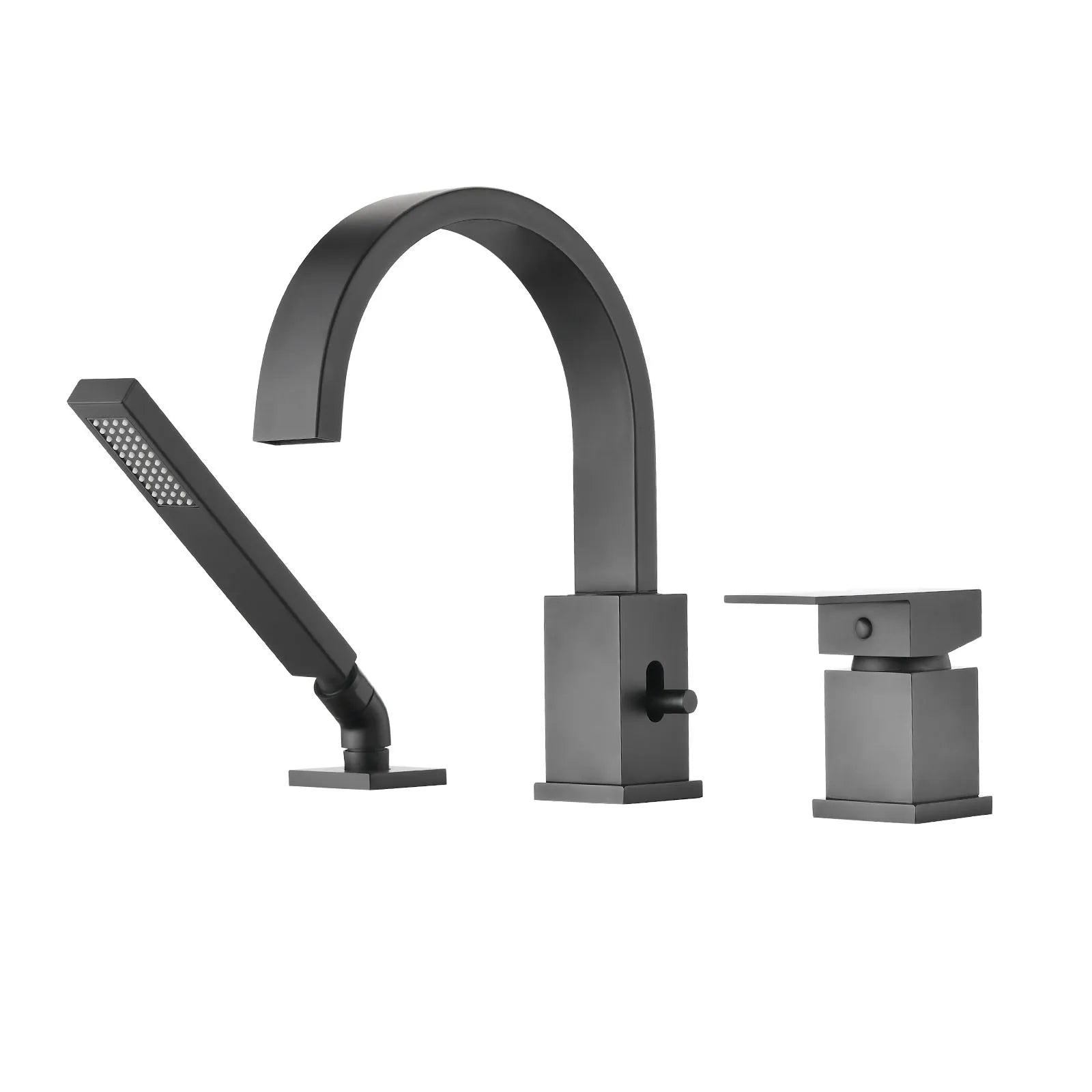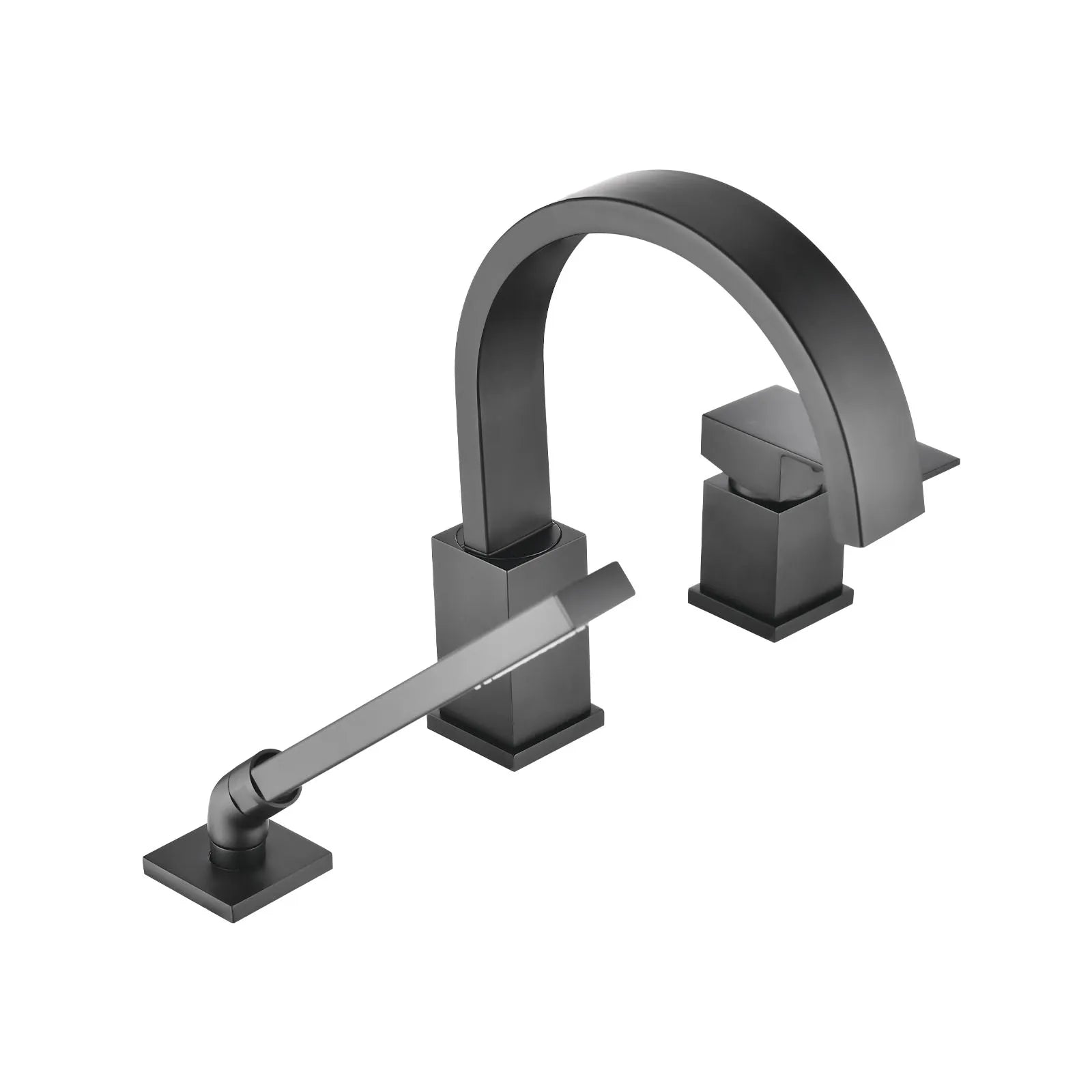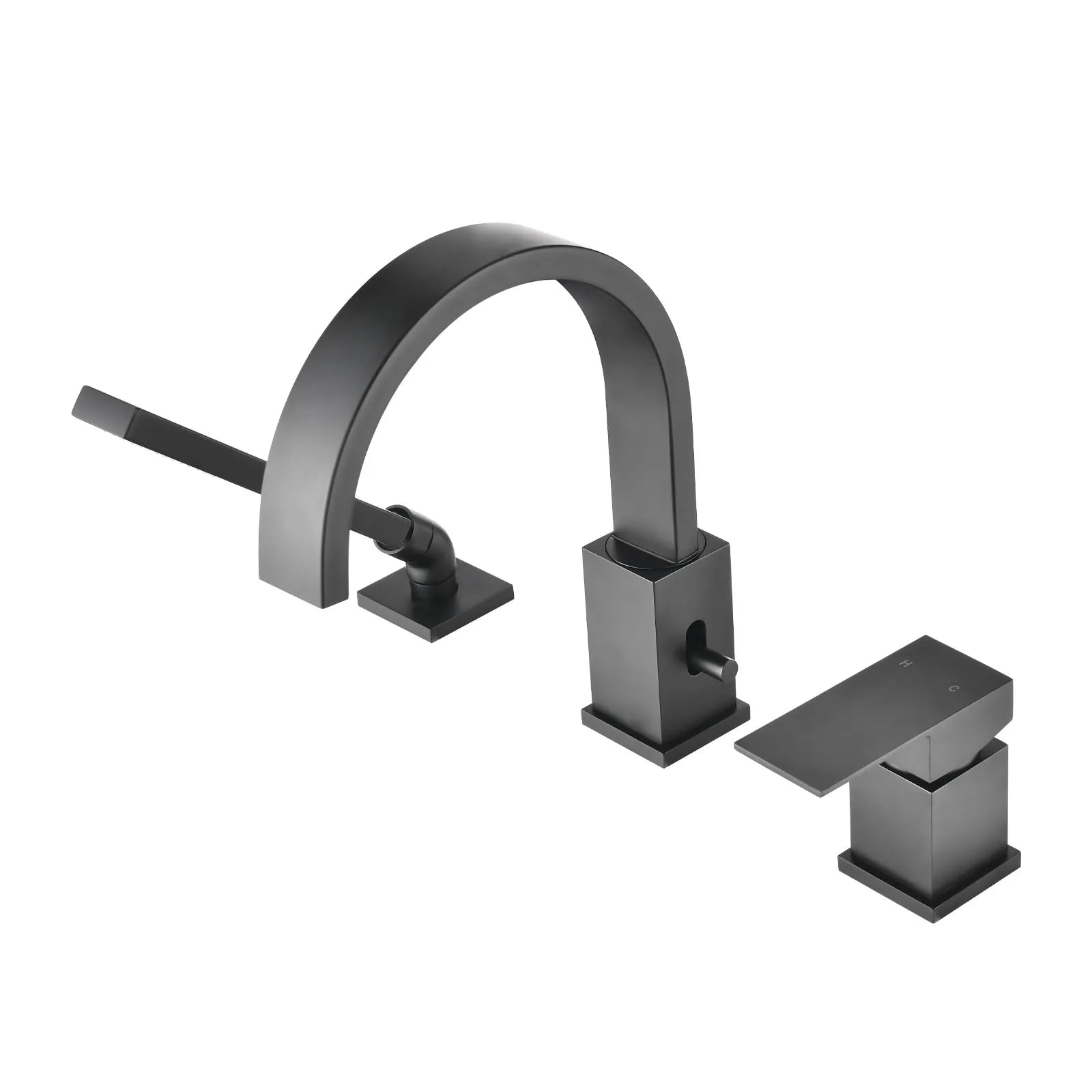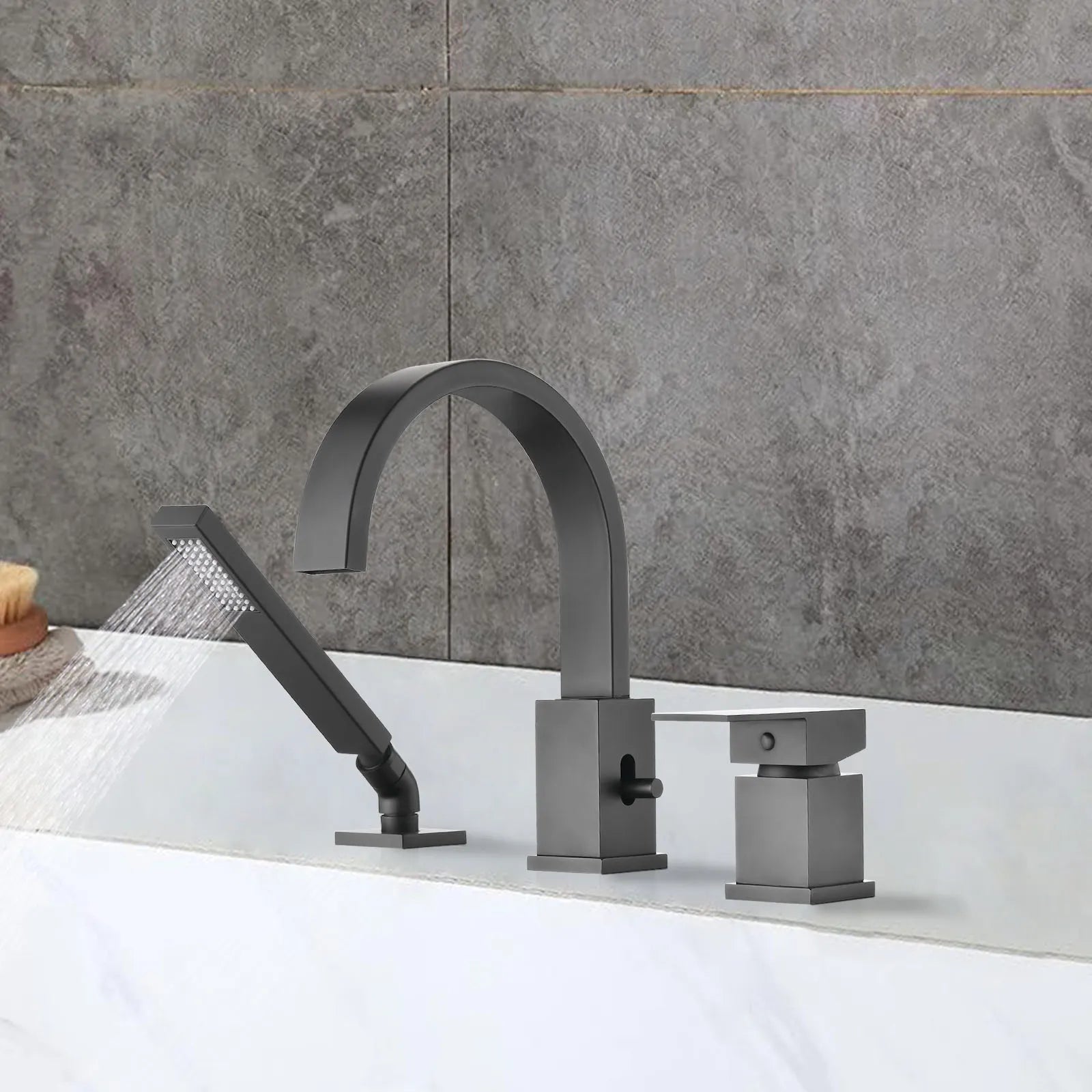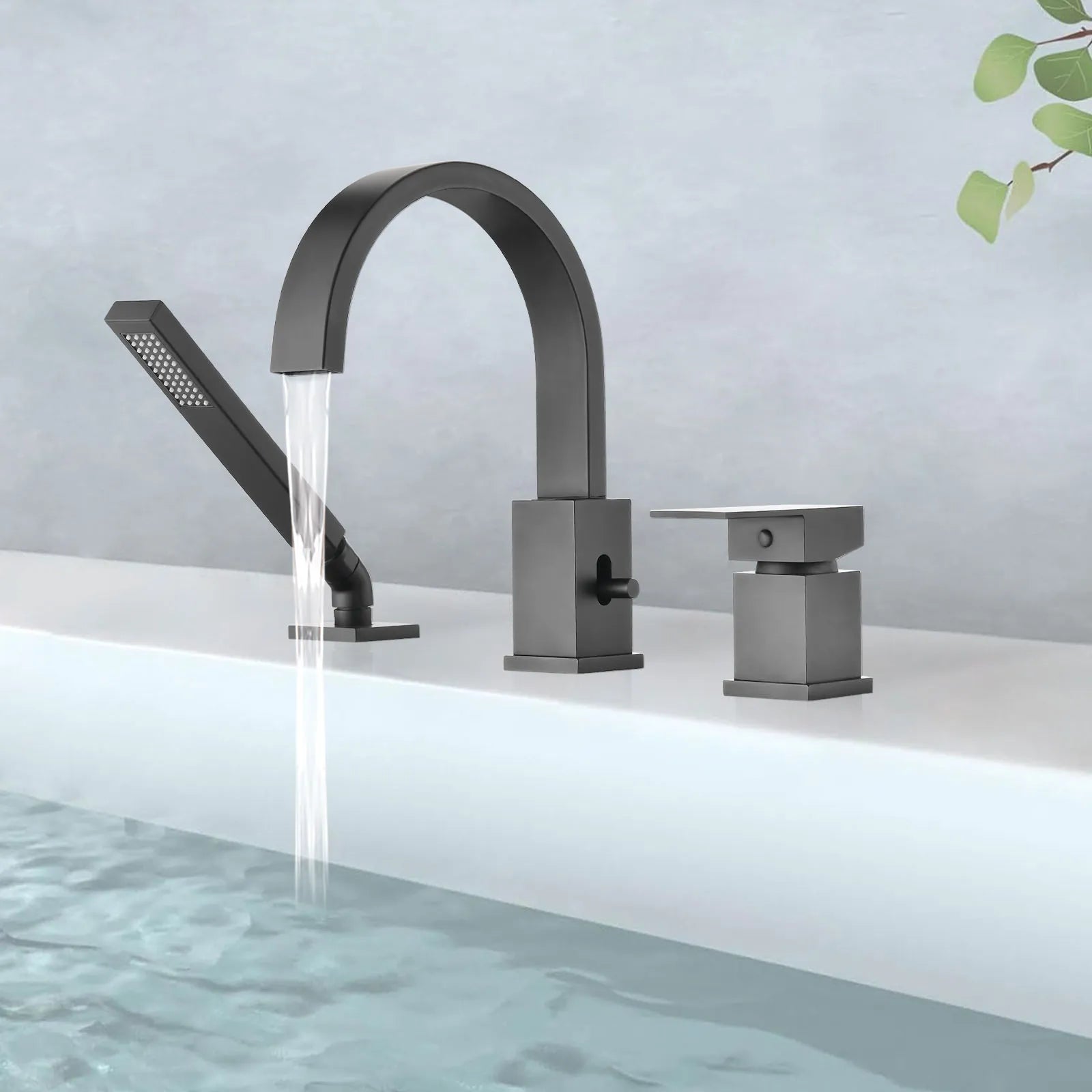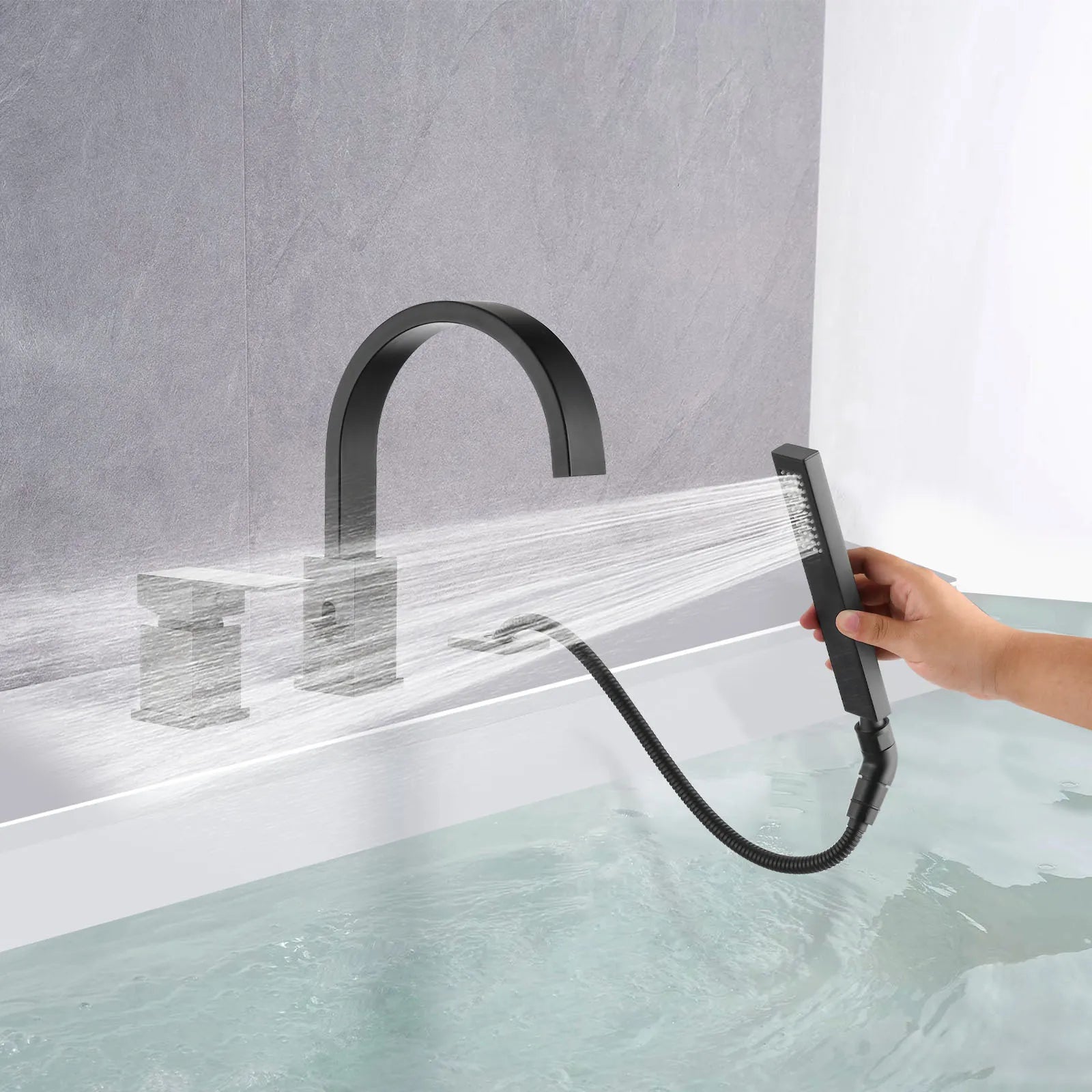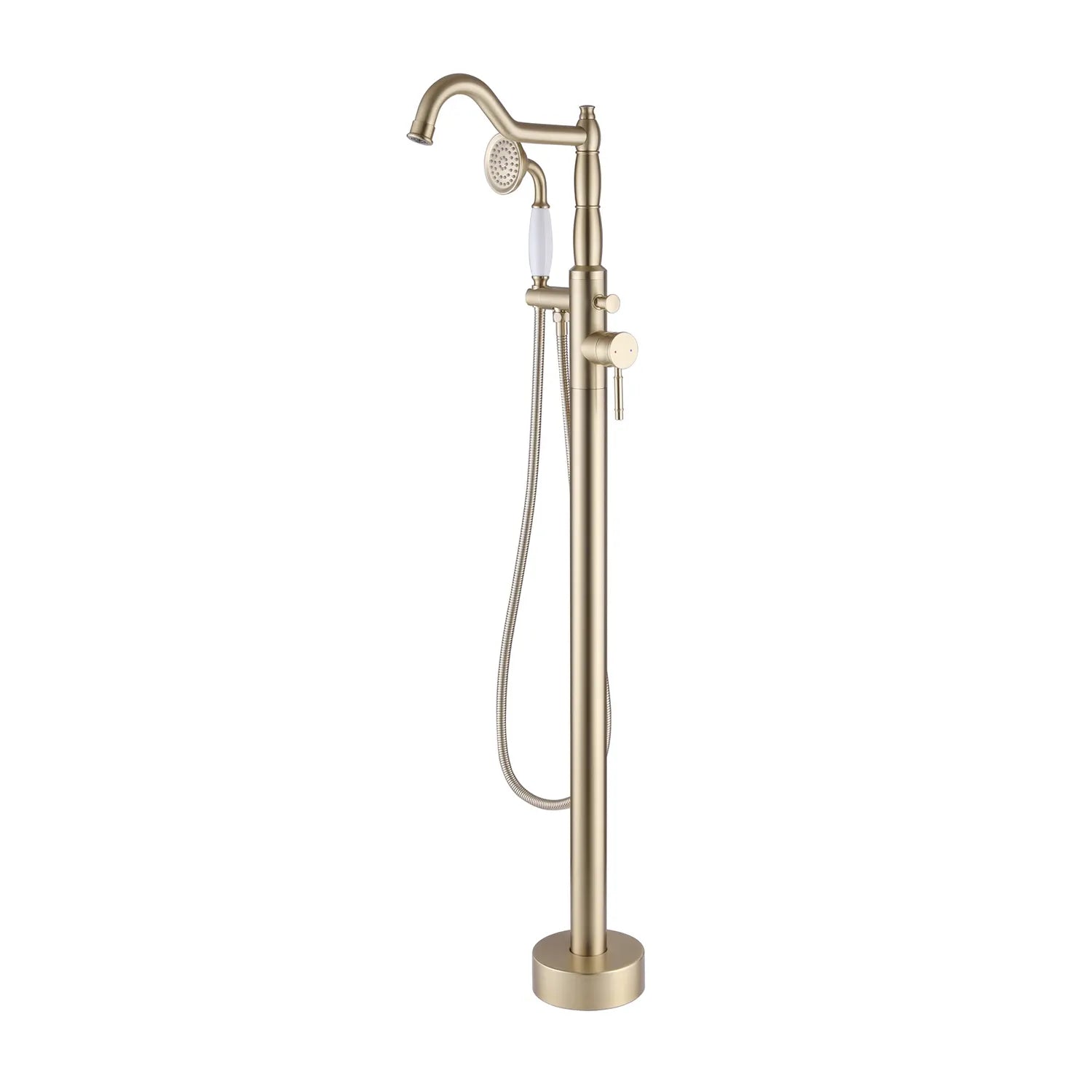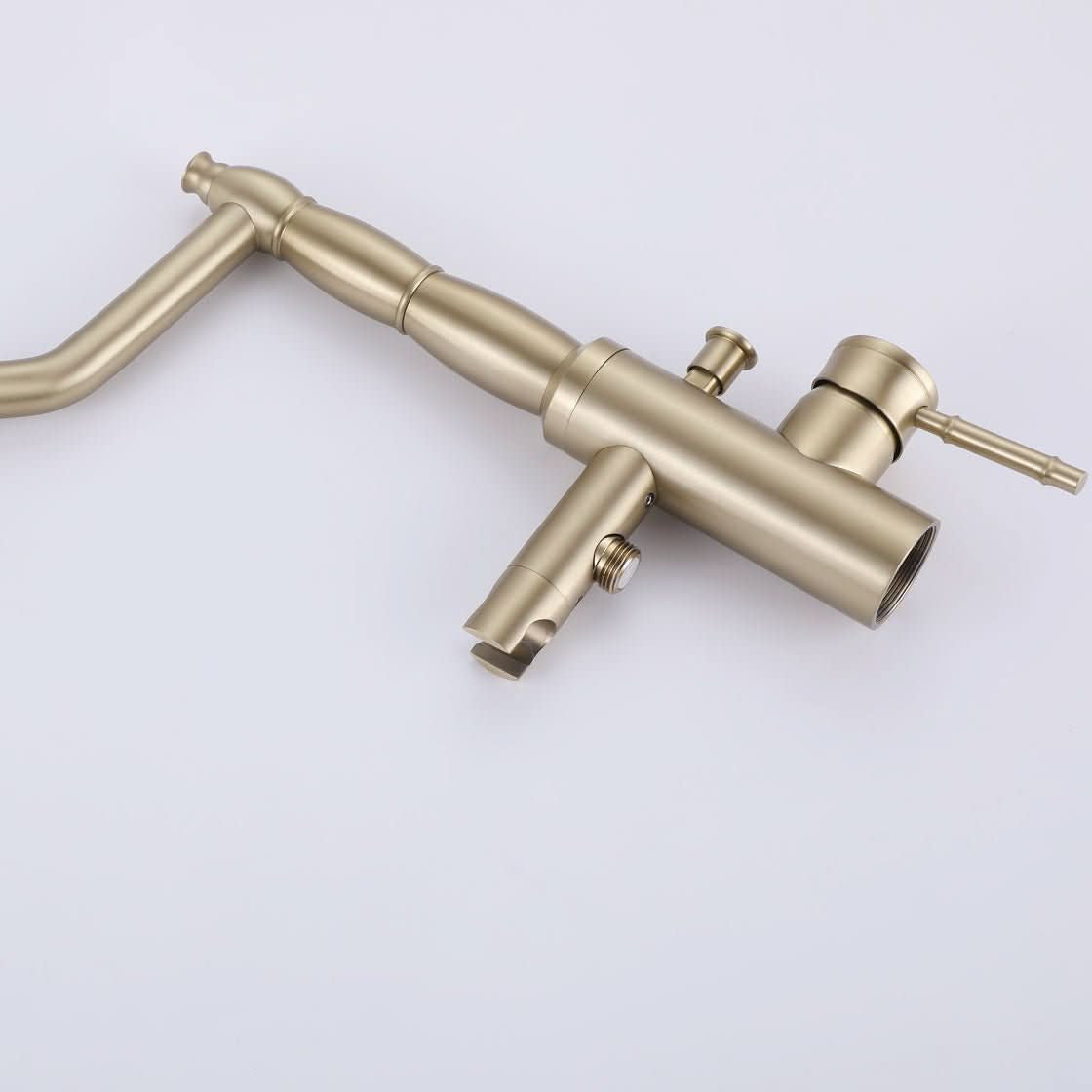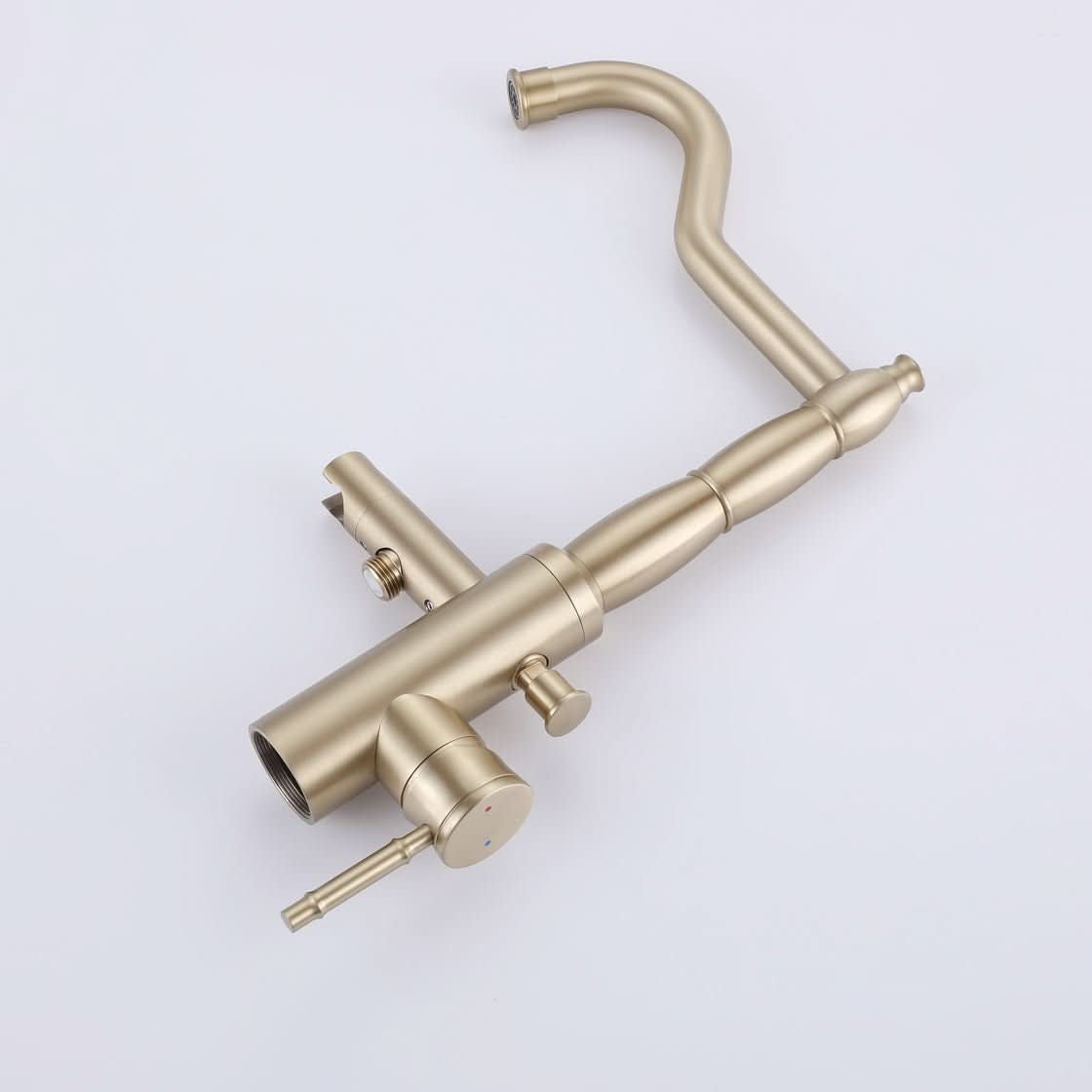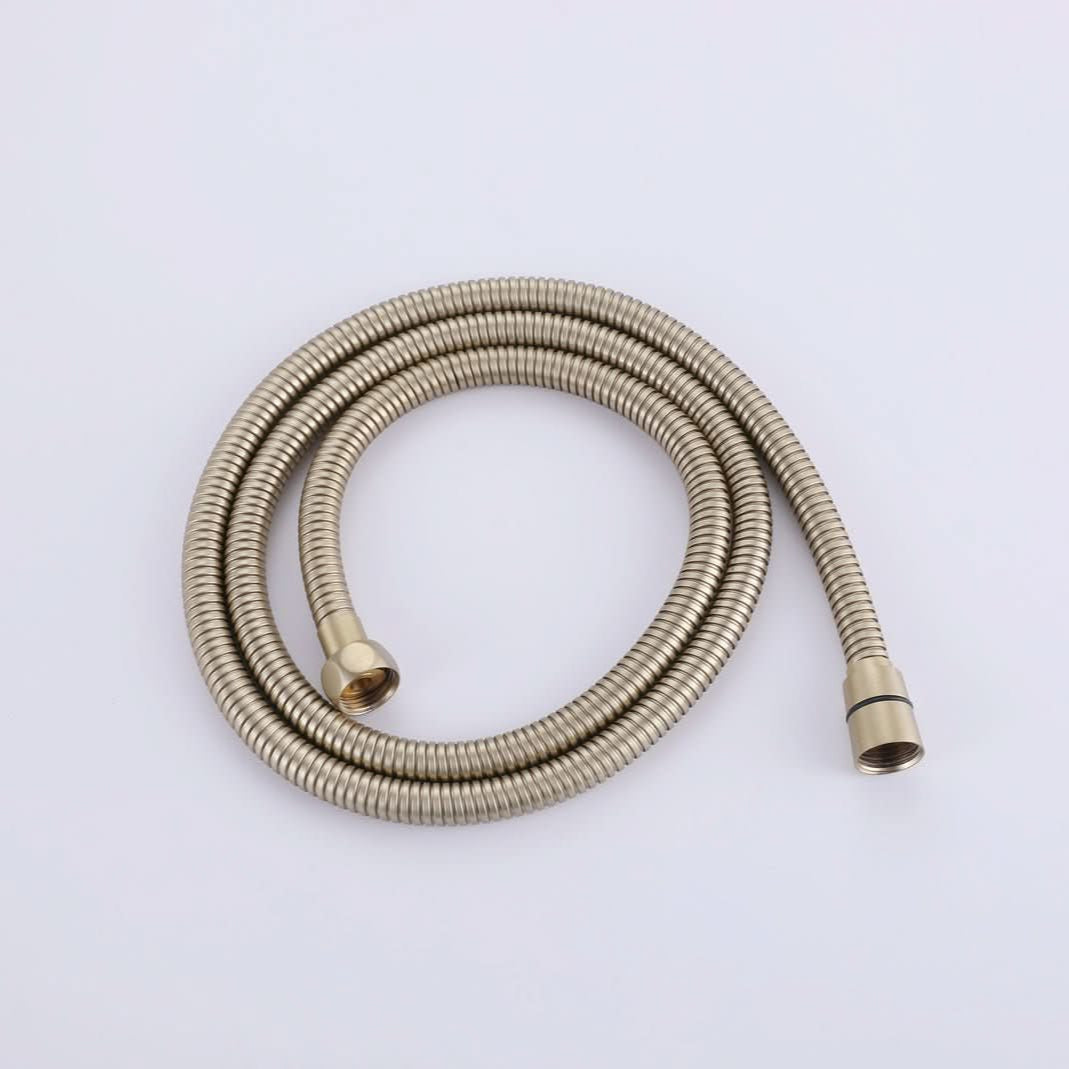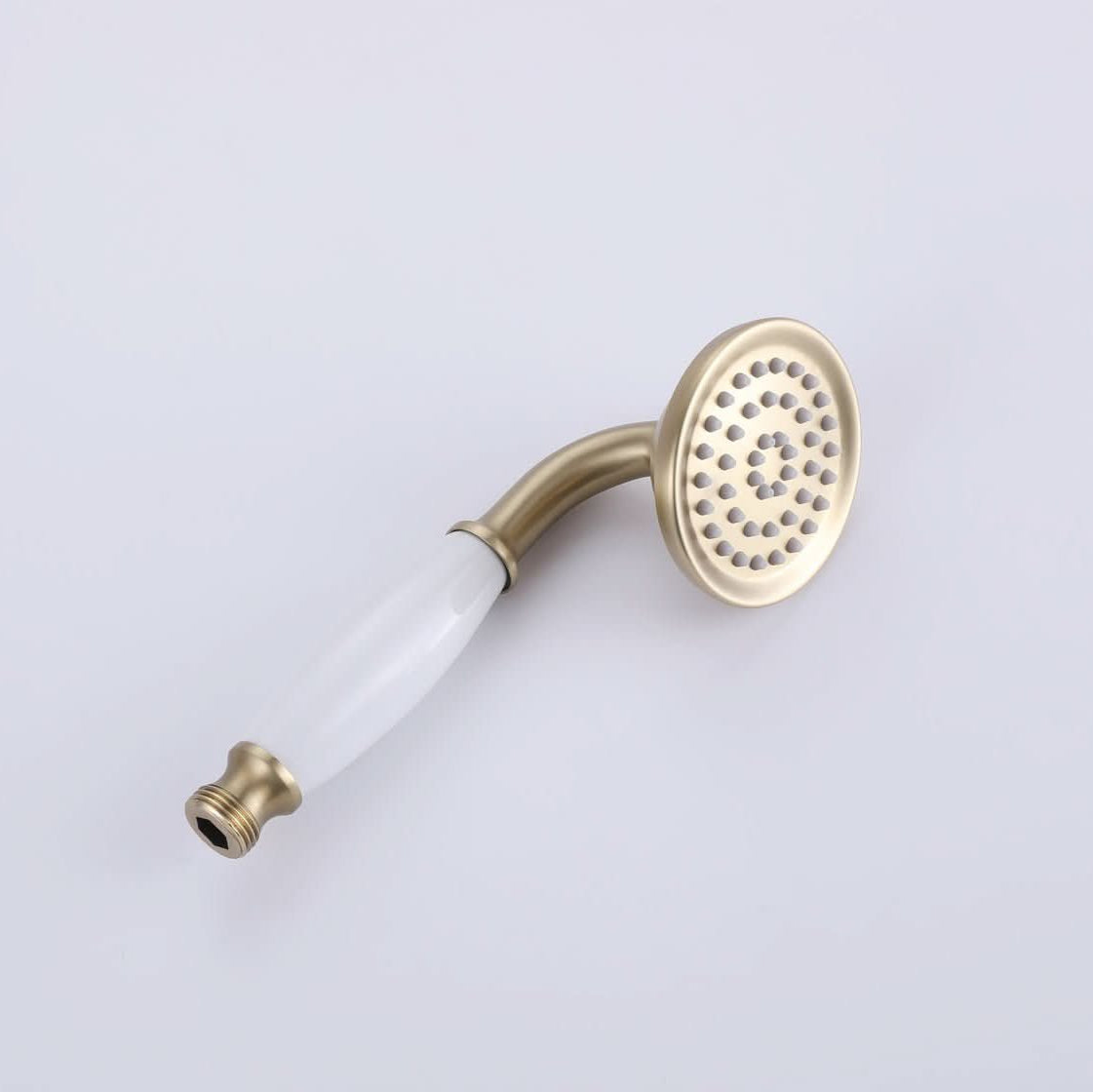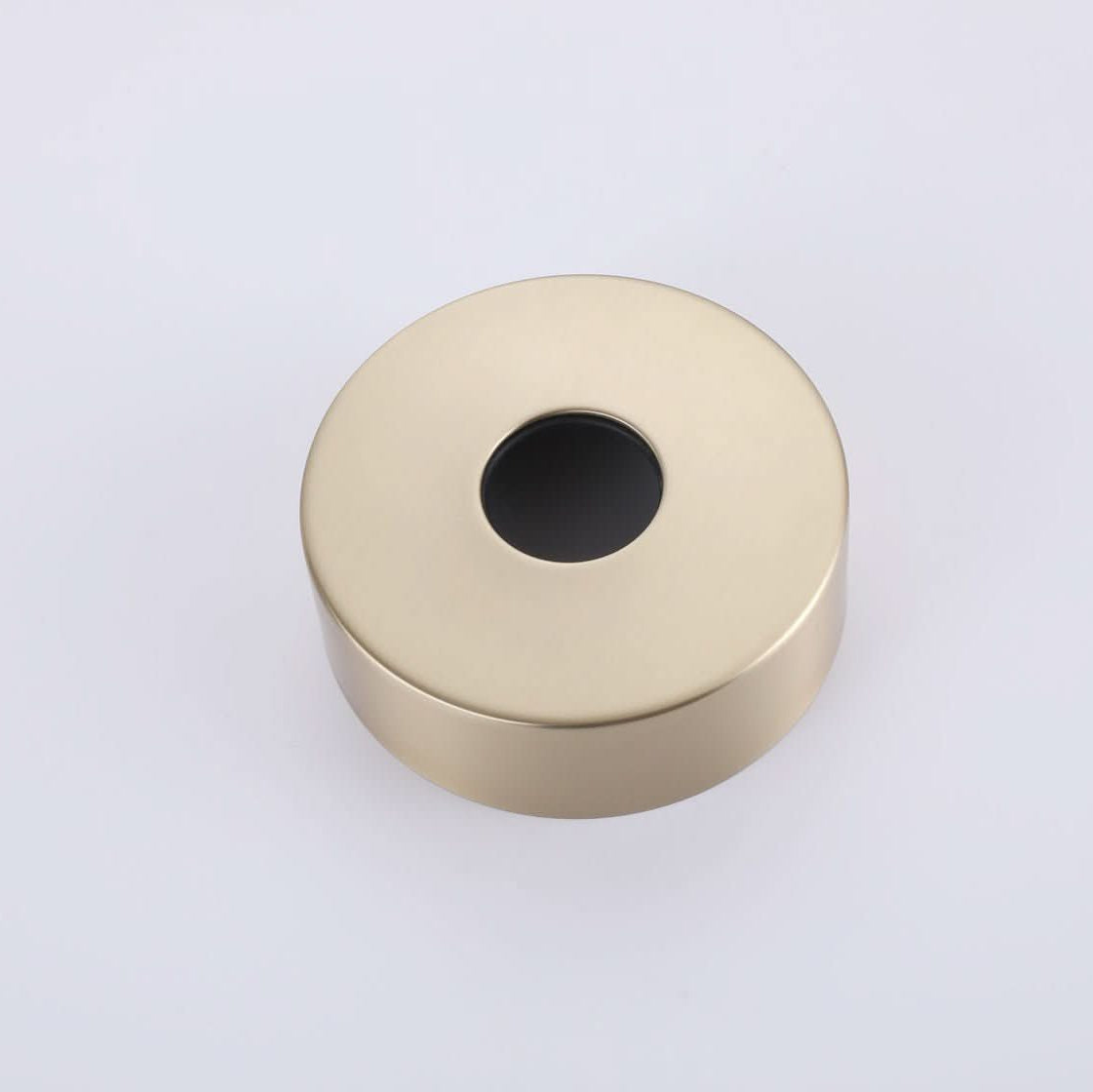Introduction
If every bath feels like a guessing game for the right temperature, you’re not alone. Many homes still rely on the classic 3-handle bathtub and shower faucet — one for hot, one for cold, and the middle for the shower. It may look simple, but it often leads to uneven pressure, fluctuating temperatures, and tricky maintenance.
So, is it still worth keeping this system? And if you’re upgrading, does it mean tearing down the wall? In this guide, we’ll walk you through the key considerations, installation tips, and smarter replacement options to help you find the perfect balance between comfort and practicality.
Table of Contents:
- What Is a 3-Handle Bathtub and Shower Faucet?
- Key Considerations Before Installation
- Tools and Materials You’ll Need
- DIY or Hire a Pro? Installation Difficulty Explained
- Basic Installation Steps
- Better Alternatives to 3-Handle Bathtub and Shower Faucet
- Maintenance Tips for Long-Term Use
- Conclusion
- Enhance Your Bathtub Experience with Ace Decor Bathtub Doors
- FAQ
- Related Articles
1. What Is a 3-Handle Bathtub and Shower Faucet?
A 3-handle bathtub and shower faucet is an old fashioned plumbing configuration consisting of three separate controls — one for hot water, one for cold water, and a middle handle that diverts the water between the tub spout and the showerhead. This design can be found in most bathrooms constructed in the mid-20th century homes of America and still are discovered today.
2. Key Considerations Before Installation
Take a look at the existing wall and plumbing layout to make sure your 3 handle shower faucet replacement can work with your new valve or trim kit.
-
Type of wall: Make sure whether your wall would allow you to use a drill to make changes. Particularly, ceramic tiles & natural stone usually needs the right tools and qprofessionals to do the job.
-
Plumbing Layout: You need to take into account if your current water lines and valve connections will be able to accommodate your new faucet or valve body.
-
Hole Spacing: Most 3-handle standard setups will have 8 inches between their holes center to center. Make sure to measure this up before buying a replacement kit.
If you're just changing the face of things and will continue using the same 3-handle set up, you'll find that most major brands offer trim kits for fast, simple upgrades without the need to get into the plumbing behind the wall.

3. Tools and Materials You’ll Need
Before you start, make sure you have the right tools and materials on hand. Having everything ready not only makes the job smoother but also helps you avoid mid-project surprises.
Essential Tools
-
Adjustable wrench or basin wrench
-
Phillips and flathead screwdrivers
-
Plumber’s tape (Teflon tape)
-
Utility knife or putty knife
-
Drill with tile bit (if wall modification is needed)
-
Level and measuring tape
-
Bucket and towels (for draining water)
Replacement Materials
-
New 3-handle bathtub and shower faucet or trim kit
-
Silicone sealant or plumber’s putty
-
Valve body (if doing a full replacement)
-
Rubber gaskets and washers
-
Optional: New escutcheon plates or decorative covers
Lay all tools and parts on a towel next to the bathtub before starting. This setup helps you visualize each step and reduces the chance of missing a part mid-installation.
4. DIY or Hire a Pro? Installation Difficulty Explained
A 3 handle shower faucet replacement is often pretty straightforward when changing parts of the exterior that can be simplified via DIY, but it typically requires a pro when the valve body or water lines are altered.
When DIY Is Reasonable
You can likely handle the project yourself if:
-
The existing valve and plumbing are still in good condition.
-
You’re only swapping out trim parts (handles, plates, or spout).
-
The wall is made of drywall or an easily removable access panel.
-
You have basic plumbing skills and the right tools.
When to Call a Professional
It’s best to hire a licensed plumber if:
-
The valve body or diverter needs to be replaced.
-
You’re upgrading to a thermostatic or single-handle system, which requires modifying the water lines.
-
The wall surface is tile, stone, or another hard-to-cut material.
According to HomeAdvisor and Angi (2024), labor for replacing a shower faucet typically costs $300–$800, while a full valve replacement or system conversion can reach $1,000 or more, depending on wall access and plumbing layout.

5. Basic Installation Steps
Replacing a 3-handle bathtub and shower faucet involves working both on the wall surface and inside the plumbing cavity. Below is a simplified outline of the standard wall-mounted installation process.
Step 1: Shut Off the Water Supply
Locate and turn off the main water valve. Open the bathtub faucet to release any remaining pressure in the pipes before starting.
Step 2: Remove the Old Assembly of the Faucet
Remove the handles, escutcheon plates, and spout. Using a basin wrench or, if needed, a screwdriver. After removing it, carefully extract the old valve body and remember their connection into the pipes for next reference.
Step 3: Measurements and Compatibility Checks
As you prepare to install a new faucet, confirm with your new valve body what center-to-center hole spacing (typically 8 inches) and pipe connections you require. Otherwise, you may need to do a bit of pipe adaptation or have an adapter.
Step 4: Install the New Valve Body
Secure the new valve in place using the appropriate fittings — either soldered copper, threaded brass, or PEX connections depending on your home’s plumbing type. Ensure the valve is level and firmly mounted before sealing the wall.
Step 5: Perform a Leak Test
Turn on the water supply slowly and inspect all joints for leaks. Apply plumber’s tape or re-solder if necessary. Once no leaks are detected, proceed with sealing and finishing.
Step 6: Reinstall the Trim and Handles
Apply silicone sealant around the escutcheon plates to prevent water seepage. Attach handles and spout, ensuring all controls align evenly and move smoothly.
Pro Tip: Precise alignment is key. Even a slight tilt in the valve body can cause handles to feel uneven or water to flow irregularly. Always double-check the level before closing the wall.

6. Better Alternatives to 3-Handle Bathtub and Shower Faucet
Sure, you can keep your 3-handle faucet, and though that may seem like the easiest solution, modern bathroom technology provides way more efficient and attractive options. In addition to simplifying temperature control, modern faucet systems also contain more features to increase safety, design, and water efficiency.
Single-handle Tub Shower Faucet
Single-handle mixer faucets are one amongst the widely selected taps for home owners who want a neat and modern update. They operate with one lever that controls both the water temperature and the amount of water flowing, which makes for an easy use and less chance of a sudden water temperature change. They also offer a modern and minimalist aesthetic that seamlessly blends into contemporary bathroom designs. If your wall already has three openings, using a conversion trim kit can easily cover up those additional holes and save you the hassle of having to rebuild the entire wall.
Thermostatic Valve Systems
For families that value comfort and safety above all, thermostatic systems are an excellent choice. These faucets automatically maintain a steady water temperature, preventing the sudden shifts between hot and cold that can occur with older setups. Although they come at a higher cost and require professional installation, the long-term comfort and energy efficiency are well worth it.
For example, the FLUNIX Series Tub Faucet Set with Hand Shower from Ace Decor combines durable brass construction, a striking chrome finish, and a smooth waterfall flow — giving your bathtub an elegant, spa-like feel while offering precise temperature control.
7. Maintenance Tips for Long-Term Use
With proper care, even an older 3-handle bathtub and shower faucet can deliver reliable performance for a decade or more. Consistent maintenance not only extends the life of the fixture but also keeps your daily showers safe and enjoyable.
-
Inspect water flow and pressure regularly. Every six months, turn on both hot and cold handles to check for weak pressure or uneven temperature. These signs may indicate mineral buildup or internal valve wear.
-
Replace washers and gaskets periodically. Small rubber parts naturally degrade over time. Swapping them out every 1–2 years helps prevent dripping, leaking, and unnecessary water waste.
-
Keep metal parts clean and dry. After each use, wipe down the handles and spout with a soft cloth. Avoid harsh cleaners that can damage chrome or brass finishes — mild soap and water are usually enough.
-
Upgrade small safety features when possible. Installing check valves or temperature limiters can greatly improve comfort and prevent sudden temperature spikes, especially useful in homes with children or elderly family members.
Regular inspections after a 3 handle tub shower faucet replacement help detect early leaks, maintain steady pressure, and extend the system’s lifespan.

8. Conclusion
Though the 3-handle bathtub and shower faucet has a long history, it still holds practical value—especially for those who appreciate a vintage look and want to avoid major plumbing renovations. With regular maintenance, it can remain a stable and functional part of your bathroom for years.
However, if you’re seeking smoother temperature control, a cleaner modern design, or enhanced safety, exploring a 3 handle shower faucet replacement with an upgraded system is a smart investment. Balancing your budget, household needs, and style preferences will help you find the ideal setup for lasting comfort.
After all, everyday comfort begins with something as simple—and essential—as getting the perfect water temperature.
9. Enhance Your Bathtub Experience with Ace Decor Bathtub Doors
Upgrading your faucet is just one part of creating a comfortable and stylish bath space. To complete the look and function of your bathtub shower combo, consider adding a high-quality bathtub door from Ace Decor.
Our collection features tempered glass sliding and hinged doors designed to fit a wide range of tub sizes and layouts. The minimalist frames, smooth-glide tracks, and water-sealing edges not only prevent splashes but also give your bathroom a clean, open feel.
10. FAQ
Q1. Can I replace a 3-handle bathtub faucet with a single-handle model?
Q2. How much does it cost to replace a 3-handle bathtub and shower faucet?
Q3. Do I need to replace the valve when changing the faucet trim?
Q4. How long does a 3-handle faucet usually last?
Q5. What’s the easiest upgrade if I don’t want to open the wall?
Bathtub Faucet Replacement Guide: How to Replace and Change Bathtub Faucet Without a Plumber
Do You Need a New Bathtub and Shower Faucet? Take This 60-Second Test
Bathtub & Shower Faucets Demystified: The Smartest Way to Soak, Rinse, and Relax
Types of Bathtub Faucet Handles: A Complete Guide for Modern Bathrooms


